Oil & Gas
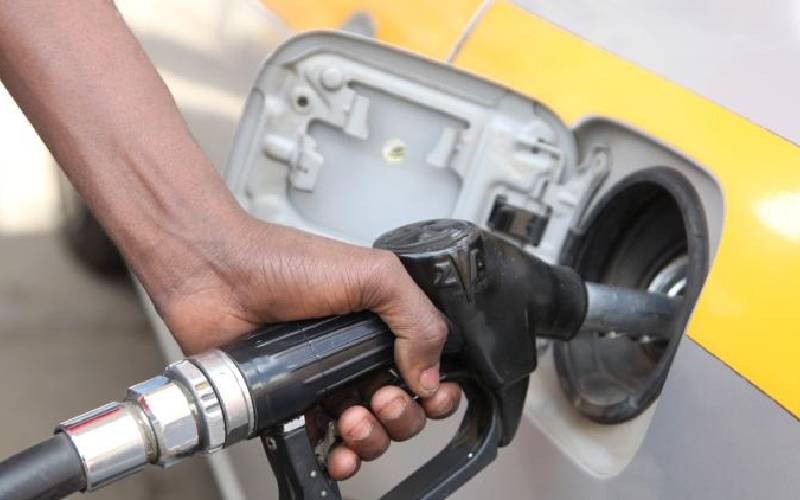
EPRA ASSURES STEADY OIL SUPPLY AMID IRAN-ISRAEL CONFLICT.
EPRA has assured Kenyans that the country has enough petroleum products to withstand any disruptions caused by the Iran-Israel conflict. The government is actively engaging with Middle Eastern suppliers to ensure a steady and secure oil supply.
- 16 hours, 37 minutes
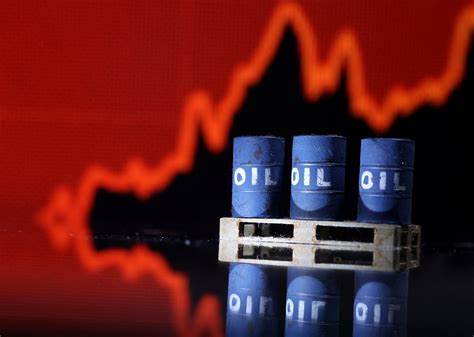
U.S. OIL PRICES RISE CAUTIOUSLY AS CEASEFIRE BETWEEN IRAN AND ISRAEL HOLDS.
Oil prices edged higher as U.S. investors digested the fragile ceasefire between Iran and Israel, with hopes that stability in the Middle East might stave off supply disruptions through key global chokepoints like the Strait of Hormuz. Following intense diplomatic pressure from President Donald Trump, both nations signaled a pause in hostilities, bringing temporary relief to markets that had surged after U.S. strikes on Iranian nuclear sites. Yet the rebound in prices remains modest, as analysts weigh the likelihood of renewed conflict against the backdrop of steady global oil supply and cautious economic fundamentals. With U.S. crude inventories showing a notable decline, traders are balancing geopolitical relief with persistent concerns over energy security, shipping risks, and demand softness all of which continue to shape short-term oil market dynamics.
- 2 days, 20 hours
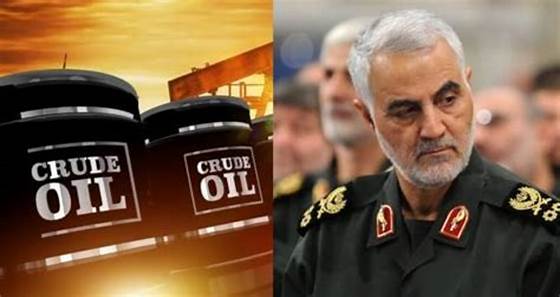
OIL TUMBLES TO OVER ONE WEEK LOWS AS TRUMP ANNOUNCES ISRAEL IRAN CEASEFIRE.
Oil prices plunged to their lowest levels in over a week after U.S. President Donald Trump announced a ceasefire agreement between Israel and Iran, offering a sudden de-escalation of tensions in the Middle East, one of the world’s most critical oil-producing regions. The diplomatic breakthrough has significantly reduced fears of immediate supply disruptions, leading to a sharp unwinding of the risk premium that had built up in oil markets over the past week. Brent and WTI crude both dropped more than 3% as investors shifted away from defensive positions and recalibrated expectations for future price movements. From a geopolitical standpoint, the ceasefire marks a turning point in a volatile regional conflict that had raised the specter of wider military involvement and potential threats to vital shipping lanes like the Strait of Hormuz. Economically, easing tensions could mean fewer disruptions to global energy supplies and lower pressure on fuel costs, which might offer relief to industries and consumers already grappling with inflation. From a business perspective, energy firms and oil traders will be closely monitoring the durability of the ceasefire, as well as potential changes in export volumes from Iran, OPEC’s third-largest producer, which could shift global supply dynamics heading into the second half of the year.
- 3 days, 20 hours
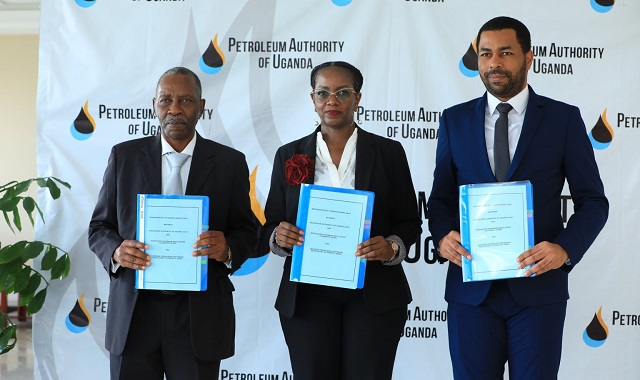
UGANDA, TANZANIA AND ZANZIBAR INK OIL PACT.
Kampala, Uganda | THE INDEPENDENT | Uganda signed a tripartite agreement with Tanzania and Zanzibar to deepen regulatory cooperation in the oil and gas sector.
- 4 days, 20 hours
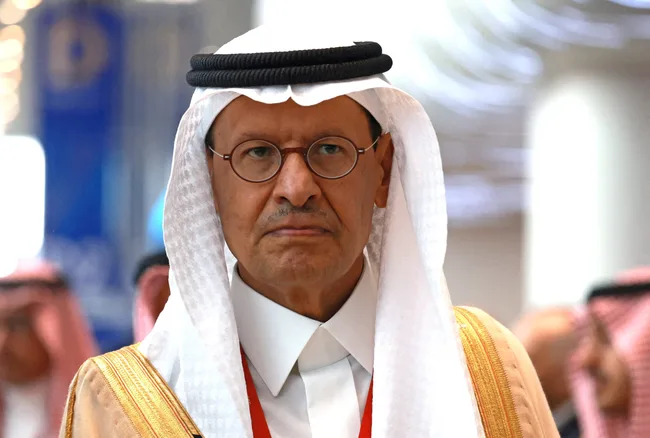
OPEC+ WILL CONTINUE UNWINDING CUTS DESPITE IRAN-ISRAEL WAR.
Opec+ members are expected to continue unwinding 2.2 million barrels per day (bpd) of voluntary cuts and even start rolling back another 3.65 million bpd this year as the Iran-Israel war continues.
- 4 days, 21 hours
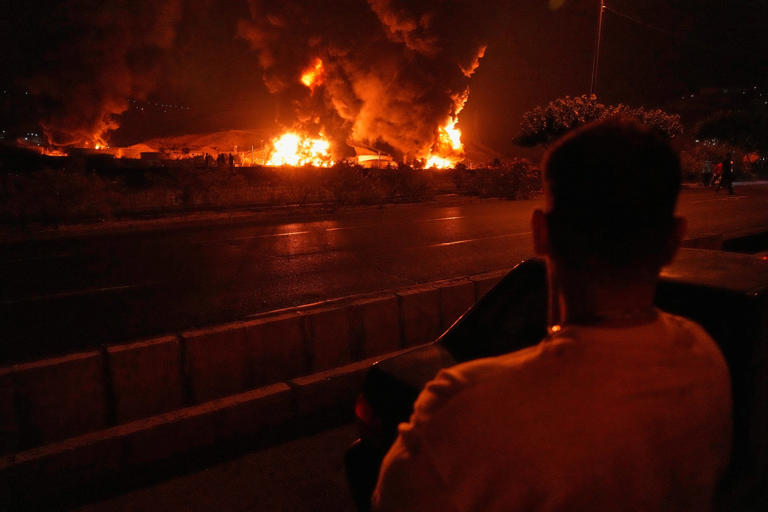
MAJOR OIL PRICE SHOCK LOOMS DUE TO ISRAEL-IRAN CONFLICT.
Motorists may want to fill up their tanks ahead of next week’s price adjustments as the escalating conflict between Israel and Iran could drive local pump prices by as much as P5 per liter next week.
- 6 days, 19 hours

HOW OIL PRICES RALLY BOOSTS CBN’S PUSH FOR HIGHER RESERVES, STABLE NAIRA.
The Central Bank of Nigeria (CBN) has ramped up efforts to strengthen foreign reserves, stabilize the naira, and boost dollar liquidity amid the ongoing rally in oil prices driven by heightened tensions between Israel and Iran.
- 6 days, 21 hours
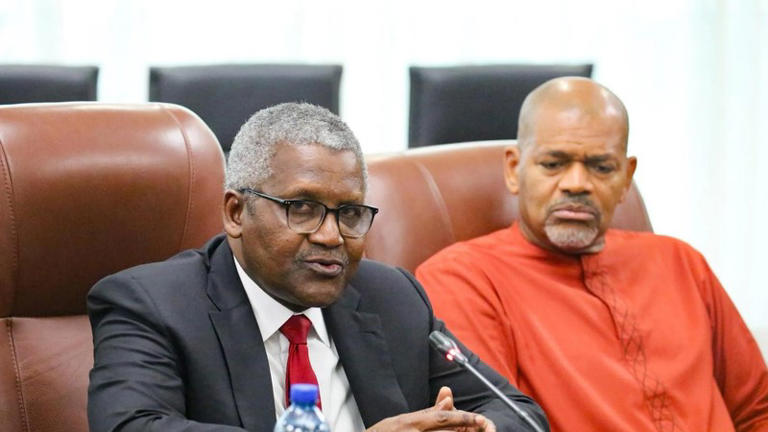
NIGERIAN OIL MAGNATE ALIKO DANGOTE LEADS AS AFRICA’S ELITE HIT RECORD-BUSTING $105 BILLION FORTUNE.
Africa's 22 billionaires saw their combined fortunes surge to a record $105 billion (R1.9 trillion) this year, up from $82.4bn held by 20 individuals last year, the Forbes 2025 Africa billionaires report showed.
- 1 week
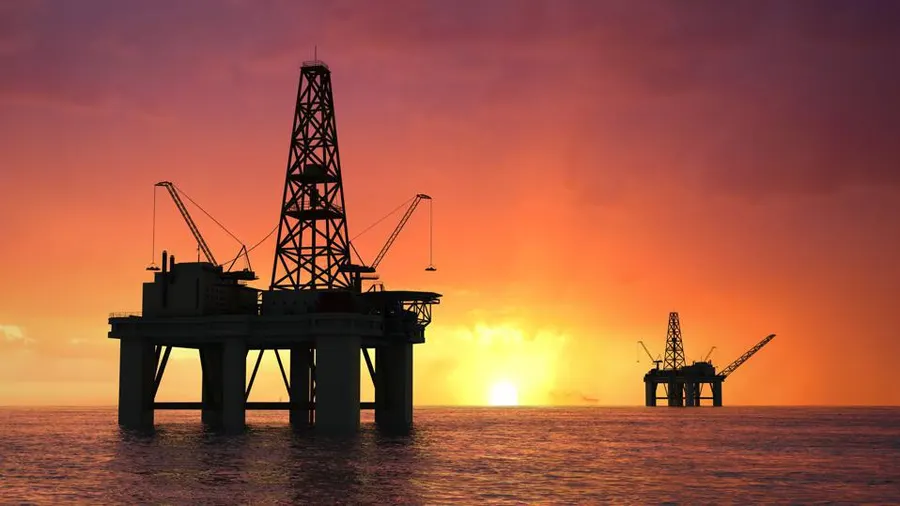
ADNOC DRILLING’S RISE IN PIONEERING ENERGY INNOVATION IN THE GCC.
ADNOC Drilling is transforming into a technology-driven energy services leader, leveraging long-term contracts and AI innovation to deliver stable returns.
- 1 week
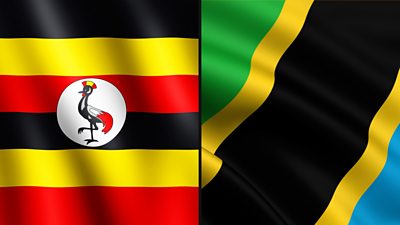
UGANDA, TANZANIA, ZANZIBAR PARTNER TO PROMOTE OIL AND GAS SECTOR’S GROWTH.
Ms Biribonwa said the MoU will help formalise collaboration in specific priority areas, including health, safety and environment, cost management and monitoring, national content promotion, and capacity building.
- 1 week, 1 day

KENYA BLOCKS ENTRY OF TANZANIAN BILLIONAIRE'S COOKING GAS OVER SAFETY STANDARDS: "UNFIT FOR USE.
Kenya blocked Lake Oil Ltd’s gas consignment due to missing odorant, declaring it unfits for use. The company has complied with KEBS’ demands and awaits final testing before market approval.
- 1 week, 1 day
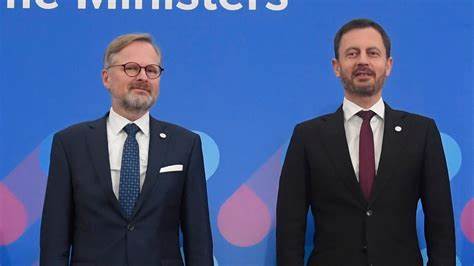
SLOVAKIA THREATENS TO BLOCK NEW EU SANCTIONS WITHOUT ENERGY SECURITY GUARANTEES
As the EU pushes ahead with its toughest sanctions yet against Russia, deep cracks are emerging within the bloc, with Slovakia vowing to block the 18th sanctions package unless urgent energy guarantees are put in place. Prime Minister Robert Fico’s warning exposes the raw tension between geopolitical ambition and economic survival, as smaller, energy-dependent nations like Slovakia and Hungary resist what they see as reckless policy moves that could cripple their economies. The European Commission’s bid to cut Moscow’s revenue streams through financial sanctions, trade restrictions, and a proposed drop in the G7 oil price cap aims to pressure the Kremlin’s war machine. But with no clear alternatives to Russian gas, oil, and nuclear fuel, countries on the economic frontlines fear industrial disruption, business losses, and a blow to their energy security. As European unity is put to the test, the clash between political ideals and economic pragmatism could shape the future of both the EU’s foreign policy and internal cohesion.
- 2 weeks, 1 day

ORYX GAS PUSHES CLEAN COOKING TO SAVE TANZANIA’S FORESTS.
Oryx Gas Tanzania marked World Environment Day by urging Tanzanians to adopt clean cooking energy and protect forests from deforestation. The company organized a school clean-up at Kisiwani Primary School, using the event to educate students on the importance of clean energy and environmental conservation.
- 2 weeks, 3 days
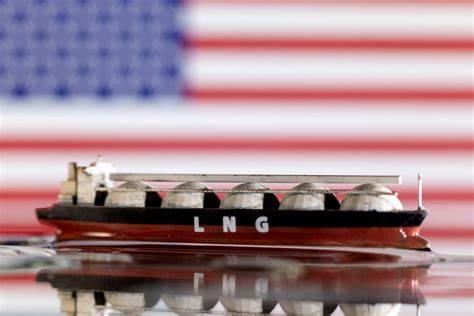
USTR BACKTRACKS ON LNG AND VEHICLE CARRIER PENALTIES IN BID TO BALANCE TRADE, SECURITY, AND INDUSTRY PRESSURES.
In a significant shift that intertwines geopolitical strategy, economic pragmatism, and business interests, the United States Trade Representative (USTR) has revised its earlier hardline stance on penalties targeting non-U.S.-built LNG tankers and vehicle carriers. Originally intended to curb China's dominance in global shipping and reinvigorate U.S. shipbuilding, the proposed rules drew sharp backlash from both the liquefied natural gas (LNG) and automotive shipping industries for threatening to raise costs and disrupt trade. The softened measures now remove penalties linked to LNG exports on non-U.S. vessels and reduce steep port fees for foreign-built car carriers, particularly those supporting military operations. These adjustments come amid mounting concern that overly aggressive trade restrictions could hurt U.S. energy exports and global competitiveness. As global economic uncertainty persists and maritime logistics remain a battleground for strategic influence, the USTR’s course correction illustrates how the U.S. is trying to strike a delicate balance between protecting national interests and maintaining strong trade flows in a highly interconnected world.
- 2 weeks, 3 days
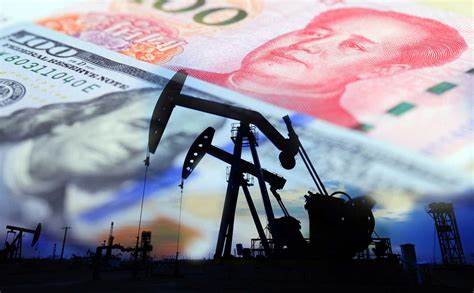
OIL PRICES CLIMB TO MULTI-WEEK HIGHS AMID US-CHINA TRADE OPTIMISM.
Oil prices surged to multi-week highs on Monday, underpinned by a complex mix of geopolitical developments, economic signals, and market sentiment. At the heart of the rally is renewed hope surrounding U.S.-China trade talks taking place in London, a diplomatic engagement that investors view as a potential turning point in strained relations between the world's two largest economies. A successful negotiation could ease global trade tensions, boost cross-border investments, and revive economic activity, particularly in energy-intensive sectors. On the business front, a weaker U.S. dollar has made oil cheaper for international buyers, spurring demand and lifting prices, while expectations of tighter market conditions have fueled speculative interest. Meanwhile, China's latest economic data has raised red flags exports have slowed, factory-gate deflation has deepened, and crude oil imports have declined signaling growing stress within its domestic economy. Yet, optimism about a trade deal continues to overshadow these concerns, with markets betting that improved diplomatic ties and coordinated global economic recovery efforts will help stabilize oil demand. As OPEC+ cautiously ramps up production, the energy sector is closely watching both political and economic shifts, which now hold the key to sustaining momentum in global oil markets.
- 2 weeks, 3 days
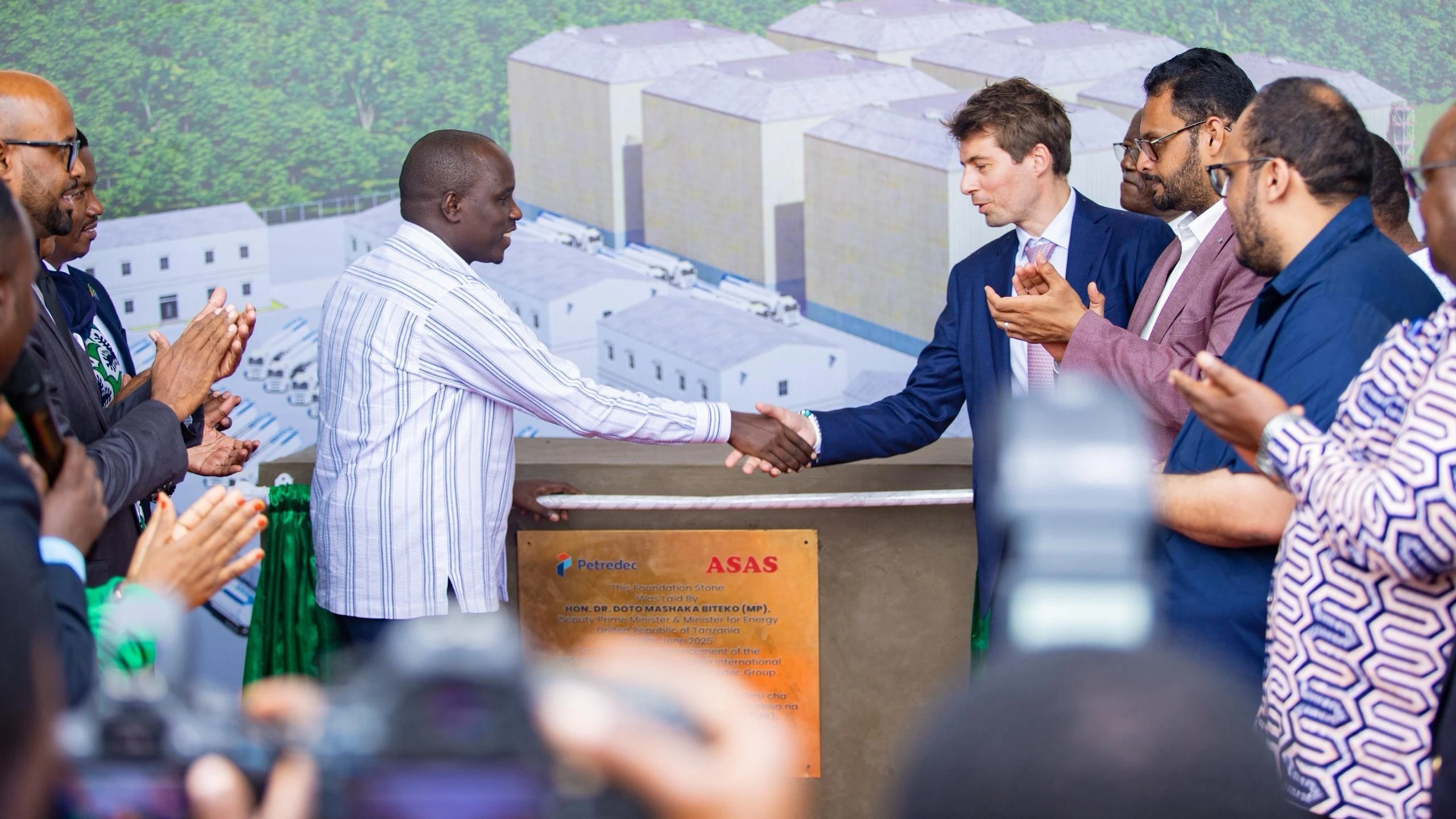
TANGA TO HOST PETREDEC, ASAS VAST LPG TERMINAL.
Petredec and ASAS have launched a $100 million LPG terminal in Tanga, Tanzania, aimed at transforming clean energy access across East Africa. The project will enhance supply, affordability, and availability of LPG, support government clean cooking goals and generating thousands of local jobs.
- 2 weeks, 4 days
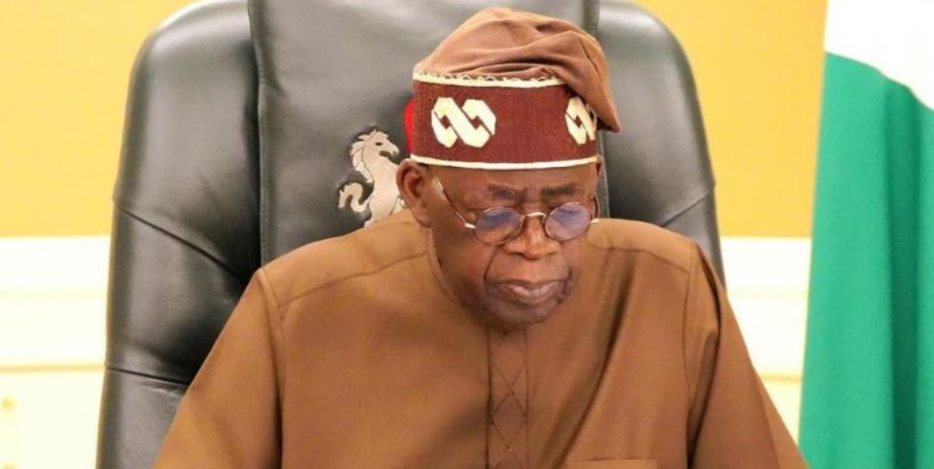
NIGERIA ISSUES UPSTREAM EXECUTIVE ORDER, PRIORITIZING HIGH RETURNS FOR OIL & GAS OPERATORS.
Nigerian President Bola Ahmed Tinubu has signed an executive order designed to lower project costs for investors while enhancing revenue from oil and gas projects.
- 2 weeks, 4 days
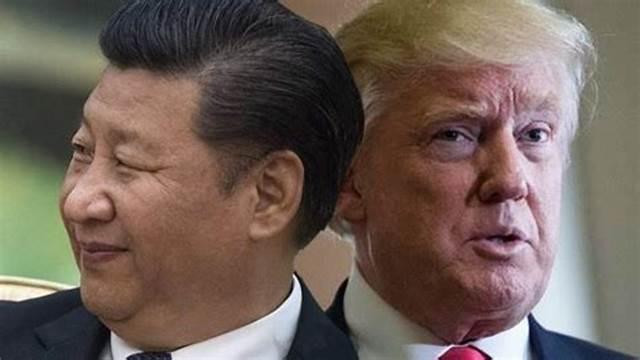
OIL PRICES WAVER AS CHINA’S ECONOMIC SLOWDOWN WEIGHS ON DEMAND WHILE TRADE DEAL HOPES OFFER SUPPORT.
Global oil markets are at a pivotal crossroads as geopolitical pressures, economic uncertainty, and evolving business strategies converge with growing intensity. Fresh U.S. Senate sanctions aimed at imposing 500% tariffs on Russian oil and gas could significantly upend global energy flows, potentially triggering supply shocks and inflationary ripple effects worldwide with American households and European allies bracing for higher costs. Simultaneously, weak economic data from China, including slowing exports and reduced crude imports, has cast a shadow over global demand prospects, just as Beijing and Washington prepare for crucial trade talks that could either revive or further dampen market optimism. On the business front, oil producers face a delicate balancing act: OPEC+ is accelerating output hikes into late 2025, while U.S. producers pull back amid wildfire-related disruptions and falling rig counts. Together, these developments reflect a market navigating fragile diplomacy, uneven recovery, and strategic recalibration all within an energy landscape that remains highly sensitive to political moves and economic signals.
- 2 weeks, 4 days
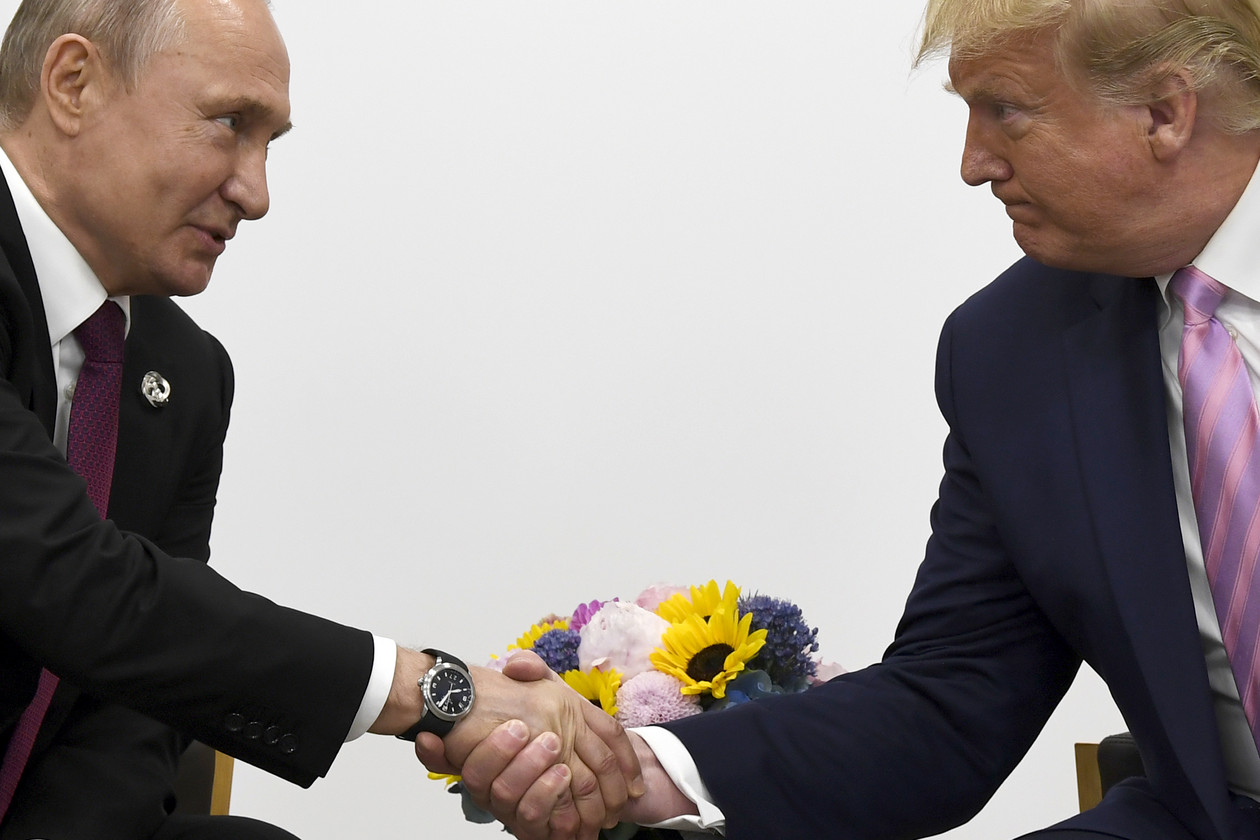
U.S. SENATE ENERGY TARIFF BILL TARGETS RUSSIA, RISK GLOBAL SHOCK.
A bold new U.S. Senate bill the Sanctioning Russia Act of 2025 is sending ripples through global energy markets, threatening to reshape geopolitical alliances, disrupt international trade, and spike energy costs for consumers. With a proposed 500% tariff on all Russian origin oil, gas, uranium, and petrochemicals and punitive measures for nations like China and India that continue doing business with Russia the legislation could destabilize existing energy supply chains and strain diplomatic ties. While aimed at choking off revenue for Russia’s war in Ukraine, the bill risks triggering economic blowback by jacking up prices at the pump and on utility bills, even in the U.S. Energy companies face mounting uncertainty as the prospect of restricted access to Russian supplies clashes with already fragile post-pandemic demand patterns. The result is a high-stakes gamble that blends hardline foreign policy with economic risk and could reconfigure global energy trade as both governments and businesses brace for impact.
- 2 weeks, 4 days

EACOP PROJECT REACHES 60 PERCENT COMPLETION.
The East African Crude Oil Pipeline (EACOP) has reached 60% completion, creating over 6,000 jobs—70% of which have gone to locals near the project. With a $4 billion investment, the pipeline is set to boost infrastructure, trade, and economic growth across Uganda and Tanzania.
- 3 weeks

FUEL PRICES RISE IN UGANDA AS UNOC BLAMES LOGISTIC SNAGS.
Uganda is facing a temporary spike in fuel prices due to logistical disruptions in deliveries through Kenya, causing gasoline prices to rise to 5,000 shillings per liter. UNOC has responded by importing fuel via Tanzania and expects supply and prices to stabilize soon as more shipments arrive.
- 3 weeks

PUMA ENERGY TO LAUNCH FOUR CNG STATIONS.
Puma Energy Tanzania is launching four new CNG stations, including the largest CNG mother station in Africa, as part of a strategic move to reduce fuel imports, cut emissions, and boost clean energy infrastructure. The investment aligns with national sustainability goals, with the first multi-fuel station in Tanzania, support for industrial applications, and a planned second phase to expand CNG access in key logistics and industrial regions.
- 3 weeks, 1 day

TANZANIA’S ENERGY MINISTRY SCORES HIGH IN PERFORMANCE.
The Ministry of Energy achieved a 95% performance score in Q3 of the 2024/25 financial year, reflecting major progress in electricity generation, rural electrification, and natural gas expansion. Leaders emphasized the critical role of the energy sector in economic growth and daily life, urging continued improvements in infrastructure, efficiency, and energy supply across the country.
- 3 weeks, 1 day
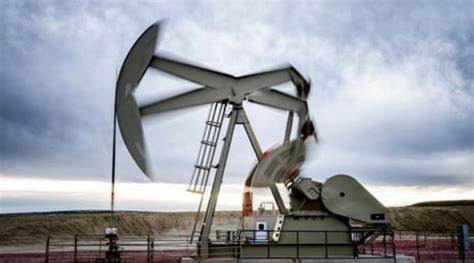
ASIA PACIFIC'S UPSTREAM OIL AND GAS MARKET SET TO HIT $1.97 TRILLION AMID ENERGY BOOM.
Asia-Pacific’s oil and gas upstream market is set for a transformative leap, with projections reaching $1.97 trillion by 2030. This growth is underpinned by rising energy consumption, accelerated urbanization, and a strategic shift toward domestic production across key economies like China, India, Malaysia, and Indonesia. As countries push for energy security and transition fuels, the region is becoming a focal point for global exploration investments from deepwater drilling and LNG infrastructure to advanced gas development. Despite regulatory hurdles and policy inconsistencies, Asia-Pacific’s evolving energy landscape highlights its critical role in shaping the future of global supply, balancing economic ambition with environmental priorities.
- 3 weeks, 2 days
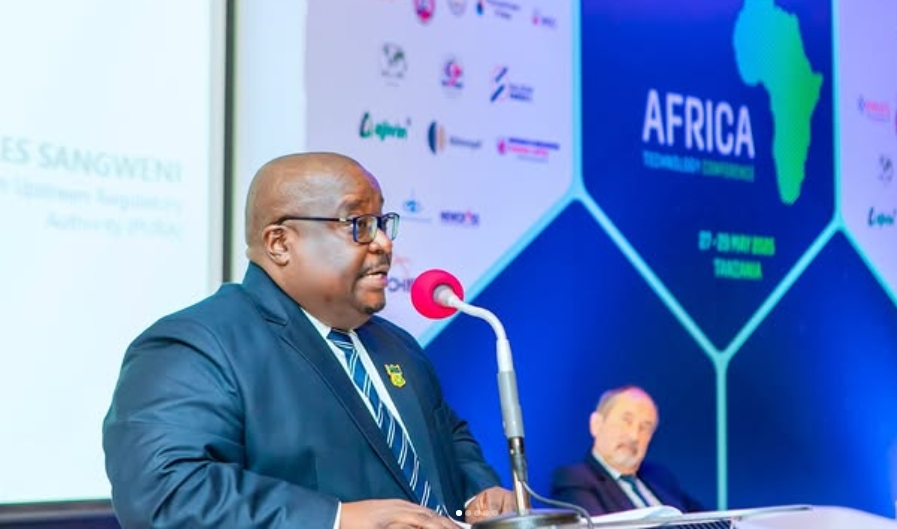
THE IMPORTANCE OF TECHNOLOGY IN THE GROWTH OF TANZANIA’S PETROLEUM INDUSTRY.
Engineer Charles Sangweni highlighted the vital role of advanced technology in boosting the efficiency and growth of Tanzania’s petroleum industry. He also emphasized the need to prepare skilled local professionals to keep up with global technological advancements and drive the sector forward.
- 3 weeks, 3 days

TANZANIA LAUNCHES NATIONAL CAMPAIGN TO PROMOTE CLEAN COOKING AND HEALTHIER LIVING.
The government of Tanzania has launched a nationwide campaign to promote clean cooking solutions and reduce reliance on harmful traditional fuels. The initiative aims to improve public health, protect the environment, and support the country’s energy transition goals.
- 3 weeks, 4 days

IRAQ SIGNS CONTRACT TO DRILL FIRST EXPLORATORY WELL AS PART OF PROGRAM TO INCREASE OIL AND GAS RESERVES.
Iraq continues to advance its strategic efforts to maximize its oil and gas reserves through a newly launched program that targets the drilling of 15 exploratory wells.
- 3 weeks, 4 days
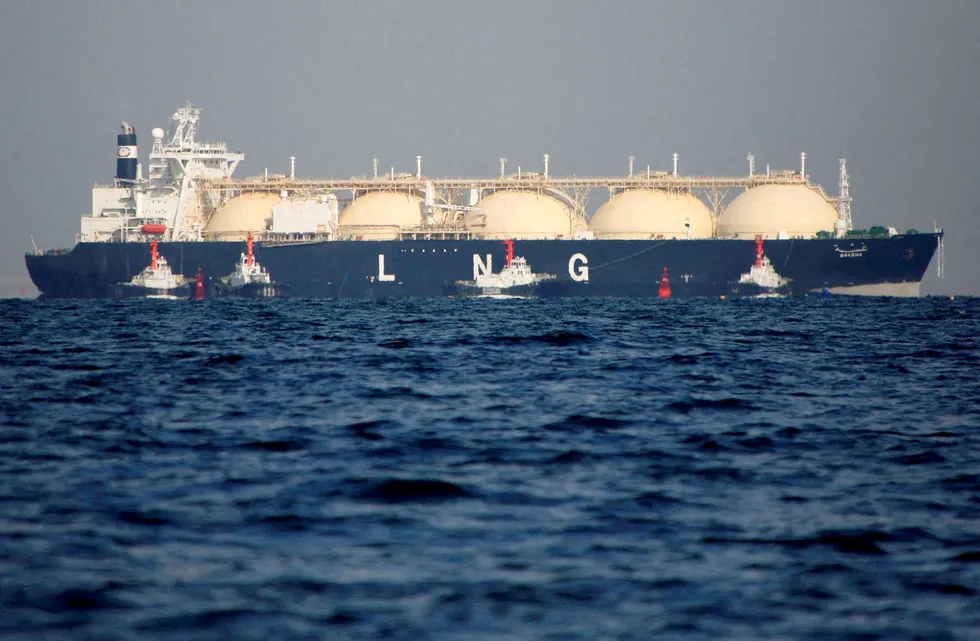
PETRONAS POWERS AHEAD: MALAYSIA DEEPENS LNG TIES WITH CHINA AMID SOARING DEMAND.
As China's appetite for liquefied natural gas (LNG) surges to record levels, Malaysia's energy giant Petronas is stepping up with bold expansions both at home and abroad. From new gas fields and floating LNG plants to green-powered complexes and cross-border shipping innovations, Petronas is building a future-proof LNG ecosystem. The company’s strategic push not only solidifies its standing as China’s trusted supplier but also enhances Malaysia’s role in Asia-Pacific’s evolving energy map. With energy security and decarbonization at the forefront, Petronas is aligning commercial agility with long-term geopolitical and economic goals.
- 3 weeks, 4 days
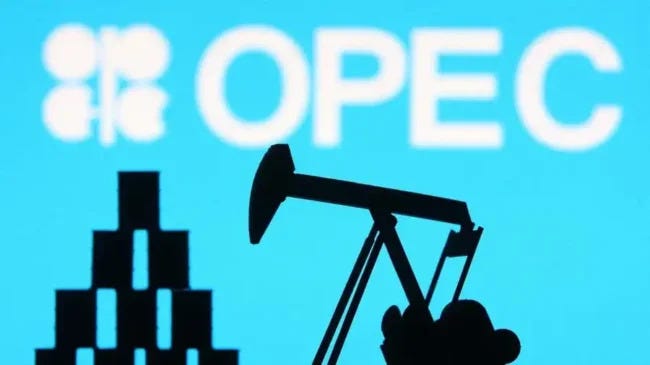
OIL PRICES SURGE AS OPEC+ HOLDS STEADY ON OUTPUT, CALMS MARKET FEARS.
Oil prices rallied sharply after OPEC+ confirmed it would maintain a steady production increase in July, matching the hikes of the previous two months. The market had braced for a potential larger hike that could have driven prices lower, but the decision to hold steady was seen as a reassuring sign of the group's strategy to manage supply carefully while punishing quota violators. As global demand remains robust especially heading into the U.S. summer driving season tight fuel inventories, slower U.S. drilling, and geopolitical discipline from major producers are combining to support a bullish outlook in the oil market. The OPEC+ move, coupled with low U.S. rig counts and expectations of a strong hurricane season, underscores the fragility of global oil supplies and the importance of coordinated production decisions.
- 3 weeks, 4 days
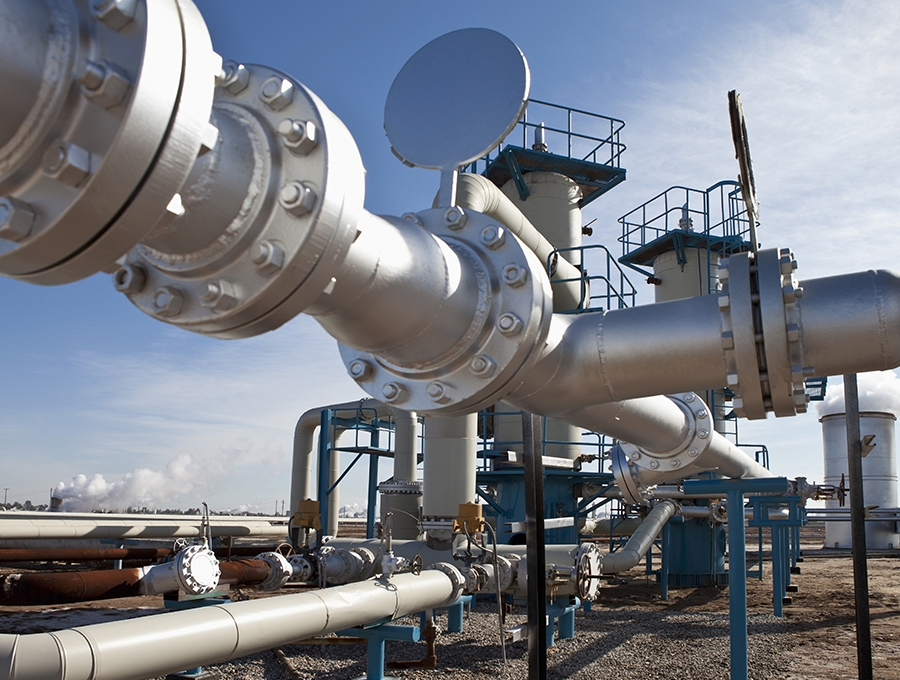
GREECE POWERS EUROPE'S ENERGY FUTURE WITH VERTICAL GAS CORRIDOR.
Europe’s energy map is undergoing a historic transformation and Greece is at the center of it. With the signing of a major agreement last week, the Vertical Gas Corridor is now officially underway, promising to transfer up to 25 billion cubic meters of natural gas annually from Greece to Central and Eastern Europe. This landmark initiative not only enhances Greece’s strategic status as a regional energy hub but also strengthens the continent’s independence from Russian gas, a critical objective as the Ukraine transit agreement nears expiration. The corridor, stretching north from Greece through Bulgaria and onward to Romania, Hungary, Slovakia, and even east to Moldova and Ukraine, represents a major shift in energy diplomacy, security, and infrastructure planning. Powered by Greek LNG terminals such as Revithoussa and the Alexandroupolis FSRU, the project aims to diversify gas sources bringing in U.S. LNG, Azeri gas, and potentially East Mediterranean supplies while reducing single-source dependence. Despite challenges like high transit fees in some countries, strong regional cooperation and long-term vision have kept momentum high. What's more, the infrastructure is being built with the future in mind: it will eventually accommodate renewable gases and hydrogen, aligning with the EU’s green energy goals. The Vertical Gas Corridor is not just a pipeline it's a symbol of energy resilience, strategic foresight, and regional unity in the face of geopolitical uncertainty.
- 3 weeks, 4 days

LIQUIDATED SWALA OIL & GAS CLAIMS $167 MILLION FROM ORCA GROUP.
Swala Oil & Gas, now under liquidation, has filed a $167 million lawsuit against the Orca Group for breach of contract and fraud. The claim alleges that Orca misused funds and assets, causing significant financial losses to Swala.
- 4 weeks
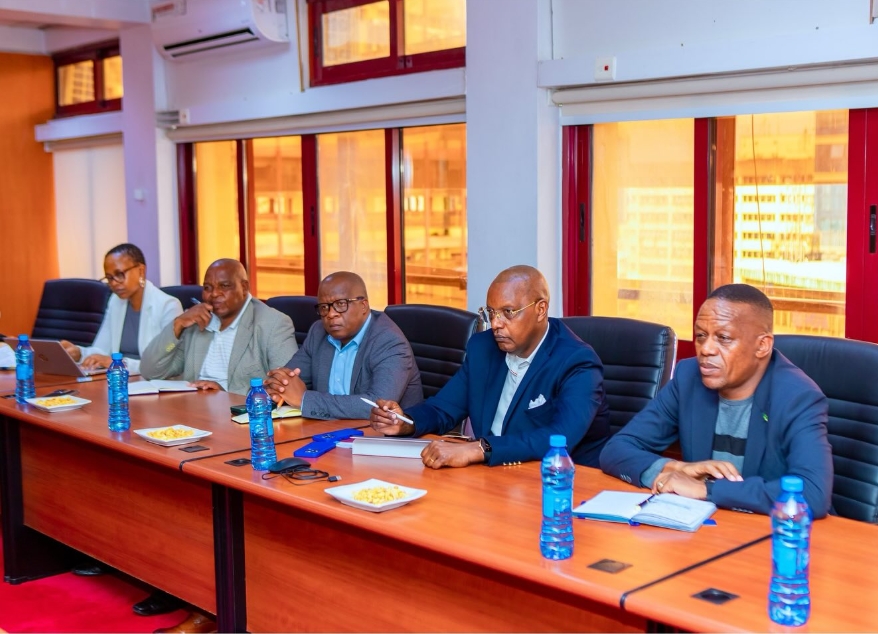
VISITORS FROM LESOTHO LEARN FROM TANZANIA’S ENERGY SECTOR.
Lesotho’s Ministry of Energy delegation visited Tanzania to learn from its successful management of the petroleum and natural gas sectors. TPDC highlighted its role and readiness to collaborate internationally, noting Tanzania’s large natural gas discoveries and their diverse uses.
- 4 weeks

UAE COMPLETES ACQUISITION OF UZBEKISTAN GAS POWER PLANT.
Two leading energy companies from the United Arab Emirates, Mubadala Investment Company and TAQA, have finalized the acquisition of a key gas-fired power plant in Uzbekistan.
- 4 weeks, 1 day

SHELL BOOSTS STAKE IN NIGERIAN DEEPWATER AS TOTALENERGIES EXITS BONGA OILFIELD.
Shell has announced that it will acquire TotalEnergies’ 12.5% non-operated stake in the deepwater Bonga oilfield located offshore Nigeria.
- 4 weeks, 1 day

UGANDA’S ‘FIRST OIL’ DREAM SHIFTS TO JUNE 2026.
Uganda has shifted its oil production timeline to June 2026 due to delays in key infrastructure like the refinery and crude oil pipeline. While field development is progressing, the refinery may not be ready by the time oil starts flowing, meaning crude exports will begin before local processing.
- 4 weeks, 1 day
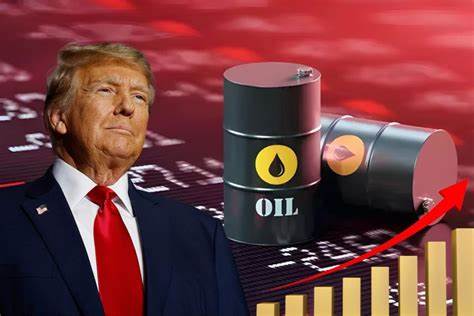
OIL PRICES SURGE $1 AS U.S. TARIFF RULING, RUSSIANS SANCTION FEARS AND SUPLLY DISRUPTIONS STIR MARKETS.
Oil markets saw a notable uptick as Brent and WTI crude prices jumped over $1 per barrel following a U.S. court decision to block most of Trump-era tariffs, easing global trade tension and boosting investor confidence. However, the market remains alert to looming risks, including possible new sanctions on Russian crude, Chevron’s exit from Venezuela, and wildfire-related supply disruptions in Canada. With OPEC+ considering a July output hike, all eyes are on how production dynamics and geopolitical tensions will shape oil’s next move.
- 4 weeks, 1 day

CHINA'S $690 MILION HYDROGEN FUND SIGNALS BOLD GEOPOLITICAL AND ECONOMIC SHIFT TOWARDS CLEAN ENERGY LEADERSHIP.
In a major push toward clean energy leadership, China’s state-owned oil and gas giant Sinopec has unveiled a $690 million venture capital fund the largest hydrogen focused investment vehicle in the country to date. This strategic fund aims to accelerate innovation across the entire hydrogen energy value chain, from advanced materials and proprietary technologies to infrastructure development and fuel cell systems. Managed by Sinopec’s private equity arm, and backed by key external partners, the fund is a clear signal of China’s long-term commitment to transitioning away from fossil fuels. With significant geopolitical, economic, and business implications, Sinopec’s move could solidify China’s position in the global hydrogen race, unlock new markets, and drive job creation while contributing to national and international carbon neutrality goals.
- 4 weeks, 1 day

TANZANIA URGES PUMA ENERGY TO EXPAND INVESTMENT IN CLEAN ENERGY INFRASTRUCTURE.
Deputy Prime Minister Dr. Doto Biteko has called on Puma Energy to increase its investment in compressed natural gas (CNG) and clean cooking energy solutions. The government praised Puma’s ongoing efforts and reaffirmed its commitment to strengthening public-private collaboration for nationwide energy access.
- 1 month
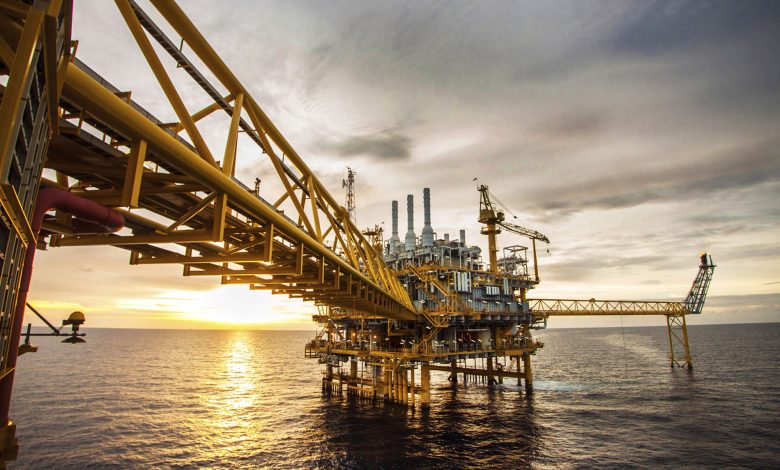
TANZANIA LEVERAGES TECHNOLOGY TO UNLOCK OIL AND GAS POTENTIAL.
Tanzania is actively embracing advanced technology and global partnerships to boost exploration and efficiency in its oil and gas sector. The country aims to attract investment in its 23 open exploration blocks while empowering local talent and ensuring sustainable energy growth.
- 1 month

SITRA REFINERY IN BAHRAIN NEARS FULL OPERATION.
The Sitra refinery modernization project in Bahrain, led by Bapco Energy, is nearing full completion and is expected to significantly boost the country’s oil refining capacity.
- 1 month

OIL PRICES EDGE UP AMID U.S. SANCTIONS ON VENEZUELA AND OPEC+ OUTPUT UNCERTAINTY.
Oil prices ticked up slightly due to renewed supply concerns after the U.S. barred Chevron from exporting crude from Venezuela, limiting Venezuelan barrels to the U.S. and increasing reliance on Middle Eastern oil. Brent rose to $64.16 and WTI to $60.98 per barrel. However, gains were capped by expectations that OPEC+ may boost output following their meeting this week, potentially contributing to an oversupplied market in the second half of the year. Market sentiment remains cautious amid poor quota compliance within OPEC and potential new U.S. sanctions on Russia, which could further disrupt global energy flows. Oil Prices Edge Up Amid U.S. Sanctions on Venezuela and OPEC+ Output Uncertainty
- 1 month

ANGOLA: NEW HOPE IN OIL AND GAS SECTOR AS BRAZIL'S PETROBRAS SIGNALS RETURN.
The Brazilian oil company Petrobras and Angolan national oil company Sonangol have signed a Memorandum of Understanding for oil and gas research and development, training, and research on relevant projects for the just energy transition.
- 1 month

GERMANY STRENGTHS ENERGY SECURITY WITH LAUNCH OF THIRD LNG AT WILHELMSHAVEN.
Germany has taken a major step toward energy independence and resilience with the commissioning of its third LNG terminal, Wilhelmshaven 2, significantly enhancing the country’s ability to secure stable and diversified energy supplies. This new terminal not only reduces Germany’s reliance on single-source gas imports especially in light of shifting geopolitical dynamics but also plays a vital role in supporting Europe’s broader energy security goals and climate ambitions. By increasing regasification capacity and enabling flexible access to global LNG markets, the project strengthens Germany’s energy infrastructure while laying the groundwork for a more sustainable and self-reliant future.
- 1 month
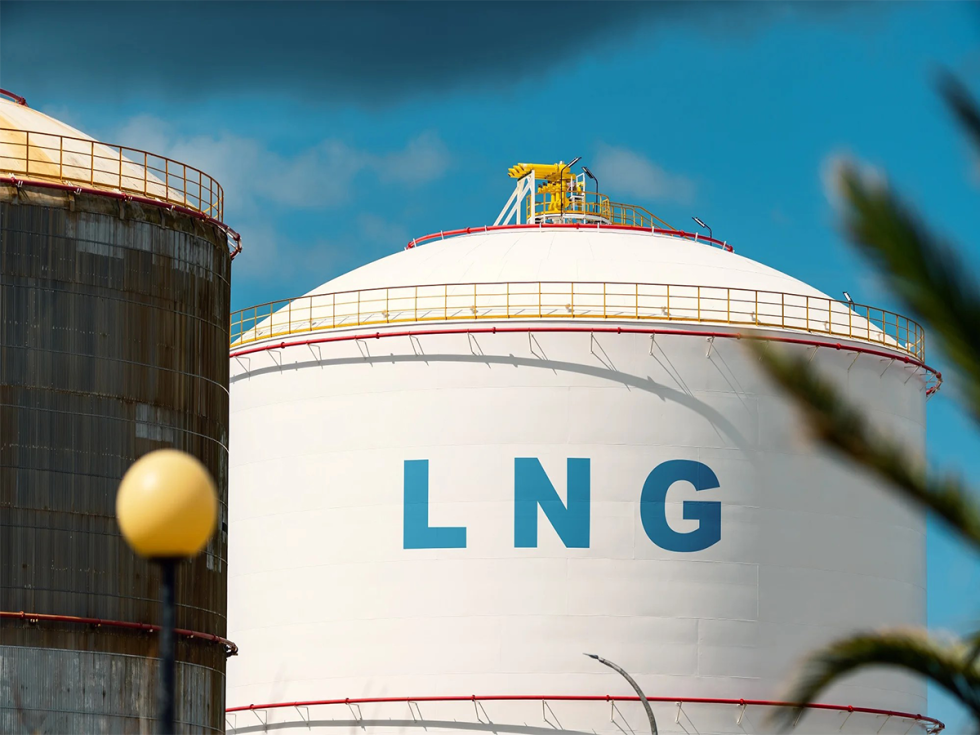
ASIA'S LNG DEMAND SLOWS AS CHINA CUTS BACK, U.S. BECOMES KEY SUPPLIER AMID SHIFTING GLOBAL FOWS.
Asia’s liquefied natural gas (LNG) imports are showing signs of stagnation in May 2025, with demand weakened primarily by China’s reduced appetite due to high prices and an increased reliance on domestic and pipeline-supplied gas. As the world’s top LNG importer pulls back, global LNG flows are being reshaped, with the United States stepping in to capture a larger market share. This shift is not just an energy trade story it’s a signal of broader economic realignment and geopolitical maneuvering. With traditional suppliers like Australia facing supply disruptions and Middle Eastern producers being pulled toward new opportunities, Asian nations now face increasing pressure to secure long-term, cost-effective LNG deals. At the same time, the drive to import more from the U.S. intertwines energy security with diplomacy, trade leverage, and competition for limited supply. The future of Asia’s LNG market now sits at the crossroads of global pricing dynamics, strategic partnerships, and the evolving energy transition.
- 1 month

ANGOLA: OIL PLATFORM ACCIDENT IN CABINDA.
Seventeen people were injured on Tuesday following a fire outbreak on the Benguela Belize Lobito Tomboco (BBLT) deepwater platform in Block 14, located in Angola’s northern Cabinda province.
- 1 month

IRAQ: SEALS MAJOR OIL DEAL WITH CHINESE COMPANY.
Iraq’s government has signed a deal with Chinese Geo-Jade Petroleum to expand production at the Tuba oil field, build a refinery and two power plants.
- 1 month

UPSTREAM PETROLEUM ACTIVITIES STRENGTHEN UNDER THE SIXTH PHASE GOVERNMENT.
The Petroleum Upstream Regulatory Authority (PURA) has reported major improvements in oil and gas exploration and production under Tanzania’s Sixth Phase Government led by President Samia Suluhu Hassan. Key achievements include increased gas output, enhanced local participation, and over TZS 340 billion recovered through contract audits.
- 1 month

SOUTH SUDAN FACES ECONOMIC COLLAPSE AMID OIL EXPORT THREAT FROM SUDAN.
South Sudan is at risk of economic collapse after Sudan threatened to shut down the pipeline it uses to export oil, which accounts for over 90% of its government revenue. The move is linked to rising tensions as Sudan accuses South Sudan of supporting its enemy, the RSF.
- 1 month
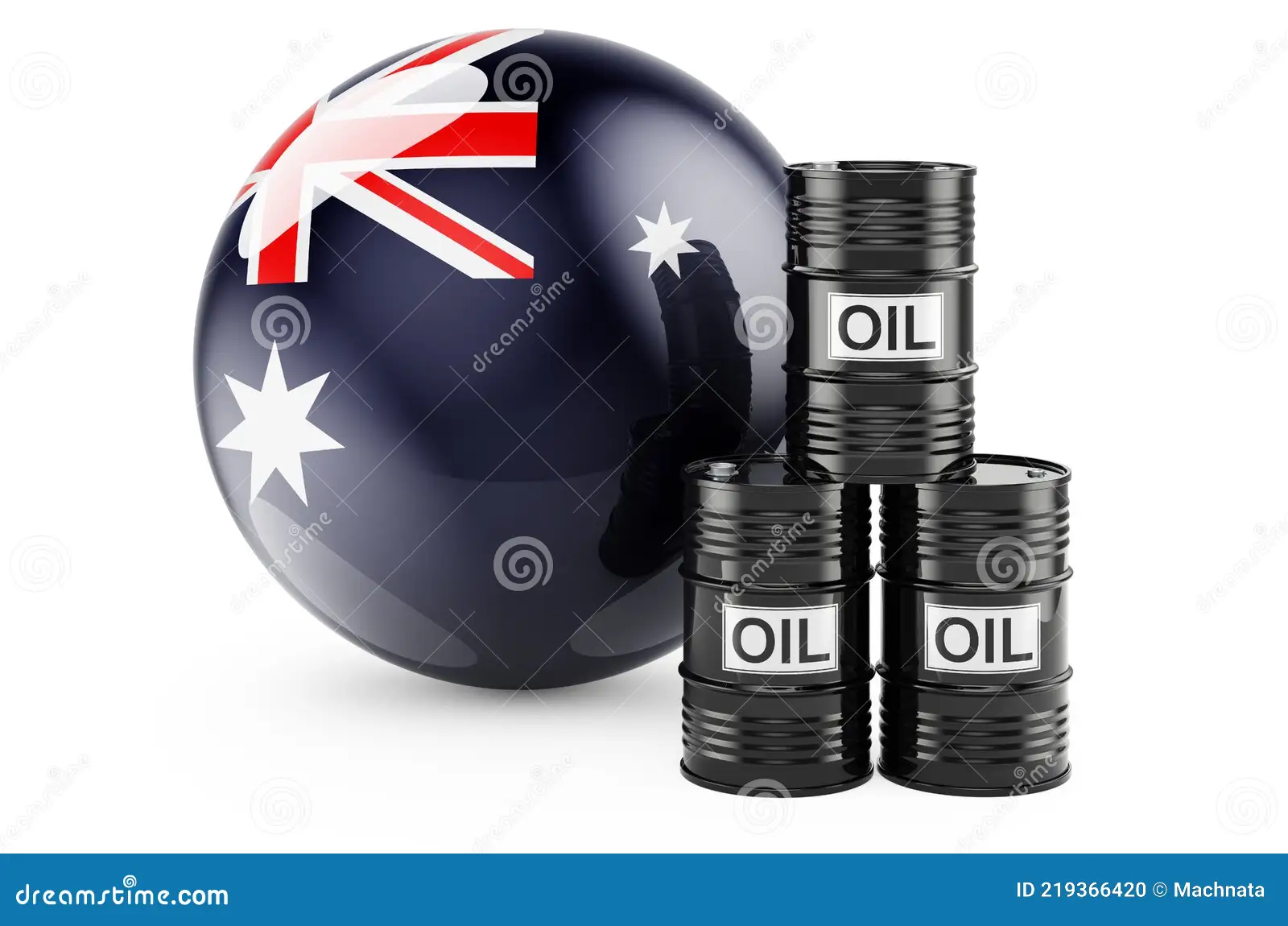
AUSTRALIA'S ENERGY FUTURE BRIGHTENS AS OMEGA CONFIRMS MAJOR OIL AND GAS DISCOVERY IN TAROOM TROUGH.
Omega Oil and Gas has unveiled a significant breakthrough in Australia’s Taroom Trough, confirming an extensive oil and gas system within its Canyon project. Backed by high-quality pulsed neutron logging, the findings reveal a thicker, higher-grade petroleum reservoir than previously thought, with the potential to transform the region into a major energy hub. This discovery not only strengthens Australia’s domestic energy security but also positions the country to attract strategic investment, create employment opportunities, and generate long-term economic growth. With crude oil quality exceeding global benchmarks and a strategic push toward commercialization underway, the project could significantly enhance Australia's role in the international oil and gas market.
- 1 month

EU, BRITAIN TIGHTEN GRIP ON RUSSIA'S SHADOW FLEET WITH NEW SANCTIONS.
In a major escalation of economic pressure against Moscow, the European Union and the United Kingdom have announced sweeping new sanctions targeting Russia’s elusive “shadow fleet” — a covert network of aging, poorly regulated tankers transporting oil and gas to bypass Western embargoes. This latest round of sanctions, affecting nearly 200 vessels and dozens of supporting entities, aims to crack down on the opaque system enabling Russia to maintain vital energy revenues while waging war in Ukraine. As European officials highlight concerns over maritime safety, illegal grain transport, and even potential sabotage of undersea infrastructure, the move marks a coordinated international effort to disrupt Russia’s wartime logistics, limit its global influence, and reinforce the call for a just and lasting peace.
- 1 month, 1 week
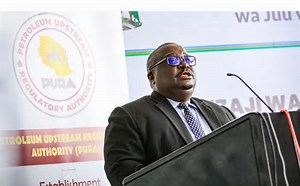
TANZANIA TARGETS FOREIGN INVESTORS TO REVITALIZE OIL AND GAS EXPLORATION.
Tanzania is preparing its fifth oil and gas licensing round to attract foreign investors due to the high costs and risks of exploration. PURA’s Director General emphasized that local investors cannot absorb losses like multinational firms can. Recent reforms—including new laws and contract renegotiations—aim to create a more stable investment climate. Since 2021, over 301 billion cubic feet of natural gas has been produced, with major benefits in local employment and infrastructure development.
- 1 month, 1 week
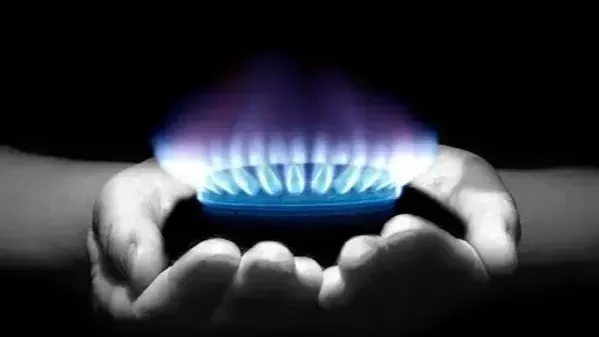
TPDC PARTNERS WITH INDONESIAN COMPANY ESSA TO POWER FERTILIZER PLANT IN MTWARA.
TPDC has partnered with Indonesia’s ESSA to supply natural gas to a $1.4 billion fertilizer plant in Mtwara. The plant will produce over one million tonnes of fertilizer annually and create more than 4,000 jobs, boosting both agriculture and local employment.
- 1 month, 1 week

AUSTRALIA'S SANTOS GETS GREEN LIGHT FOR $2.3 BILLION NARRABRI GAS PROJECT.
After more than a decade of fierce opposition, Santos’ $2.3 billion Narrabri gas project in New South Wales has received a green light from the National Native Title Tribunal, marking a pivotal moment for Australia's energy future. The decision, which pits the country’s pressing need for domestic gas supply against environmental and Indigenous cultural concerns, highlights the complexity of balancing climate responsibilities with energy security. With plans to drill up to 850 coal-seam gas wells overlapping the sacred Pilliga forest, the project has faced staunch resistance from the Gomeroi people, who argue it threatens both their heritage and the climate. The tribunal acknowledged these risks but ultimately found the public benefit outweighed the detriments, signaling a controversial step forward in Australia’s ongoing energy debate.
- 1 month, 1 week
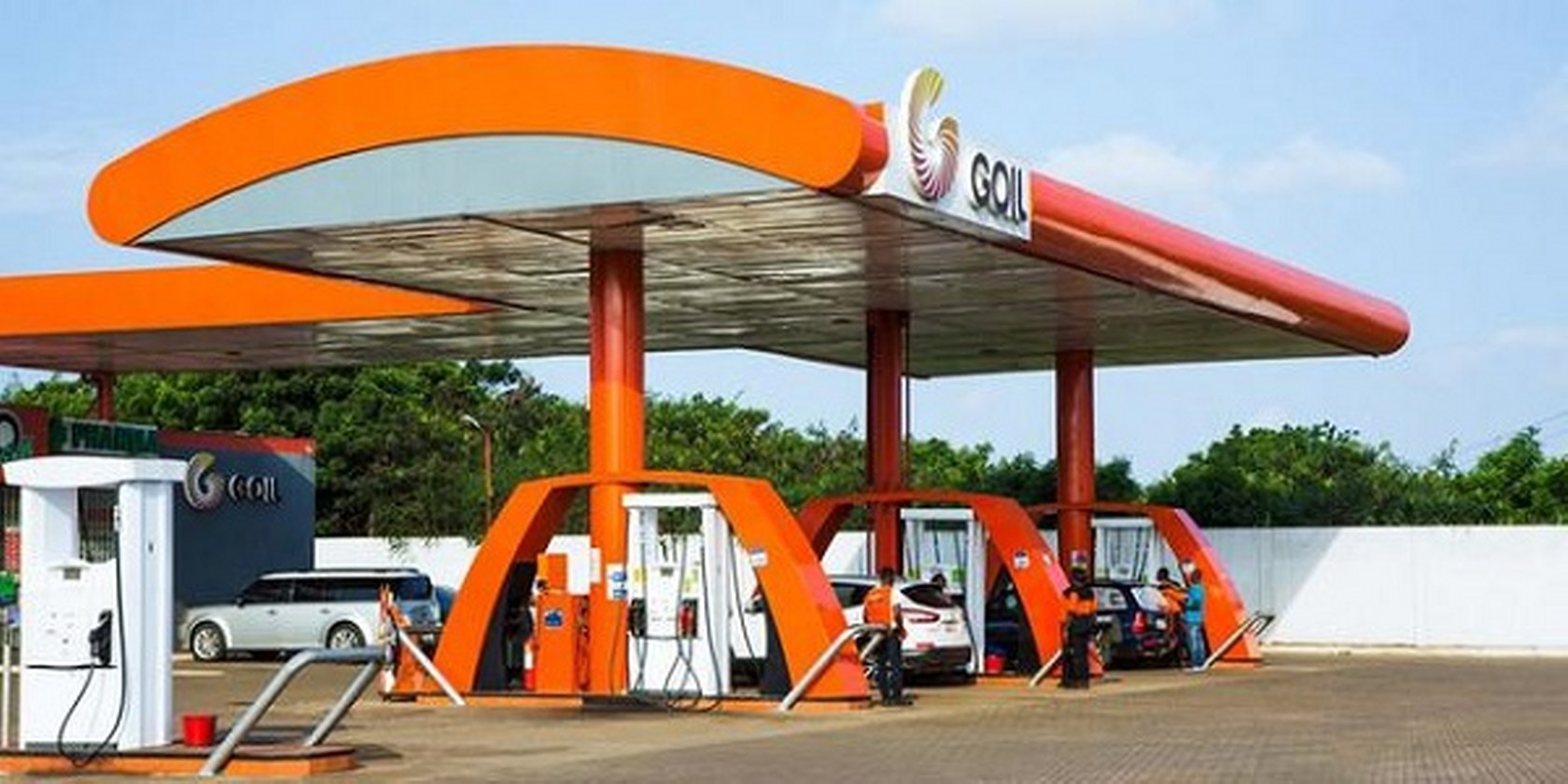
GHANA: GOIL SLASHES PETROL, DIESEL PRICES FOR CONSUMERS.
Ghana’s largest indigenous petroleum downstream oil marketing company, GOIL, has reduced its petrol and diesel prices effective May 19, 2025.
- 1 month, 1 week

OIL RETREATS AS CHINA AND US GROWTH CONCERNS WEIGH.
Oil prices are on edge as economic clouds gather over the world’s two largest energy consumers the United States and China. A downgrade of U.S. sovereign credit by Moody’s and unexpectedly weak industrial and retail data from China have fueled fears of slowing demand in global oil markets. The concerns come just a week after optimism from U.S.-China tariff rollbacks had pushed prices higher. Add to this the growing uncertainty surrounding U.S.-Iran nuclear negotiations and renewed threats of tariffs from Washington, and the energy market finds itself caught in a complex web of economic and geopolitical risks.
- 1 month, 1 week

BOOSTING OIL PRODUCTION WITH NEW DIGITALLY SUPPORTED TECHNOLOGY.
SLB has launched a cutting-edge, digitally enabled well completion technology known as Electris, aimed at enhancing oil production while lowering the overall cost of asset ownership.
- 1 month, 1 week
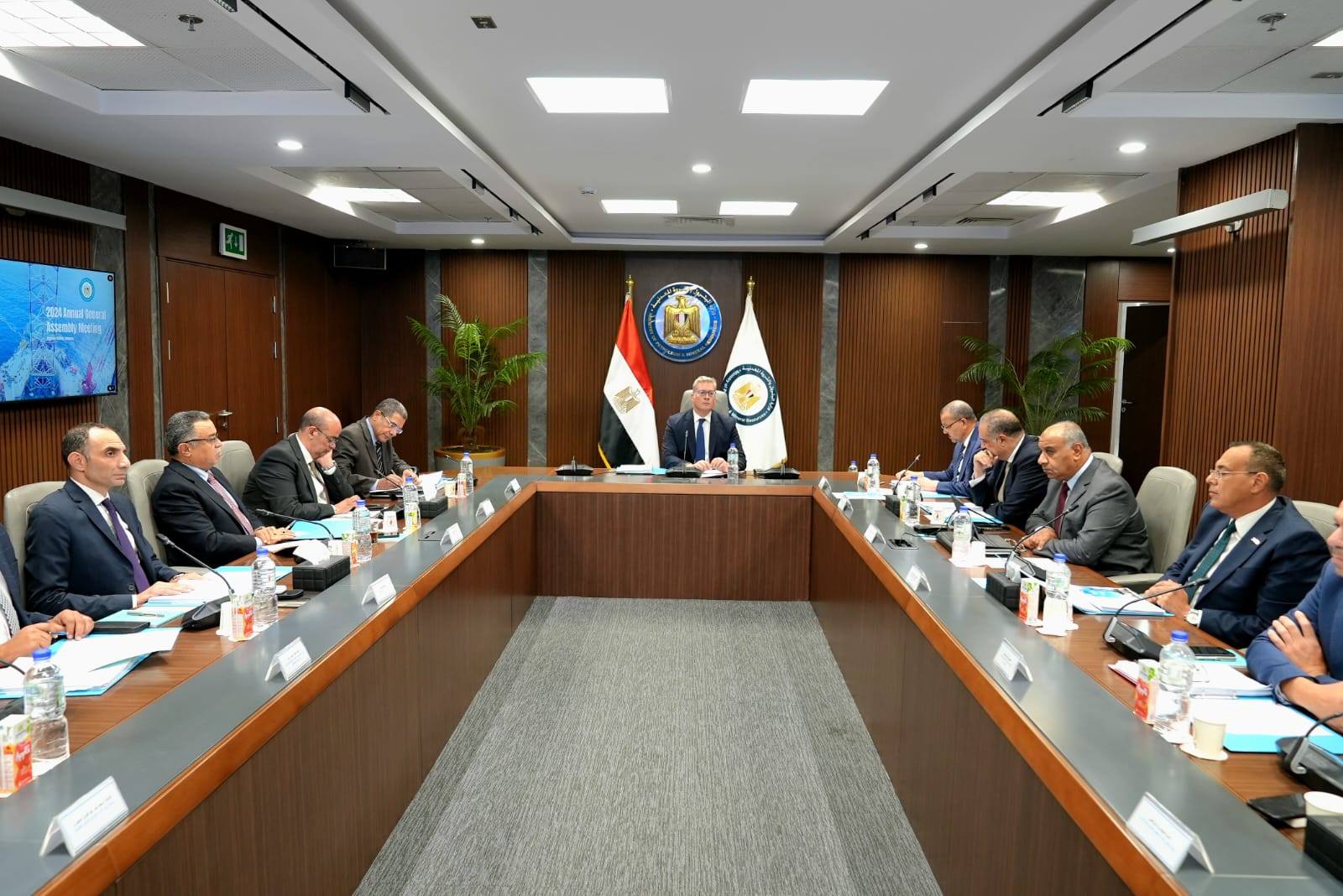
SAUDI ARAMCO USES 10 EGYPTIAN DRILLING RIGS.
As part of its strategy to boost domestic oil and gas production, Saudi Aramco has contracted 10 drilling rigs from the Egyptian Drilling Company (EDC), reinforcing the energy cooperation between Saudi Arabia and Egypt.
- 1 month, 1 week

EPRA MAINTAINS FUEL PRICES DESPITE DROP IN SHIPMENT COSTS.
EPRA has maintained fuel prices for the period between May 15 and June 14, 2025, despite a noticeable drop in the global shipment costs of petrol, diesel, and kerosene. The authority cites existing tax laws and inflation-adjusted levies as key reasons for keeping pump prices unchanged.
- 1 month, 1 week
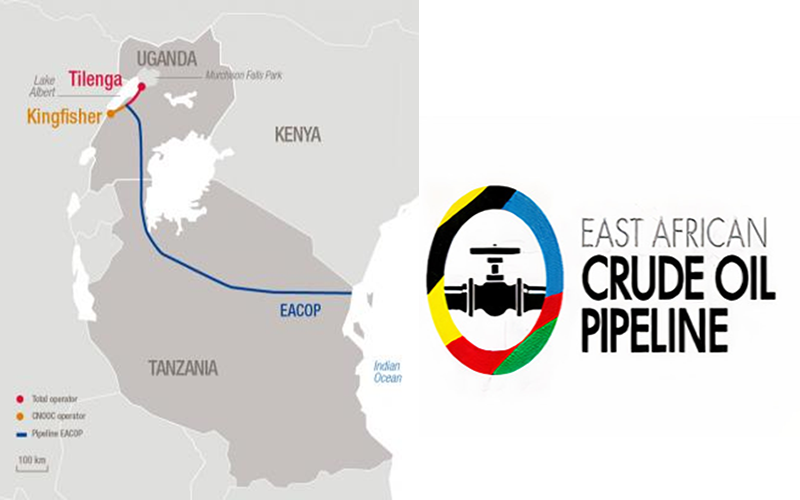
TOTALENERGIES FACES LEGAL CHALLENGES OVER UGANDA OIL PROJECTS.
TotalEnergies is currently under legal scrutiny in France for alleged environmental and human rights violations linked to its Uganda oil projects. The case could set a major precedent for holding multinational corporations accountable for their overseas operations.
- 1 month, 1 week

FIRST LNG SHIP BUNKERING HUB IN US GULF COAST SECURES PERMITS TO START WORK.
The United States is taking a major step toward cleaner marine energy with the approval of its first dedicated LNG (liquefied natural gas) bunkering hub on the Gulf Coast. This landmark project, developed by a joint venture between Houston-based Pilot LNG and Seapath (a subsidiary of the Libra Group), has received final permits from the U.S. Army Corps of Engineers and the Coast Guard, clearing the way for construction to begin later this year. Located along the Texas City Ship Channel, the Galveston LNG Bunker Port (GLBP) is poised to supply LNG fuel to the growing fleet of LNG-powered vessels operating in the Houston-Galveston maritime region. As the global shipping industry seeks cleaner alternatives to traditional fuels, this $300 million facility will not only support the U.S. push for lower emissions but also position the country as a leader in LNG marine fuel supply. The hub, expected to begin bunker deliveries by late 2027, marks a significant leap in America’s commitment to sustainable energy and maritime innovation.
- 1 month, 1 week

ADNOC SAYS US AND UAE TO INVEST $440 BILLION IN ENERGY SECTOR THROUGH 2035.
The United States is set to gain significantly from a $440 billion energy investment partnership with the United Arab Emirates, marking a major boost for American energy infrastructure and economic growth. Spearheaded by ADNOC’s global investment arm, XRG, the deal will channel billions into U.S. natural gas, hydrogen, and manufacturing projects, including key facilities in Texas. With $60 billion earmarked for UAE investments in U.S. energy ventures, this collaboration promises to create jobs, enhance energy security, and position the U.S. as a leader in the global energy transition. The agreement not only strengthens economic ties but also aligns with America's strategic goals in clean energy and advanced technologies.
- 1 month, 1 week

PURA AND EPRA EXCHANGE EXPERIENCE ON OIL AND GAS REGULATION.
Tanzania’s PURA and Kenya’s EPRA met in Dar es Salaam to exchange regulatory experience in oil and gas exploration, development, and production. The collaboration aims to strengthen regional governance, improve institutional efficiency, and promote community participation in energy projects.
- 1 month, 1 week

QATAR DOES NOT WANT OIL PRICES OF $100.
In response to ongoing changes in the global energy sector, Qatar has made a clear statement regarding its stance on oil and natural gas pricing.
- 1 month, 1 week

ETHIOPIA’S OGADEN OIL: PROMISE OF PROSPERITY OR A DANGEROUS GAMBLE?.
Ethiopia’s Ogaden region holds vast oil reserves that could transform the country’s economy. But without responsible governance, environmental protection, and local inclusion, the promise of prosperity may quickly turn into a dangerous gamble.
- 1 month, 1 week

SOMALIA AND TÜRKIYE SIGN HISTORIC OIL DEAL: A NEW ERA FOR EAST AFRICA’S ENERGY FUTURE.
Somalia and Türkiye signed a groundbreaking oil exploration deal in April 2025, granting Türkiye rights to develop major onshore oil blocks in Somalia. The agreement marks a strategic alliance that could reshape East Africa’s energy future and boost Somalia’s economic revival.
- 1 month, 1 week

UKRAINE GAS RESERVES ARE AT LOWEST LEVEL IN 11 YEARS.
Ukraine’s natural gas reserves have fallen to their lowest level in over a decade, with storage facilities barely 20% full after heavy wartime damage to production infrastructure. As the country scrambles to rebuild supplies ahead of the 2025/26 winter season, urgent gas imports and international financial support are now critical. Analysts warn Ukraine will need billions in funding to secure enough gas for the coming months amid ongoing energy security challenges.
- 1 month, 1 week

TWO DRILLING RIGS MOVE TO MISSION IN AFRICA AFTER CONTRACT WITH ARAMCO SUSPENDED.
Two drilling rigs operated by UAE-based Shelf Drilling have arrived in West Africa to begin new assignments after being released from contracts with Saudi Aramco.
- 1 month, 1 week

KOSMOS ENERGY STRIKES A POSITIVE TONE ON GHANA.
Kosmos Energy has announced Q1 2025 net production in Ghana of 33,000 boe/d.
- 1 month, 2 weeks

TANZANIA TARGETS 80PC CLEAN COOKING ACCESS IN 10 YEARS.
The Tanzanian government has launched a decade-long initiative to ensure that 80% of its population gains access to clean cooking energy by distributing subsidised gas cylinders and expanding piped gas infrastructure. The plan aims to reduce dependence on charcoal and firewood, improve health outcomes, and promote sustainable energy use across the country.
- 1 month, 2 weeks

TAIWAN TO BUILD ESWATINI STRATEGIC OIL RESERVE FACILITY.
Taiwan’s state-owned Overseas Investment and Development Corporation is to start construction of an oil storage facility in the Lubombo region.
- 1 month, 2 weeks

NIGERIA: NEW NNPC BOSS OJULARI RESHUFFLES DOWNSTREAM LEADERSHIP.
Appointed in April to lead the Nigerian National Petroleum Company (NNPC), Africa’s largest oil firm, Bashir Bayo Ojulari has set to work to reform the state-owned giant.
- 1 month, 2 weeks

EU ROADMAP TO FULLY ELIMINATE DEPENDECY ON RUSSIAN ENERGY AND SECURE A SUSTAINABLE FUTURE.
The European Union is taking decisive action to end its dependence on Russian energy sources through a comprehensive and strategic roadmap. The EU aims to completely phase out Russian oil, gas, and nuclear energy by 2027, ensuring a stable and secure energy future. This transition, part of the Repower EU Plan, focuses on diversifying energy supplies, improving energy transparency, and accelerating the shift to clean energy. By the end of 2025, EU countries will develop national plans to contribute to eliminating Russian energy imports, enhancing security and market stability across the region. The roadmap also addresses issues like Russia’s ‘shadow fleet’ in the oil sector and restrictions on nuclear materials from Russia. This ambitious plan not only reduces security risks but also supports the EU’s economic growth and decarbonization goals. With new legislative proposals coming soon, the EU is setting a clear path towards a cleaner, independent, and more resilient energy system.
- 1 month, 2 weeks

WOODSIDE'S $30 BILLION BROWSE GAS PROJECT FACES RENEWED ENVIRONMENTAL SCRUTINY AMID REVISED PLANS.
Woodside Energy’s massive $30 billion Browse gas project off the coast of Western Australia is once again under the spotlight as environmental regulators revisit its approval process. With fresh concerns raised over marine life protection and ecological risks, the Western Australia Environmental Protection Authority has reopened public consultations, signaling possible hurdles for the country’s largest untapped gas field. As environmental groups push back against the project, citing potential threats to turtle habitats and climate impact, the outcome could shape the future of Australia’s gas industry and its global reputation. This story reveals the growing tension between economic interests and environmental responsibility.
- 1 month, 2 weeks

S&P GLOBAL PREDICTS U.S. OIL PRODUCTION DIP IN 2026 AMID SLUGGISH DEMAND AND RISING GLOBAL SUPPLY.
The U.S. oil industry is facing serious challenges ahead. S&P Global Commodity Insights has issued a stark warning that U.S. oil production could decline in 2026 for the first time in years, signaling a major shift in global energy dynamics. Sluggish demand growth, looming supply surpluses, and aggressive production increases by OPEC are creating a perfect storm for American oil producers. With output gains slowing and global trade uncertainties mounting, the future of U.S. energy dominance is under threat. This forecast marks a critical moment for global oil markets. If U.S. production weakens while OPEC continues ramping up, we could witness significant price swings and power shifts in the industry. Investors, policymakers, and energy companies are bracing for the impact. Will this downturn set the stage for a market rebound, or signal prolonged challenges ahead?
- 1 month, 2 weeks

350AFRICA CONDEMNS DRC’S RECKLESS OIL EXPANSION IN THE CUVETTE CENTRALE.
350Africa has strongly condemned the DRC government's decision to open 52 new oil blocks in the ecologically sensitive Cuvette Centrale basin. The move is seen as a major threat to climate stability, forest ecosystems, and the rights of local communities.
- 1 month, 2 weeks

KENYA EXTENDS OIL IMPORT DEAL WITH GULF OIL GIANTS THROUGH 2027.
Kenya has extended its oil import deal with three Gulf state-owned firms by two years, allowing continued fuel purchases on a 180-day credit basis. The renegotiated deal features lower costs and aims to stabilize the shilling while easing pressure on foreign currency reserves.
- 1 month, 2 weeks

TANZANIA: OVER 800 HOUSEHOLDS IN MTWARA TO BE CONNECTED TO COOKING GAS NETWORK.
The Government of Tanzania, through TPDC, plans to connect over 800 households in Mtwara to a natural gas system for cooking. This initiative aims to expand access to clean energy and reduce reliance on traditional fuels.
- 1 month, 2 weeks

VENUS OIL FIELD IN NAMIBIA ADVANCES TOWARD 2026 FINAL INVESTMENT DECISION.
An oil field off the coast of Namibia is steadily progressing toward a Final Investment Decision (FID) scheduled for early 2026.
- 1 month, 2 weeks

EGYPT: UNITED ENERGY ACQUIRES WESTERN DESERT PRODUCER APEX.
United Energy (MENA), a wholly owned subsidiary of United Energy Group (UEG), has signed a Sale and Purchase Agreement with Apex International Energy.
- 1 month, 2 weeks

SAUDI ARAMCO RAISES JUNE OIL PRICES FOR ASIA MARKETS.
Saudi Aramco has raised its oil prices for June exports to Asia, reversing a two month trend of price cuts. The increase comes amid rising supply concerns and a fragile global demand outlook. With OPEC+ agreeing to boost production for the second month in a row, this move has significant implications for oil markets. As market watchers await further developments at the upcoming OPEC+ meeting, Saudi Aramco's pricing decisions continue to set the tone for global oil markets, impacting everything from production strategies to pricing benchmarks for major regional producers.
- 1 month, 2 weeks

DEPUTY MINISTER JUDITH KAPINGA INAUGURATES CNG MOTHER STATION IN DAR ES SALAAM.
Deputy Minister for Energy, Judith Kapinga, officially launched a state of the art Compressed Natural Gas (CNG) Mother Station in Dar es Salaam on May 9, 2025. Representing the Deputy Prime Minister and Minister for Energy, Dr. Doto Biteko, Kapinga unveiled the facility, which operates 24 hours a day and can serve up to 1,200 vehicles daily. The launch also featured the unveiling of the first UDART bus powered by natural gas. With the capacity to simultaneously fill eight vehicles, the new station is expected to reduce fuel costs, ease congestion at existing CNG outlets, and support Tanzania's transition to environmentally friendly energy sources. This milestone aligns with national goals to expand clean energy infrastructure, boost industrial use of natural gas, and encourage private sector investment in sustainable energy development.
- 1 month, 2 weeks

HOW TURKEY COULD THWART THE EU's PLAN TO BAN RUSSIANS GAS.
As the European Union accelerates efforts to eliminate Russian natural gas imports by 2027, an unexpected challenge is emerging not from within the bloc, but from neighboring Turkey. Positioned strategically between East and West, Turkey is rapidly evolving into a major natural gas hub, receiving significant volumes of Russian gas via the TurkStream pipeline. While the EU pushes for energy independence, Turkey’s growing role as a transit and distribution center could quietly undermine those goals, allowing Russian gas to continue flowing into Europe under a different guise. With some EU countries like Hungary and Slovakia still heavily reliant on these supplies, and Turkey aiming to replace Ukraine as the primary transit route, the road to energy autonomy may be more complex and politically fraught than Brussels anticipated. Dive into the full story to uncover how geopolitics, pipelines and pricing are reshaping Europe's energy future.
- 1 month, 2 weeks

EIA SHOWS US CRUDE OIL INVENTORIES CONTINUE TO SLIDE.
As U.S. crude oil stockpiles fell by 2 million barrels last week, fresh data from the Energy Information Administration highlights a tightening supply environment just as gasoline and distillate demand surges ahead of peak consumption season. With refinery output rising and inventories slipping below five-year averages, this trend could have ripple effects on global oil prices already rattled by economic uncertainty, OPEC+ moves, and trade tensions. For investors, policymakers, and energy watchers alike, this development raises urgent questions: Are we heading for another price rebound? Will supply meet summer demand?
- 1 month, 2 weeks

SAUDI ARABIA'S BUDGET DEFICIT SOARS AMID OIL REVENUE SLUMP AND PRICE CRASH.
Saudi Arabia is facing mounting fiscal pressure as its budget deficit surged to $15.6 billion in Q1 2025—before the latest oil price crash even took hold. With oil revenues down sharply and borrowing on the rise, the Kingdom’s ambitious investment plans, like the futuristic Neom city, could be at risk. As global oil prices tumble and economic headwinds grow, discover how the world’s top crude exporter plans to navigate this critical financial turning point.
- 1 month, 3 weeks

BIG OIL STAYS THE COURSE ON DIVIDENDS AND BUYBACKS DESPITE MARKET TURMOIL.
Despite a turbulent market and declining oil prices, the world’s biggest oil companies ExxonMobil, Shell and TotalEnergies have reaffirmed their commitment to shareholders by maintaining dividends and buybacks. While BP and Chevron dialed back share repurchases slightly for Q2, most firms exceeded Q1 earnings expectations and emphasized their resilience. With rising production and long-term, cost-cutting strategies, Big Oil is signaling strength and stability even as global uncertainty clouds the outlook for the rest of the year.
- 1 month, 3 weeks

CREATING SOLAR PANELS THAT CONVERT CARBON DIOXIDE INTO FUEL.
Researchers have created a groundbreaking type of solar panel, dubbed an "artificial leaf," that uses only sunlight to convert carbon dioxide into liquid fuels and other high-value chemicals.
- 1 month, 3 weeks

GULF STATES PLAN $6 BILLION IN AFRICA INVESTMENTS.
Gulf countries are making bold moves to transform Africa’s energy landscape with a $6 billion investment in oil and renewable projects. This game changing initiative promises to boost energy access, fuel economic growth, and deepen global partnerships discover how this strategic shift could reshape the future of energy across two continents.
- 1 month, 3 weeks

IMF CUTS 2025 MENA GROWTH FORECAST TO 2.6% AMID GLOBAL TRADE TENSIONS AND FALLING OIL PRICES.
The International Monetary Fund has lowered its 2025 growth forecast for the Middle East and North Africa to 2.6%, citing global trade tensions, falling oil prices, and regional economic pressures. As uncertainty grows, this update sheds light on the challenges ahead and the urgent reforms needed to stabilize and strengthen the region’s economy. Don’t miss the full story behind this critical economic shift.
- 1 month, 3 weeks

TOTALENERGIES Q1 PROFITS FALL ON LOWER OIL PRICES, WEAK REFINING MARGINS.
TotalEnergies experienced a 17% drop in Q1 2025 profits, bringing in $4.2 billion, mainly due to declining oil prices and weak refining margins in Europe. However, the company offset some of the impact with a 4% rise in oil and gas output and an 18% boost in electricity generation, showing resilience in its diversified energy portfolio.
- 1 month, 4 weeks

OIL AND GAS INVESTOR AFREXIMBANK EARNARK $3 BILLIONS TO SUPPORT LOCALLY REFINED PRODUCTIONS.
Africa is taking charge of its energy future! Afreximbank has launched a bold $3 billion initiative to boost local refining and cut dependence on costly fuel imports. With major investments already fueling new refineries and a vision to triple Africa’s refining capacity, the continent is gearing up for an energy revolution.
- 2 months

ENI COMFIRMS OIL DISCOVERY IN NAMIBIA'S OFFSHORE.
A major offshore oil discovery in Namibia’s Orange Basin is drawing global attention, marking a significant milestone for the country’s energy ambitions. The Capricornus 1-X well has delivered highly promising results, with excellent reservoir quality, 38 meters of net pay, and light oil with minimal impurities—positioning it as a commercially attractive find. Operated by Rhino Resources and supported by global players like Eni and bp through Azule Energy, this discovery not only highlights the geological richness of the region but also reinforces investor confidence in Namibia’s growing role in the global oil and gas landscape.
- 2 months

MOROCCO AND NIGERIA JOIN FORCES ON LANDMARK $25 BILLION GAS PIPELINE PROJECT.
In a world grappling with energy insecurity and shifting power dynamics, Africa is making a bold move that could reshape the global energy map. Morocco and Nigeria have sealed a historic $25 billion deal to construct a massive transcontinental gas pipeline, stretching across 13 countries and ending in Europe. This is more than just a pipeline it's a lifeline for regional development, a strategic lever in global energy diplomacy, and a clear signal that Africa is no longer waiting to be invited to the table it’s building its own. With a floating LNG terminal planned in Nador and major infrastructure ties already underway, this project has the potential to unlock economic growth across West Africa while offering Europe a stable and long-term energy partner. The stakes are high, the ambition is real, and the message is clear. Africa is ready to lead.
- 2 months

BALLYMORE LAUNCHES; A STRATEGIC BOOST FOR GLOBAL OFFSHORE OIL PRODUCTON AND INVESTEMENT.
TotalEnergies and Chevron have officially launched the Ballymore oil field, a major milestone in offshore oil production. This innovative project is not only set to boost energy output but also highlights the evolving dynamics of global energy markets. With a focus on efficiency and sustainability, Ballymore offers a strategic opportunity for investors to tap into the growing demand for reliable energy resources. Read on to explore how this project could shape the future of energy and impact investment strategies worldwide.
- 2 months

CHINA'S ABSENCE FROM UK ENERGY SUMMIT SIGNALS GROWING GEOPOLITICAL TENSIONS AND ITS IMPACT ON GLOBAL ENERGY COLABORATION.
China's decision to skip the UK-hosted energy summit marks a significant escalation in global geopolitical tensions, affecting energy security and clean energy goals. As the world's largest energy consumer, China's absence could shift the dynamics of international collaboration on climate and energy policies. This development is a crucial signal for anyone following the future of energy relations and the impact of diplomacy on global energy transitions.
- 2 months, 1 week

WORLD BANK FORECASTS OIL GLUT AND PRICE DROP IN 2025.
The World Bank warns that an oversupply of oil could drive prices to their lowest in five years, even if conflicts in the Middle East escalate. With global demand slowing especially in China and non-OPEC countries boosting production, the oil market is bracing for a major shift. What does this mean for economies, investors, and fuel prices worldwide? Click to read the full story.
- 2 months, 1 week

EU STRATEGY TO PHASE OUT RUSSIAN OIL AND GAS DUE IN MAY.
The European Commission will release a detailed plan on May 6 to phase out Russian oil and gas imports, aiming to end reliance by 2027. The roadmap has been delayed due to geopolitical factors, including U.S. trade policy and internal EU disagreements on Russian gas sanctions.
- 2 months, 1 week

OIL PRICES STABILIZE AMID MIXED SIGNALS.
Oil prices have stayed largely stable despite fluctuating U.S. trade policies and a dip in global demand forecasts. With President Trump considering tariff changes, a rebound in Chinese oil imports, and key geopolitical tensions, the market faces a delicate balance. Find out how these factors are shaping the future of global oil prices and what it means for consumers and businesses alike.
- 2 months, 1 week

ARAMCO MAKES NEW OIL AND GAS DISCOVERIES.
Saudi Aramco has just made a series of groundbreaking oil and gas discoveries in the Eastern Province and the Empty Quarter, unlocking vast new resources that will solidify Saudi Arabia's dominance in the global energy sector. These findings, including six oilfields, two oil reservoirs, and major natural gas fields, showcase the Kingdom's untapped potential, with significant flow rates of both crude oil and gas. This announcement not only highlights Aramco's continued excellence in exploration but also signals a strong future for Saudi Arabia's energy leadership, making it a must-watch development for anyone invested in the future of global energy.
- 2 months, 2 weeks

US EIA WARNS OF LOWER OIL DEMAND FROM TARIFFS AND TRADE UNCERTAINTY.
The EIA has lowered its 2025 oil demand growth forecast to 900,000 bpd, down from 1.2 million bpd, citing trade tensions and tariffs. Oil prices are expected to drop, with Brent crude averaging $67.87 per barrel. OPEC+ is expected to increase supply, leading to a potential surplus and price pressure.
- 2 months, 2 weeks

INVEST IN AFRICAN ENERGY (IAE) 2025 TO HOST PANEL ON ADVANCING AFRICA’S LNG POTENTIAL.
Invest in African Energy (IAE) 2025 will host a high-level panel focused on unlocking Africa’s LNG potential by addressing key infrastructure, regulatory, and investment challenges. Industry leaders will explore strategies to accelerate project development and align LNG growth with both export goals and domestic energy needs.
- 2 months, 2 weeks

SHELL CUTS GAS OUTPUT FORECAST AMID CYCLONES AND MAINTENANCE ISSUES.
Shell has cut its first-quarter gas and LNG production forecasts due to unplanned maintenance and severe weather disruptions in Australia. Despite the challenges, the company remains focused on expanding its oil and gas operations while aiming to boost shareholder returns.
- 2 months, 2 weeks

PAKISTAN AND TÜRKİYE SIGN OFFSHORE OIL AND GAS EXPLORATION PACT.
Pakistan and Türkiye have signed a joint bidding agreement to explore 40 offshore oil and gas blocks in Pakistan. The deal aims to attract foreign investment and strengthen energy cooperation between the two countries.
- 2 months, 2 weeks

SHELL COMPLETES ACQUISITION OF PAVILION ENERGY.
Shell has completed the acquisition of Pavilion Energy, integrating its LNG supply contracts, regasification capacity, and bunkering operations into Shell’s portfolio. This move strengthens Shell’s position in the LNG market and supports its strategy to grow LNG sales by 4-5% annually through 2030.
- 2 months, 3 weeks

EACOP SECURES FIRST TRANCHE OF FINANCING FOR UGANDA-TANZANIA PIPELINE.
EACOP Ltd. has secured the first tranche of financing for the Uganda-Tanzania pipeline from regional financial institutions, including Afreximbank and Standard Bank, reinforcing local support despite initial Western withdrawals. The project, now over 50% complete, is expected to transport 246,000 barrels of crude oil per day while generating jobs, investing in local economies, and adhering to international environmental standards.
- 2 months, 3 weeks

INDIA CONSIDERS REMOVING TAX ON U.S. LNG TO HIKE IMPORTS.
India is considering the possibility of removing its import tax on American liquefied natural gas (LNG) to increase its purchases of U.S. LNG and reduce its trade surplus with the United States.
- 3 months

GAS FIELD GETS GREEN LIGHT TO PRODUCE 62,000 BARRELS PER DAY OF OIL EQUIVALENT.
BP has given the final approval to develop the Ginger gas field in Trinidad and Tobago, a significant project expected to produce 62,000 barrels of oil equivalent per day at its peak.
- 3 months

EAST AFRICA’S ENERGY RENAISSANCE: EAST AFRICAN CRUDE OIL PIPELINE (EACOP), TANZANIA LIQUEFIED NATURAL GAS (LNG) SET TO TRANSFORM THE REGION.
East Africa is set for an energy transformation with the East African Crude Oil Pipeline (EACOP) and Tanzania LNG projects, attracting significant investment and global interest. These projects, expected to drive economic growth, still require additional funding, with discussions ongoing to secure financial backing and strategic partnerships.
- 3 months
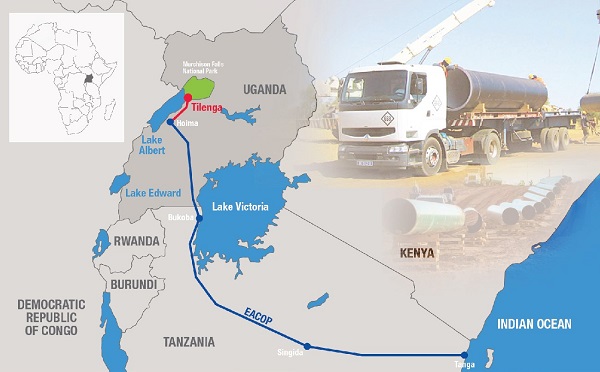
EAST AFRICAN CRUDE OIL PIPELINE PROJECT SECURES MASSIVE FINANCIAL INJECTION FROM AFRICAN BANKS.
The East African Crude Oil Pipeline project has received a substantial financial boost from a consortium of African banks, demonstrating confidence in the project’s regional impact. The funds will aid in the construction of a 1,443 km pipeline that will transport 246,000 barrels of crude oil per day once completed, with progress already exceeding 50% by the end of 2024.
- 3 months
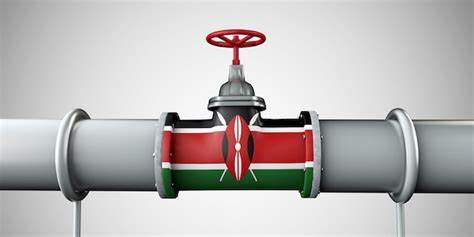
KENYA TO LAUNCH OIL AND GAS LICENSING ROUND IN SEPTEMBER.
Kenya plans to launch an oil and gas exploration round for 10 blocks in September, offering incentives and infrastructure investment to attract investors. The government has restructured its petroleum exploration blocks to align with global best practices, identifying highly prospective areas to revitalize the country's oil and gas industry.
- 3 months
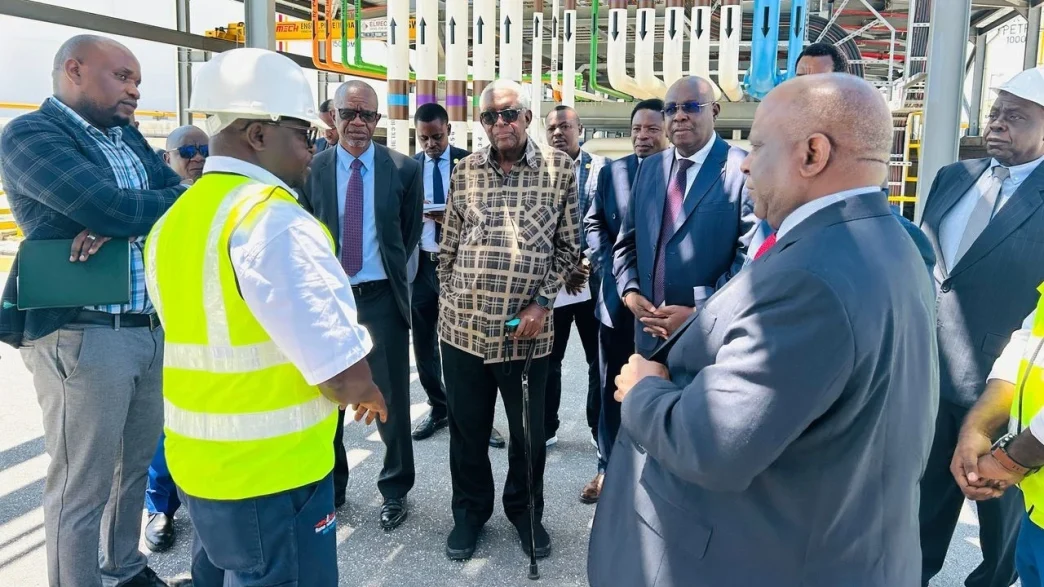
TANZANIA: EWURA, ERB TO ENHANCE ENERGY COLLABORATION.
EWURA and ERB have agreed to enhance their collaboration to improve energy services in Tanzania and Zambia. Key areas of cooperation include exchanging technical knowledge, building capacity, and ensuring efficient regulation, with the joint inspection of the TAZAMA Oil Pipeline being a major achievement of their partnership.
- 3 months
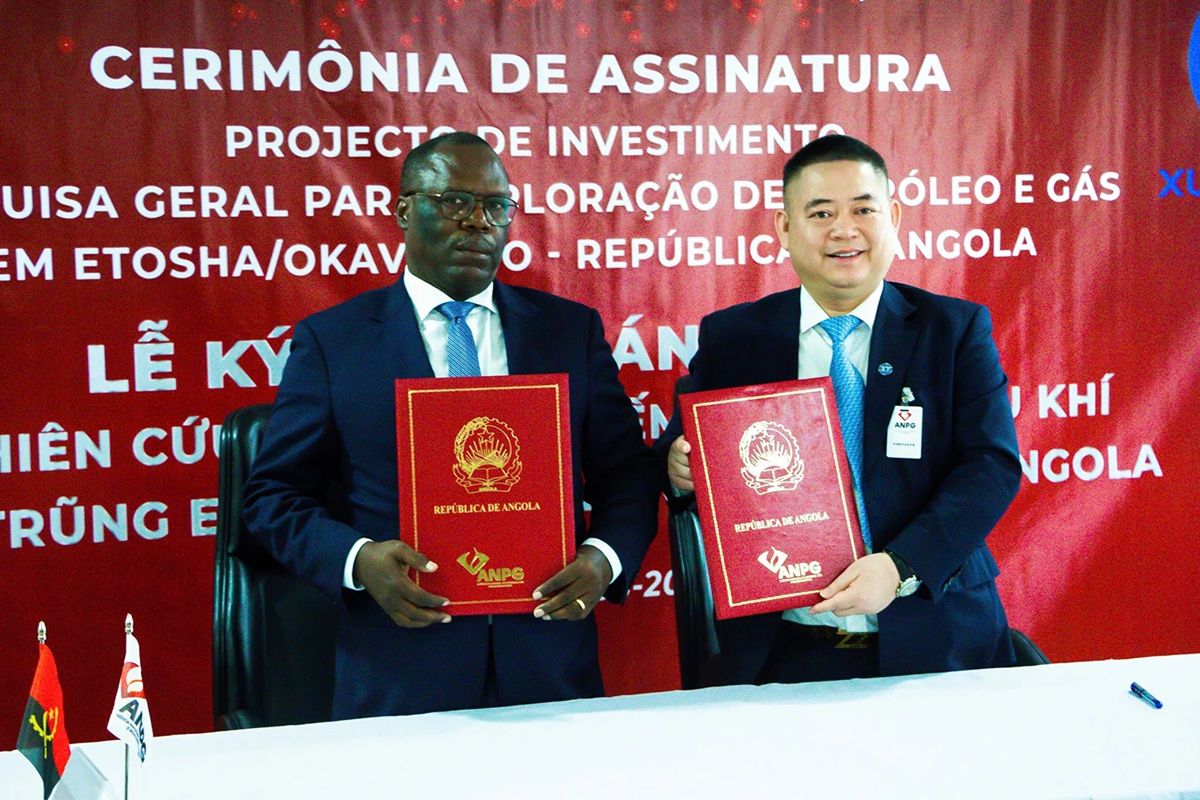
ANGOLA'S OIL SECTOR ATTRACTS VIETNAMESE COMPANY.
Angola's oil sector continues to draw international attention as exploration efforts persist in the search for a reliable energy supply.
- 3 months
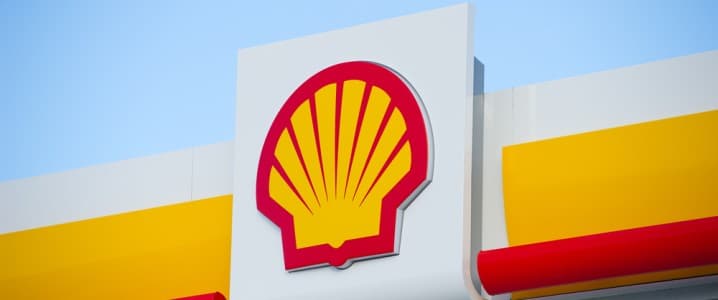
ANALYSTS EXPECT SHELL TO FOCUS ON LNG AND OIL IN STRATEGY UPDATE.
Shell is expected to emphasize its focus on oil and liquefied natural gas (LNG) during its strategy update, reinforcing its shift away from retail clean energy sales. Analysts will look for insights on Shell’s long-term growth plans, particularly in LNG, as global demand is projected to rise by 60% through 2040.
- 3 months
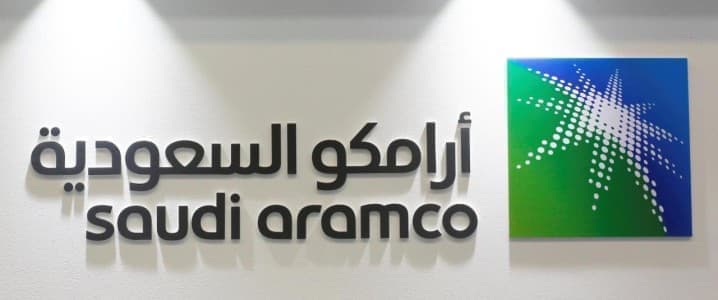
SAUDI ARAMCO SEEKS NEW DEALS IN CHINA'S REFINING AND PETROCHEMICAL SECTOR.
China plays a pivotal role in Saudi Aramco’s growth strategy, particularly in the downstream sector, as the company seeks to unlock new opportunities.
- 3 months
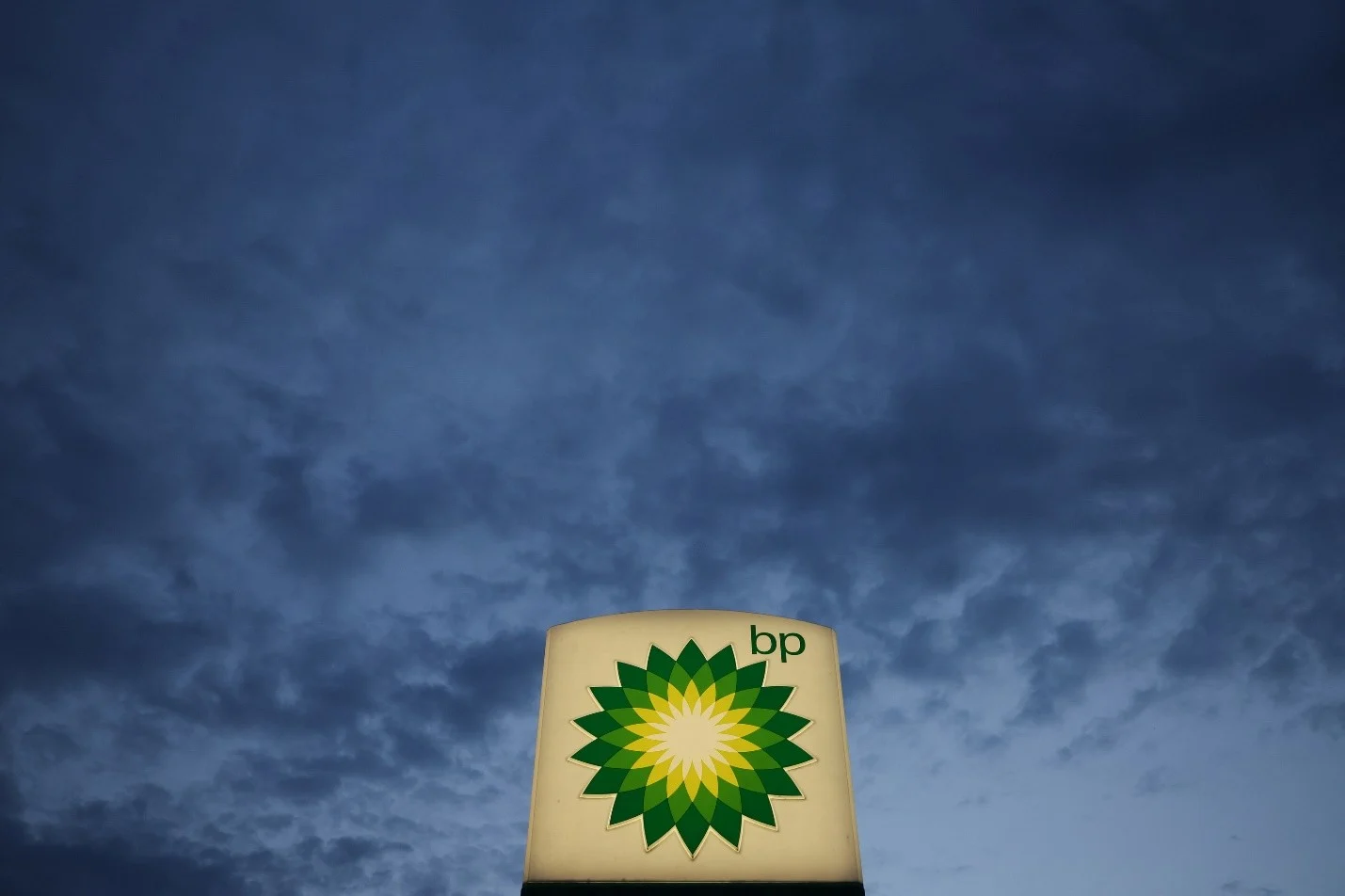
BRITAIN'S BP SELLS STAKE IN TANAP TRANS-ANATOLIA GAS PIPELINE.
BP, the British multinational energy company, has agreed to sell a stake in the Trans-Anatolian Gas Pipeline (TANAP) to Apollo Global Management for one billion US dollars.
- 3 months, 1 week
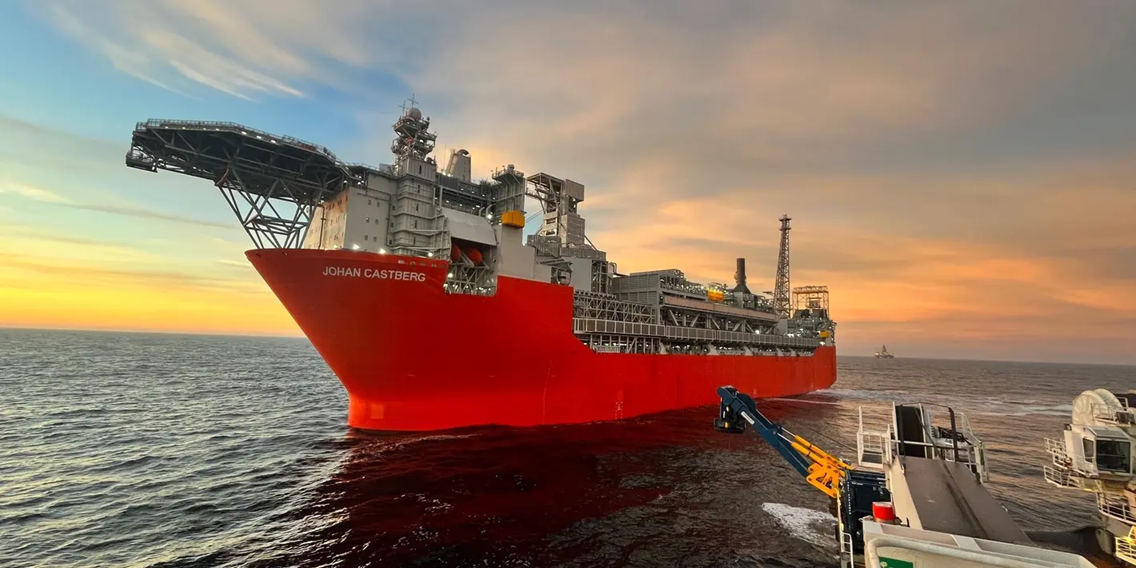
FIRST SHIPMENT OF OIL FROM A FIELD WITH RESERVES OF 650 MILLION BARRELS SOLD.
Equinor, Norway's energy company, has sold its first oil shipment from the Johan Kastberg field in the Barents Sea, ahead of the field's expected production starting next month.
- 3 months, 1 week
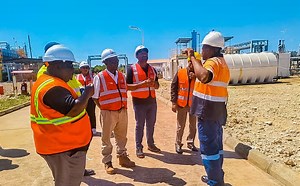
TANZANIA: PURA BOARD OF DIRECTORS VISITS SONGO SONGO, HIGHLIGHTS CSR PROJECT IMPLEMENTATION.
The PURA Board of Directors visited Songo Songo to assess natural gas infrastructure and CSR project implementation by energy companies. They expressed satisfaction with improved community projects and emphasized the importance of continued oversight in the gas sector.
- 3 months, 1 week
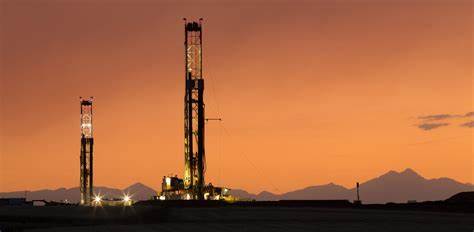
OIL PRICES RISE ON STRONG DEMAND OUTLOOK, WEAKER US DOLLAR.
Oil prices rose due to strong U.S. demand and a weaker dollar, with Brent crude reaching $71.12 per barrel and WTI at $67.58. While geopolitical tensions and economic uncertainties may cause volatility, analysts expect a gradual upward trend in oil prices.
- 3 months, 1 week
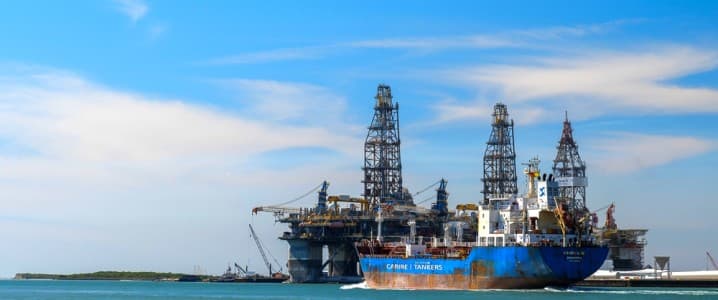
AFRICA’S OIL AND GAS INVESTMENT TO HIT $43 BILLION IN 2025.
Africa’s oil and gas sector is set to attract $43 billion in investments in 2025, with projections reaching $54 billion by 2030, driven by major players in West and North Africa. While liquid hydrocarbons will continue to dominate, natural gas investments are steadily increasing, positioning Africa as a key player in the global energy market.
- 3 months, 1 week
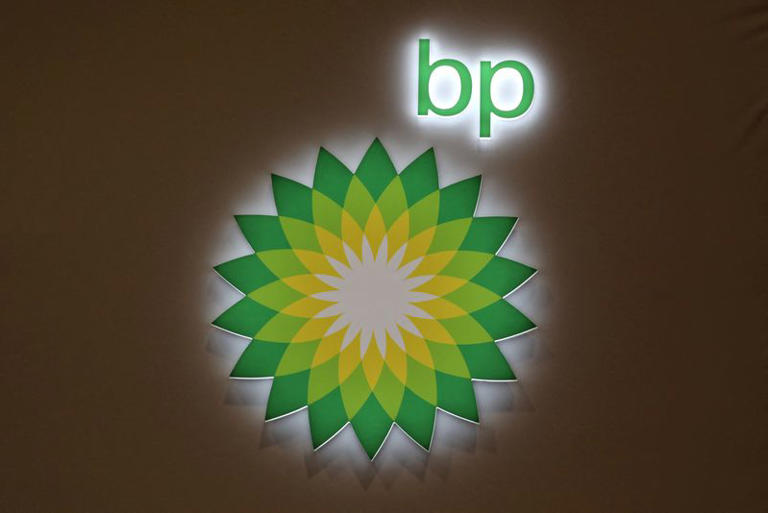
ISRAEL AWARDS NATURAL GAS EXPLORATION LICENCES TO BP, SOCAR AND NEWMED.
Israel has awarded exploration licenses to BP, Socar, and NewMed Energy to explore natural gas in Israeli waters, aiming to boost domestic reserves and expand exports. This partnership supports Israel's goal to position itself as a regional energy hub, with a focus on supplying gas to Europe and neighboring countries.
- 3 months, 1 week
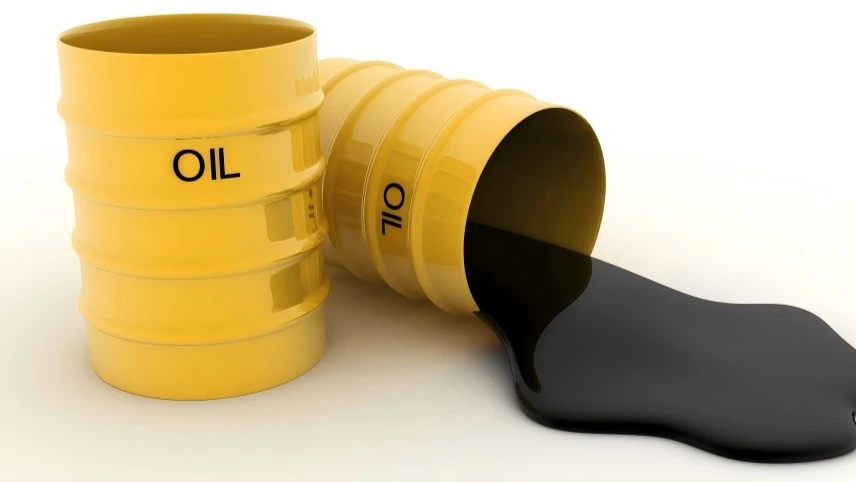
TANZANIA: NEXT ROUND OF OIL, GAS EXPLORATION BLOCKS LICENSING SET FOR MAY 2025.
Tanzania is set to launch a licensing round for oil and gas exploration blocks in May 2025, offering significant opportunities with 57 trillion cubic feet of natural gas reserves. This move aims to attract investment in oil, gas, and renewable energy while continuing efforts to develop its energy sector, including a $42 billion liquefied natural gas facility.
- 3 months, 1 week
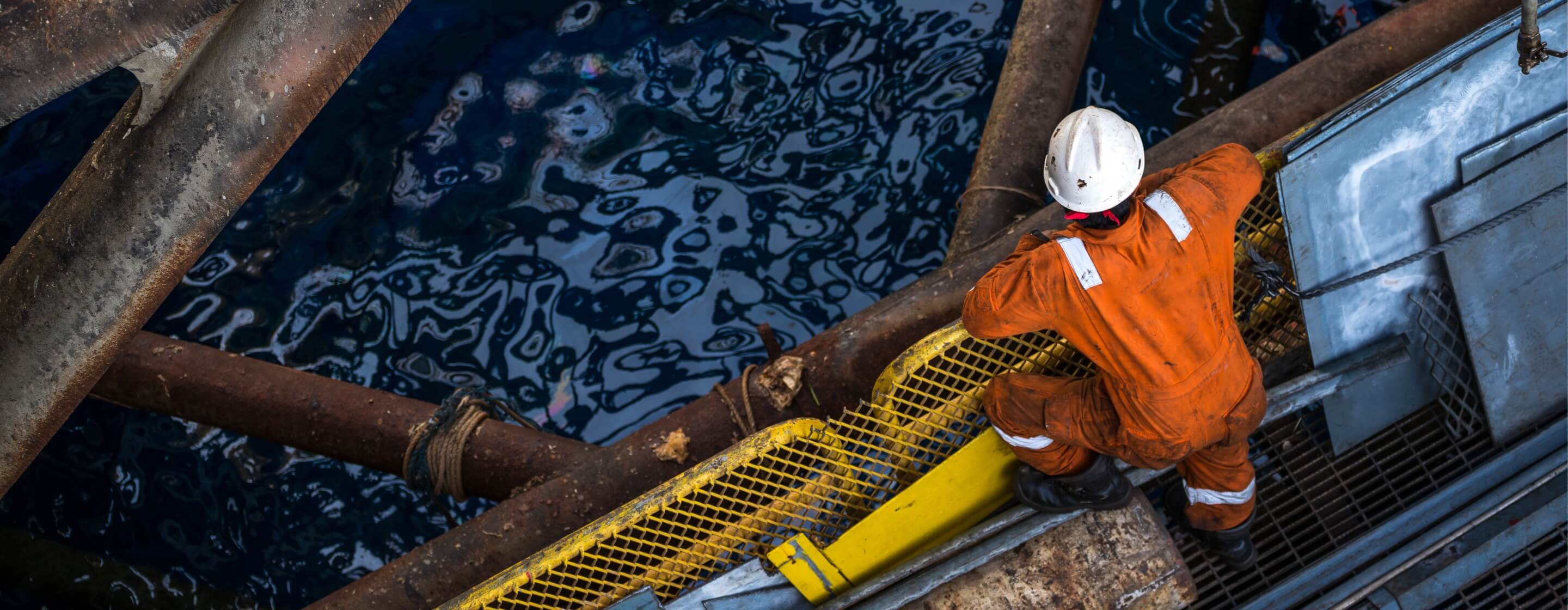
WATER WOES IN OIL AND GAS REGULATIONS ACROSS STATE LINES.
Oil and gas regulations in Texas and New Mexico, particularly in the Permian Basin, are becoming increasingly complex due to differing state laws on water management. With changes set to take effect in 2025, companies must navigate these challenges to ensure compliance and sustainability across state lines.
- 3 months, 2 weeks
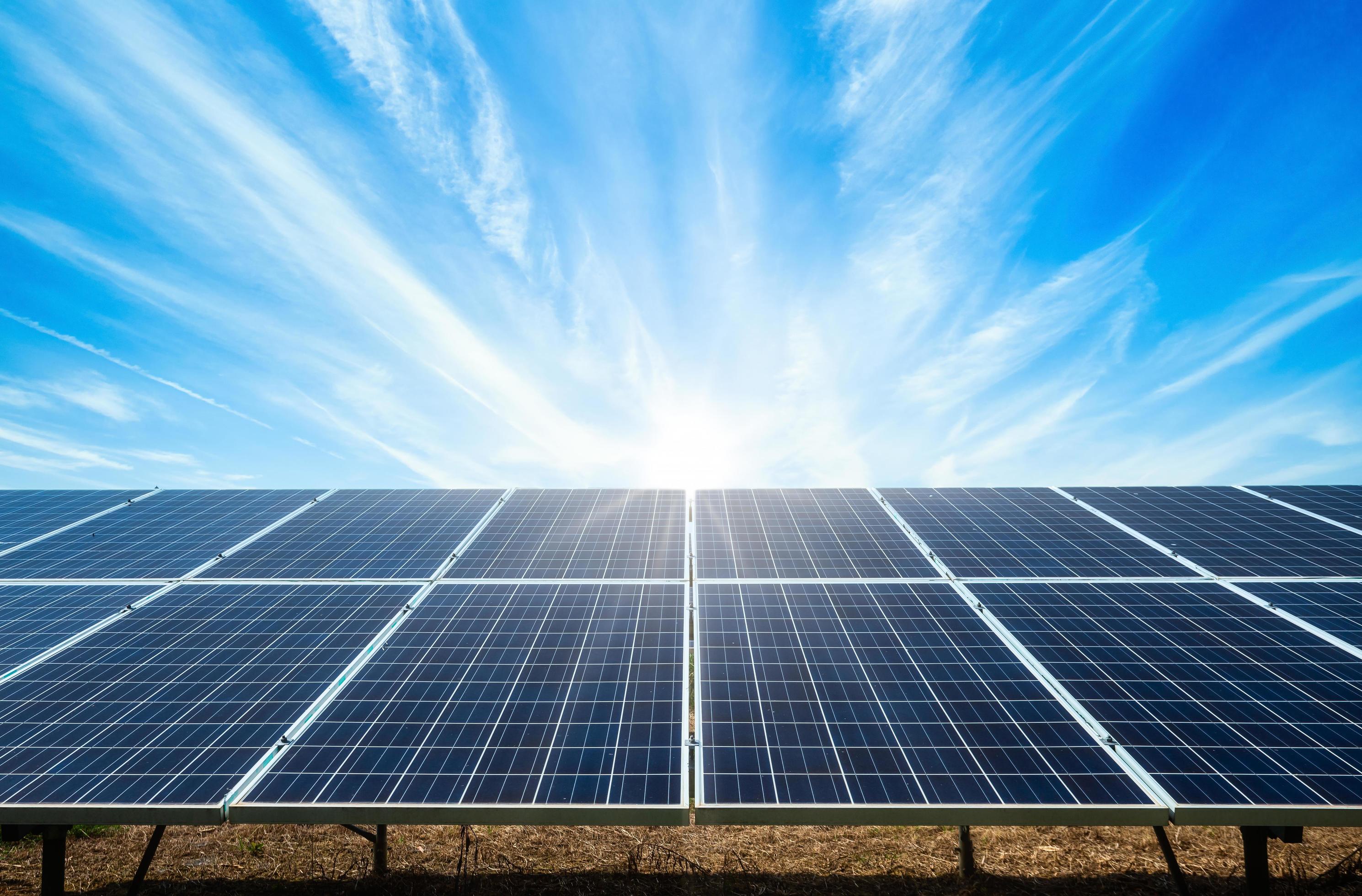
CHINA: CREATING DUSTPROOF SOLAR PANELS.
A leading Chinese company, Longi, has introduced a new line of dustproof solar panels, continuing its commitment to providing sustainable energy solutions.
- 3 months, 2 weeks

OIL COMPANIES ANNOUNCE HEFTY ROLLBACK IN FUEL PRICES.
Oil companies have announced a significant price rollback on diesel, gasoline, and kerosene, effective March 11, following a decrease in global oil prices. The Department of Energy also urged compliance with the LPG Industry Regulation Act (LIRA) to ensure safety and prevent penalties in the LPG sector.
- 3 months, 2 weeks
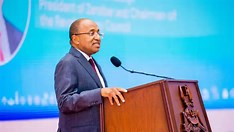
PRESIDENT HUSSEIN ALI MWINYI CALLS FOR REGIONAL PETROLEUM FUND TO BOOST OIL, GAS INDUSTRY.
Zanzibar President Hussein Ali Mwinyi has called on EAC member states to establish a regional petroleum fund to address financing challenges in the oil and gas sector, citing global activism and shifting priorities of traditional financiers as major obstacles. He emphasized the need for financial independence, regional cooperation, and infrastructure development to secure East Africa’s energy future.
- 3 months, 2 weeks
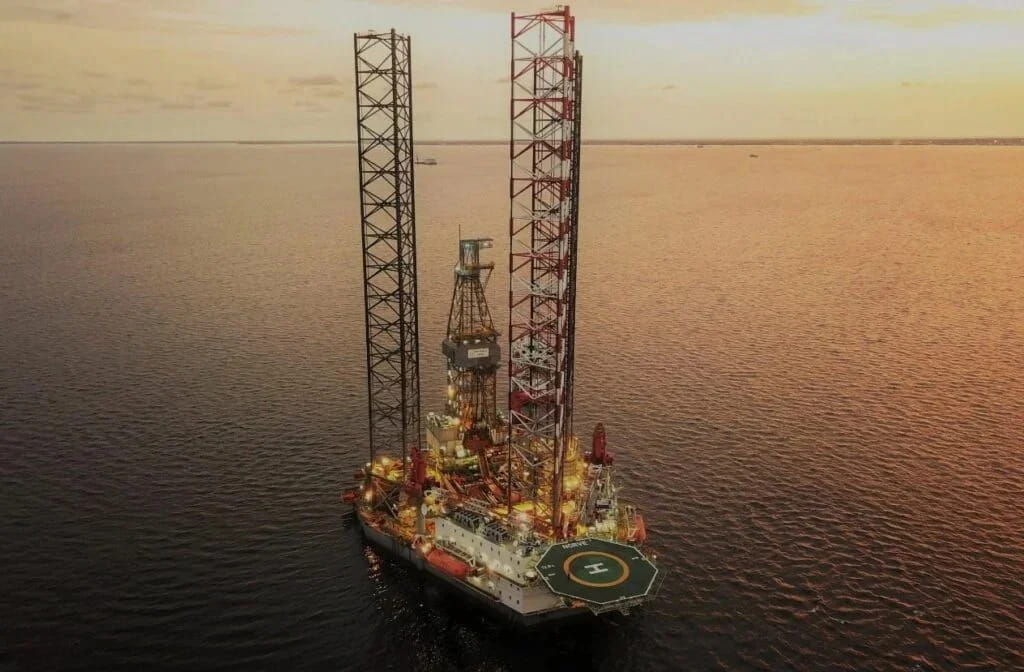
OIL DISCOVERY IN GABON PROMISES INCREASED RESERVES.
Gabon has recently made a significant oil discovery that is expected to increase its oil wealth as it is successfully developed and brought into production, according to the Washington-based Specialized Energy Platform’s oil and gas databases.
- 3 months, 3 weeks
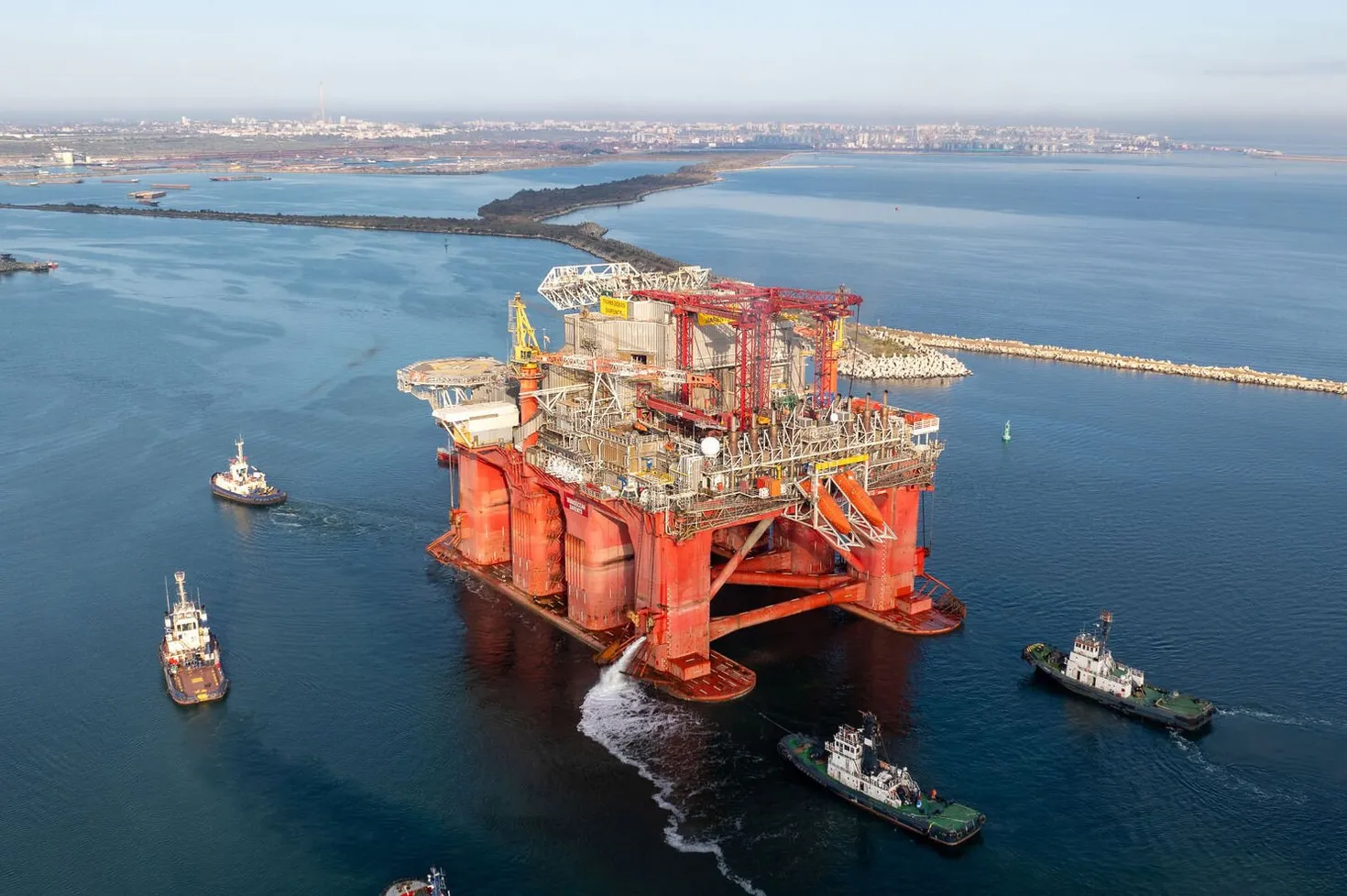
ROMANIAN GAS PROJECT WITH RESERVES OF 100 BILLION CUBIC METERS SIGNS TWO IMPORTANT CONTRACTS.
A significant milestone has been achieved in Romania’s Neptun Deep gas project, which is set to exploit recoverable reserves of 100 billion cubic meters beneath the Black Sea.
- 3 months, 3 weeks
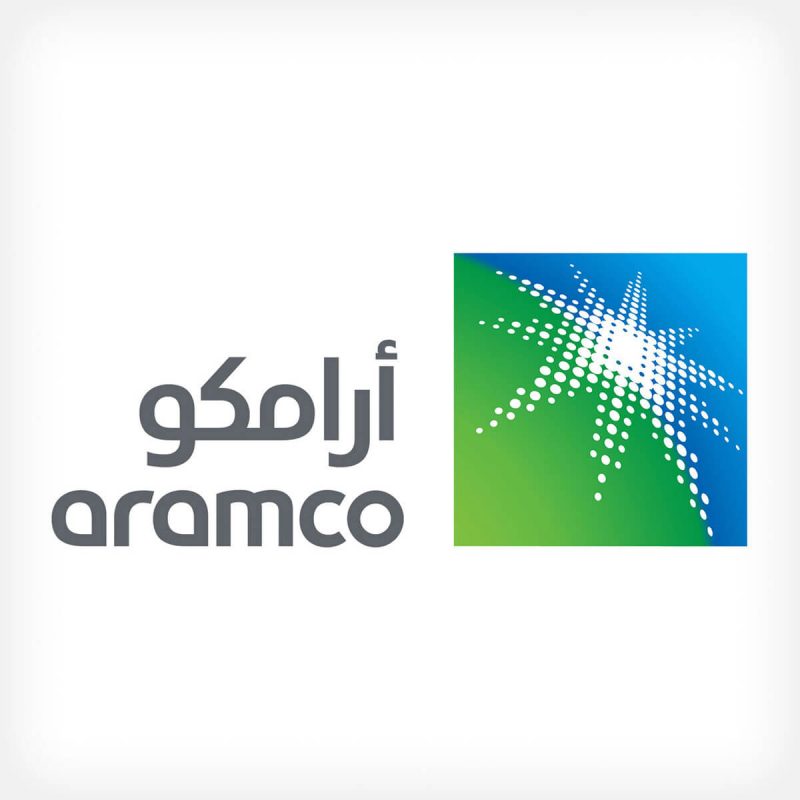
SAUDI ARAMCO MULLS NEW ACQUISITION.
Saudi Aramco is reportedly exploring the possibility of acquiring BP's lubricant assets as part of its ongoing expansion into the refining and chemicals sectors, according to a recent Bloomberg report.
- 3 months, 3 weeks
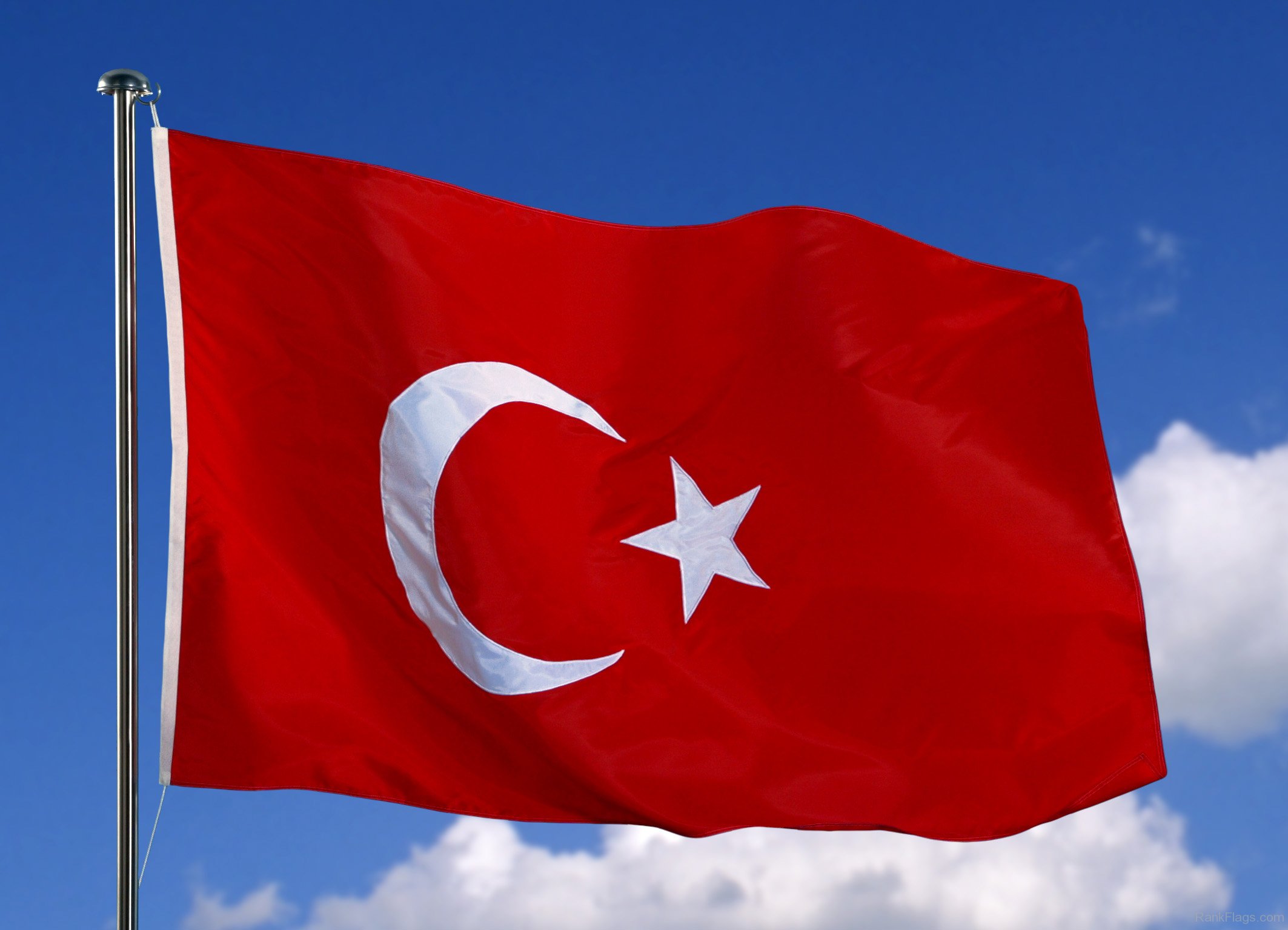
TURKISH ENERGY BENEFITS FROM GLOBAL UPHEAVAL.
Turkish President Recep Tayyip Erdoğan has been strategically working to position Turkey as a key energy hub, linking natural gas producers in the east and south with markets in the west.
- 3 months, 3 weeks
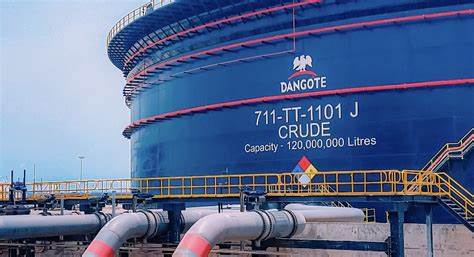
DANGOTE REFINERY ORDERS ALGERIAN CRUDE OVER LOCAL SHORTFALL.
The Dangote Petroleum Refinery secured its first shipment of one million barrels of Algeria’s Saharan Blend crude due to local supply shortages, despite Nigeria increasing its crude production. To diversify its supply sources and optimize refining efficiency, the refinery is also exploring long-term crude agreements with international suppliers like the U.S. and Brazil.
- 3 months, 3 weeks
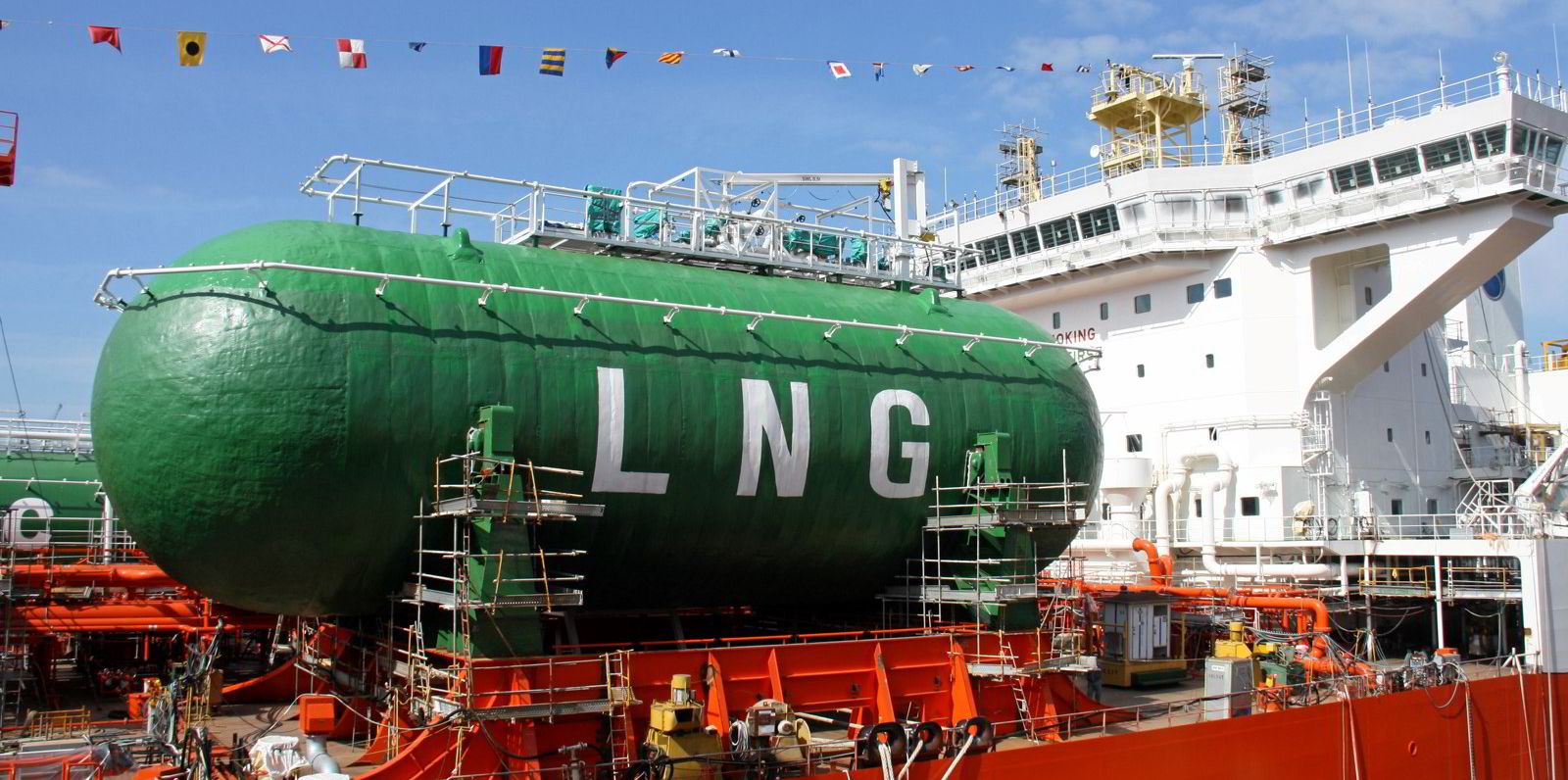
CHINA’S LNG IMPORTS SLUMP TO 5-YEAR LOW.
China's LNG imports fell to a five-year low of 4.5 million tons in February due to weak demand, lower industrial activity, and high gas storage levels. Additionally, a 15% retaliatory tariff on U.S. LNG imports could further impact future trade flows and long-term energy agreements.
- 3 months, 3 weeks
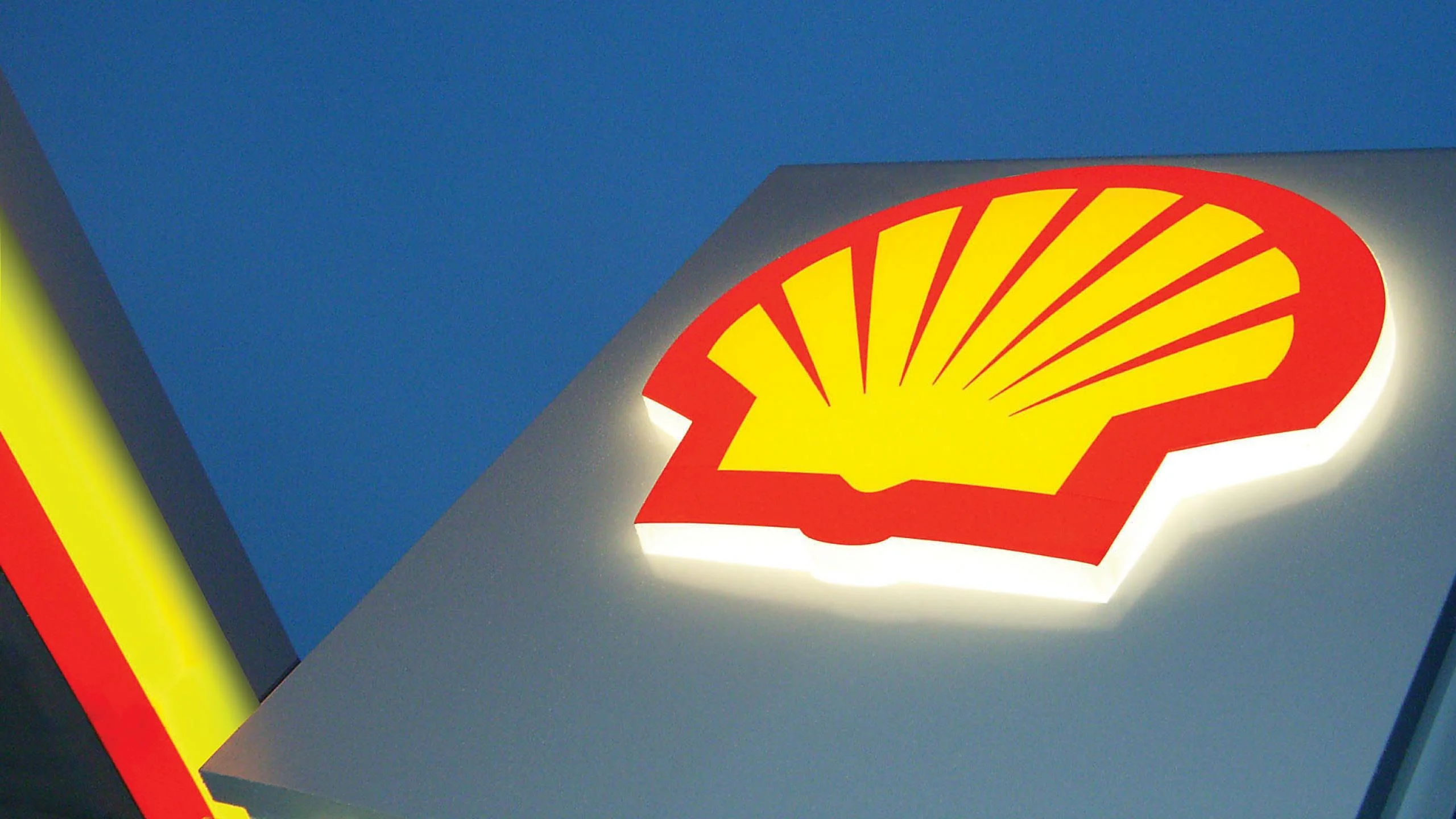
SHELL SEES LNG DEMAND JUMPING 60% BY 2040.
Shell forecasts a 60% rise in global LNG demand by 2040, driven by Asia’s economic growth, decarbonization efforts, and AI energy needs. Despite short-term uncertainties, LNG supply is set to expand, with the U.S. and Qatar leading production growth.
- 4 months

BP SLASHES GREEN INVESTMENT.
BP plans to cut its renewable energy investments and increase oil and gas production due to investor pressure over low profits. This shift follows a broader industry trend, with major oil companies scaling back green energy commitments despite environmental concerns.
- 4 months
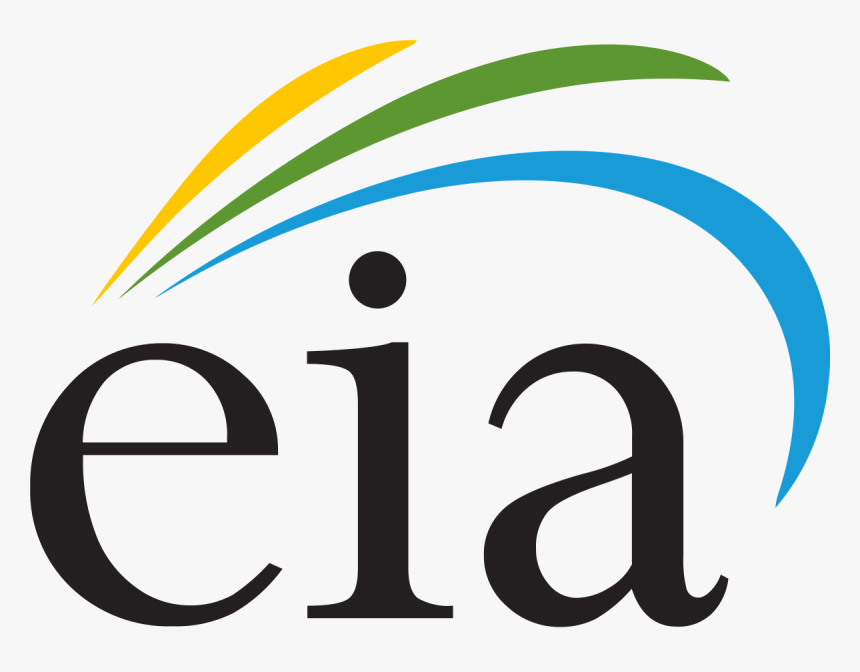
OIL RISES ON RUSSIA DISRUPTION WORRIES, US FUEL STOCKS DRAW.
Oil prices rose for the third consecutive day due to falling US fuel inventories and concerns over Russian supply disruptions. While US crude stockpiles increased, gasoline and distillate supplies declined, supporting price gains. Geopolitical tensions, including Russian attacks on Ukrainian gas infrastructure and disruptions in Kazakh oil exports, further fueled supply concerns. However, economic uncertainties, including potential trade tariffs and weakening global demand, could limit future price increases.
- 4 months
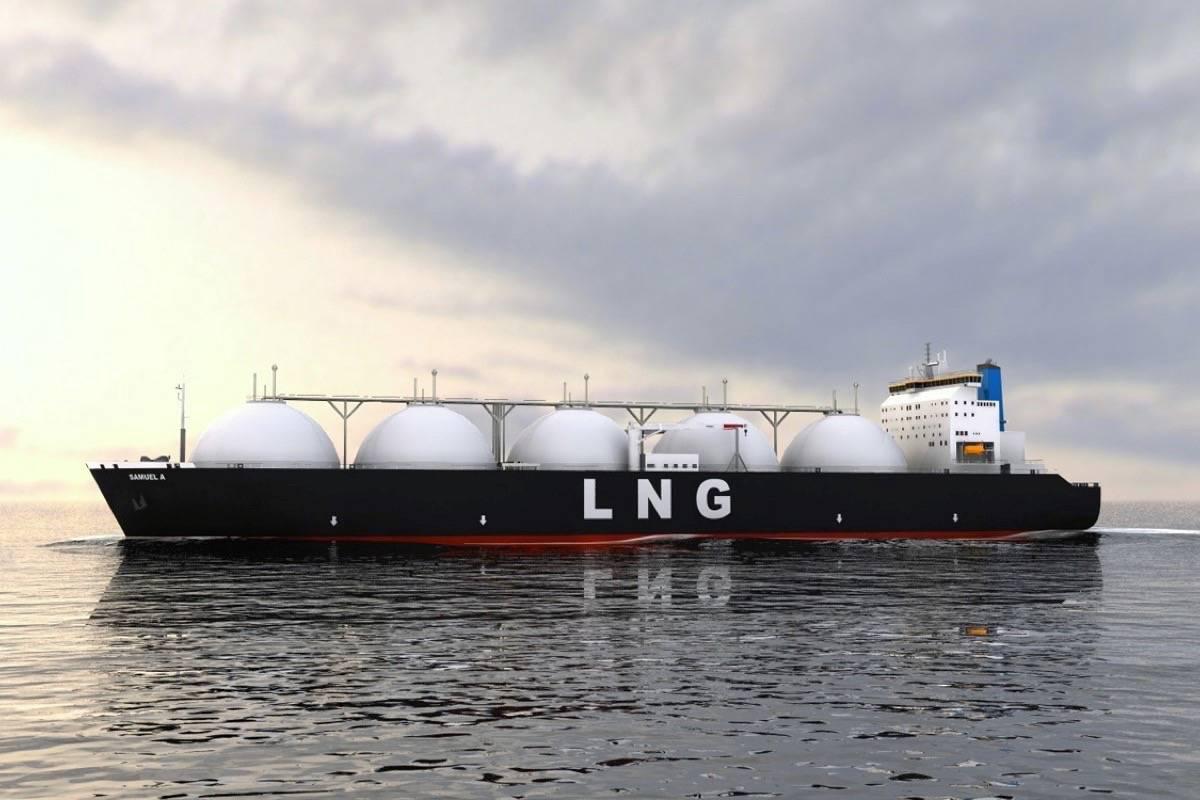
TRUMP PUSHES JAPAN TO INVEST IN ALASKAN LNG TO STRENGTHEN US-ASIA ENERGY TIES.
Former President Trump pushed Japan to invest in the Alaskan LNG project to enhance US-Asia energy cooperation. The move aimed to strengthen economic ties, reduce reliance on Middle Eastern and Russian energy, and secure long-term LNG exports.
- 4 months
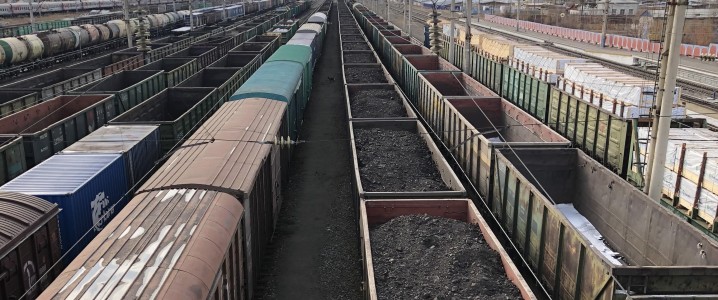
CHINA’S TARIFFS HIT U.S. COAL, OIL, AND LNG EXPORTS.
China has imposed tariffs on U.S. coal, oil, and LNG exports, significantly impacting coal trade as China seeks alternative suppliers like Mongolia and Australia. In response, U.S. coal exporters are shifting their focus to India, reshaping global energy trade dynamics.
- 4 months, 1 week
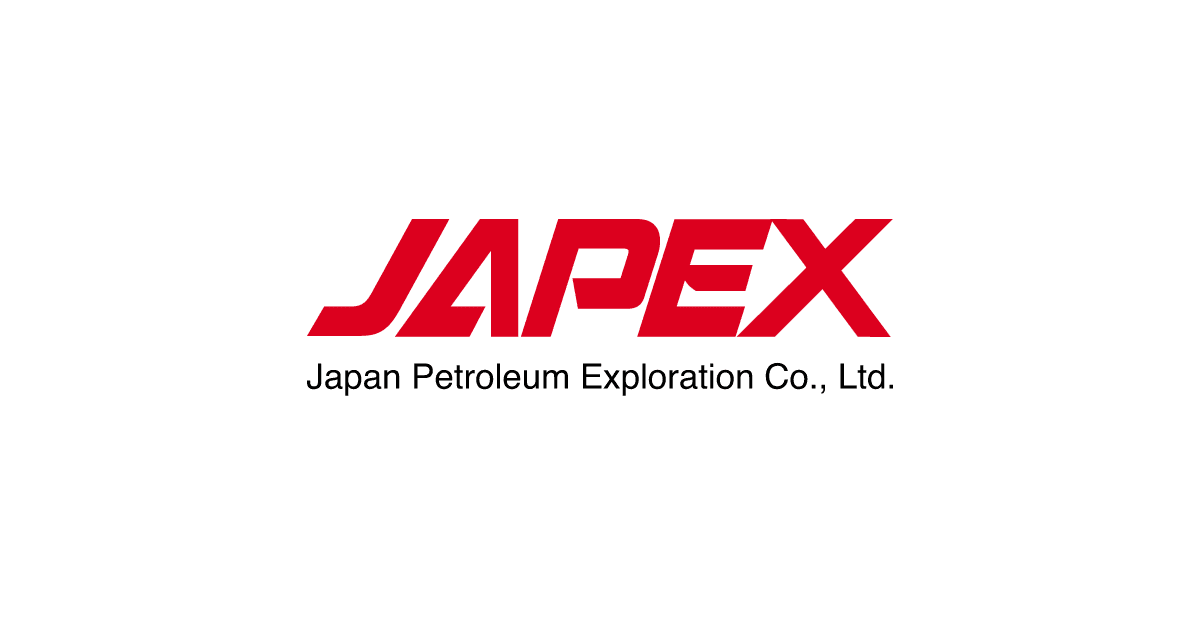
IN A MAJOR SHIFT, JAPEX TO PRIORITISE OIL AND GAS INVESTMENT THROUGH 2030.
Japex is shifting its focus to oil and gas exploration through 2030, moving away from aggressive renewable investments due to lower returns and rising costs. The company plans to increase its E&P investments, particularly in the U.S. and Norway, while maintaining a disciplined approach to financial stability and risk management.
- 4 months, 1 week
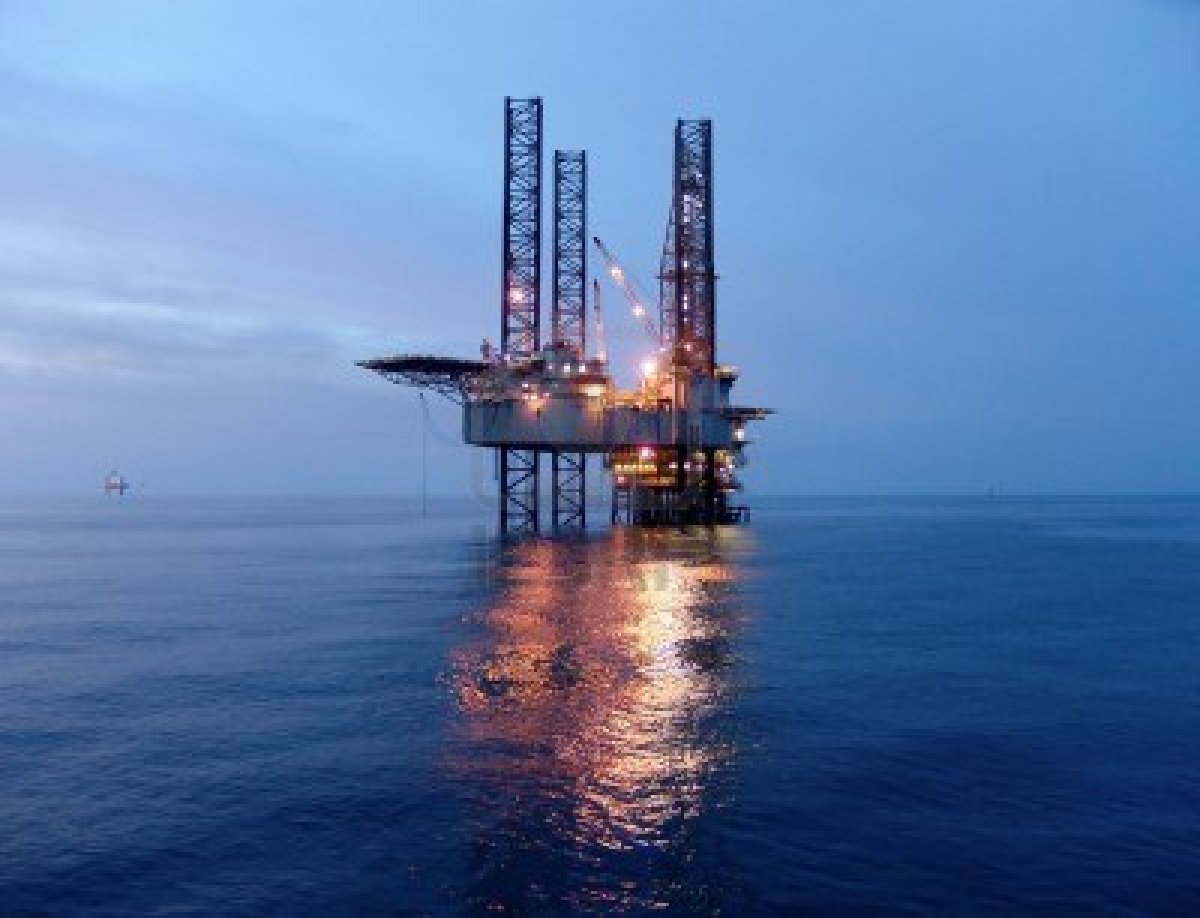
OVER 70 BLOCKS PICKED FOR OIL, GAS EXPLORATION.
Over 70 exploration blocks have been selected to boost the country’s oil and gas sector, attracting global investment and creating new opportunities for economic growth. The government aims to balance resource extraction with environmental protection, ensuring long-term benefits and energy security.
- 4 months, 1 week
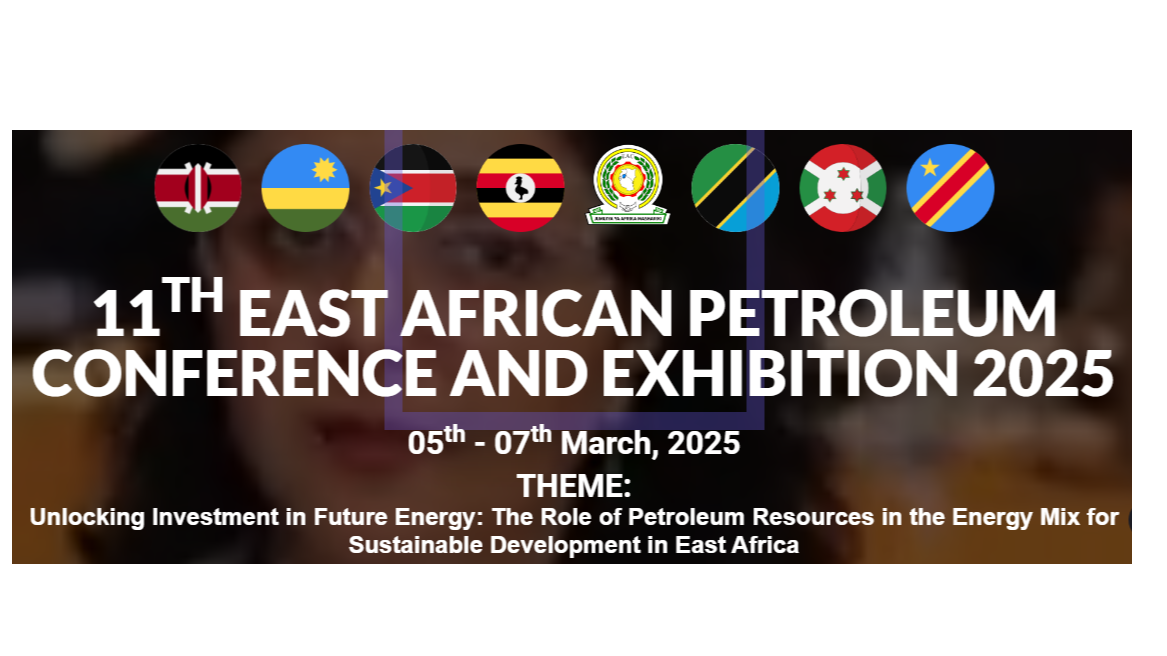
EAPCE’25 - To Shape East Africa’s Energy Future.
EAPCE’25 provides a platform for governments and investors to engage in critical discussions about the region’s energy future
- 4 months, 1 week

TANZANIA HOPES TO CONCLUDE TALKS FOR LNG PROJECT BY JUNE.
Tanzania is negotiating tax incentives with investors to advance a stalled $42 billion LNG project, with talks expected to conclude by June. Additionally, the country is progressing on a pipeline project to transport Ugandan crude oil, with 47% of its construction completed and expected to be finished in 36 months.
- 4 months, 1 week
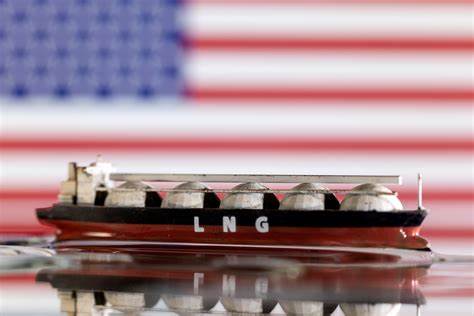
TRUMP APPROVES LNG EXPORTS, CREATES ENERGY COUNCIL TO BOOST US OIL, GAS.
President Trump approved the Commonwealth LNG project's export license, aiming to supply LNG to Asia and Europe, while also boosting U.S. energy security and reducing Europe's reliance on Russian gas. Additionally, Trump signed an executive order creating an energy council to expand U.S. oil and gas production, with plans for offshore drilling and a new natural gas pipeline to reduce regional energy prices.
- 4 months, 1 week
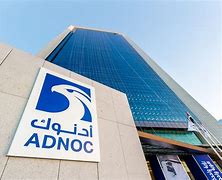
ADNOC SECURES FIVE-YEAR LNG SUPPLY DEAL WITH INDIA’S BPCL.
ADNOC has secured a five-year LNG supply deal with India's BPCL, providing 40 cargoes totaling 2.5 million tonnes, set to start in April 2025. This agreement, along with a similar deal with Indian Oil Corporation, aligns with India’s goal to increase its gas share in the energy mix by 2030.
- 4 months, 2 weeks
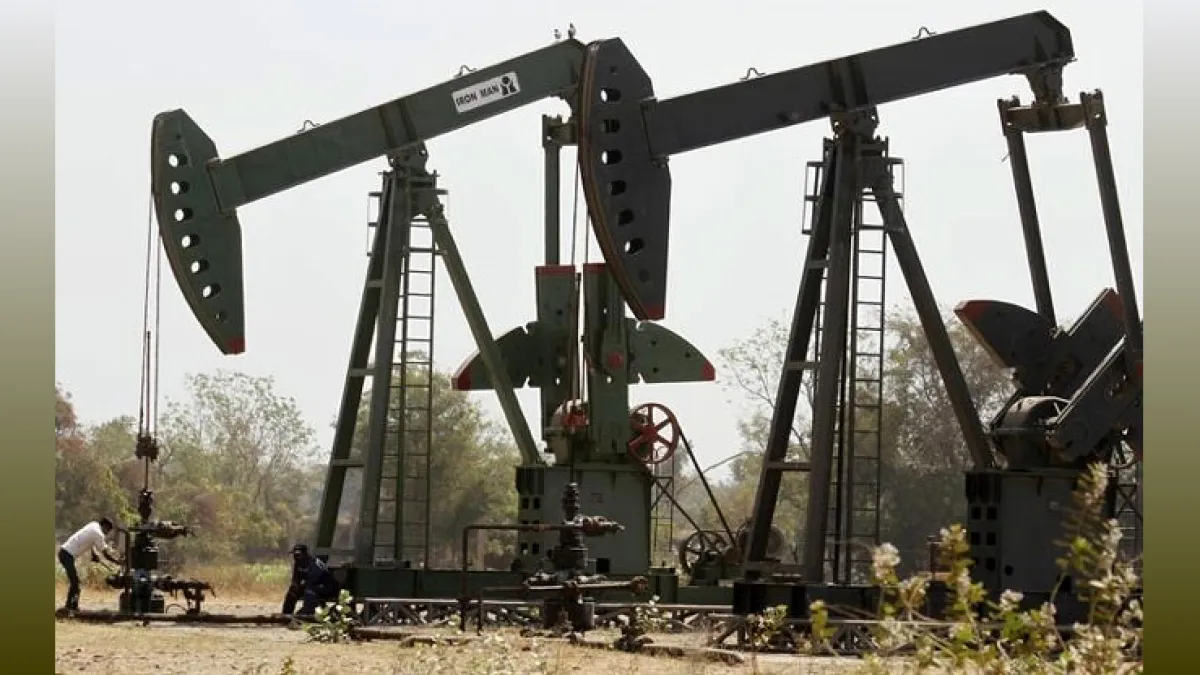
INDIA OPENS LARGEST OIL & GAS BID ROUND: 25 BLOCKS ON OFFER.
India has launched its largest oil and gas bid round, offering 25 blocks for exploration and development. This move aims to attract investors, boost domestic production, and strengthen energy security.
- 4 months, 2 weeks

INDIAN LNG BUYERS NEGOTIATE US DEALS AHEAD OF MODI-TRUMP SUMMIT.
Indian LNG importers are in talks with US suppliers to secure long-term deals ahead of Prime Minister Modi’s meeting with President Trump, as India seeks to strengthen trade ties and secure energy supplies. The discussions, influenced by government pressure and trade negotiations, reflect a broader trend of countries increasing US LNG imports to ease trade tensions.
- 4 months, 2 weeks
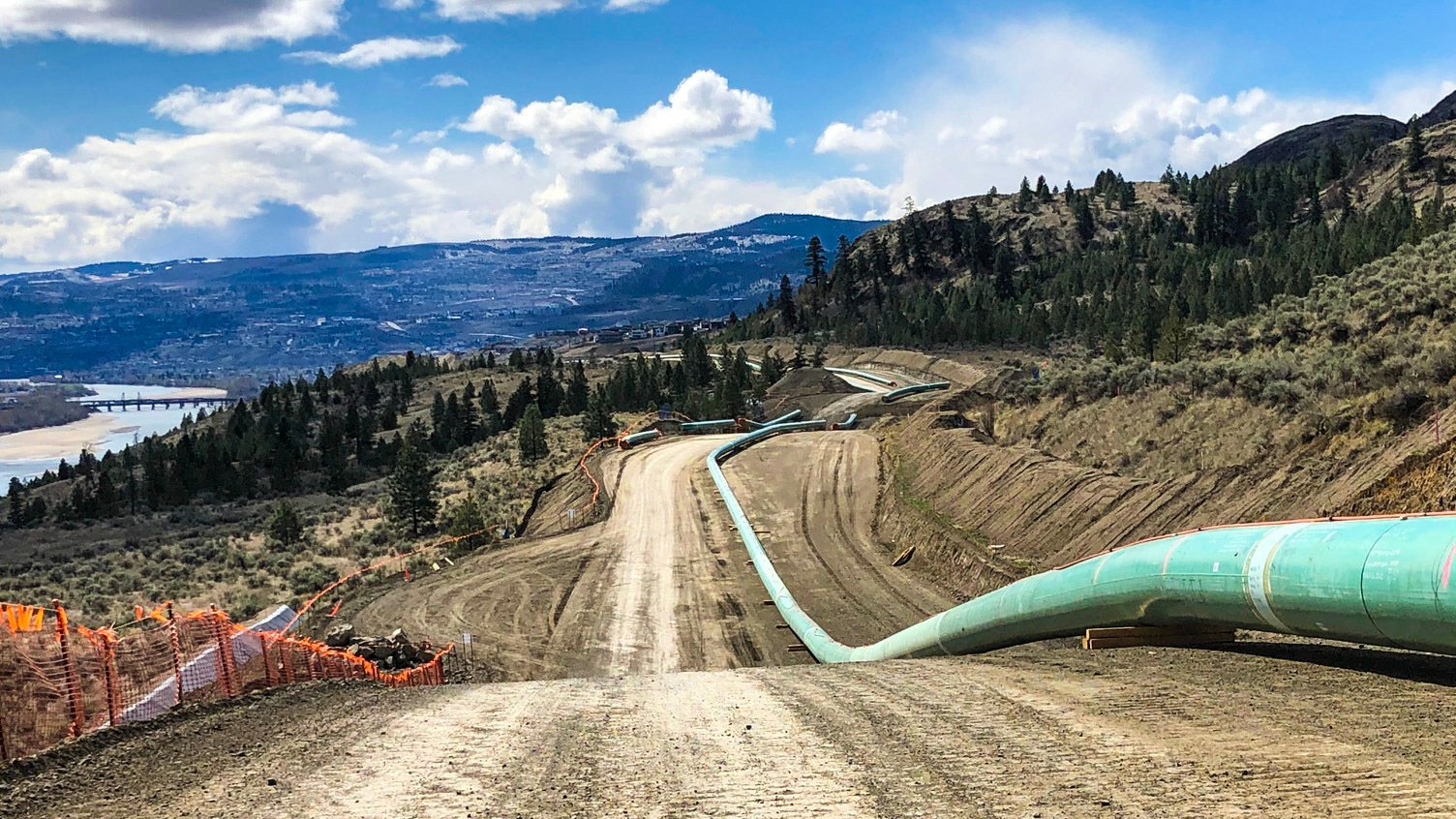
CANADIAN OIL LOOKING FOR ALTERNATIVE WAYS TO EXPORT AWAY FROM AMERICA.
Canada's oil industry is exploring new shipping routes to lessen its dependence on the United States following threats from U.S. President Donald Trump to impose tariffs on Canadian energy imports.
- 4 months, 2 weeks

TOTALENERGIES POSTS DROP IN FOURTH-QUARTER PROFIT ON WEAK OIL DEMAND.
TotalEnergies reported a 15% decline in its fourth-quarter profit due to weak oil demand and lower crude prices. However, higher electricity sales and strong liquefied natural gas (LNG) trading helped offset some of the losses.
- 4 months, 3 weeks
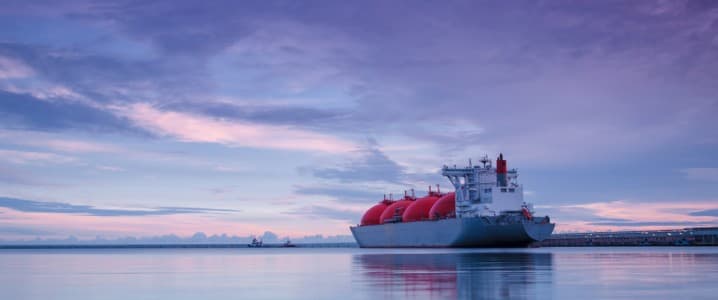
UK CONSIDERS WITHDRAWING $1-BILLION FINANCING FOR MOZAMBIQUE LNG.
The UK government is reconsidering its $1.15 billion financing for the Mozambique LNG project, seeking legal advice on whether it is still obligated to support it. The project, led by TotalEnergies, has faced delays due to security risks and political instability. The Labour government is cautious about withdrawing support due to potential legal consequences. Meanwhile, TotalEnergies has postponed the project restart amid ongoing violence and election-related disputes in Mozambique, further threatening the 2029 production timeline.
- 4 months, 3 weeks
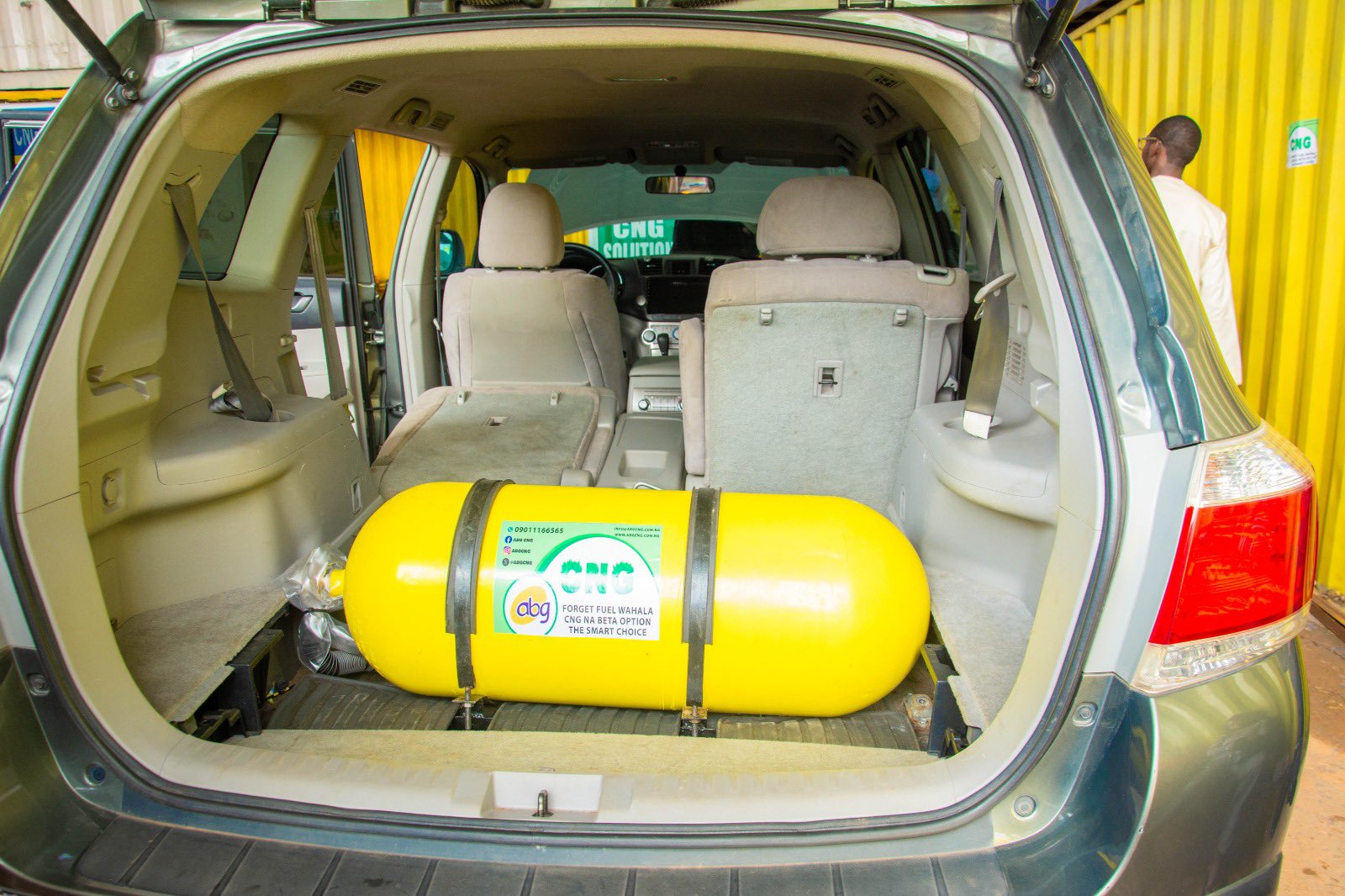
AFRICAN GOVERNMENTS OPT FOR GAS-RUN CARS OVER EVS TO DRIVE DOWN TRANSPORT EMISSIONS.
African governments are promoting compressed natural gas (CNG) as a more affordable and lower-emission alternative to petrol and diesel, offering incentives for vehicle conversions. However, critics argue that relying on CNG still ties countries to fossil fuels, delaying the transition to fully electric transportation.
- 4 months, 3 weeks
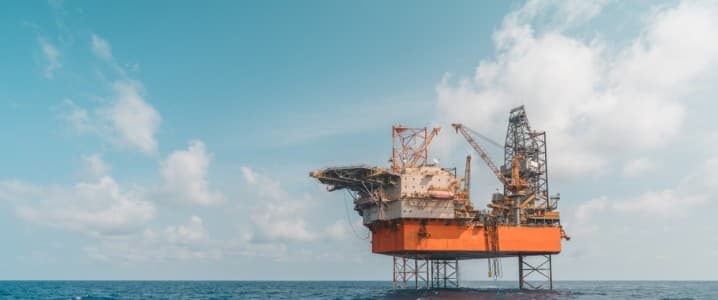
SOUTH KOREA FOUND TO HAVE 14 ADDITIONAL OFFSHORE OIL AND GAS PROSPECTS.
A U.S. geoscience exploration firm, Act-Geo, has identified 14 additional oil and gas prospects in South Korea’s East Sea, with potential reserves ranging from 680 million to 5.17 billion barrels. South Korea, which imports nearly all its fossil fuels, hopes to begin resource extraction by mid-2024 and targets commercial production by 2035.
- 4 months, 3 weeks

CZECHIA HAS WEANED ITSELF OFF RUSSIAN OIL AND GAS, INSISTS ENERGY SECURITY ENVOY.
The Czech Republic has significantly reduced its dependence on Russian oil and gas by securing alternative energy sources and expanding infrastructure. Despite criticism over continued Russian energy spending, the government maintains that full independence is imminent, with U.S. pressure expected to further influence European energy policies.
- 4 months, 3 weeks
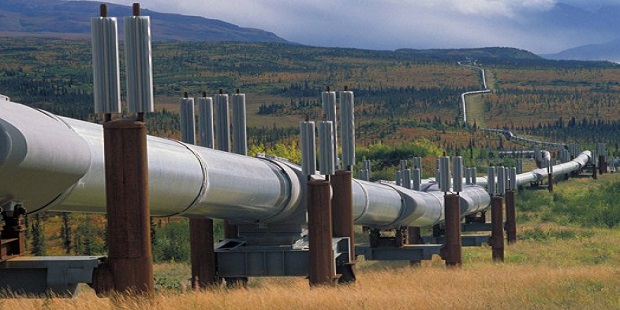
TANZANIA: TAZAMA PIPELINE CAPACITY SURGES .
The Tanzania–Zambia Crude Oil Pipeline (TAZAMA) has increased its fuel transport capacity to 1.2–1.3 billion litres annually by introducing a Drag Reduction Agent (DRA) that reduces friction and enhances efficiency. This innovation significantly boosts daily fuel flow, providing economic benefits to both Tanzania and Zambia while avoiding costly pipeline expansions.
- 4 months, 3 weeks
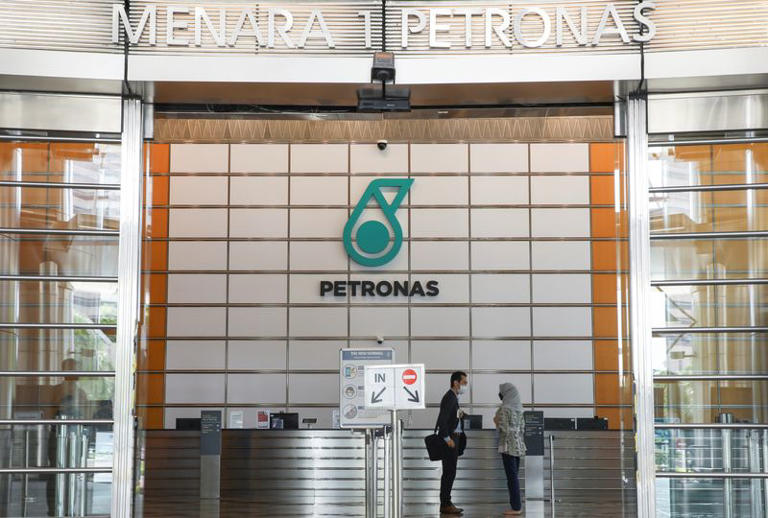
MALAYSIA'S PETRONAS AIMS TO BOOST OIL AND GAS OUTPUT OVER NEXT 3 YEARS.
Petronas plans to increase Malaysia’s oil and gas production to 2 million barrels of oil equivalent per day between 2025 and 2027 through key projects and exploration activities. The company aims to drill over 400 wells and execute 39 upstream projects, including offshore platforms, onshore facilities, and extensive pipeline installations.
- 4 months, 3 weeks
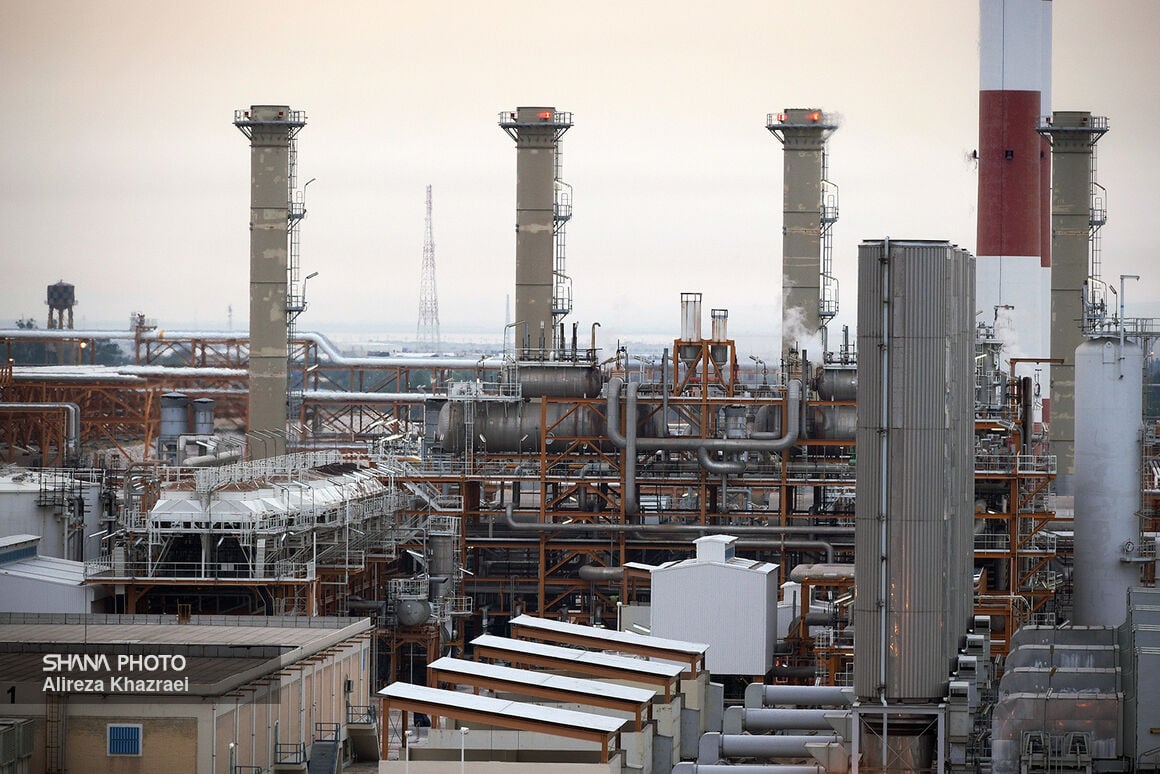
SOUTH PARS COMPLEX BOOSTS IRANIAN GAS PRODUCTION BY 165 BILLION CUBIC METERS.
In recent months, Iran's gas production has seen a significant boost, largely driven by the South Pars complex, as part of the country's efforts to meet domestic demand.
- 4 months, 3 weeks

PETROBRAS INCREASES OIL AND GAS RESERVES TO 11.4 BILLION BARRELS.
Petrobras has increased its proven oil and gas reserves to 11.4 billion barrels of oil equivalent (boe) in 2024, up from 10.9 billion boe in 2023, mainly due to advancements in key offshore fields. The company emphasizes the need for continued investment in exploration and recovery to sustain future production.
- 4 months, 4 weeks
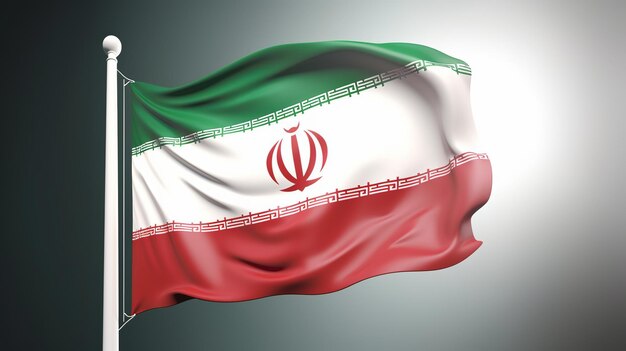
5.4 MILLION BARRELS OF IRANIAN OIL LEAVE CHINA.
Iran's oil industry is facing new challenges as it grapples with the impending pressure of US sanctions and mounting debt owed to China.
- 5 months

LEBANESE OFFICIAL REQUESTS CANCELLATION OF GAS EXPLORATION AGREEMENT WITH TOTAL.
Walid Fayyad, the Lebanese caretaker Minister of Energy, has confirmed that the French energy company Total has failed to meet the terms of its agreement regarding gas exploration in Lebanon.
- 5 months

INDIA UPS EFFORTS TO SEEK ALTERNATIVES TO RUSSIAN OIL.
India is seeking alternatives to Russian oil as new U.S. sanctions target tankers and entities transporting Russian crude, challenging its current supply chain. While Russia remains a key supplier, India is diversifying its imports by strengthening ties with Middle Eastern exporters and expanding its supplier base to ensure energy security.
- 5 months, 1 week

LIBYA PLANS TO INCREASE OIL, GAS PRODUCTION TO 2 MLN BARRELS PER DAY OVER NEXT 3 YEARS.
Libya's National Oil Corporation (NOC) plans to boost daily oil and gas production to two million barrels within three years, focusing on recovery, refining, and private sector collaboration. Despite political challenges, the NOC has already increased production to 1.41 million barrels per day, showcasing significant progress in the country's vital oil sector.
- 5 months, 1 week

LPG SHIPMENT FROM ALGERIA TO ARAB COUNTRY.
In a significant demonstration of energy cooperation among Arab nations, Algeria has sent a shipment of liquefied natural gas (LPG) to Tunisia to help meet the country's rising domestic demand.
- 5 months, 1 week
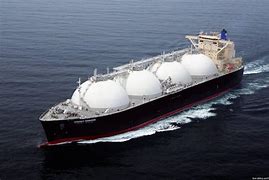
AFRICA STARTS YEAR WITH A SMALL LNG OFFERING FOR THE WORLD.
Africa is beginning to unlock its LNG export potential, with BP launching first gas at the Greater Tortue Ahmeyim (GTA) project offshore Mauritania and Senegal after overcoming delays and challenges. This milestone highlights the continent’s capacity to execute complex energy projects, signaling its growing role in the global LNG market.
- 5 months, 1 week
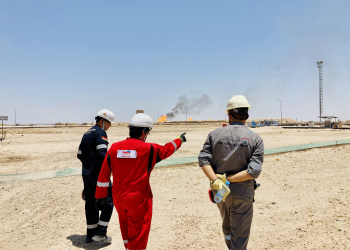
TOTALENERGIES LAUNCHES ARTAWIGAS25 PROJECT TO BOOST IRAQ'S ENERGY SUPPLY AND REDUCE GAS FLARING.
TotalEnergies, along with its partners Basra Oil Company and QatarEnergy, has launched the construction of the ArtawiGas25 facility to process associated gas from Iraq’s Ratawi field. The project is part of the $10 billion Gas Growth Integrated Project, aimed at reducing gas flaring and improving the country's energy supply.
- 5 months, 2 weeks
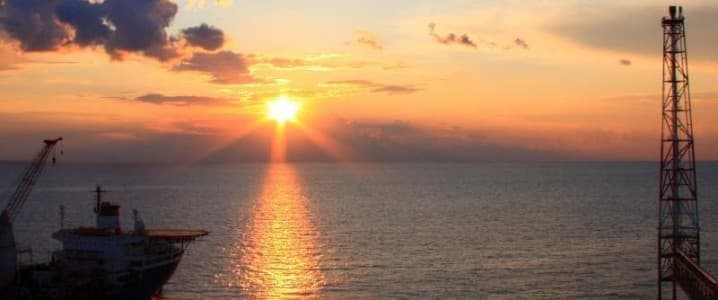
WAVE OF NEW LNG SUPPLY FUELS GLUT FEARS.
The global LNG market is poised for a major shift as the U.S. and Qatar expand their export capacities, potentially leading to an oversupply by the late 2020s. However, rising demand from Asia, Europe, and emerging sectors like data centers could absorb the surplus and stabilize prices, depending on geopolitical and market dynamics.
- 5 months, 2 weeks

SAUDI OIL EXPORTS TO CHINA SET FOR FEBRUARY DECLINE.
Saudi Arabia’s crude oil exports to China are expected to drop from 46 million barrels in January to 43.5 million barrels in February. The decline follows Aramco's decision to raise the price of its flagship Arab Light crude for February deliveries by $0.60 per barrel.
- 5 months, 2 weeks

EUROPE'S LNG IMPORTS SURGE AMID WINTER ENERGY DEMAND.
Europe’s LNG imports soared to an 11-month high in December 2024, driven by early winter cold snaps and depleted gas storage levels. U.S. LNG played a crucial role, accounting for half of the imports, as Europe prepared for ongoing energy demand and future storage replenishment.
- 5 months, 2 weeks
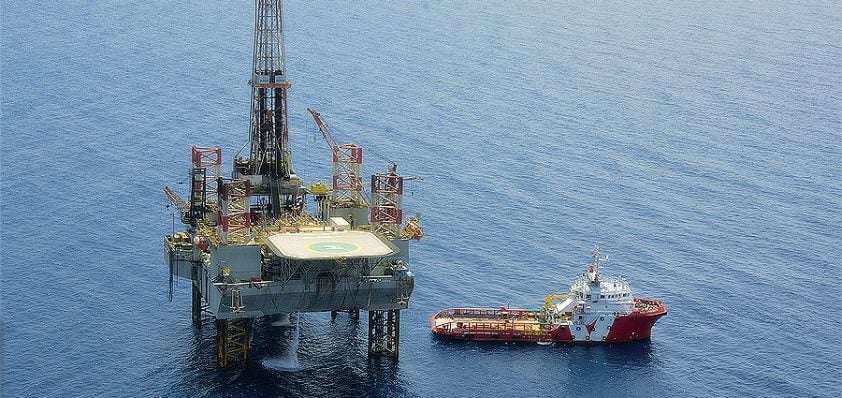
SAUDI DRILLING COMPANY AWARDED FIRST-OF-ITS-KIND CONTRACT IN WEST AFRICA.
A Saudi-based drilling company has secured its first contract in West Africa, marking a significant milestone in expanding its operational footprint across global markets.
- 5 months, 2 weeks
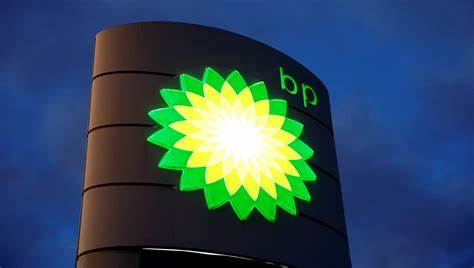
BP FLOWS FIRST GAS AT GREATER TORTUE AHMEYIM LNG PROJECT.
BP has safely begun flowing gas from Greater Tortue Ahmeyim (GTA) Phase 1, one of the deepest, most complex gas developments in Africa. The 2.3 million tonnes per annum (mtpa) LNG project is expected to contribute to meeting global energy needs.
- 5 months, 3 weeks

BIDEN BANS NEW OIL AND GAS DRILLING ALONG MOST U.S. COASTS.
President Biden announced a permanent ban on oil and gas drilling across 625 million acres of U.S. coastal waters, citing environmental and economic risks. Biden’s executive order blocks new drilling along the Eastern Seaboard, the Pacific Coast, the eastern Gulf of Mexico, and the Northern Bering Sea in Alaska.
- 5 months, 3 weeks

THREE ELECTRIC TUGBOATS TO BE BUILT AT THE LARGEST PORT FOR U.S. OIL EXPORTS.
A group of companies is utilizing a government grant to fund the construction of three electric tugboats at the Port of Corpus Christi, Texas, one of the largest U.S. oil export hubs.
- 5 months, 3 weeks
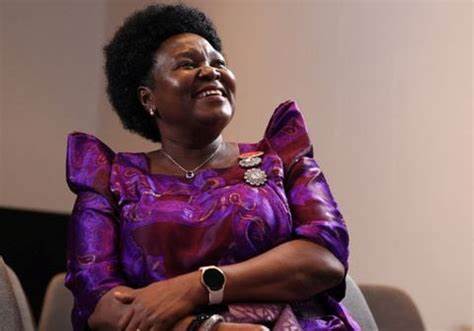
UGANDA PLANS THIRD OIL EXPLORATION LICENSING ROUND.
Uganda plans to launch its third oil exploration licensing round in July 2025, alongside commencing crude oil production in the Albertine Graben basin after years of delays. Additionally, the government is reviving the dormant Kilembe copper mine, which holds significant reserves of copper and cobalt, to boost economic growth.
- 5 months, 3 weeks

MALAWI TURNS TO TANGA PORT FOR ITS FUEL DELIVERY.
Malawi's Ministry of Energy has opted to use Tanzania's Tanga Port for emergency fuel deliveries, bypassing congested traditional ports to ensure timely supply. This decision, accompanied by a 51-million-litre fuel shipment from the UAE, reflects the government’s proactive approach to stabilizing the nation’s fuel market.
- 5 months, 3 weeks

UKRAINE ENDS RUSSIAN GAS PIPELINE TO EUROPE – BUT HOW MUCH WILL IT COST MOSCOW?.
Ukraine has stopped Russian gas flows through its pipelines to Europe, marking a significant shift in energy supplies. This move will cost Russia billions in lost revenue and reduce its leverage over European energy markets.
- 5 months, 3 weeks

BUDGET-FRIENDLY BIODIESEL PRODUCTION IN AFRICA.
Homemade biodiesel production is gaining momentum across Africa as a cost-effective, eco-friendly alternative to fossil fuels, utilizing waste vegetable oil and simple DIY setups. By leveraging local resources, community collaboration, and continuous learning, individuals can create sustainable energy solutions while reducing environmental waste and fuel expenses.
- 5 months, 3 weeks

TANZANIA: PUBLIC NOTICE ON CAP PRICES FOR PETROLEUM PRODUCTS EFFECTIVE WEDNESDAY, 1ST JANUARY 2025.
The Energy and Water Utilities Regulatory Authority (EWURA) has announced new cap prices for petroleum products in Tanzania Mainland, effective 1st January 2025, ensuring transparent and regulated pricing for consumers and retailers. The notice outlines FOB price trends, exchange rate impacts, and compliance requirements, emphasizing penalties for non-adherence and promoting competitive practices in the petroleum sector.
- 5 months, 3 weeks

AN OIL AND GAS FIELD IN AFRICA EXPANDS PRODUCTION.
A major oil and gas field in West Africa is advancing plans to develop over two billion barrels of reserves, significantly increasing production in Ivory Coast.
- 5 months, 4 weeks
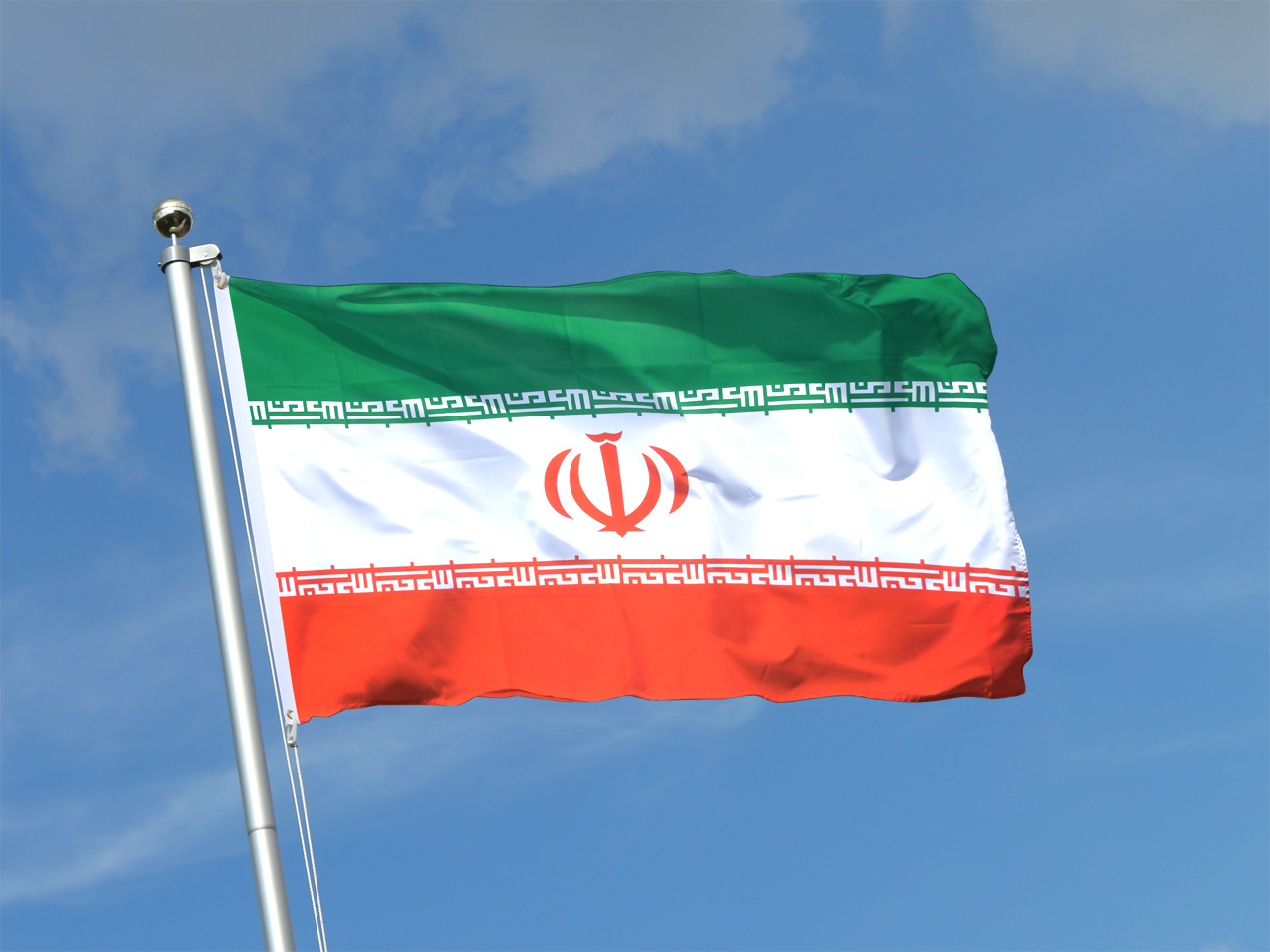
80 POWER STATIONS IN IRAN OUT OF SERVICE DUE TO FUEL SHORTAGES.
Approximately 80 power plants in Iran have ceased operations due to a shortage of natural gas and liquid fuels, worsening the ongoing power crisis in the country.
- 6 months
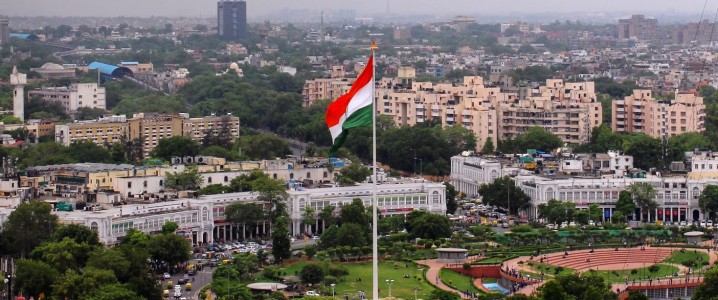
INDIA TAKES THE LEAD IN OIL DEMAND GROWTH.
Between 1998 and 2023, China consistently outpaced India in terms of oil demand growth. However, in 2024 and 2025, this trend is set to shift, with India emerging as the primary driver of global oil consumption growth.
- 6 months
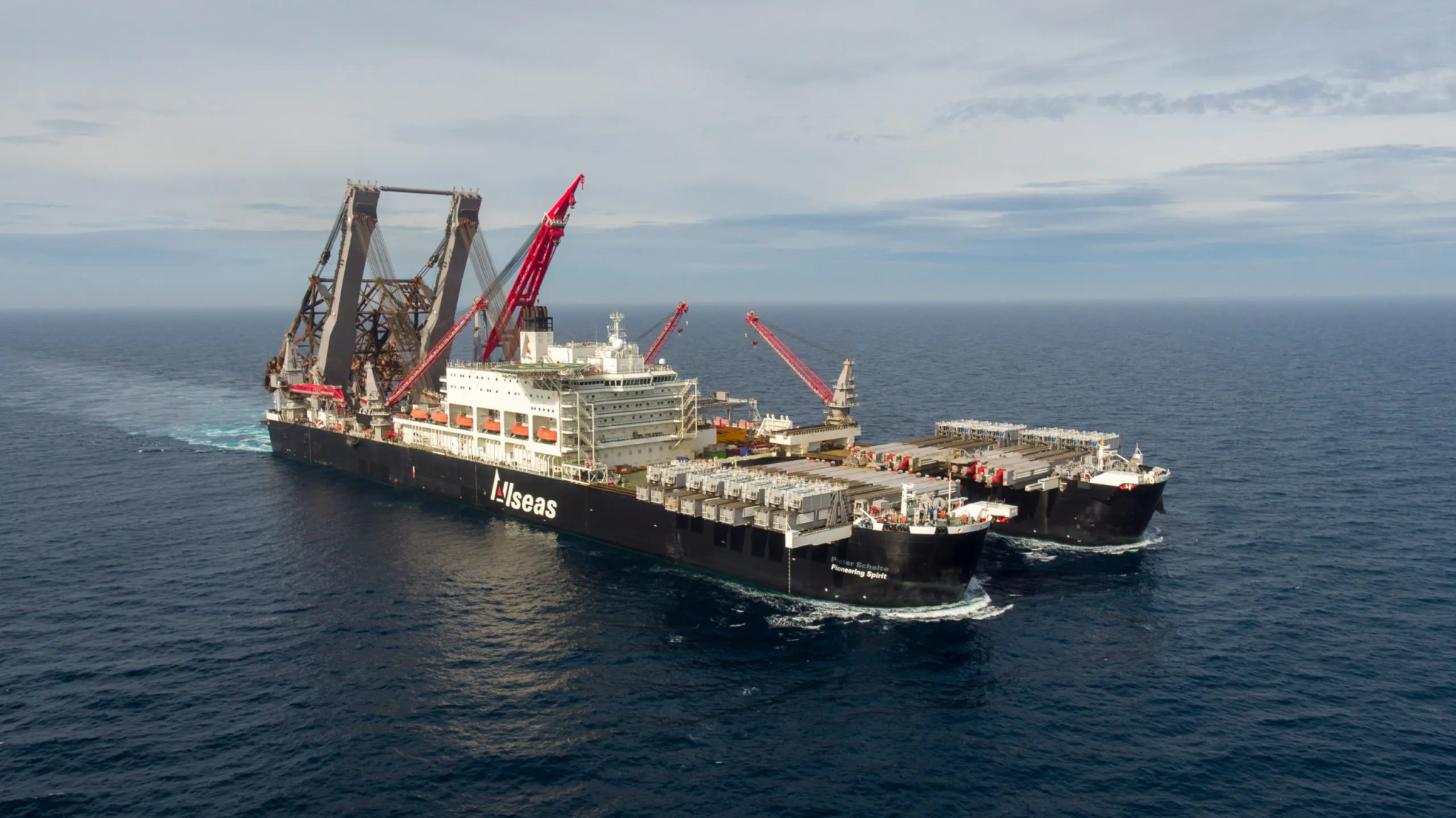
AUSTRALIA: DISMANTLING OF HUGE OFFSHORE PLATFORMS TO BEGIN IN 2027.
Preparations are underway for the largest offshore platform dismantling project in Australia, marking a significant milestone in the country’s oil and gas sector.
- 6 months
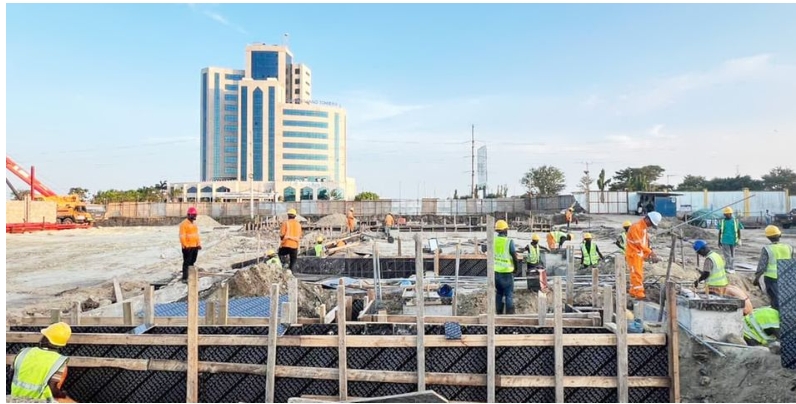
TANZANIA: SAM NUJOMA CNG STATION IN DAR ES SALAAM 67 PERCENT COMPLETE, SET TO OPEN JANUARY 2025.
The Sam Nujoma CNG station in Dar es Salaam is 67% complete and is expected to open in January 2025. Once finished, it will significantly contribute to meeting the growing demand for compressed natural gas in the region.
- 6 months, 1 week
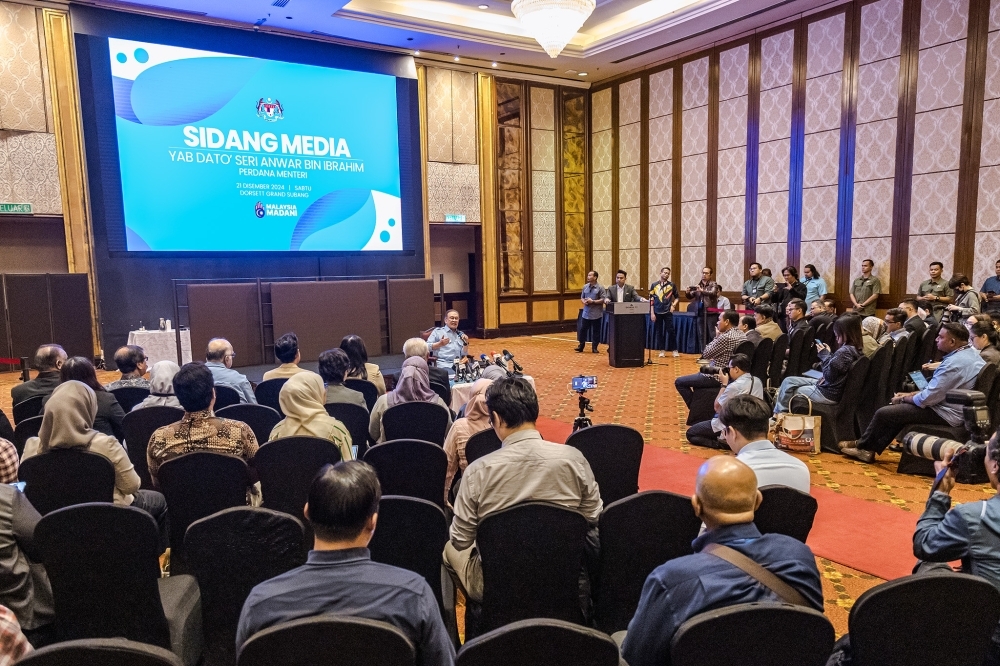
PETRONAS AND PETROS COLLABORATION KEY TO OIL AND GAS INDUSTRY GROWTH, SAYS PM ANWAR.
Prime Minister Datuk Seri Anwar Ibrahim emphasized the collaboration between Petronas and Petros to drive growth in the oil and gas industry, ensuring Petros emerges as a key player while respecting Petronas' national role. He confirmed that discussions on gas distribution have been resolved, with details being finalized in coordination with Sarawak Premier Tan Sri Abang Johari Openg.
- 6 months, 1 week

BIDEN NEGLECTS OIL AND GAS ON AFRICA TRIP.
President Biden's visit to Angola highlighted U.S. investments in clean energy projects like solar power and the Lobito Corridor, aiming to bolster U.S.-Africa relations and counter China’s influence. However, critics argue that Angola's immediate energy and economic needs are better served by leveraging its abundant oil and gas reserves, which require addressing corruption and security challenges.
- 6 months, 1 week
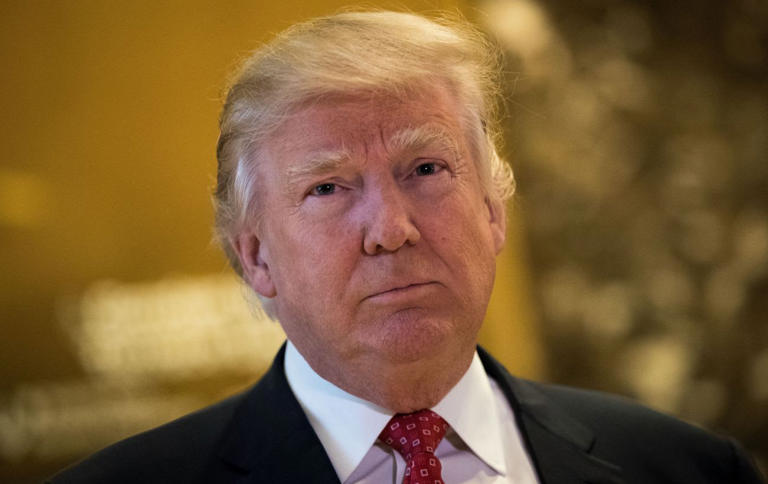
TRUMP DEMANDS EU BUY MORE US OIL AND GAS OR FACE TARIFFS.
President-elect Donald Trump has demanded that the EU purchase more US oil and LNG to address trade imbalances, threatening tariffs if his demands are not met. While the EU explores replacing Russian gas with US imports, officials are prepared to counter any trade aggression with strengthened measures to protect the bloc’s interests.
- 6 months, 1 week

SHELL TRADED NIGERIA EXIT FOR FRESH OIL INVESTMENT.
Shell secured the Nigerian government’s approval for a $2.4 billion asset sale to Renaissance Group by committing to a $5 billion investment in the Bonga North deepwater oil project, expected to produce 110,000 barrels per day by the decade’s end. The government prioritized this investment to ensure Shell's continued presence in Nigeria’s oil sector amid efforts to boost production and revenue.
- 6 months, 1 week

EQUINOR DISCOVERS OIL AND GAS NEAR TROLL FIELD IN THE NORTH SEA.
Equinor has discovered oil and gas near the Troll field in the North Sea, with the Ringand discovery estimated to contain between 2 and 12 million barrels of oil equivalent. The company plans further exploration in the area, which is close to existing infrastructure, to maximize resource utilization and support Norway’s oil and gas production.
- 6 months, 1 week

THE UNITED STATES IS BUYING RUSSIAN LIQUEFIED NATURAL GAS FROM INDIA AND SELLING IT TO EUROPE AT INFLATED PRICES.
The United States is buying Russian gas from India and reselling it to Europe at higher prices, capitalizing on market dynamics amid ongoing geopolitical tensions. Europeans are aware of the source, but the gas is marketed as "democratic gas of freedom," having undergone a process of purification, despite the inflated costs.
- 6 months, 1 week

SEPLAT ENERGY PLANS TO REVITALIZE OLD OIL WELLS IN NIGERIA AFTER ACQUISITION OF EXXONMOBIL ASSETS.
Seplat Energy, a prominent Nigerian oil and gas company, is preparing to rejuvenate old oil wells across Nigeria, following its successful acquisition of ExxonMobil’s onshore oil and gas assets in the country.
- 6 months, 2 weeks

SYRIA: NISHAN FIELD HAS PRODUCTION LEVEL OF 1,100 BARRELS PER DAY RENEWS HOPES OF OIL PRODUCTION.
The Nishan oil field, located in Syria's Deir Ezzor province, has long been a vital source of the country’s oil production, particularly before the outbreak of the war in 2011.
- 6 months, 2 weeks

U.S. GAS PRICES DROP TO LOWEST LEVELS.
U.S. gas prices hit an all-time low in November, reaching their lowest inflation-adjusted levels, according to a recent report from the Washington-based Energy Research Unit.
- 6 months, 2 weeks

APRIPERF AND AFRICA’S DESIRE TO PROTECT ITS OIL AND GAS ASSETS.
The 26th Ministerial Meeting of the Gas Exporting Countries Forum (GECF) was held in Tehran, bringing together key officials from member and observer states to discuss global energy security and the future of natural gas. The forum highlighted rising global demand for natural gas and its members' significant role in controlling the world’s gas reserves and exports.
- 6 months, 2 weeks

IRAN HOSTS MINISTERIAL MEETING OF GAS EXPORTING COUNTRIES FORUM.
The 26th Ministerial Meeting of the Gas Exporting Countries Forum (GECF) was held in Tehran, bringing together key officials from member and observer states to discuss global energy security and the future of natural gas. The forum highlighted rising global demand for natural gas and its members' significant role in controlling the world’s gas reserves and exports.
- 6 months, 2 weeks

ZANZIBAR ACKNOWLEDGES PUMA IN DRIVING SUSTAINABLE ENERGY AGENDA SOLUTIONS.
Zanzibar's Minister for Water, Energy, and Minerals, Mr. Shaib Hassan Kaduara, praised Puma Energy Tanzania for its support in advancing sustainable energy solutions and contributing to the region's economic growth. The company’s investments in the aviation sector, community projects, and the opening of its first fuel station in Zanzibar underscore its commitment to enhancing energy access and fostering development.
- 6 months, 2 weeks

DR. IBRAHIM AL-MUHANNA HIGHLIGHTS OIL MARKET OUTLOOK AND ENERGY TRANSITION STRATEGIES FOR 2025.
Dr. Ibrahim Al-Muhanna expressed optimism for the oil market in 2025, emphasizing OPEC’s role in maintaining stability. He highlighted the importance of reducing emissions while continuing to prioritize oil in meeting global energy demand.
- 6 months, 2 weeks

BP SEEKS BUYERS FOR US NATURAL GAS PIPELINE SYSTEM STAKE.
BP is seeking buyers for a stake in its U.S. natural gas pipeline network, potentially raising up to $3 billion to reduce its growing debt. This sale is part of CEO Murray Auchincloss's strategy to improve the company's financial performance amid investor pressure and ongoing concerns about its energy transition plans.
- 6 months, 3 weeks

NANKABIRWA: UGANDANS IMMENSELY BENEFITING FROM OIL AND GAS SECTOR.
Uganda's oil and gas sector has significantly reduced unemployment, with 90% of its workforce being locals, including many from communities directly involved in the industry. Efforts to promote local participation include extensive training programs, joint ventures, and a focus on providing goods and services through Ugandan companies, contributing to the country's economic growth.
- 6 months, 3 weeks

ARAMCO, TOTALENERGIES, AND SIRC PARTNER ON SAF PRODUCTION IN SAUDI ARABIA.
Aramco, TotalEnergies, and SIRC have signed an agreement to develop a Sustainable Aviation Fuel (SAF) production unit in Saudi Arabia, using local residues like used cooking oil and animal fats. This collaboration supports Saudi Arabia's Vision 2030 and Green Initiative, aiming to reduce aviation emissions and promote a circular economy.
- 6 months, 3 weeks

CHEVRON'S $1 BILLION ANNUAL SPENDING BOOSTS NIGERIA'S OIL AND GAS SECTOR DEVELOPMENT.
Chevron's annual spending of approximately $1 billion on Nigerian suppliers is vital for the growth and sustainability of the country's oil and gas sector. The company remains committed to fostering local capacity, creating job opportunities, and supporting Nigeria’s long-term economic development through strong partnerships and investments.
- 6 months, 3 weeks

SHELL AND EQUINOR TO FORM UK OIL AND GAS JOINT VENTURE.
Shell and Equinor are merging their UK offshore oil and gas assets into an equal joint venture, expected to produce over 140,000 barrels of oil equivalent per day, with the deal to be finalized by 2025. The new entity will become the largest independent producer in the British North Sea, while both companies retain control over specific assets, including offshore wind and carbon capture projects.
- 6 months, 3 weeks

AFRICAN ENERGY CHAMBER URGES IVORY COAST TO CONTINUE BEING A HOME OF OIL & GAS (O&G) INVESTMENT.
Ivory Coast is becoming a major force in West Africa’s oil and gas sector, attracting significant investments through strong policies, local content initiatives, and innovative partnerships. With key projects like the Baleine field and new discoveries such as the Calao find, the country is positioning itself as a regional energy hub while focusing on sustainability and economic growth.
- 6 months, 3 weeks

SAIPEC 2025 CONFERENCE TO HIGHLIGHT MULTIBILLION OIL, GAS POTENTIALS.
SAIPEC 2025 will showcase multi-billion-dollar opportunities in Africa's oil and gas sectors, bringing together industry leaders and stakeholders. The conference will focus on advancing Africa's energy ambitions, promoting local content, and fostering partnerships across the continent.
- 6 months, 3 weeks

OIL RISES ON FEARS ABOUT LEBANON, FURTHER OPEC+ SUPPLY CUTS.
Oil prices rose over 2% due to rising tensions in Lebanon and the potential extension of OPEC+ supply cuts. While geopolitical risks in the Middle East and production cuts are supporting prices, weak global demand and rising U.S. inventories point to downward pressure on oil in the longer term.
- 6 months, 3 weeks

ALGERIA AND QATAR FACE SCRUTINY OVER LNG EMISSIONS IN EUROPE'S ENERGY SHIFT.
Algeria and Qatar, among Europe’s top LNG suppliers, are under scrutiny for high emissions linked to their gas exports. Reports highlight the environmental impact of LNG, raising concerns about its role in Europe’s transition to cleaner energy.
- 6 months, 3 weeks

STAKEHOLDERS DEMAND INVESTMENTS IN LNG, CNG, OTHER CLEANER ENERGY SOURCES IN NIGERIA.
At the 8th Energy Summit in Nigeria, stakeholders urged the government and African nations to invest heavily in LNG, CNG, and other clean energy solutions for a sustainable energy transition. Experts emphasized the need to stop gas flaring, utilize Africa's abundant resources, and prioritize clean energy over continued fossil fuel exploration.
- 6 months, 3 weeks

QATAR ENERGY SUPPLIES CHINA WITH MASSIVE LNG DEAL.
Qatar Energy signed a long-term agreement with Shell to supply China with 3 million tons of LNG annually, starting in January 2025, reflecting the growing global demand for energy. This partnership, expected to last at least 10 to 15 years, strengthens Qatar's role as a leading LNG supplier and supports China's position as the world's largest LNG market.
- 6 months, 3 weeks

OIL & GAS STOCK ROUNDUP: EQUINOR'S DISCOVERY, SHELL'S UKRAINE EXIT & MORE.
Oil prices saw a significant rise last week, driven by geopolitical tensions and a surge in natural gas demand, with notable developments from Equinor’s new discovery in the North Sea and Shell’s exit from Ukraine. Additionally, Petrobras, TC Energy, and BP also made major announcements, including large investment plans and innovative projects in the energy sector.
- 7 months

SAUDI COMPANY ACHIEVES BOOM IN OIL PRODUCTION IN EGYPT.
Saudi company Addis Oilfield Services has significantly boosted oil production in Egypt's Ras Badran field, increasing output to 7,500 barrels per day just three months after starting operations. This success is part of a broader plan to invest up to $66 million in revitalizing aging oil fields in the Gulf of Suez, supporting Egypt's efforts to meet growing energy demand and reduce its import dependency.
- 7 months

RUSSIAN FUEL FINDS A NEW STARTING POINT.
Russian fuel continues to reach European markets despite strict sanctions through the use of "shadow tankers" and alternative transshipment points.
- 7 months

TRUMP PREPARES WIDE-RANGING ENERGY PLAN TO BOOST GAS EXPORTS, OIL DRILLING, SOURCES SAY.
Donald Trump's transition team is preparing an energy plan to boost oil and gas production, including approving new LNG export permits, expanding drilling on federal lands, and restarting the Keystone Pipeline. The plan also aims to roll back Biden-era climate regulations and replenish the Strategic Petroleum Reserve, prioritizing energy security and U.S. production.
- 7 months

ENVOY UNDERSCORES ROLE OF OIL, GAS IN TZ, UGANDA.
Uganda and Tanzania are strengthening their economic partnership through the East African Crude Oil Pipeline (EACOP), with a focus on regional integration, job creation, and sustainable development in the oil and gas sector. The Uganda-Tanzania Oil and Gas Networking Forum highlighted the progress of the EACOP project, emphasizing capacity building, environmental protections, and increased employment opportunities for local communities.
- 7 months

QATAR RAISES STAKE IN NAMIBIAN ORANGE BASIN.
QatarEnergy has acquired additional stakes in two offshore blocks in Namibia’s Orange Basin from TotalEnergies, increasing its ownership in these blocks to over 35 percent. This move strengthens QatarEnergy’s position in the region, which has seen significant oil discoveries, attracting major industry players.
- 7 months

ADANI’S US WOES PUT TOTALENERGIES ON THE SPOT.
TotalEnergies is facing reputational and legal risks due to its deep ties with Indian billionaire Gautam Adani, who is under U.S. investigation for bribing officials to secure solar power contracts. Despite not being directly accused, the energy giant's growing Indian renewable investments and its partnership with Adani Green Energy could be affected by the ongoing corruption charges.
- 7 months
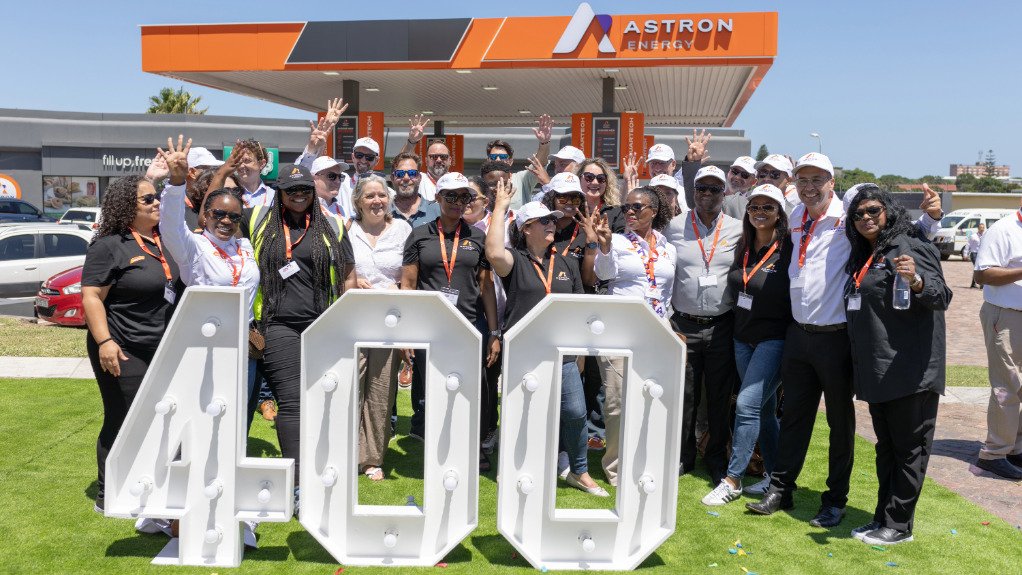
ASTRON ENERGY UNVEILS 400TH REBRANDED STATION.
Astron Energy has reached a major milestone by unveiling its 400th rebranded service station in La Roche, Gqeberha, as part of its goal to transform over 800 stations nationwide. The rebrand, which began in 2022, is the largest change in the South African fuel industry in three decades, reflecting the company's commitment to growth, community, and exceptional customer service.
- 7 months
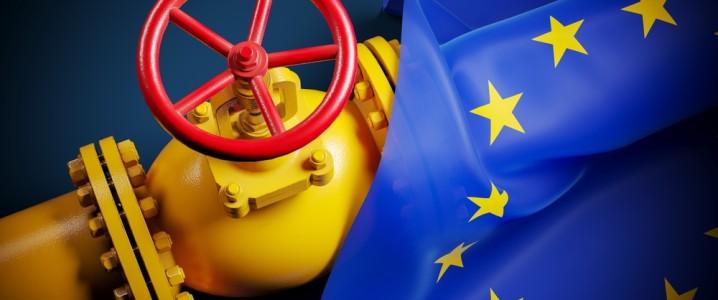
U.S. LNG EXPORTS TO EUROPE SET TO SURGE AS EUROPEAN GAS PRICES SOAR.
As Europe's natural gas prices hit a one-year high, the widening price gap between Europe and the U.S. is prompting U.S. LNG exporters to increase shipments to Europe. This surge in European prices, driven by colder weather and supply concerns, has also led to a shift in global LNG trade, with cargoes initially bound for Asia being diverted to Europe.
- 7 months, 1 week
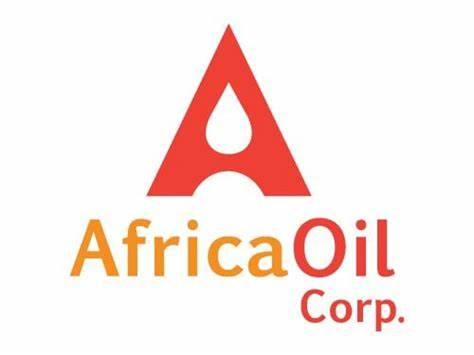
AFRICA OIL ANNOUNCES THE CLOSING OF A MATERIAL ACQUISITION IN IMPACT.
Africa Oil Corp. has completed the purchase of an additional 7.0% stake in Impact Oil and Gas, increasing its ownership to 39.5%. This acquisition strengthens Africa Oil's influence over key projects in Namibia's Orange Basin, including the Venus oil development and ongoing exploration efforts.
- 7 months, 1 week

IRAQ TO EXPORT FUEL OIL AT A RECORD-BREAKING RATE.
Iraq's fuel oil exports reached a record high in October, surpassing 2.15 million metric tons, with projections indicating annual exports could exceed 18 million metric tons in 2024. This surge in fuel oil exports is helping to lower refinery costs, increase global supply, and boost Iraq's oil sector revenues, reinforcing its role as a major global energy supplier.
- 7 months, 1 week

OPEC SECRETARY GENERAL TELLS COP29 OIL IS A GIFT FROM GOD.
At the COP29 summit in Baku, OPEC Secretary General Haitham Al Ghais described crude oil and natural gas as "a gift from God" and argued that climate talks should focus on reducing emissions rather than selecting energy sources. He emphasized that the priority should be mitigating environmental impact while ensuring energy security, particularly for developing nations.
- 7 months, 1 week
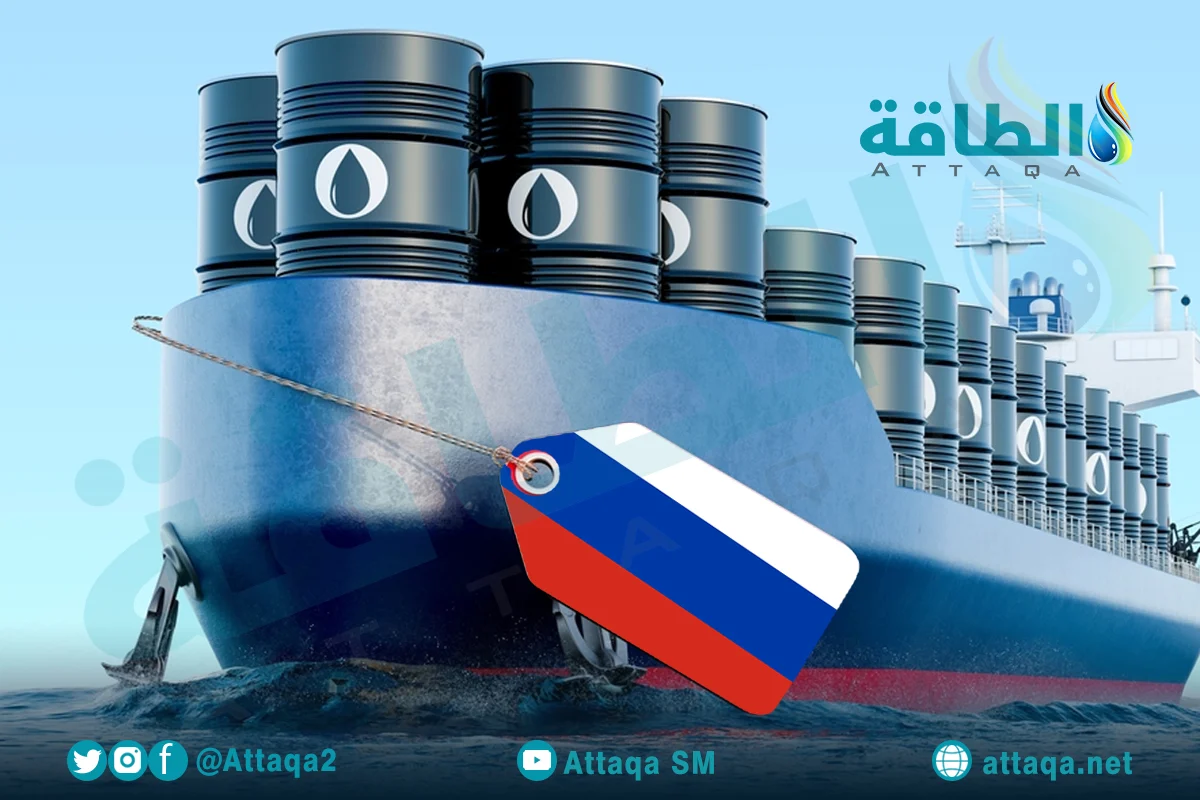
GREECE TARGETS RUSSIAN OIL TANKERS FOR AN ADDITIONAL 4 MONTHS.
Greece has extended naval exercises until March 2025 to prevent Russian oil tankers from transferring cargo off its coast, as part of efforts to limit funding for Russia's war in Ukraine. Despite these efforts, Russian tankers continue to swap oil at sea, prompting the European Parliament to call for more targeted sanctions against Russia’s shadow fleet.
- 7 months, 1 week
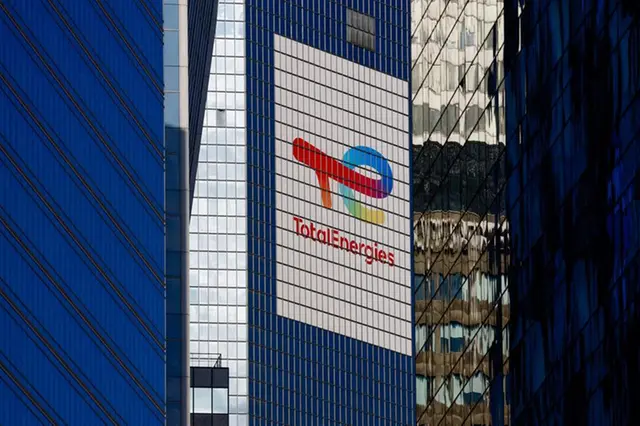
TOTALENERGIES, OIL INDIA COLLABORATE ON METHANE DETECTION: COP28.
TotalEnergies and Oil India have partnered to use AUSEA technology for methane emissions detection at OIL's sites, supporting the Oil and Gas Decarbonization Charter’s goal of near-zero methane emissions by 2030. This collaboration highlights OIL's commitment to reducing emissions and advancing global sustainability efforts.
- 7 months, 1 week

EGYPT SEES INCREASED OIL, GAS PRODUCTION, MINISTER ANNOUNCES.
Egypt is seeing a surge in oil and gas production, driven by incentive packages that attract both local and international investment. Minister Karim Badawi outlined a comprehensive strategy focusing on boosting exploration, refining, and mineral wealth, while integrating renewable energy and improving environmental sustainability.
- 7 months, 1 week
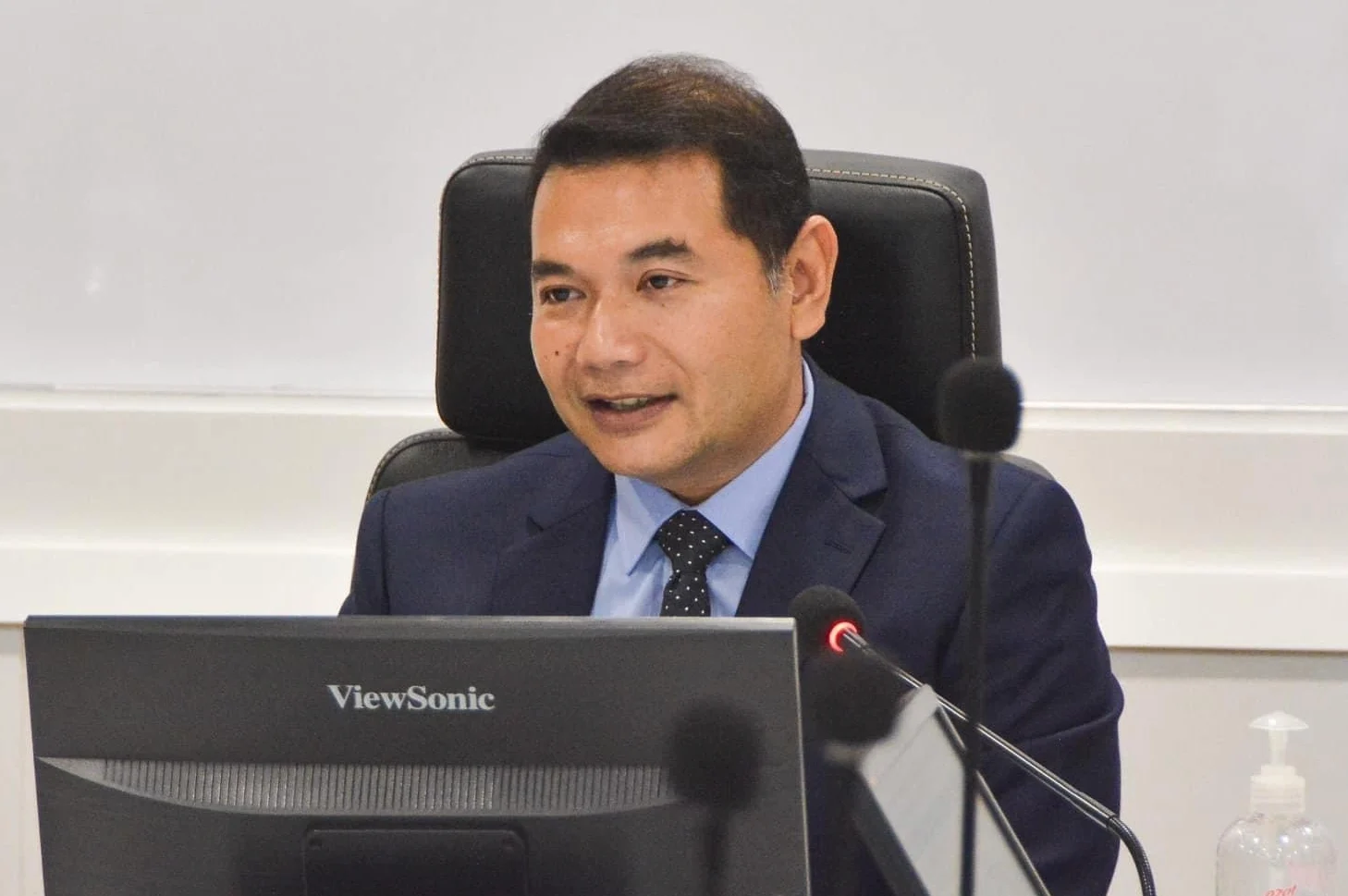
OIL, GAS IN PENINSULAR MALAYSIA DEPLETING FAST – RAFIZI.
Peninsular Malaysia's oil and gas reserves have halved in the past decade, causing concern about the country's energy security and its growing dependence on imports. Economy Minister Rafizi Ramli highlighted the challenges of resource allocation, the need for economic adjustments, and the ongoing discussions over revising revenue-sharing agreements with East Malaysia.
- 7 months, 1 week
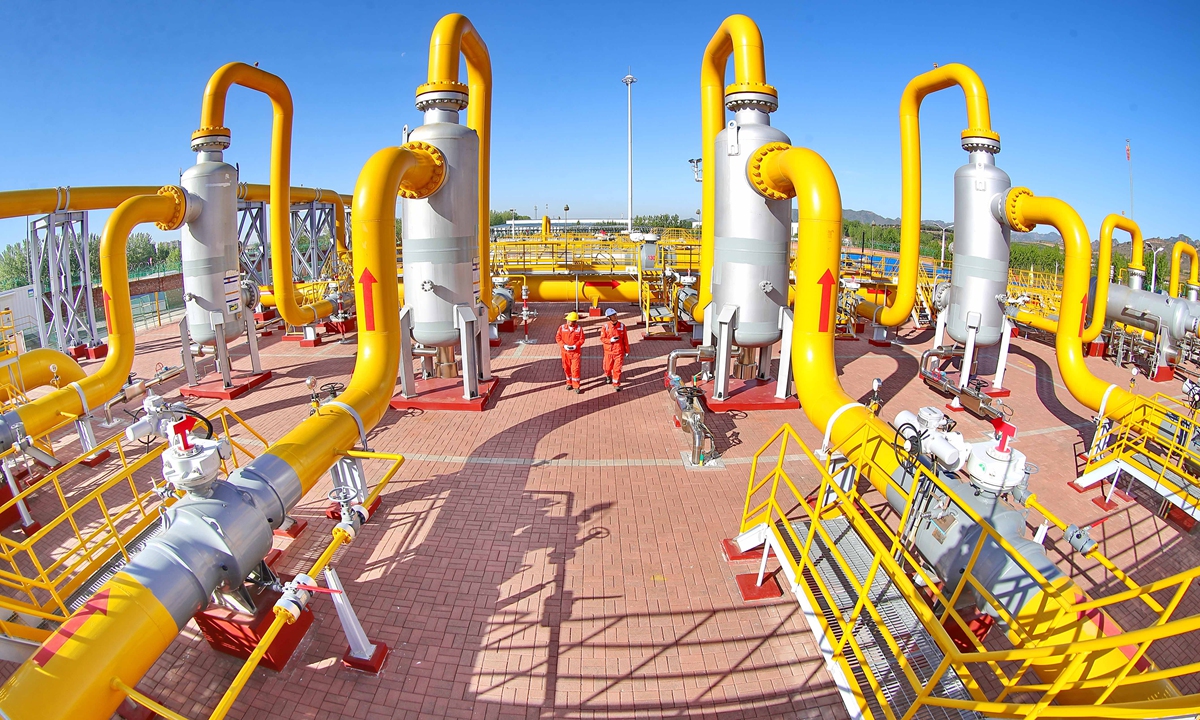
CHINA-RUSSIA EAST-ROUTE GAS PIPELINE NEARS COMPLETION, SET TO STRENGTHEN ENERGY SUPPLY AND SUPPORT ECONOMIC GROWTH.
The China-Russia east-route natural gas pipeline has completed construction and entered its final commissioning phase, set to deliver 38 billion cubic meters of gas annually to key regions in China. This vital infrastructure project will ease supply constraints, support cleaner energy development, and drive economic growth in eastern China.
- 7 months, 1 week
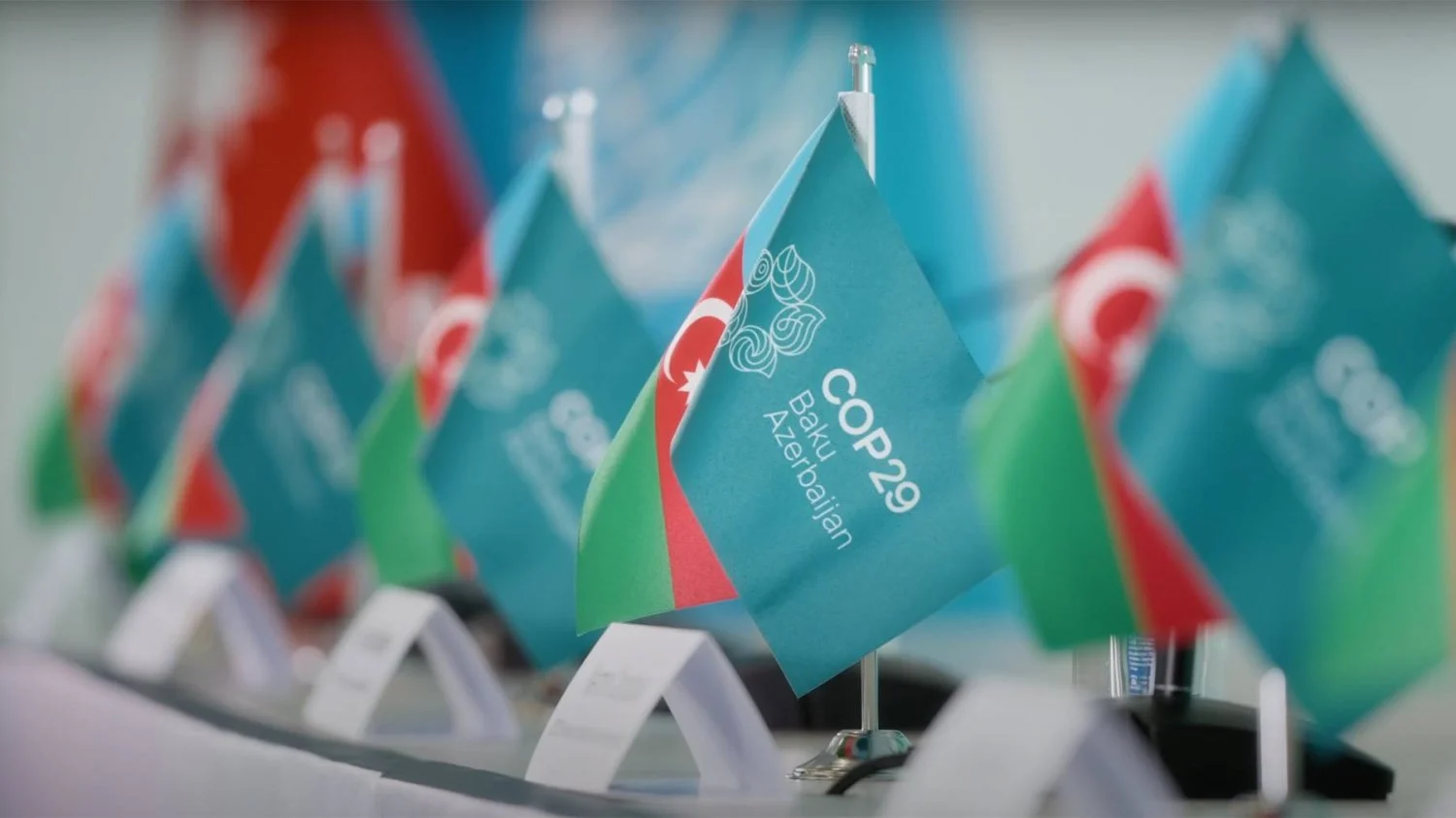
FOUR OIL COMPANIES ALLOCATE $500 MILLION TO BOOST ENERGY SECURITY IN AFRICA AND ASIA.
Four major international oil companies—TotalEnergies (France), BP (UK), Equinor (Norway), and Shell (multinational)—have announced a joint commitment to invest $500 million to improve electricity access in the Global South.
- 7 months, 1 week
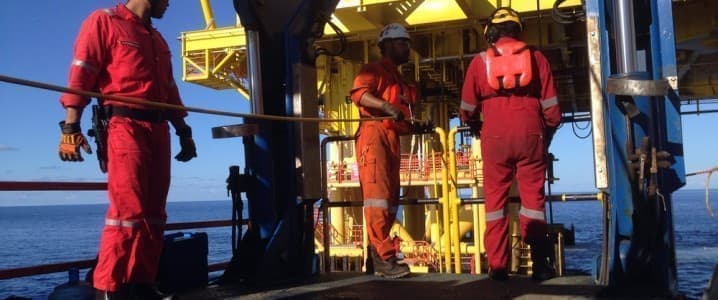
AFRICA'S DEEPWATER OIL AND GAS PRODUCTION EXPECTED TO SEE SIGNIFICANT GROWTH OVER THE NEXT DECADE.
Africa’s deepwater oil and gas production is poised for significant growth over the next decade, fueled by recent discoveries and new projects.
- 7 months, 2 weeks
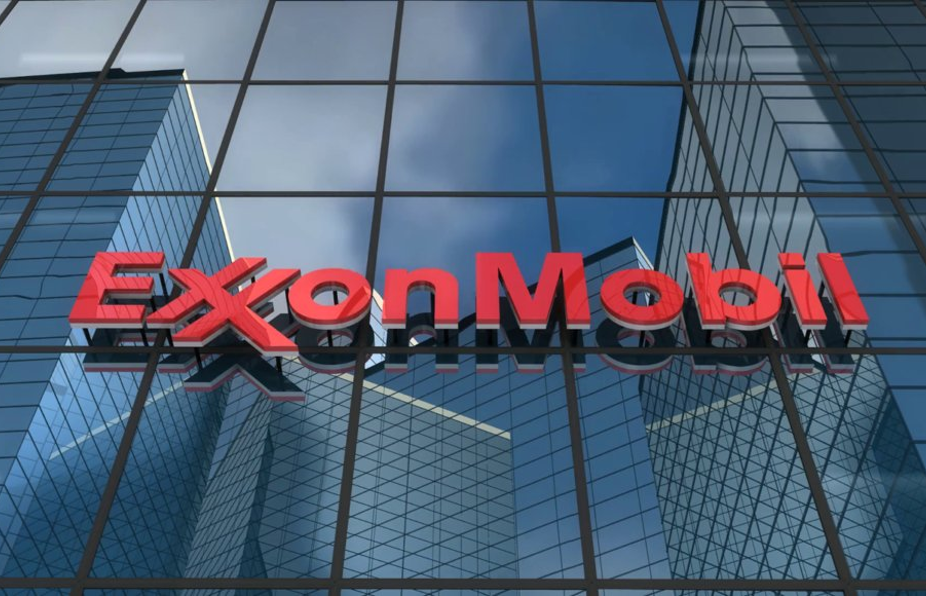
EXXON HITS 500 MILLION-BARREL OIL MILESTONE IN GUYANA.
ExxonMobil announced on Wednesday that it has reached a major milestone, producing 500 million barrels of oil from the Stabroek block off the coast of Guyana, just five years after beginning production.
- 7 months, 2 weeks
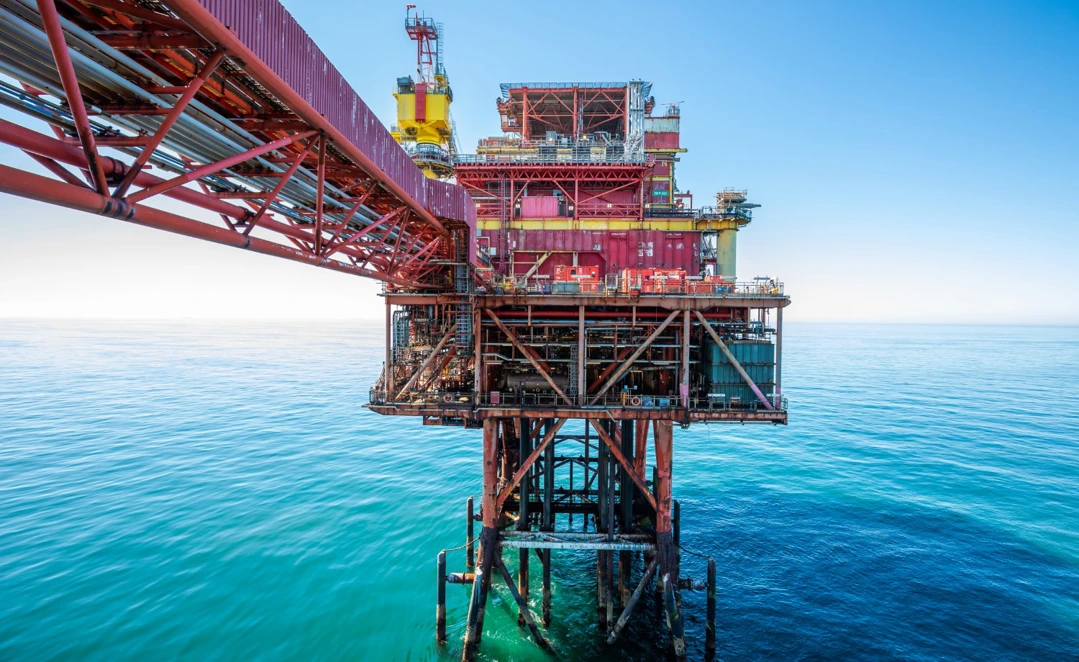
PROJECT TO STORE HYDROGEN IN A NORTH SEA GAS FIELD.
Centrica Energy Storage has chosen Exceed, alongside Wood, as key partners for the redevelopment of the rough gas field in the UK’s Southern North Sea.
- 7 months, 2 weeks

QATARENERGY BUYS 23% OF OFFSHORE EGYPT BLOCK FROM CHEVRON.
QatarEnergy has acquired a 23% stake in the North El-Dabaa offshore block in Egypt from Chevron, further expanding its global oil and gas portfolio. The deal strengthens QatarEnergy's partnership with Chevron and enhances its presence in key energy regions, including Egypt and the Mediterranean.
- 7 months, 2 weeks

ADNOC GAS EXPECTS EARNINGS BOOST FROM RISING GAS DEMAND.
Adnoc Gas plans to boost earnings by 40% by 2029 through increased gas production and $15 billion in investments, driven by rising demand. The company is also expanding LNG exports, including a stake in the Ruwais LNG project, while maintaining strong dividend payouts.
- 7 months, 2 weeks

CORAN WARNS NIGERIAN GOVERNMENT AGAINST FUEL IMPORT LICENSES AMID DANGOTE REFINERY CONTROVERSY.
The Crude Oil Refinery Owners Association of Nigeria (CORAN) has warned the government against granting import licenses to petroleum marketers, citing concerns about substandard fuel imports and the negative impact on local refineries. The controversy has escalated into legal action, with marketers challenging the dominance of Dangote Refinery, while also benefiting from the removal of fuel subsidies, leading to significant profits in the sector.
- 7 months, 2 weeks
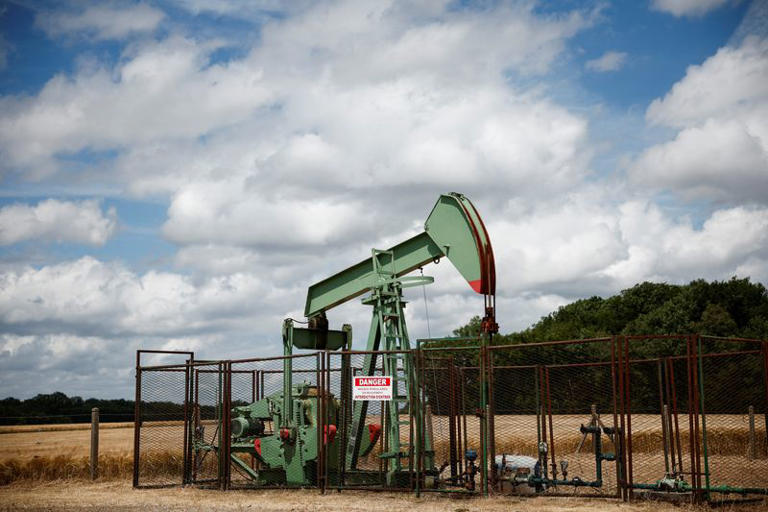
OIL PRICES DROP AS SUPPLY CONCERNS EASE AND CHINA’S STIMULUS DISAPPOINTS.
Oil prices fell as concerns over supply disruptions from a U.S. storm eased and China's stimulus package failed to meet market expectations, dampening hopes for a rebound in fuel demand. Despite ongoing production outages in the U.S. Gulf of Mexico, the market's focus has shifted to China's economic policies and stronger demand from U.S. refiners.
- 7 months, 2 weeks

BP AND SHELL EMBRACE TRADITIONAL ENERGY PLAYS.
BP and Shell are shifting their focus back to traditional oil and gas operations, dialing back some of their renewable energy commitments to boost short-term profits. Despite reaffirming long-term climate goals, both companies are investing in fossil fuels to ensure financial stability while navigating the energy transition.
- 7 months, 2 weeks
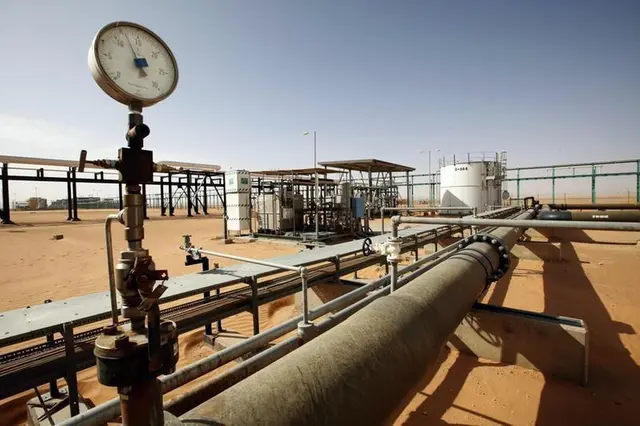
GAS MAY DASH BIG OIL'S NAMIBIAN DREAMS.
Namibia's offshore oil discoveries, initially hailed as a major economic opportunity, have encountered complications due to unexpectedly high gas content, requiring additional infrastructure and delaying development. The need to reinject or process the gas, along with rising costs, may make the projects less profitable and push oil production into the 2030s, dampening earlier expectations.
- 7 months, 3 weeks
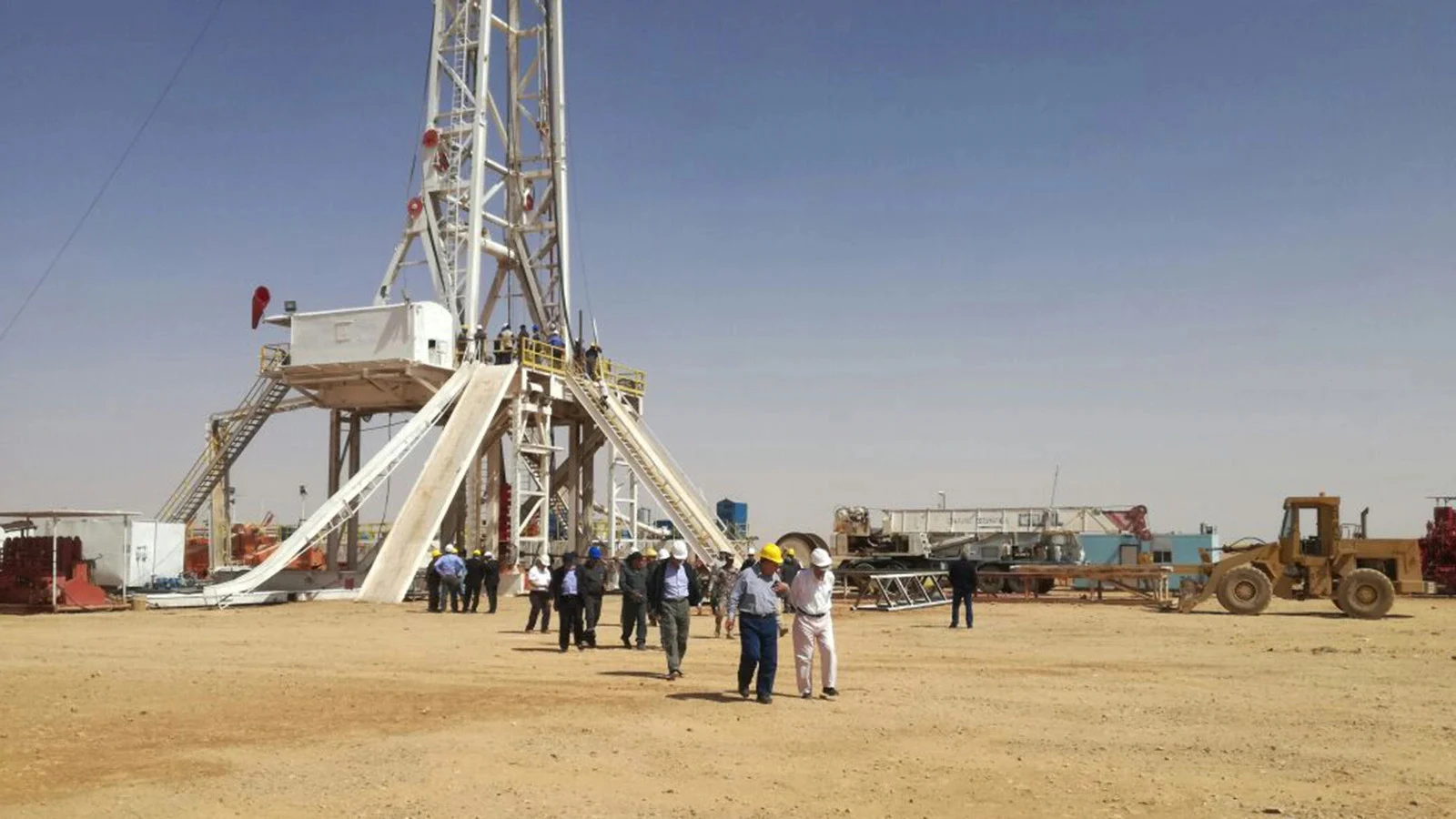
JORDAN IS CLOSE TO DISCOVERING A HUGE GAS FIELD. IT MAY TURN TO EXPORT.
Jordan is on the brink of a major gas discovery at the Risha field, with reserves estimated at 10 trillion cubic feet, which could reduce the Kingdom's energy import reliance and support economic growth. Plans to expand production, improve infrastructure, and connect to regional pipelines, including Egypt's Arab Gas Pipeline, are central to this transformative energy strategy.
- 7 months, 3 weeks

NIGERIA TO END FLARING BY 2030 THROUGH GAS UTILISATION FOR AUTOMOBILES - KYARI.
Nigeria plans to end gas flaring by 2030, converting flared gas for use in cars and power generation. The country is also pushing for global collaboration and capital access to support its decarbonization efforts and address energy poverty.
- 7 months, 3 weeks
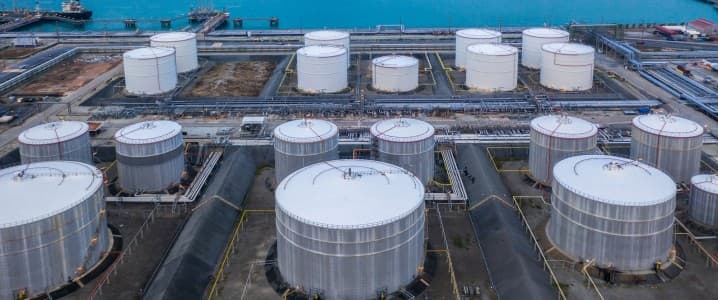
EUROPE STOCKS UP ON LNG AHEAD OF WINTER.
Europe boosted LNG imports in October to stock up for winter, while Asian imports, particularly from China, slightly declined. Global LNG demand continues to rise, driven by Asia’s energy transition and industrial growth.
- 7 months, 3 weeks
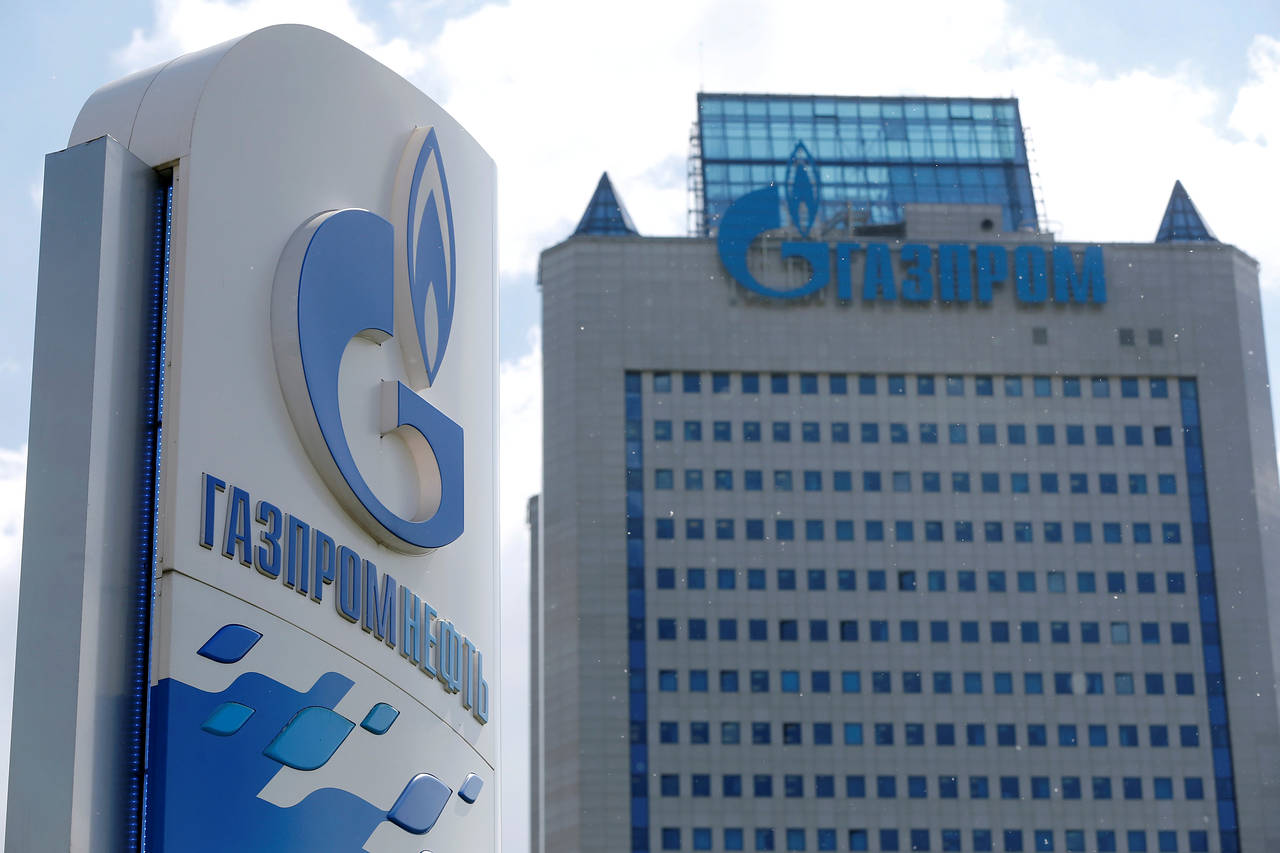
GAZPROM INITIATES PILOT PROJECT TO SUPPLY CNG FUELING TRUCKS TO TANZANIA.
At African Energy Week 2024, Gazprom unveiled a project to supply Tanzania with CNG fueling trucks to support its growing natural gas vehicle market. Russia also explored opportunities for cooperation in energy, infrastructure, and workforce training across Africa.
- 7 months, 3 weeks
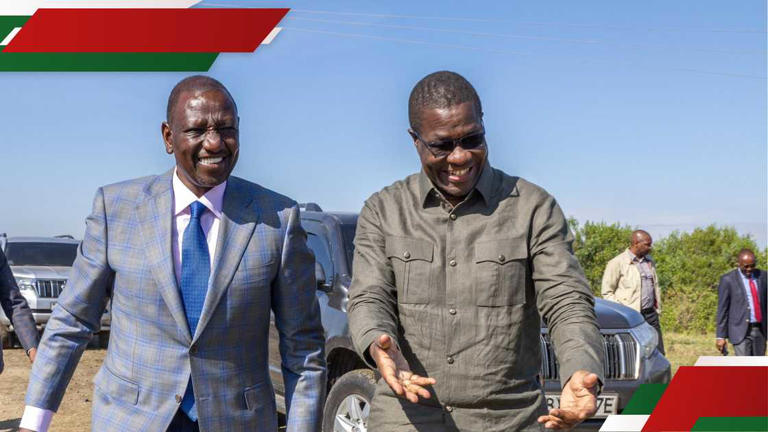
KENYA TO EXIT OIL IMPORT DEAL WITH GULF COMPANIES: "DISTORTIONS IN FOREX MARKET.
Kenya plans to exit its oil import deal with Gulf countries due to unmet goals and market distortions. The government aims to return to the open tendering system for more stability.
- 7 months, 3 weeks
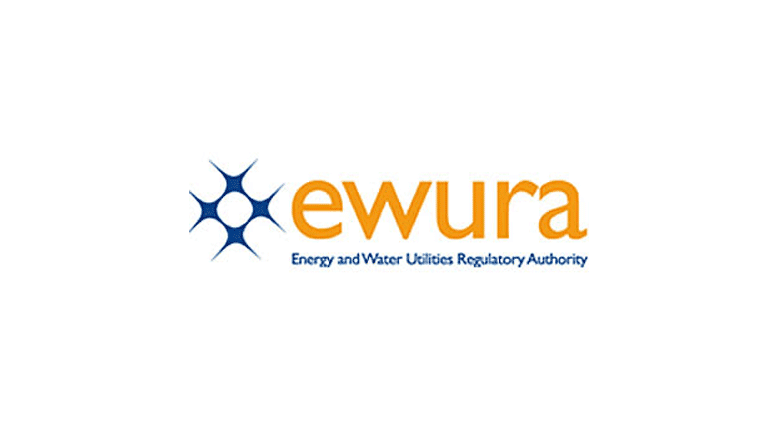
TANZANIA: EWURA ANNOUNCES NEW PETROLEUM PRICE CAPS FOR TANZANIA, EFFECTIVE NOVEMBER 2024.
EWURA has set new cap prices for petroleum products in Tanzania, effective from 6th November 2024, based on global oil trends and exchange rate changes. Retailers must comply with these prices, display them clearly, and issue receipts for all transactions.
- 7 months, 3 weeks

RUSSIA CONTINUES OIL AND GAS SUPPLIES TO SEVERAL EU STATES.
Russia continues to supply oil and gas to some European countries, but future cooperation depends on negotiations with European nations and Ukraine, especially regarding the expiring gas transit contract through Ukraine.
- 7 months, 3 weeks
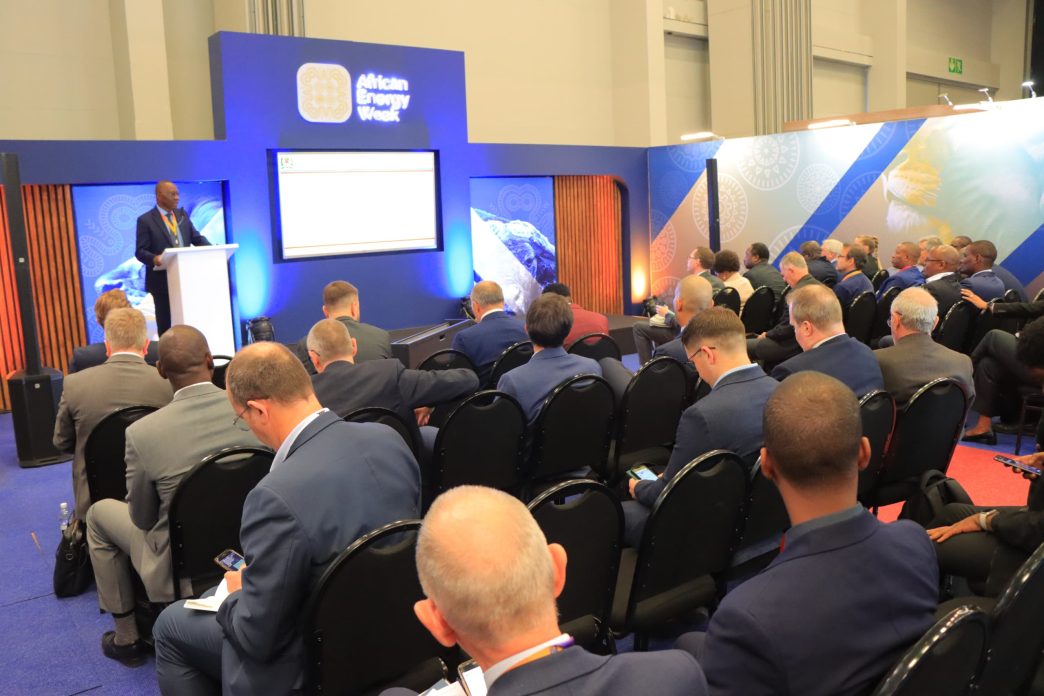
TANZANIA ANNOUNCES DATE FOR AUCTIONING OIL AND GAS BLOCKS.
Tanzania will auction 26 petroleum exploration blocks in March 2025, with improved fiscal terms and accessible geological data to attract investors. The government aims to boost investment by leveraging its experience and enhancing the country's oil and gas sector.
- 7 months, 3 weeks

TOTALENERGIES SIGNS MAJOR LNG AGREEMENT WITH SINOPEC FOR 15-YEAR SUPPLY TO CHINA.
TotalEnergies has secured a 15-year deal with Sinopec to supply 2 million tons of LNG annually to China, starting in 2028. The agreement strengthens TotalEnergies' position in China's energy transition, promoting natural gas as a cleaner alternative to coal.
- 7 months, 3 weeks
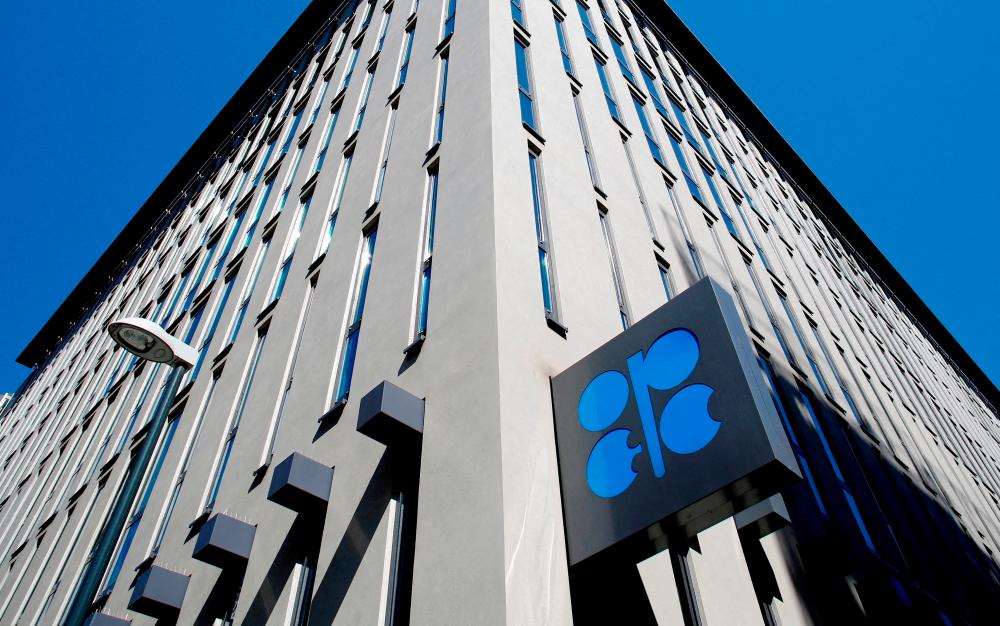
OPEC+ DELAYS PRODUCTION INCREASE BOOSTING CRUDE OIL PRICES AMID GEOPOLITICAL CONCERNS.
Crude oil futures rose after OPEC+ announced a delay in a planned production increase, extending voluntary cuts to support prices. Geopolitical tensions in West Asia, particularly involving Iran, also contributed to concerns about potential supply disruptions.
- 7 months, 3 weeks

THE UAE OPENS ITS ANNUAL OIL-AND-GAS SUMMIT AS IT PLEDGES TO INCREASE OUTPUT EVEN AS PRICES FALL.
The UAE opened its annual oil-and-gas summit, committing to boost oil production to 5 million barrels per day despite falling prices and political uncertainties. Officials emphasized the continued importance of fossil fuels alongside cleaner energy while maintaining strong ties with Russia.
- 7 months, 3 weeks
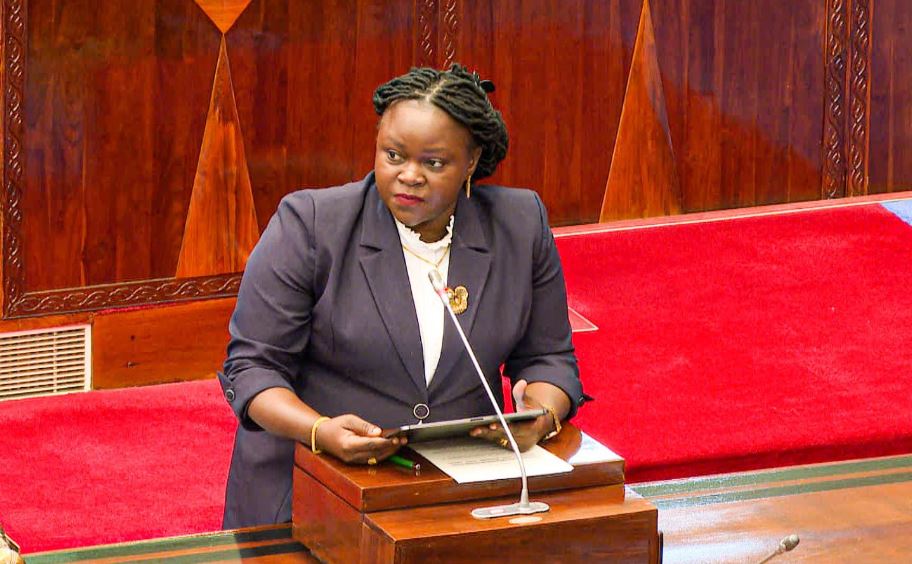
TANZANIA: GOVERNMENT TO EYE MORE CNG STATIONS AMID GROWING SHIFT FROM PETROLEUM.
Tanzania plans to expand its Compressed Natural Gas (CNG) infrastructure by opening three new filling stations by December 2024, increasing accessibility for the growing number of CNG-powered vehicles. The initiative aims to promote cleaner fuel options, with a total of eight stations expected by 2024 and an additional 13 by 2025.
- 7 months, 3 weeks

RUSSIA LOOKS FORWARD TO COOPERATION ON LNG, PIPELINE PROJECTS WITH TANZANIA - ECONOMIC DEVELOPMENT MINISTER.
Russia is seeking to enhance energy and agricultural cooperation with Tanzania by increasing supplies of liquefied natural gas (LNG) and agricultural technology. This partnership aims to support Tanzania's growing energy needs and agricultural development while positioning both countries for greater market access in their respective regions.
- 7 months, 3 weeks
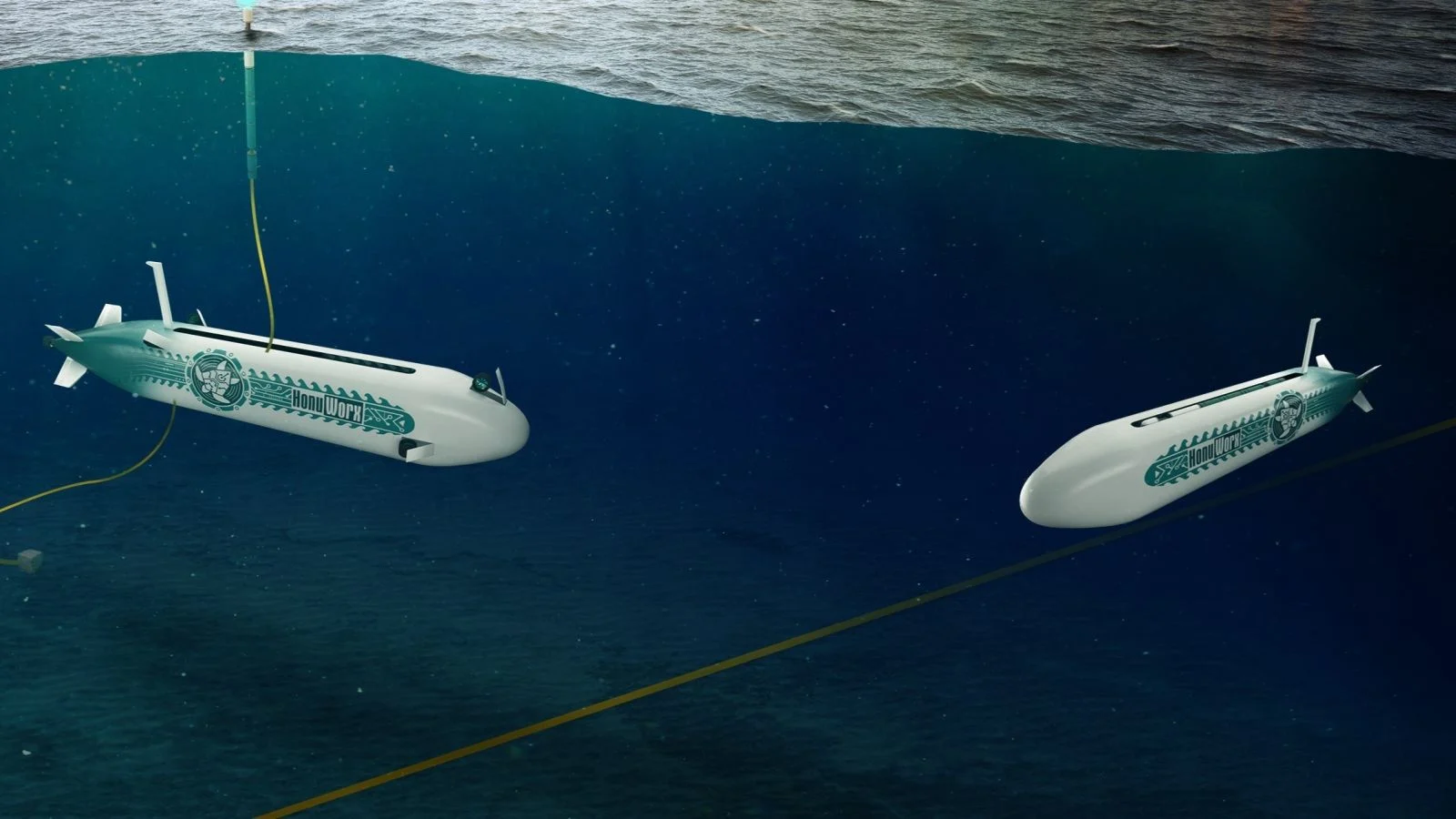
SCOTLAND: THE FIRST AUTONOMOUS ELECTRIC SUBMARINE TO SUPPORT MARINE ENERGY SERVICES.
The first autonomous electric submarine represents one of the latest advancements supported by artificial intelligence, including increased robotic usage to lower carbon emissions.
- 7 months, 4 weeks
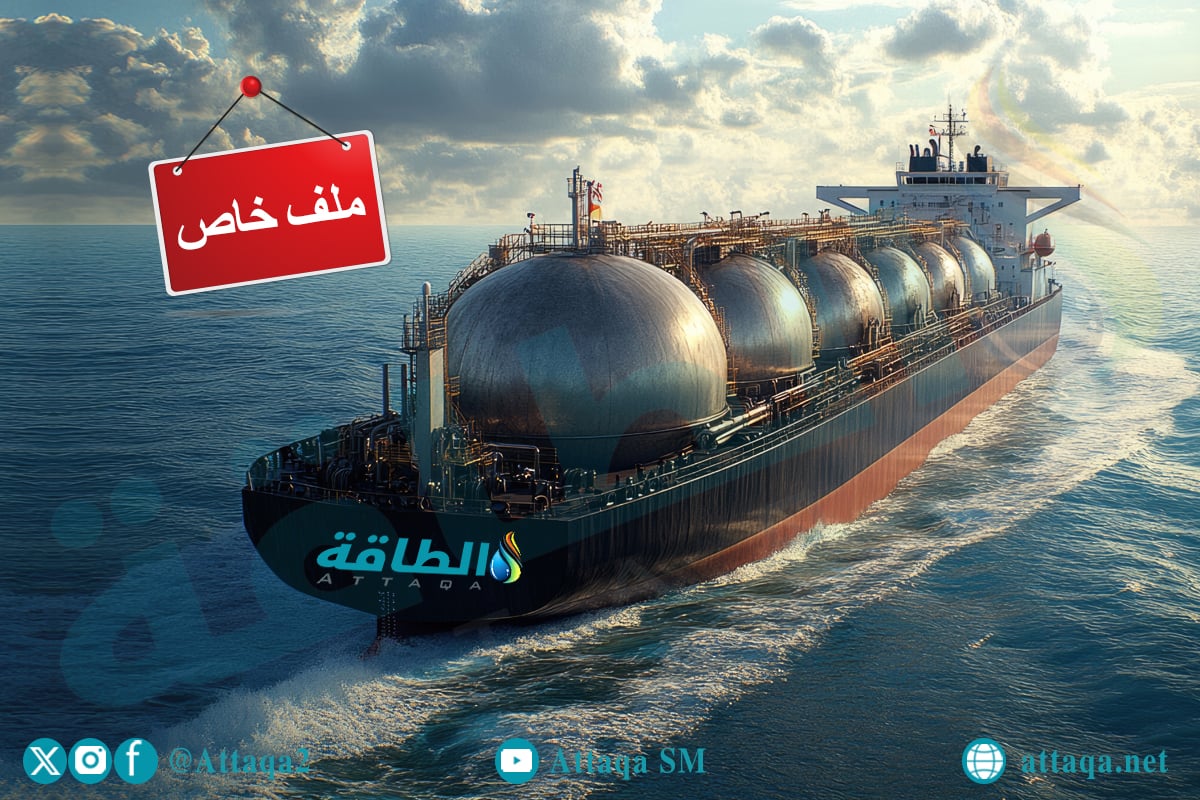
ARAB AND INTERNATIONAL LIQUEFIED GAS MARKETS DEVELOPMENTS IN THE THIRD QUARTER 2024.
The Energy Research Unit's latest report for 2024 highlights a 3.6% decline in Arab liquefied gas exports, with drops from Algeria and Oman, while the UAE and Qatar saw increases. The U.S. remains the largest global exporter, and Egypt has re-emerged as a net importer for the first time since 2018.
- 8 months
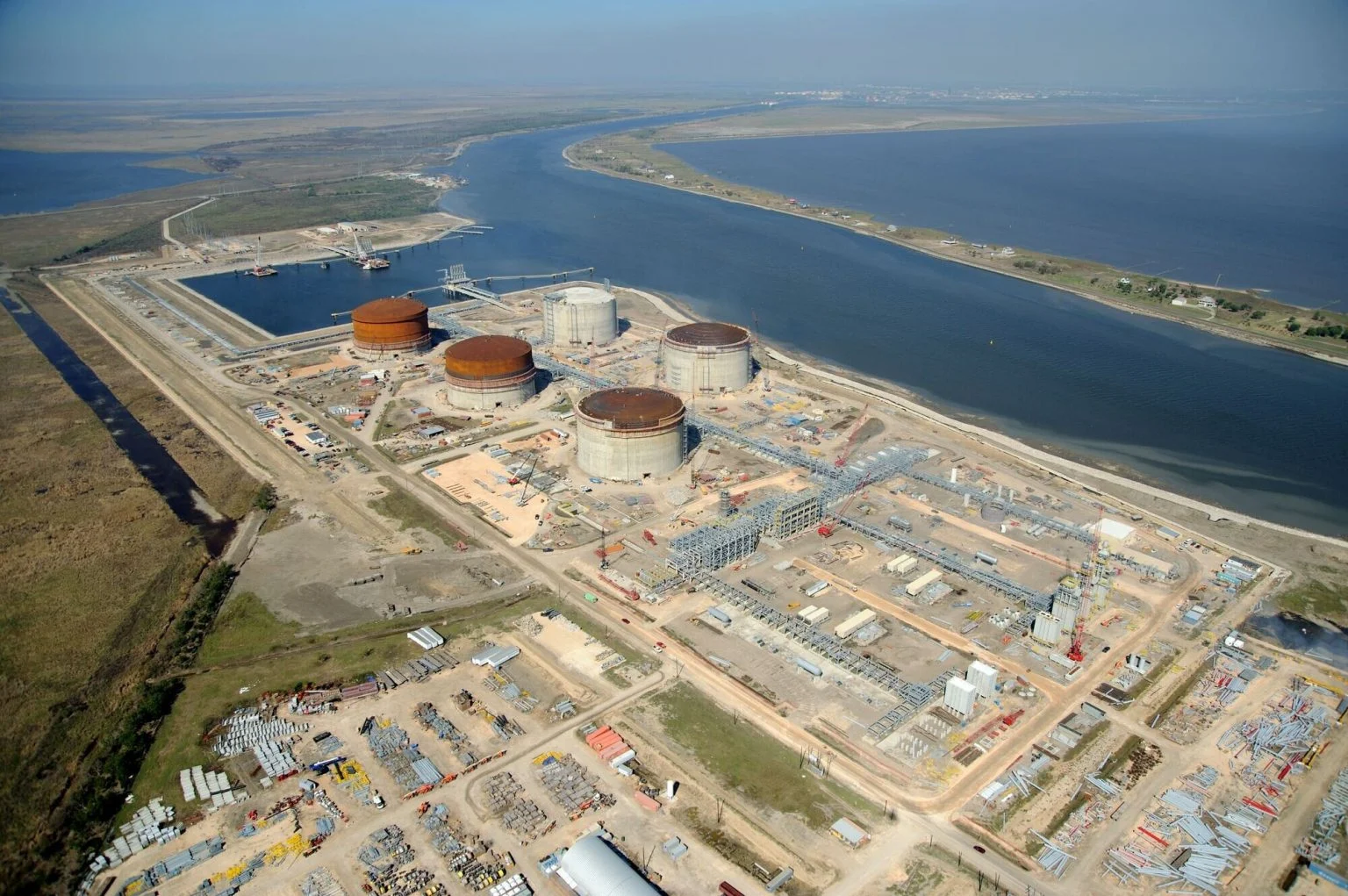
QATAR ENERGY MEGA GAS PROJECT RECEIVES 3-YEAR EXTENSION.
Qatar Energy and ExxonMobil have received a three-year extension for their Golden Pass LNG project in Texas, following delays caused by the bankruptcy of the main contractor, Zachry Holdings. The extension allows for new contractors to take over and aims to ensure the project, expected to produce over 18 million tons of LNG annually, moves forward toward completion.
- 8 months

OIL DISCOVERY IN AFRICA WITH 23 MILLION BARRELS RESERVES MAKES PROGRESS.
An oil discovery in Gabon is progressing towards a production target of 40,000 barrels per day, with Norwegian company BW Energy successfully drilling new wells and repairing existing ones in the Dusavo oil field. Recent discoveries have raised resource estimates significantly, positioning the region for increased output and establishing Gabon as a key player in the oil sector.
- 8 months, 1 week
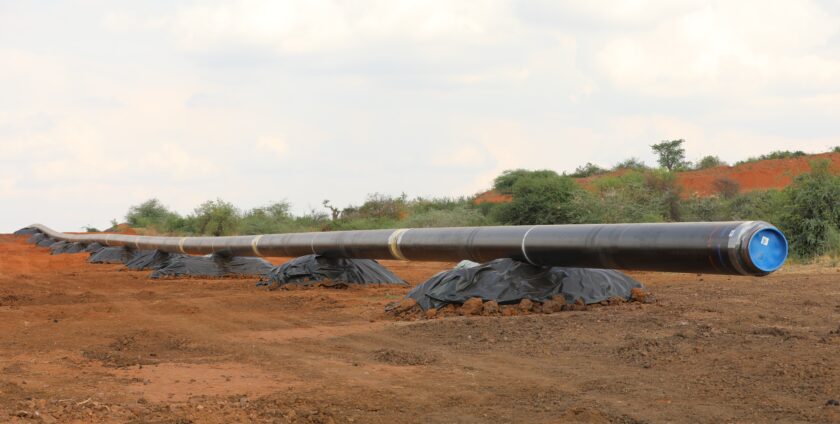
TANZANIA: CONSTRUCTION OF THE EACOP PROJECT REACHES 45.5%.
The East African Crude Oil Pipeline (EACOP) project has reached 45.5% completion, with ongoing construction activities from Hoima, Uganda, to Tanga, Tanzania. Significant progress includes the creation of thousands of jobs and substantial local investments, with construction expected to be completed by mid-2026.
- 8 months, 1 week
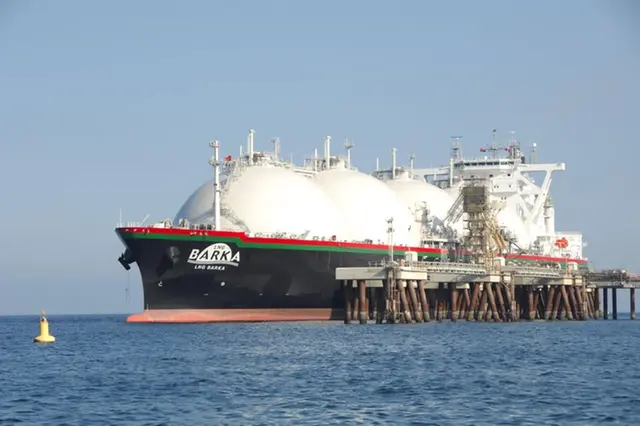
THE LARGEST EXPORTER OF LIQUEFIED GAS IN AFRICA, NIGERIA, CONTINUES TO OUTPERFORM ALGERIA.
The report on the largest exporters of liquefied gas in Africa during the third quarter of 2024 highlights an increase in exports from most African countries, with the exceptions of Algeria and Equatorial Guinea.
- 8 months, 1 week
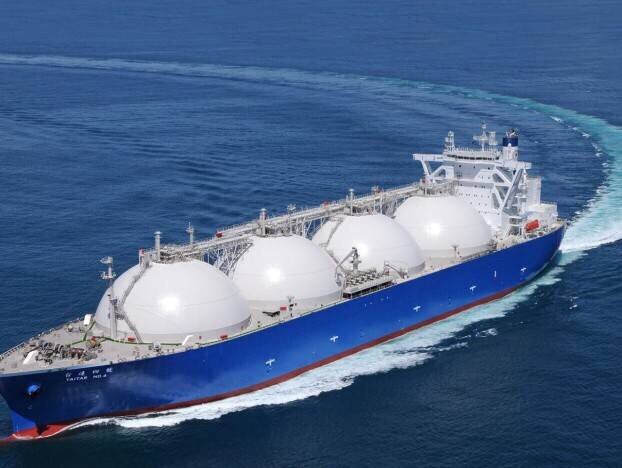
TOP 10 IMPORTERS OF LIQUEFIED GAS GLOBALLY.
In the third quarter of 2024, the top 10 global importers of liquefied gas remained unchanged in the top five compared to the first half of the year, with China maintaining its lead.
- 8 months, 1 week
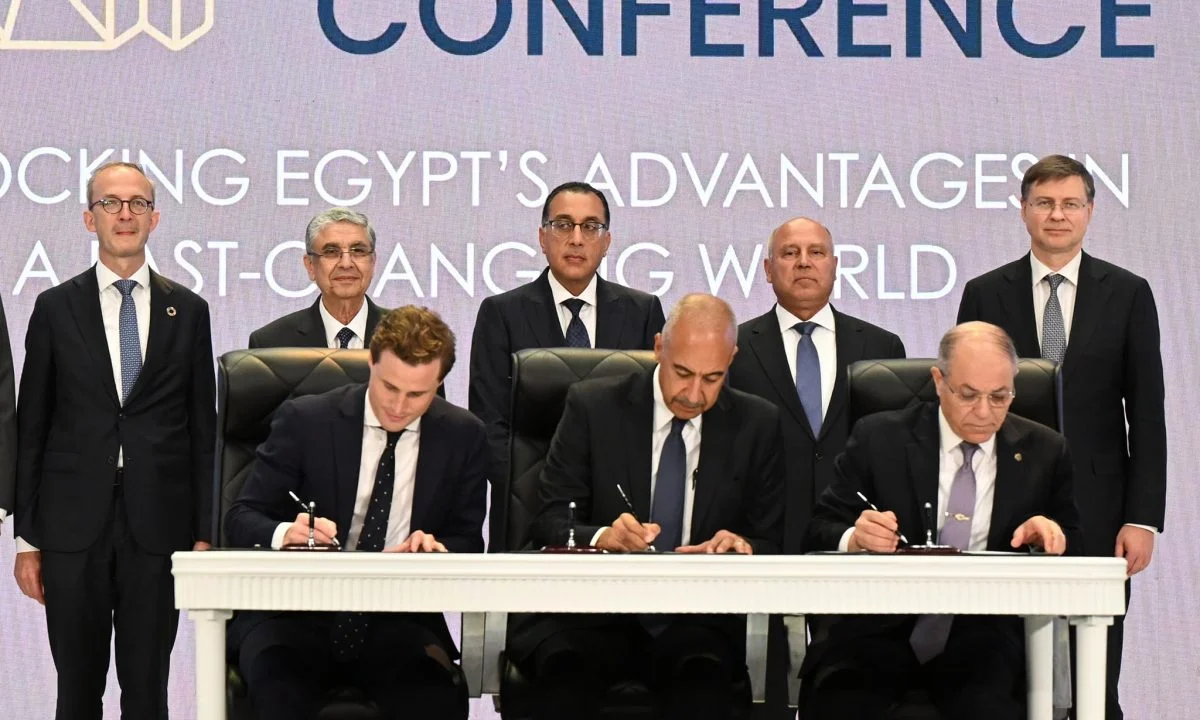
BELGIAN COMPANY TO DEVELOP $26 BILLION GREEN HYDROGEN PROJECT IN EGYPT.
A Belgian company plans to invest over $26 billion in developing a green hydrogen project in Egypt, reinforcing Cairo's ambition to become a major export hub for green fuels.
- 8 months, 1 week

OIL, GAS COMPANIES SET TO SPEND MORE IN 2025.
According to Wood Mackenzie, investments in oil and gas among the world's 23 largest producers are expected to surge by over 60% by next year.
- 8 months, 1 week
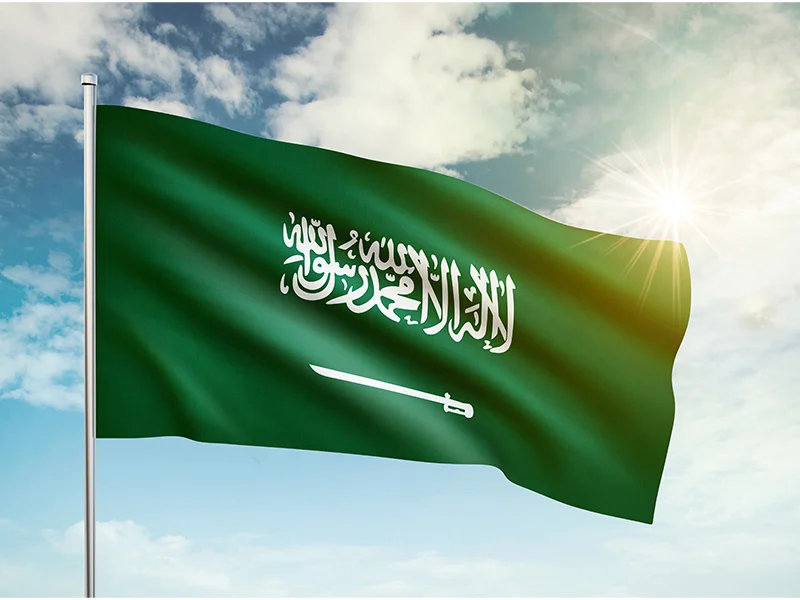
SAUDI ARABIA TO HOST 27TH EDITION OF WORLD ENERGY CONGRESS.
Saudi Arabia is set to host the 27th World Energy Congress from October 26 to 29, 2026, as announced by the World Energy Council.
- 8 months, 2 weeks
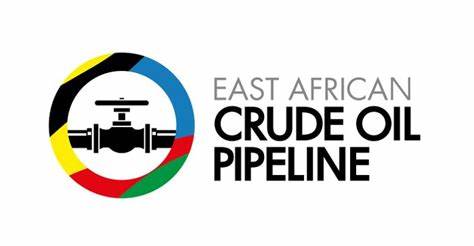
UGANDA PRAISES EACOP PROGRESS IN TANZANIA.
Uganda’s Ambassador to Tanzania, Fred Mwesigye, praised the East African Crude Oil Pipeline (EACOP) project for its potential to enhance economic growth and job creation in both countries. He dismissed environmental concerns as propaganda, emphasizing the project's importance while highlighting its compliance with international standards.
- 8 months, 2 weeks

TANZANIA ANNOUNCES OIL, GAS LICENSING ROUNDS.
Tanzania has announced new oil and gas licensing rounds, promoting 24 exploration blocks set to open on March 5, 2025, during the East African Oil and Gas Conference. Additionally, Zanzibar will offer eight blocks for exploration, reflecting the country's efforts to harness its significant natural gas reserves and attract foreign investment in the energy sector.
- 8 months, 2 weeks
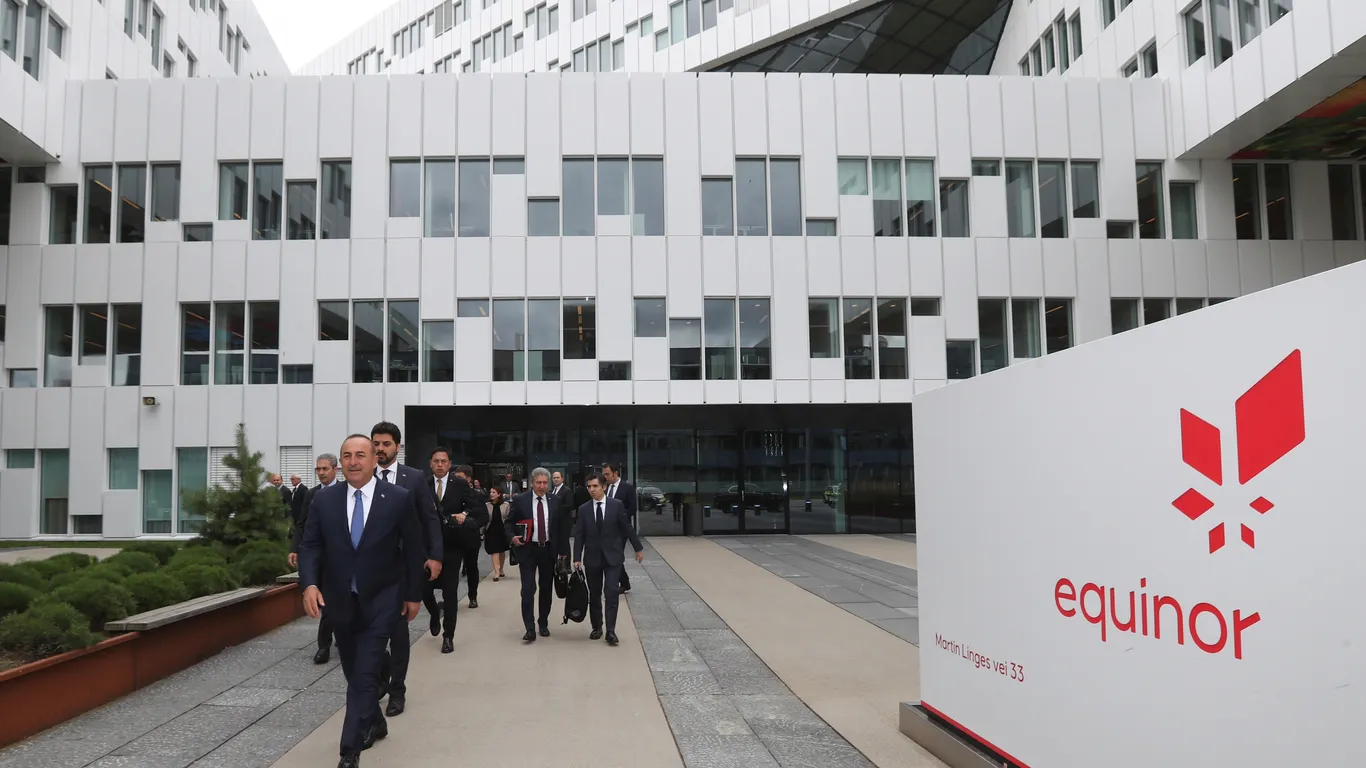
TANZANIA: NORWAY'S EQUINOR REMAINS COMMITTED TO TANZANIA LNG PROJECT.
Equinor is committed to a $42 billion liquefied natural gas project in Tanzania, despite delays caused by proposed changes to a financial agreement by the government. Senior executive Nina Koch emphasized the company's focus on reaching commercial agreements while maintaining open dialogue with Tanzanian officials.
- 8 months, 2 weeks

TANZANIA: TOTALENERGIES SERVICE STATIONS TO SERVE AS DHL SERVICE POINTS.
DHL Express has partnered with TotalEnergies in Tanzania to provide convenient access to global shipping services at TotalEnergies service stations. Customers can utilize DHL’s Express Easy product, allowing them to send documents and parcels at a fixed price, streamlining the shipping process.
- 8 months, 2 weeks

TANZANIA: REA LAUNCHES LOAN INITIATIVE TO BOOST RURAL FUEL ACCESSIBILITY .
The Rural Energy Agency (REA) of Tanzania has introduced a loan initiative to support the construction of small-scale fuel stations in rural areas, aimed at improving energy accessibility. This program invites eligible applicants to apply for funding, promoting local economic growth and enhancing the availability of essential energy products.
- 8 months, 2 weeks
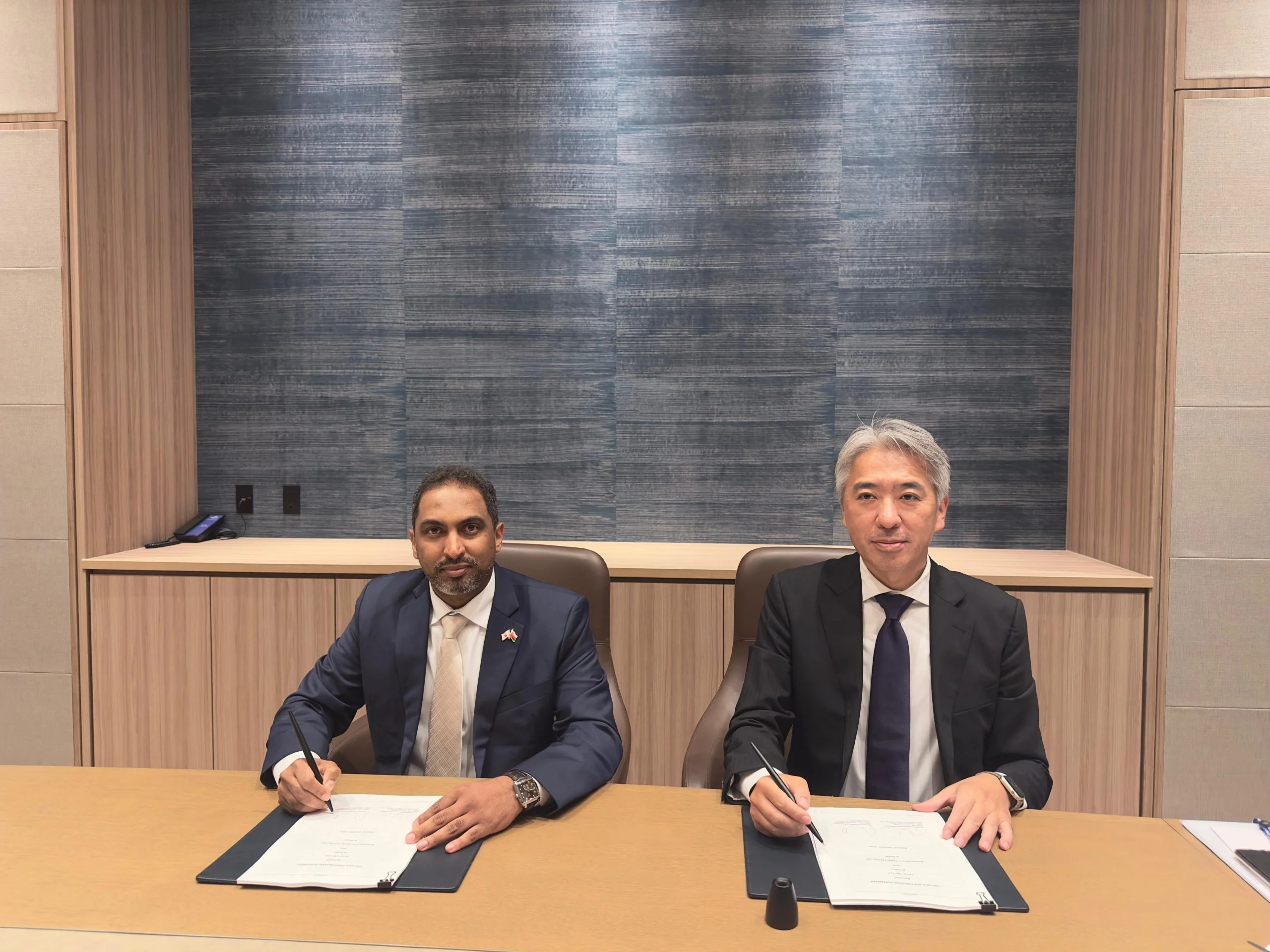
OMAN SIGNS NEW LNG DEAL WITH JAPAN.
On October 9, 2024, Oman signed a liquefied natural gas deal with Japan's Kansai Electric Power, marking its fifth agreement this year. This move strengthens Oman's position in global energy markets as it aims to boost production and secure long-term contracts.
- 8 months, 3 weeks
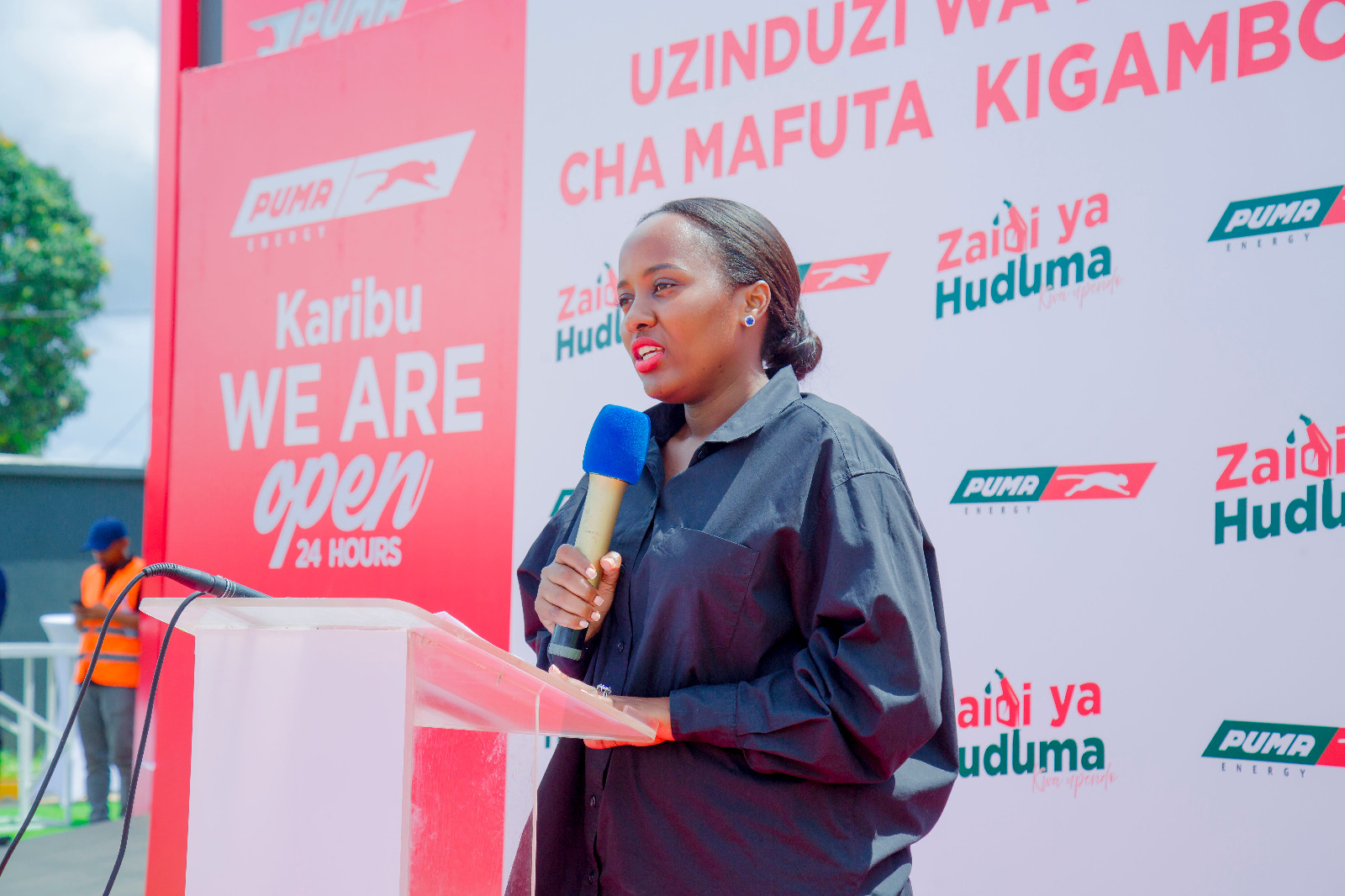
TANZANIA: DC HALIMA BULEMBO COMMENDS FACILITATING ENERGY SERVICE ACCESSIBILITY FOR CITIZENS IN KIGAMBONI.
Puma Energy Tanzania has launched a new fuel station in Dege Mtaa, Kigamboni, enhancing local access to energy services and products, including a supermarket and cooking gas refills. District Commissioner Halima Bulembo praised the company for its commitment to improving community access to energy and supporting economic development through partnerships with the government.
- 8 months, 3 weeks
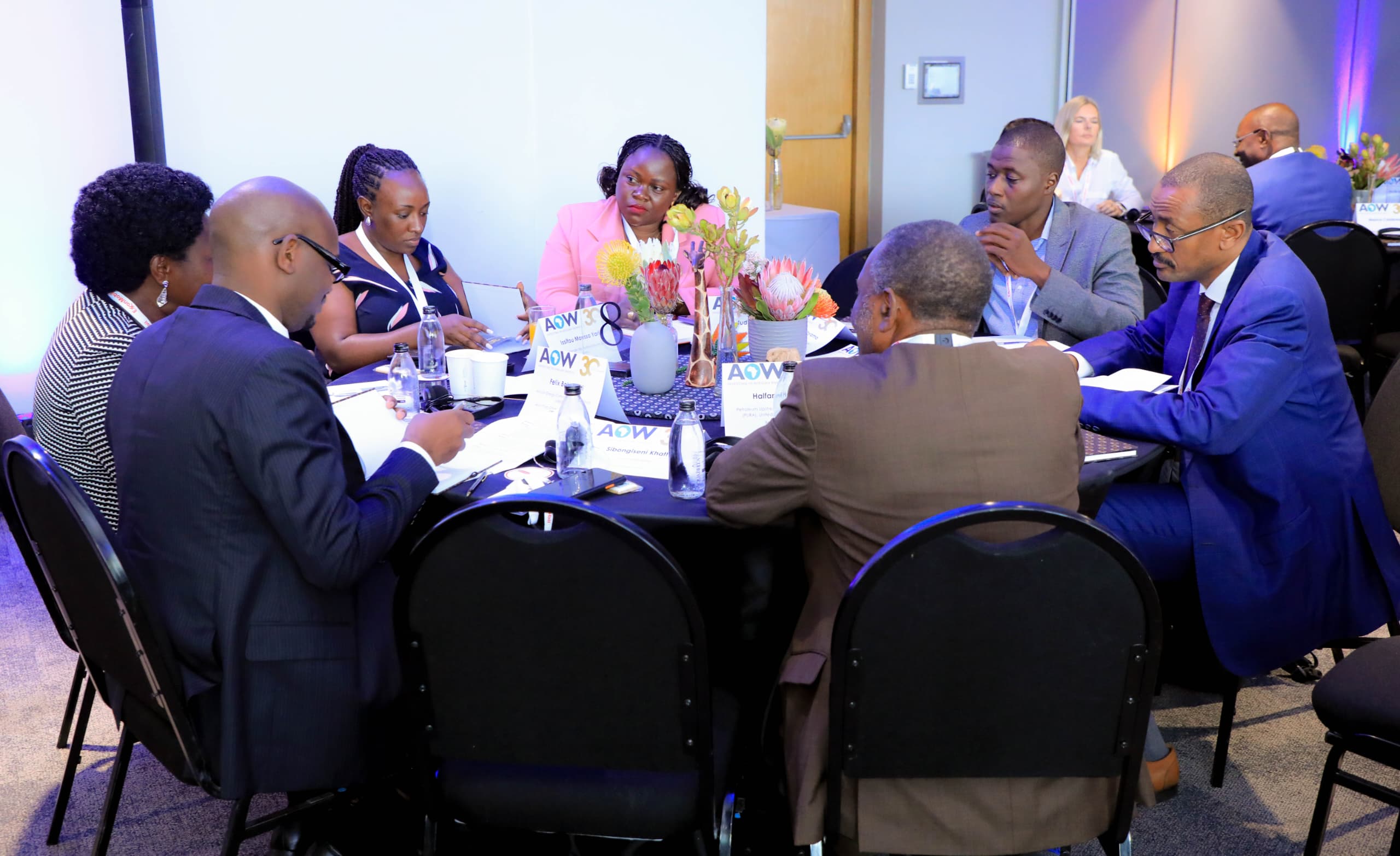
TANZANIA:DEPUTY MINISTER KAPINGA HIGHLIGHTS INVESTMENT OPPORTUNITIES AT AFRICA OIL WEEK.
Deputy Minister of Energy, Hon. Judith Kapinga, participated in the Africa Oil Week conference in Cape Town, South Africa, focusing on investment opportunities in oil, natural gas, and alternative energy. The event, which also featured key officials from the energy sector, aims to promote collaboration and growth in Africa's energy landscape.
- 8 months, 3 weeks

SAUDI ARABIA RAISES OIL PRICES TO ASIA.
Saudi Arabia has raised the price of its Arab Light crude for Asia by $0.90 per barrel amid market volatility, while simultaneously cutting prices for the U.S. and Europe to regain market share. This pricing shift reflects expectations of stronger demand in Asia and comes in the context of rising oil prices due to geopolitical tensions in the Middle East.
- 8 months, 3 weeks
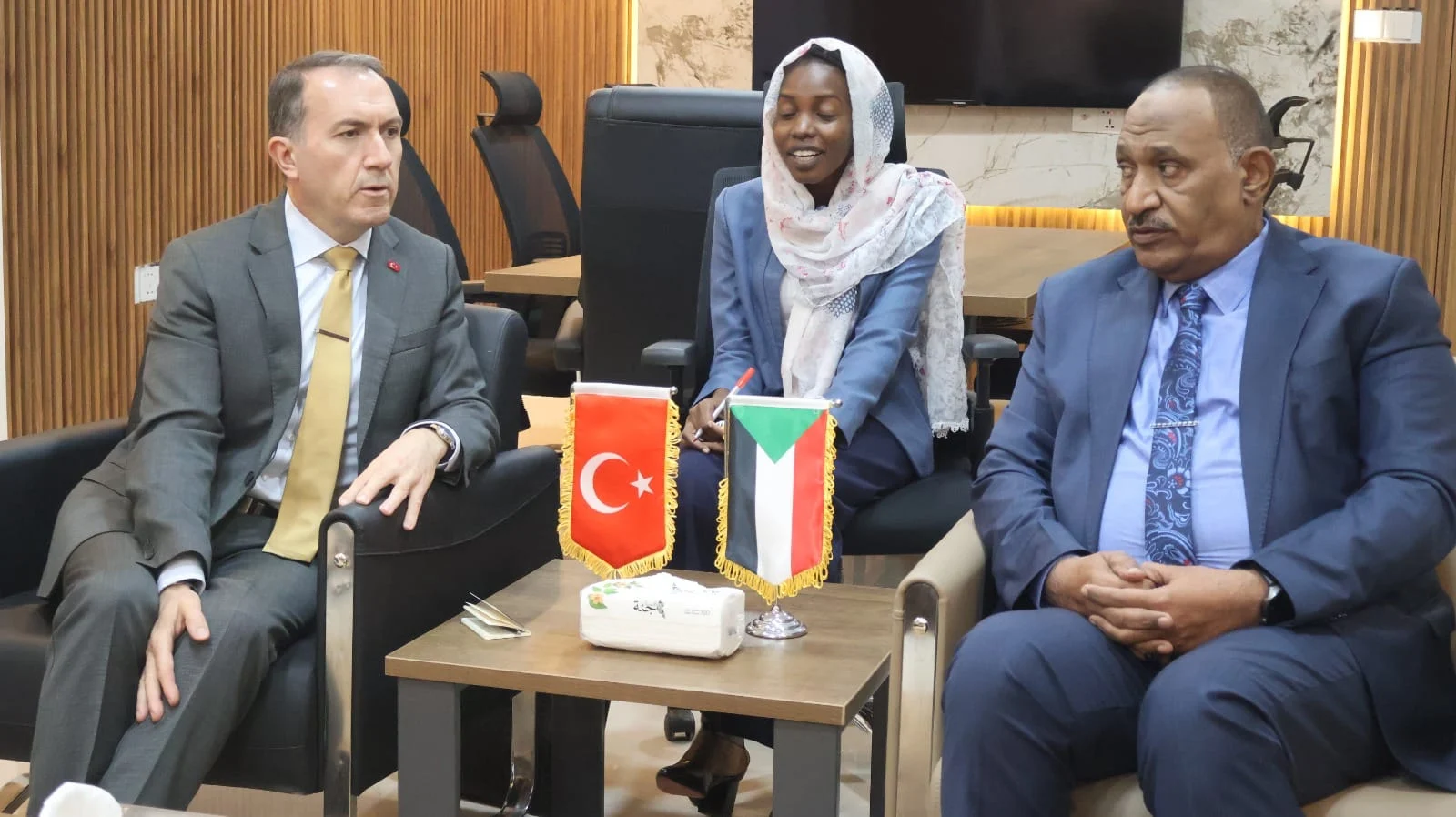
SUDAN'S OIL AND GAS SECTOR TEMPTS TURKISH INVESTMENTS.
Turkey plans to invest in Sudan's oil, gas, and electricity sectors to address the country's ongoing energy crisis exacerbated by civil conflict. Sudanese officials are actively promoting investment opportunities, particularly in renewable energy projects, signaling a commitment to enhancing energy security and infrastructure.
- 8 months, 3 weeks
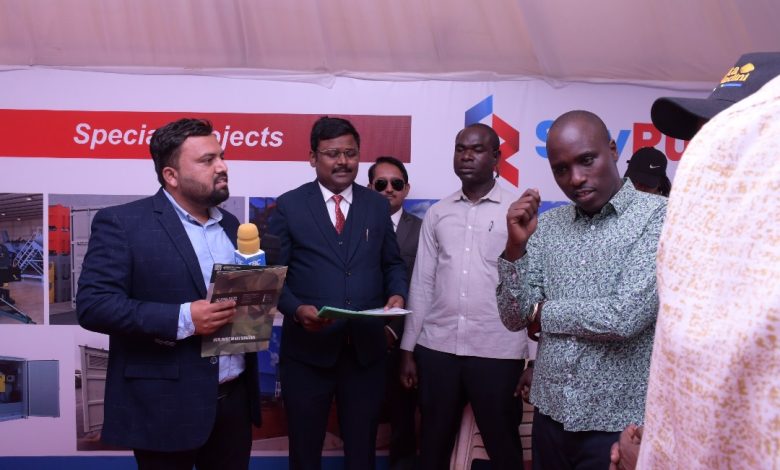
TANZANIA: A NEW COMPANY TO INTRODUCE MOBILE FUEL STATIONS.
Deputy Prime Minister Dr. Doto Biteko has urged EWURA to expedite permits for Sky Ruby to establish advanced fuel stations across Tanzania. Sky Ruby aims to enhance fuel access in remote areas with mobile stations offering various fuel types and plans for nationwide expansion.
- 8 months, 3 weeks
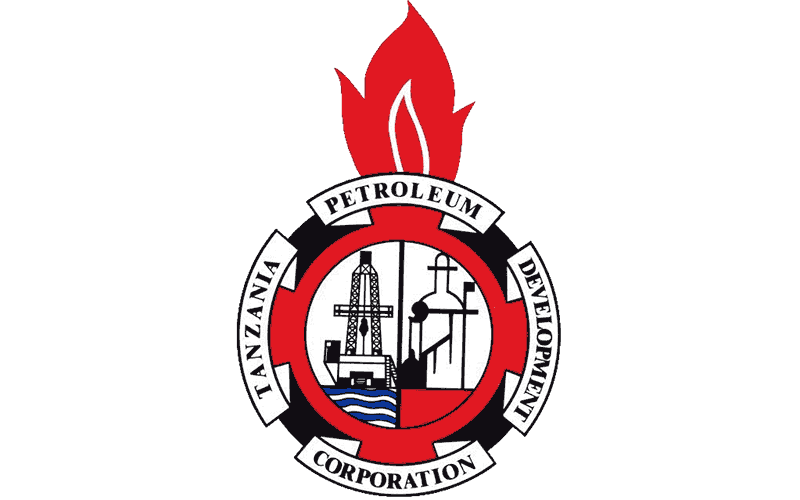
TANZANIA: TPDC TACKLES CNG REFUELING CHALLENGES WITH INFRASTRUCTURE EXPANSION IN TANZANIA.
The Tanzania Petroleum Development Corporation (TPDC) is addressing challenges related to the availability of compressed natural gas (CNG) refueling services due to increasing vehicle adoption. TPDC plans to expand infrastructure by constructing new refueling stations, including one at the University of Dar es Salaam, and collaborating with the private sector to establish 13 additional stations by July 2025.
- 8 months, 3 weeks
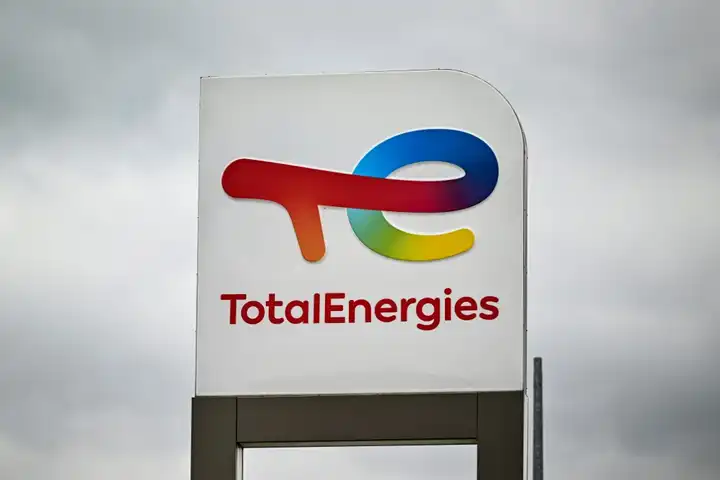
TOTALENERGIES PLANS TO GROW OIL AND GAS PRODUCTION UNTIL 2030.
TotalEnergies plans to increase its oil and gas production until 2030, projecting a growth rate of around three percent annually, primarily driven by liquefied natural gas. The company is also investing significantly in renewable energy while preparing for potential market adjustments following record profits in recent years.
- 8 months, 3 weeks
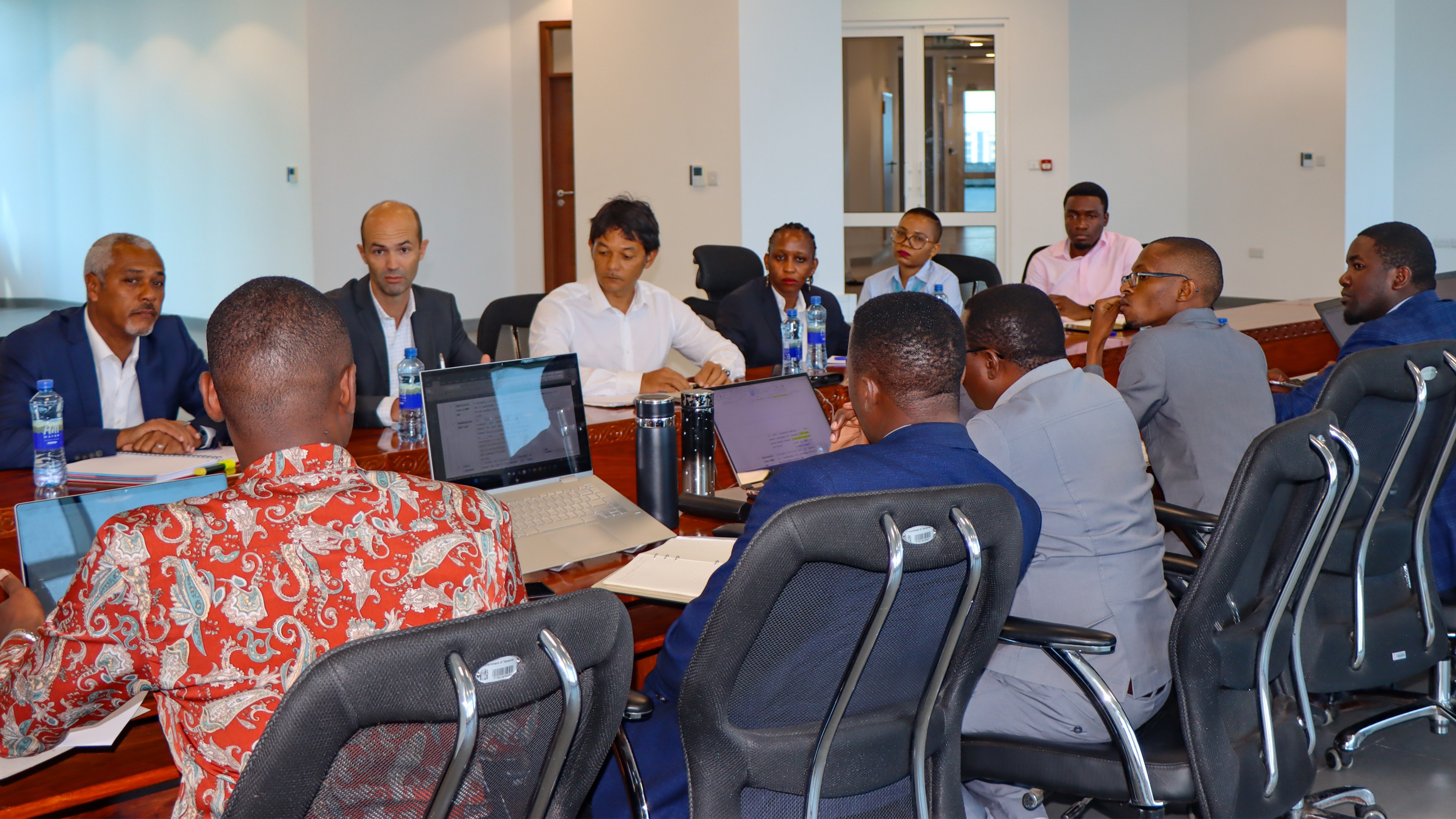
TANZANIA: PURA AND M&P DISCUSS UPCOMING NATURAL GAS DRILLING PROJECT AT MNAZI BAY.
The article discusses a recent meeting between the Petroleum Upstream Regulatory Authority (PURA) and Maurel et Prom Exploration Production Tanzania Ltd (M&P) regarding the drilling of three natural gas wells in the Mnazi Bay Block. Key topics included project budgeting, local content compliance, and the project's potential impact on natural gas production in Tanzania.
- 8 months, 3 weeks
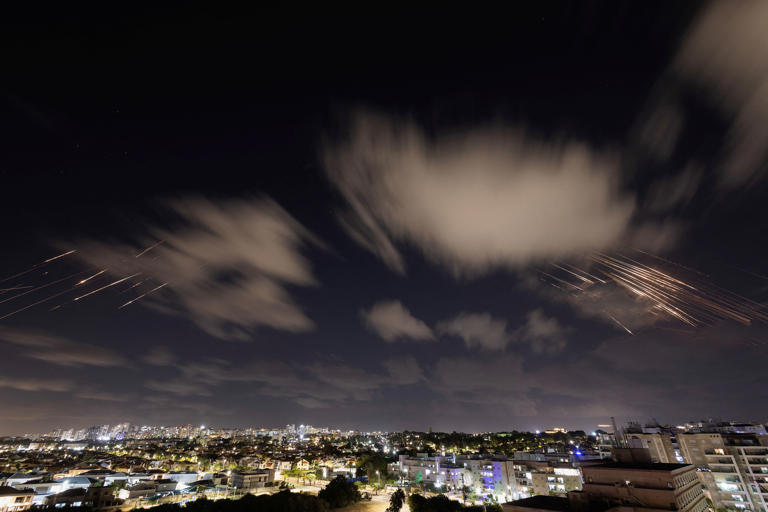
OIL PRICES SURGE AFTER IRAN FIRES 100+ MISSILES AT ISRAEL.
Iran has launched over 100 ballistic missiles into Israel, following a U.S. warning of an imminent attack, with no immediate reports of casualties. The global focus is on Israel's potential retaliation, which could target Iran's oil industry and push oil prices even higher.
- 8 months, 4 weeks

RUMORS OF NEW SAUDI OIL PRICE TARGET ARE WARNING TO OPEC CUT VIOLATORS.
Saudi Arabia is accelerating the process of ending its oil production cuts, causing fluctuations in oil prices. This move signals potential lower prices ahead, as the kingdom seeks compliance from other OPEC+ members on production limits.
- 8 months, 4 weeks
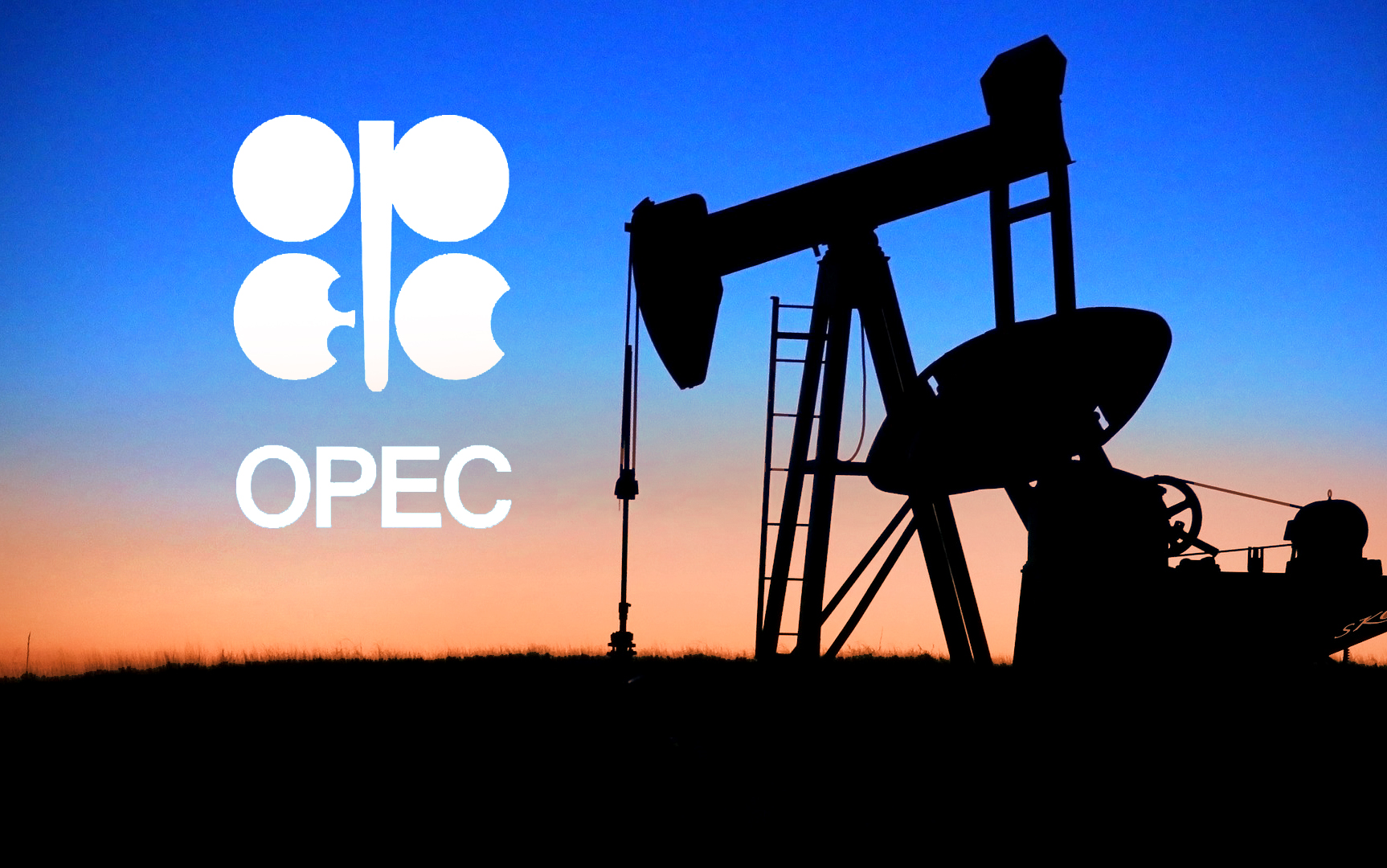
OPEC'S STRATEGIES AS OIL PRICES SET TO FALL AMID MIDDLE EAST CONFLICT.
Oil prices are set to decline for the third consecutive month due to a strong supply outlook and concerns over demand, despite rising tensions from Middle East conflicts. OPEC is responding strategically by planning to gradually increase production while estimating a rise in global oil demand in 2024.
- 9 months

TANZANIA: PURA AND ZPRA FORGE A PATH FOR SUSTAINABLE PETROLEUM DEVELOPMENT.
The Petroleum Upstream Regulatory Authority (PURA) of Tanzania Mainland and the Zanzibar Petroleum Regulatory Authority (ZPRA) are enhancing their collaboration through initiatives outlined in their 2022 Memorandum of Understanding, as demonstrated in a recent meeting to review their 2023/24 implementation report. Key achievements include refining production-sharing agreements, developing CSR guidelines, launching Zanzibar's first licensing round, and promoting open blocks to attract investment.
- 9 months

OPEC AND IEA'S STARKLY DIFFERENT OUTLOOKS ON GLOBAL OIL DEMAND.
OPEC and the IEA have sharply contrasting forecasts for global oil demand, with OPEC predicting over 2 million barrels per day of growth this year, while the IEA estimates it will be under 1 million. This divergence highlights fundamental disagreements on the future of oil consumption, particularly regarding the role of China in the global energy landscape.
- 9 months

TOTALENERGIES ENHANCES GAS INTEGRATION WITH EAGLE FORD BASIN ASSETS IN TEXAS.
TotalEnergies has acquired a 45% interest in dry gas assets from Lewis Energy Group in the Eagle Ford basin, enhancing its natural gas production and integration across the U.S. gas value chain. This acquisition follows their earlier purchase of the Dorado asset and positions TotalEnergies as the largest exporter of U.S. LNG, with plans to increase its export capacity significantly by 2030.
- 9 months

BP EXPLORES MORE OPPORTUNITIES IN INDIA.
BP has reaffirmed its commitment to India’s energy sector during a recent board meeting in New Delhi, highlighting the importance of collaboration with local partners like Reliance Industries. The company aims to leverage opportunities in oil, gas, and clean energy to support India’s growing energy needs and ambitions for energy independence by 2047.
- 9 months

OPEC'S 2024 VISION: OIL DEMAND SET TO SURGE DESPITE RENEWABLE GROWTH.
OPEC's 2024 World Oil Outlook projects that global oil demand will continue to grow, potentially exceeding 120 million barrels per day by 2050, largely driven by non-OECD countries like India and Africa. Despite the rise of renewable energy, OPEC emphasizes that oil will remain a critical component of the global energy mix, requiring substantial investments to sustain supply.
- 9 months
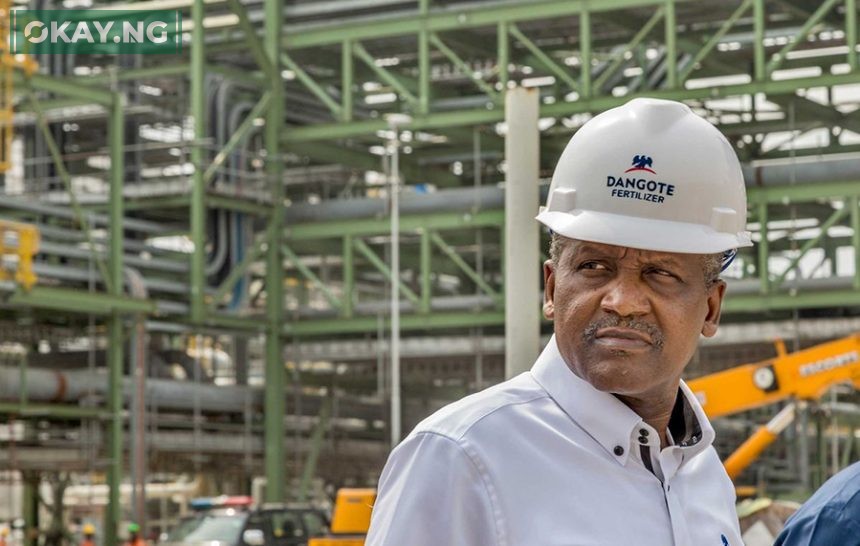
NIGERIA: DANGOTE'S 'MONSTER' REFINERY FUELS FIGHT OVER GASOLINE SUBSIDIES.
The start of gasoline production at Aliko Dangote’s oil refinery in Nigeria is pushing the government closer to removing costly fuel subsidies that have long burdened the economy, despite fears of public backlash. Both Dangote and the government are engaged in negotiations over pricing and supply, as the country seeks to stabilize its fuel market amidst ongoing economic challenges.
- 9 months
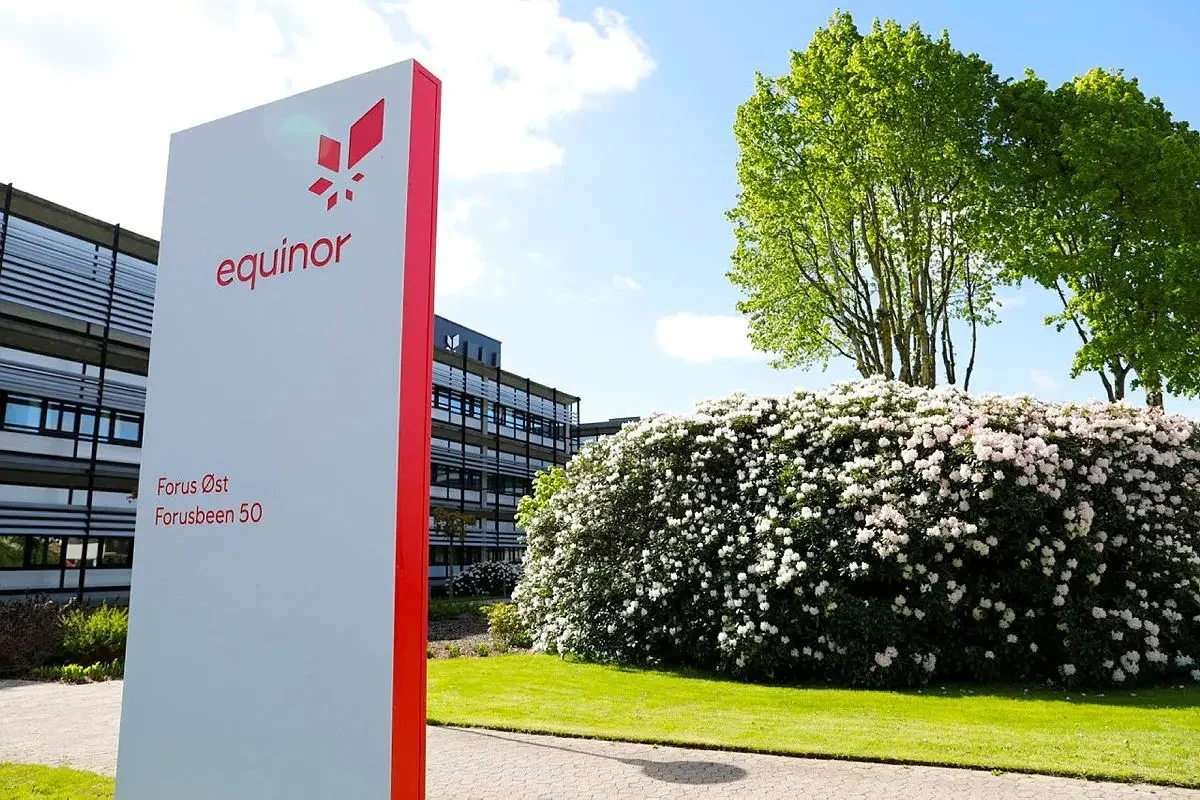
EQUINOR DISCOVERS OIL AND GAS IN THE NORTH SEA: SECOND FIND IN A WEEK.
Equinor has announced a significant oil and gas discovery in the northern North Sea, with estimated resources of about 56 million barrels, although current market conditions render it "unprofitable." This follows another recent find of 16 million barrels, highlighting ongoing exploration successes in the region despite economic challenges.
- 9 months
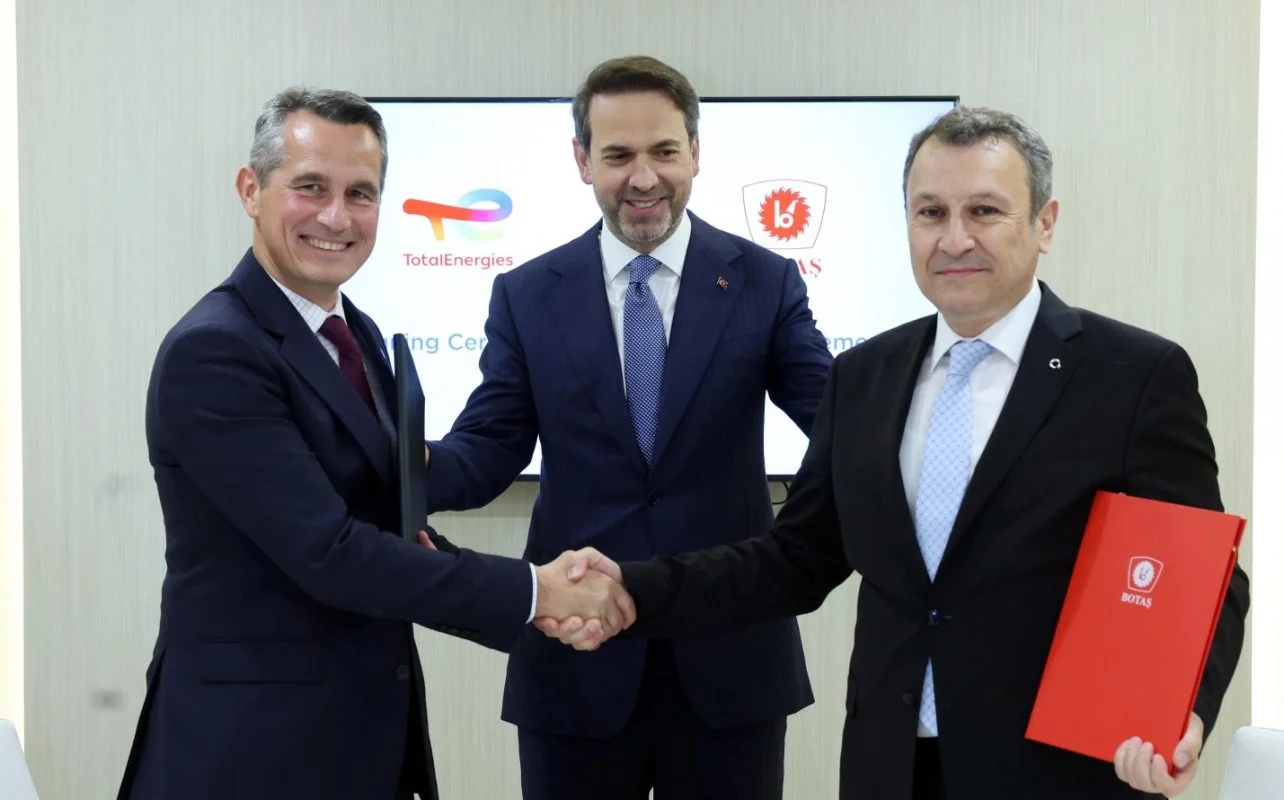
TURKEY AND TOTAL ENERGY: LNG PARTNERSHIP BOOSTS ENERGY SECURITY.
Turkey's long-term LNG agreement with TotalEnergies aims to enhance energy security by diversifying its energy sources and reducing dependence on conventional gas imports. This partnership not only strengthens Turkey's position as a regional gas hub but also provides European countries with alternative gas supplies, bolstering their energy resilience amid geopolitical uncertainties.
- 9 months
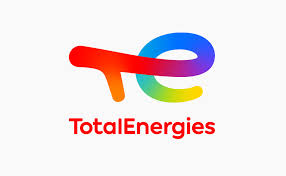
TOTALENERGIES AND AIR FRANCE-KLM: A LANDMARK AGREEMENT FOR SUSTAINABLE AVIATION FUEL.
TotalEnergies signed a 10-year agreement to supply Air France-KLM with 1.5 million tons of sustainable aviation fuel (SAF) through 2035. The agreement expands a previous deal and strengthens both companies' efforts to reduce aviation's carbon footprint.
- 9 months, 1 week

SHELL TO SHUT PRODUCTION AT TWO OIL FACILITIES IN GULF OF MEXICO.
Shell is temporarily shutting down production at its Stones and Appomattox facilities in the Gulf of Mexico and evacuating non-essential personnel due to a tropical disturbance that has a 50% chance of becoming a cyclone. The U.S. National Hurricane Center has warned that conditions are favorable for the disturbance to develop into a tropical depression or storm in the coming days.
- 9 months, 1 week

NIGERIA BEGINS TALK WITH LIBYA FOR CONSTRUCTION OF REGIONAL GAS PIPELINE PROJECT.
Nigeria has begun discussions with Libya to construct a gas pipeline aimed at enhancing energy cooperation between the two nations. The proposed pipeline would transport gas from Nigeria to Libya and is part of Nigeria's strategic shift from oil to gas, leveraging its vast gas reserves.
- 9 months, 1 week
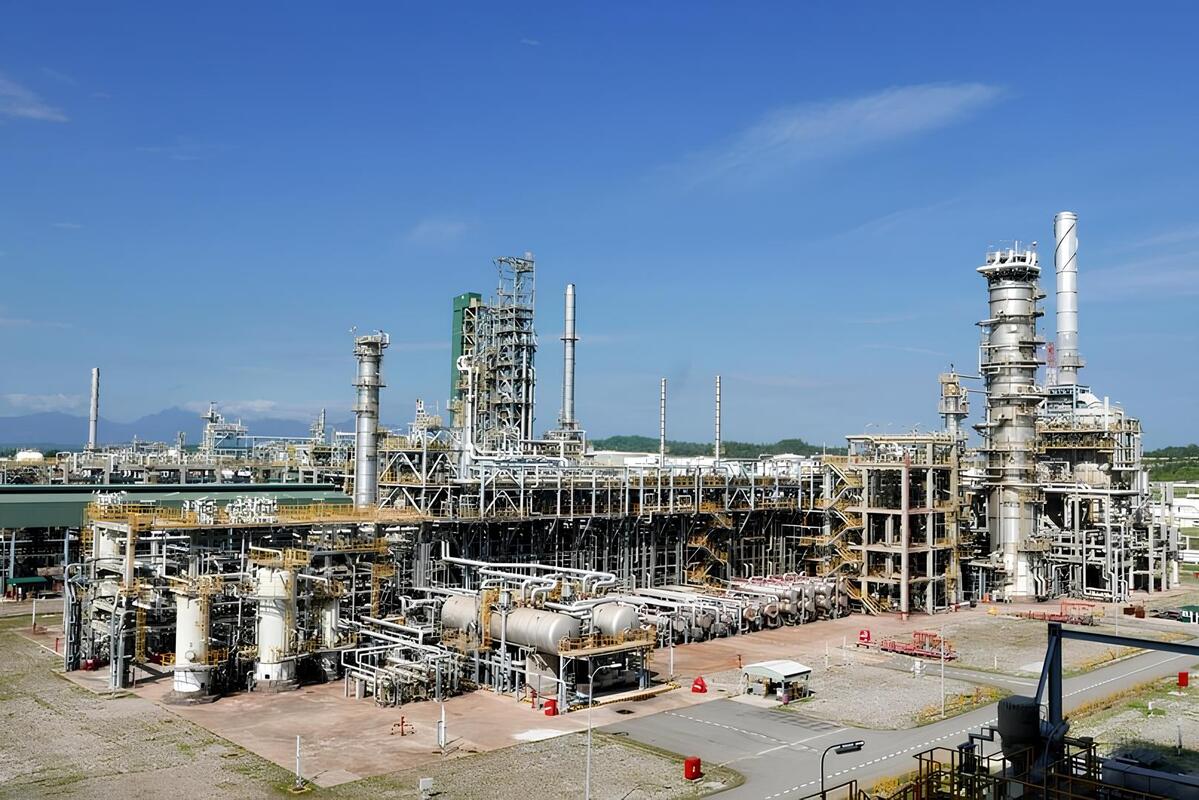
UAE MURBAN CRUDE SECURES THE NEEDS OF AN OIL REFINERY IN VIETNAM.
The demand for UAE Murban crude is rising in Asian markets due to its distinct chemical characteristics being light, low in sulfur, and having a carbon density less than half the global average.
- 9 months, 1 week

US LIQUEFIED NATURAL GAS COMPANY REGASIFIES ONE MILLION TONS IN GREECE FOR 5 YEARS.
A U.S. liquefied natural gas (LNG) company, Venture Global LNG, has entered into a regasification agreement with Greece's Gas trade SA to address the shortage of Russian gas supplies caused by the Ukrainian war in February 2022.
- 9 months, 1 week

SCANIA TANZANIA TO SUPPLY GAS-POWERED BUSES FOR BRT PROJECT.
Tanzania will enhance its Bus Rapid Transit (BRT) project with a new fleet of gas-powered buses from Scania Marcopolo, aimed at transforming public transport in Dar es Salaam. Funded by the World Bank, the ongoing BRT infrastructure development promises to provide residents with a faster, safer, and more reliable transportation system.
- 9 months, 1 week

SUDAN'S OIL AND GAS ATTRACT RUSSIAN INVESTMENT.
Sudan is actively seeking to enhance its oil and gas production amid an energy deficit caused by the ongoing civil war, with Minister Dr. Muhyiddin Naim emphasizing collaboration with Russia for investments and expertise in these sectors. Additionally, the country is exploring solar energy projects in partnership with Turkish companies to address its growing electricity demands and expand renewable energy initiatives.
- 9 months, 1 week
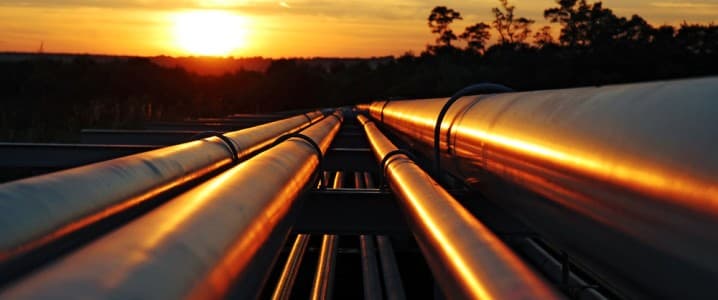
SOUTH SUDAN COULD SOON RESUME EXPORTING CRUDE OIL VIA SUDAN.
South Sudan and Sudan are in talks to resume crude oil exports through Sudanese ports after a months-long shutdown caused by a ruptured pipeline amidst ongoing conflict. South Sudan’s engineers are set to assess the infrastructure’s readiness, as the country struggles financially due to its heavy reliance on oil revenues.
- 9 months, 1 week
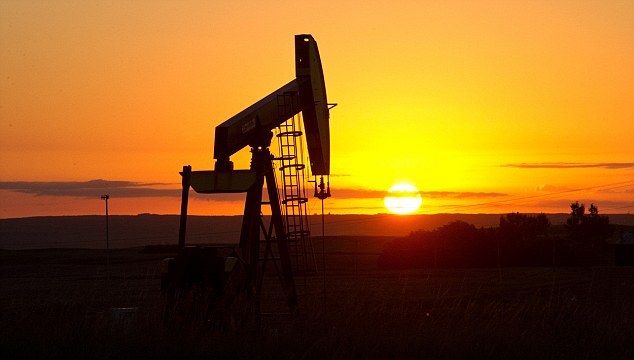
WHY NO MAJOR OIL COMPANY IS RUSHING TO DRILL PAKISTAN'S HUGE OIL RESERVES.
Pakistan has uncovered potentially massive oil and gas reserves, but experts warn that significant investment and years of work are needed for exploitation, with security concerns deterring international oil companies. As a result, China is emerging as the most likely partner for development, while Pakistan continues to grapple with an energy crisis exacerbated by fuel smuggling from Iran.
- 9 months, 1 week
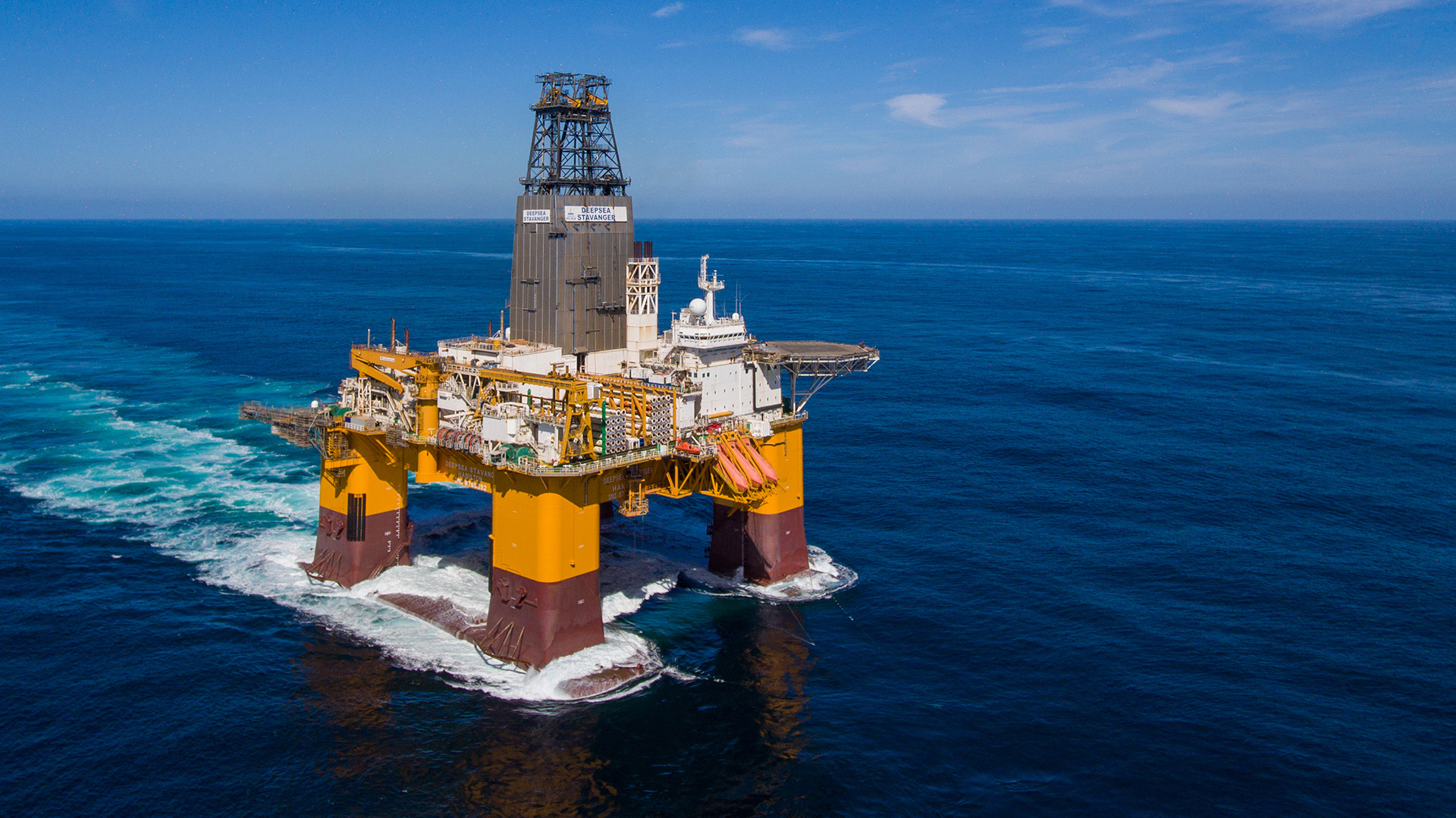
EQUINOR MAKES NEW GAS DISCOVERY IN NORWEGIAN NORTH SEA.
Equinor ASA and its partners have discovered new natural gas reserves in the Gudrun field of Norway’s North Sea through two wildcat wells, with preliminary estimates indicating recoverable oil equivalent between 0.1 and 1.3 million standard cubic meters. The Gudrun field, already in production since 2014, continues to show substantial reserves, prompting further evaluation of its prospectivity.
- 9 months, 1 week

INDIA WILL CONTINUE TO BUY CHEAP RUSSIAN CRUDE OIL.
India will continue to prioritize buying oil and gas at the lowest prices, focusing on discounted Russian crude, which has become its largest supply source. The country is also exploring long-term supply agreements with Russia to ensure stable oil supplies as it expands its refining capacity.
- 9 months, 1 week

LONG-TERM LIQUEFIED GAS DEAL REVIVES TURKEY.
Turkey's national energy company, Botaş, has signed a long-term LNG agreement with Total Energy, set to begin in 2027 and supply 1.6 billion cubic meters annually. This deal, part of Turkey's strategy to enhance energy security and diversify sources, positions the country as a potential gas hub for exports to Europe, despite a recent decline in LNG imports from Egypt.
- 9 months, 1 week
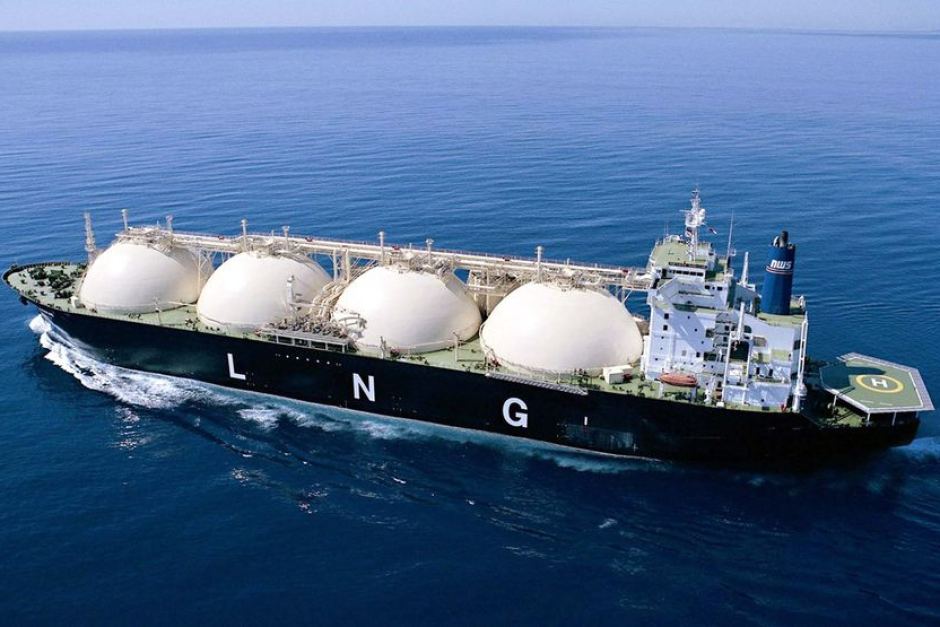
LNG INDUSTRY FACES UNCERTAIN FUTURE.
The LNG industry is encountering several challenges that may affect its future growth, including regulatory obstacles, supply chain disruptions, and price sensitivity. A key driver of the industry’s expansion, Asian demand for LNG, is showing signs of cooling as storage capacity approaches its limit.
- 9 months, 1 week
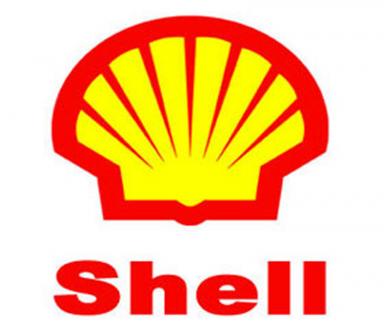
SHELL FACES LAWSUIT IN NIGERIA.
Shell is facing a lawsuit in Nigeria, with communities from the Niger Delta demanding hundreds of millions of dollars in compensation for environmental damage caused by the company’s operations.
- 9 months, 2 weeks
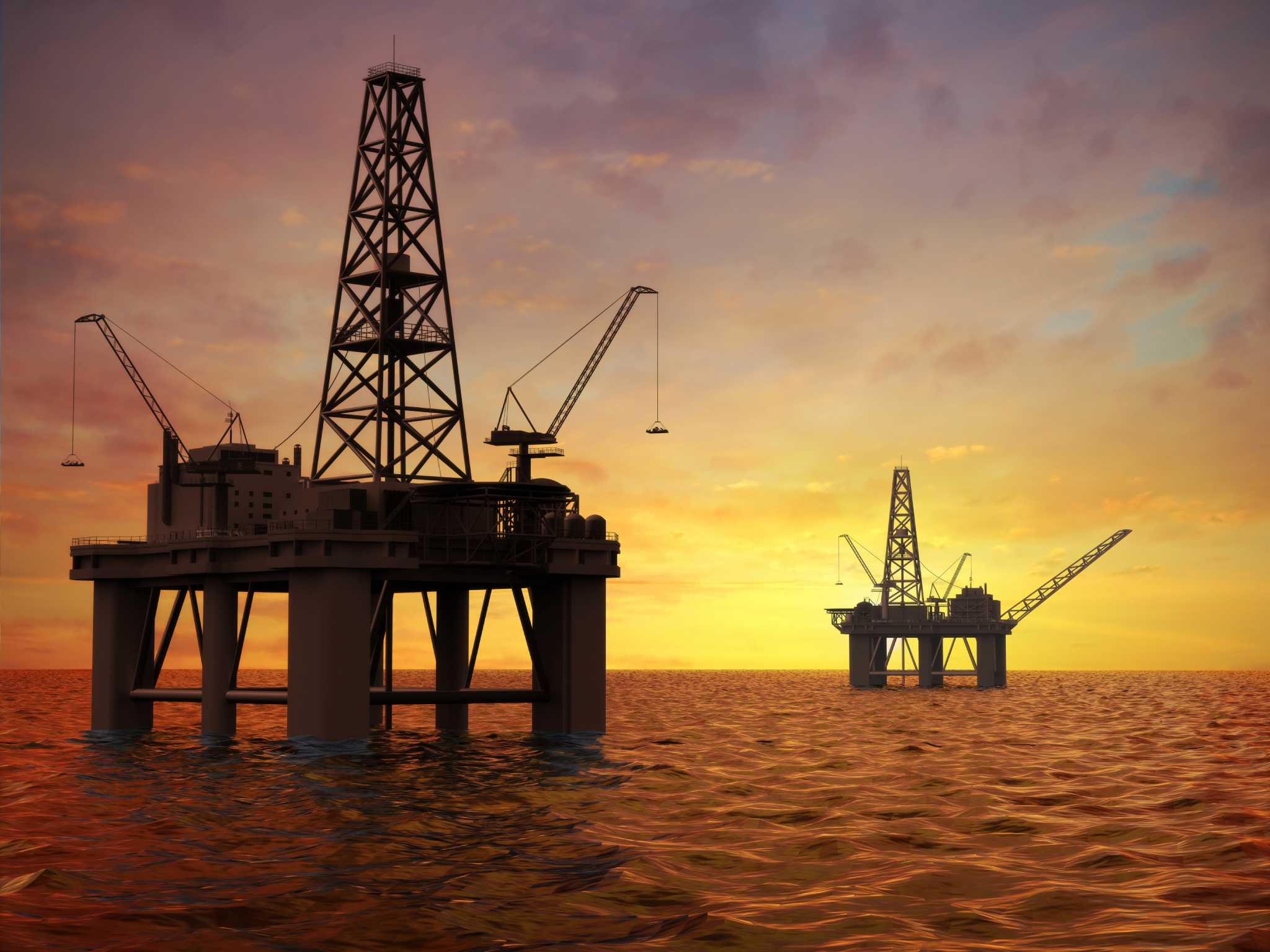
OIL PRICES POISED FOR WEEKLY GAIN.
Crude oil prices continued their upward trend today, building on Thursday's gains, and are on track to break a three-week losing streak if the momentum holds.
- 9 months, 2 weeks

OPEC PRODUCTION POLICIES COULD COMPLICATE RELATIONSHIP WITH BIG OIL.
Earlier this month, OPEC and its partners from Central Asia and Russia postponed the planned rollback of production cuts originally agreed upon in 2023 to counter falling oil prices.
- 9 months, 2 weeks

INDIAN COMPANY ACQUIRES OIL AND GAS PRODUCTION RIGHTS IN RUWAIS, UAE.
An Indian company, Orga Bharat BTE Limited - Abu Dhabi, has been granted oil and gas production concessions in Ruwais, UAE, highlighting the strengthening cooperation between the two nations.
- 9 months, 2 weeks
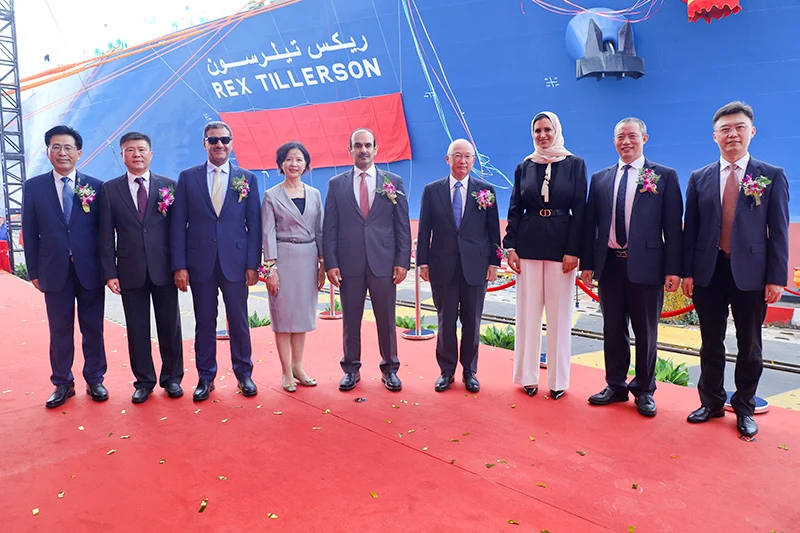
QATAR ENERGY LAUNCHES FIRST LNG CARRIER IN NEW CARGO FLEET.
Qatar Energy has taken delivery of its inaugural liquefied natural gas (LNG) carrier from China.
- 9 months, 2 weeks

TURKEY SIGNS MASSIVE 10-YEAR LNG DEAL.
Turkey has signed a 10-year liquefied natural gas (LNG) import agreement, extending until 2037, as announced by Energy Minister Alp Arslan Bayraktar on Monday, September 2, 2024.
- 9 months, 4 weeks
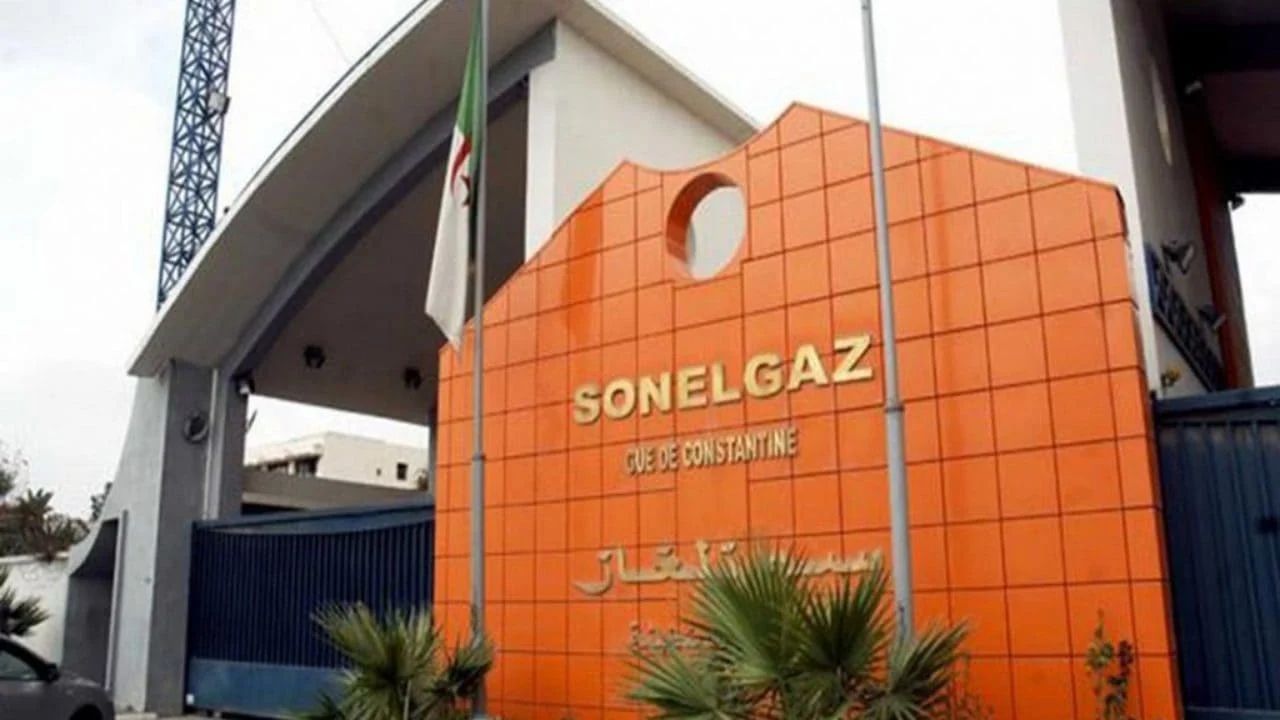
ENERGY DEAL FOR THE FIRST TIME IN ALGERIA'S HISTORY.
Algeria has made history by unveiling a significant energy deal aimed at diversifying its economic growth beyond oil and gas exports.
- 9 months, 4 weeks
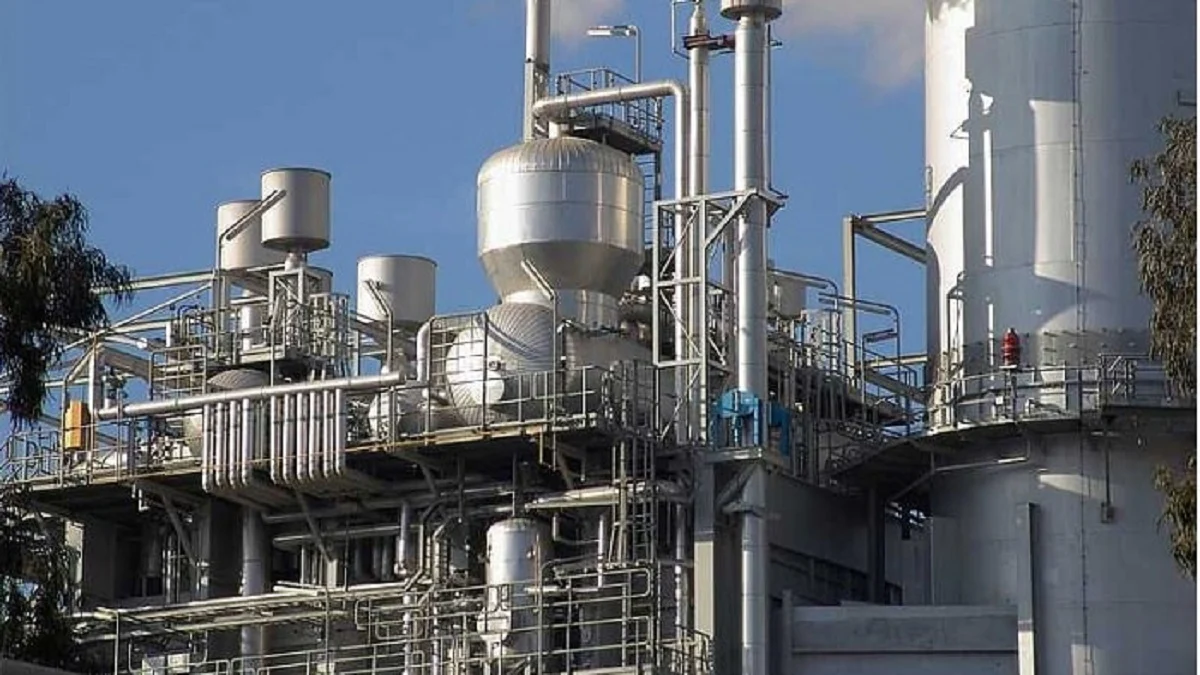
NIGERIAN GAS METHANOL PLANT SECURES FUNDING.
Nigeria is advancing its methanol production sector as part of its commitment to achieving carbon neutrality by 2060.
- 10 months
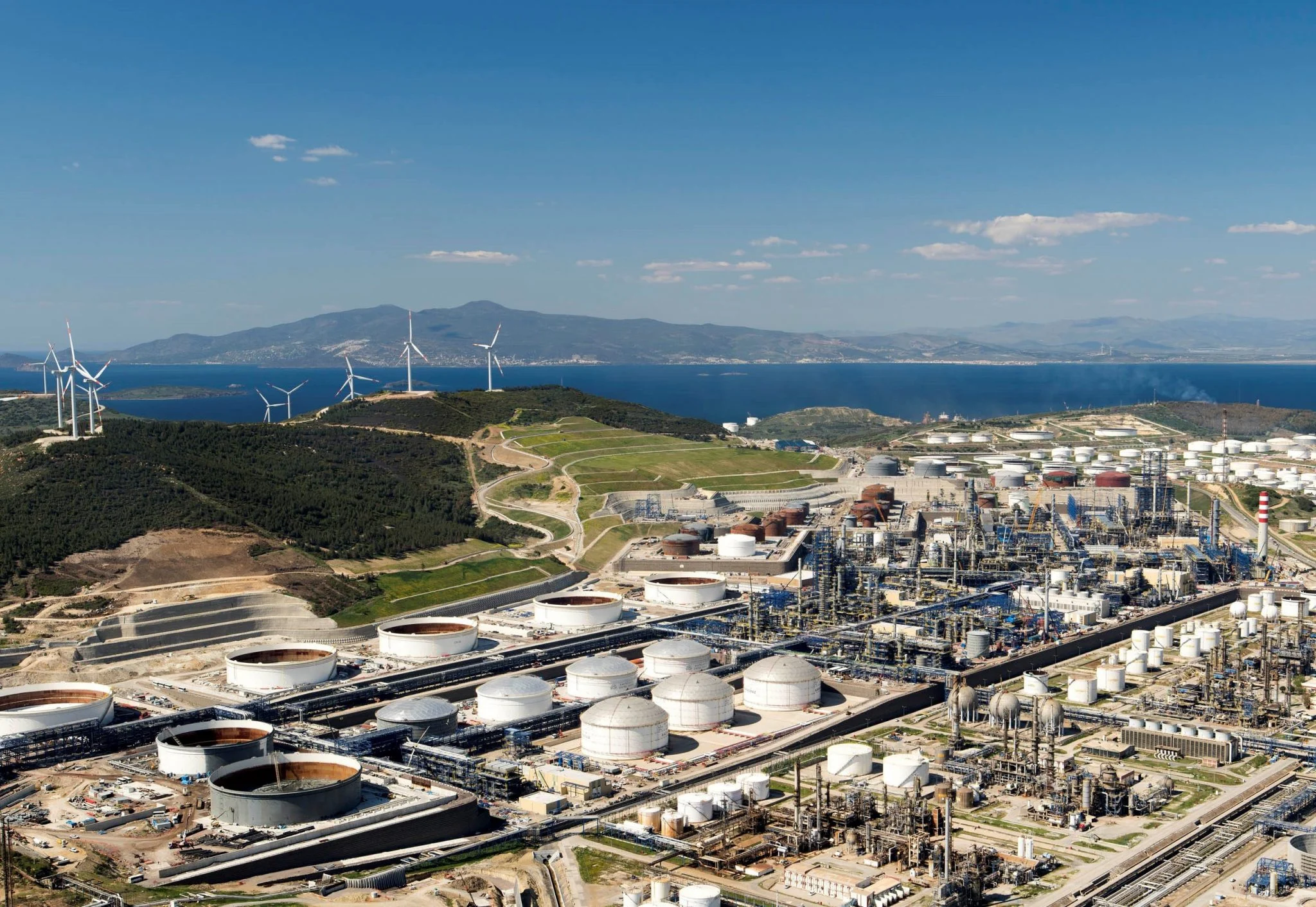
TURKISH REFINERY SHUTDOWN THREATENS RUSSIAN OIL.
Azerbaijan's state oil and gas company, SOCAR, has announced a temporary halt in operations at its Turkish refinery, which has a production capacity exceeding 200,000 barrels per day.
- 10 months
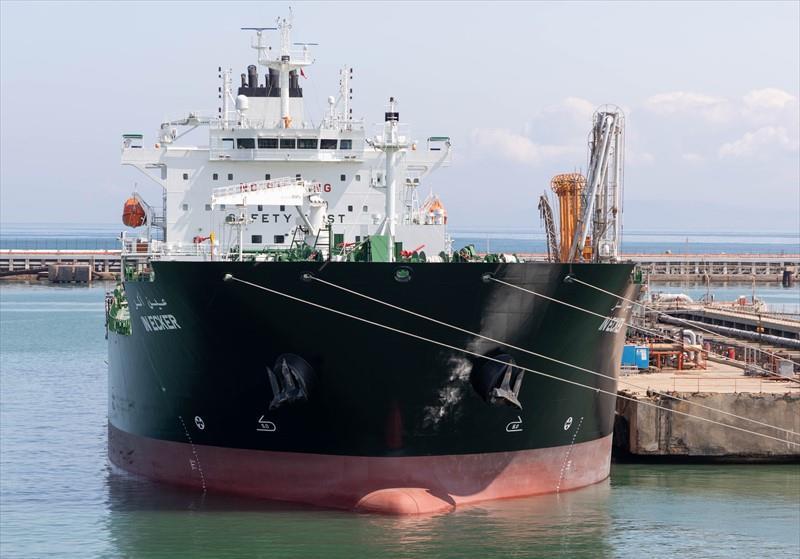
ALGERIAN FUEL SHIPMENT ARRIVES IN LEBANON.
After a six-day journey, the Algerian fuel shipment aboard the tanker "Ain Aker" arrived in Lebanon at the port of Tripoli on August 27, 2024.
- 10 months
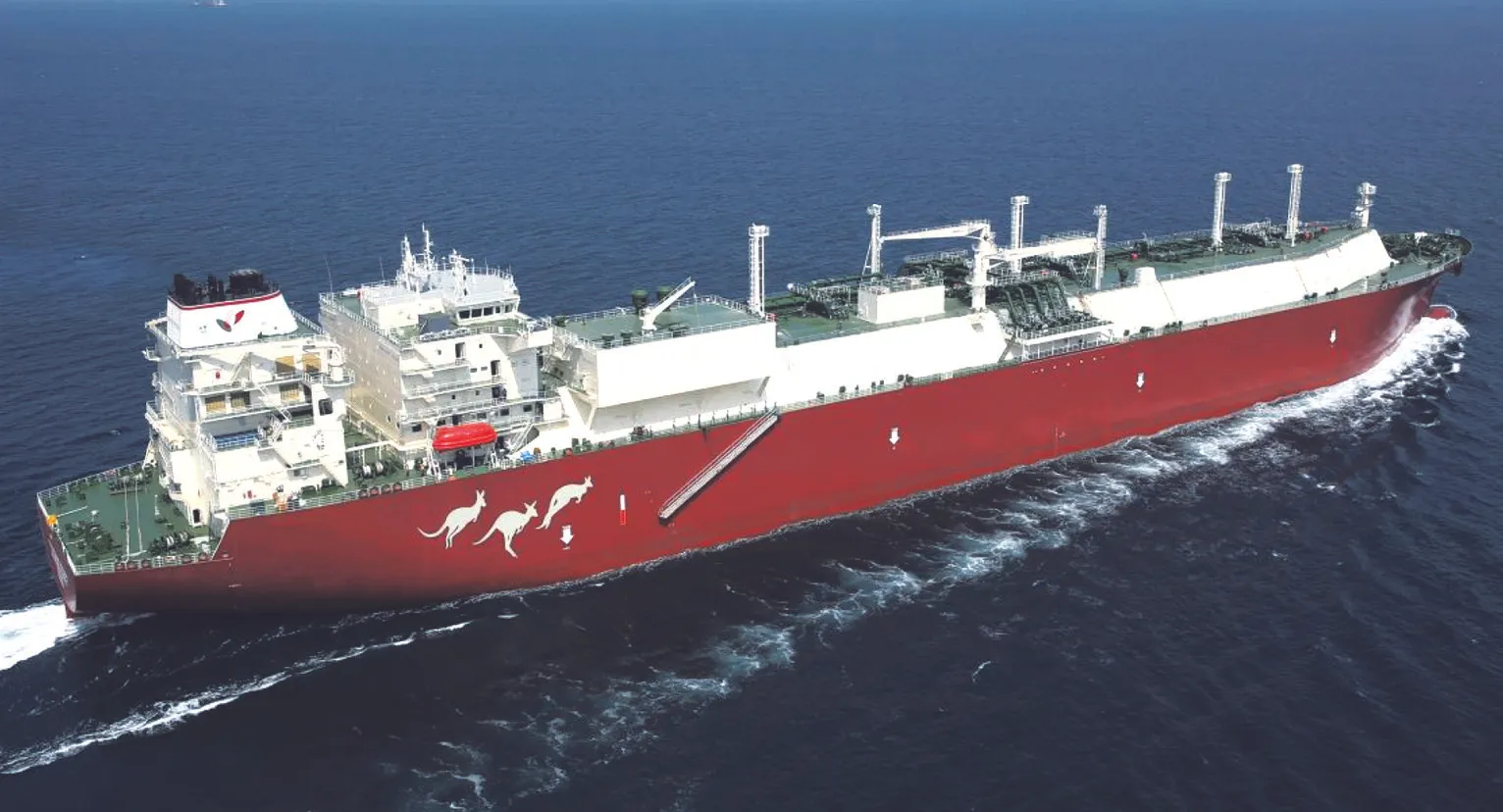
NEW ZEALAND: IMPORTS LIQUEFIED GAS FOR THE FIRST TIME IN ITS HISTORY.
A Pacific island nation is preparing to import liquefied natural gas (LNG) for the first time, addressing its lack of a receiving station for fuel, which is currently in high global demand.
- 10 months
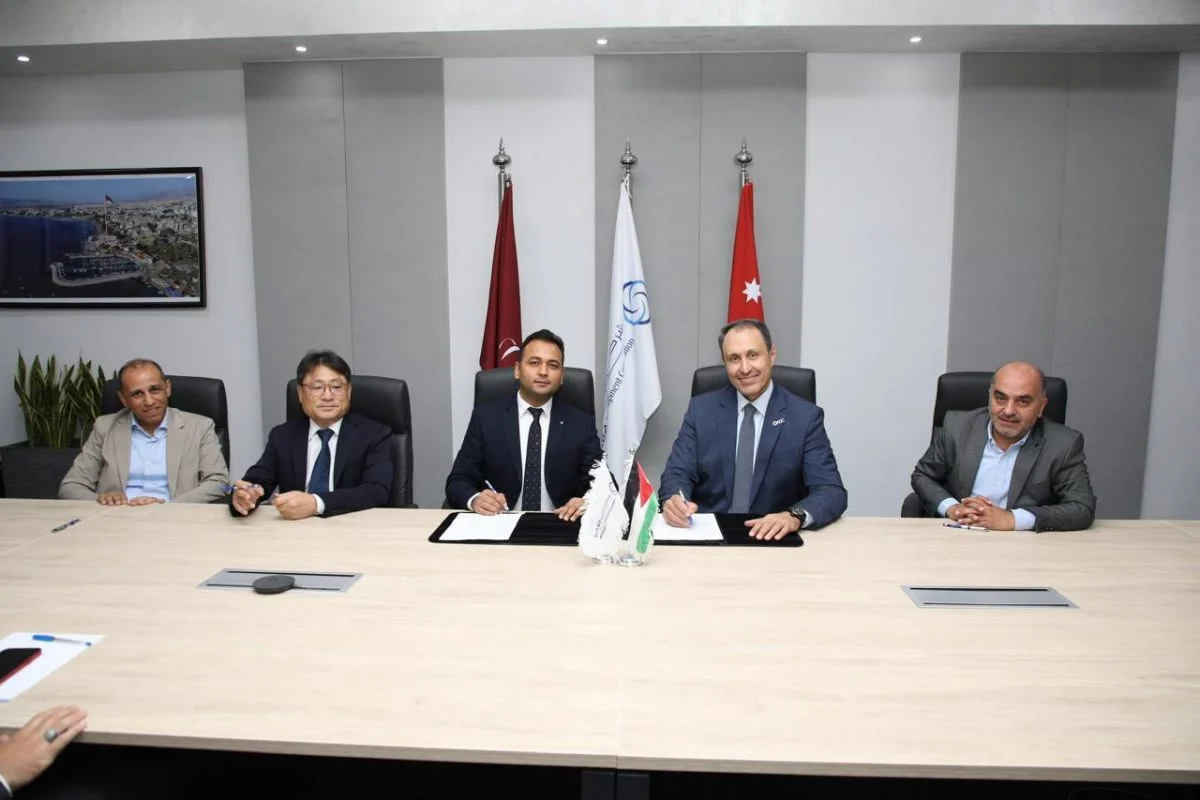
JORDAN BUILD A REGASIFICATION UNIT.
Jordan is taking a significant step toward securing a stable and permanent energy supply by building a regasification unit, which converts liquefied gas back into its natural form.
- 10 months, 1 week

TURKEY MAKES RAPID INROADS INTO AFRICA’S OIL AND GOLD SECTORS.
Turkey is actively expanding its presence in Africa and enhancing its energy security.
- 10 months, 1 week
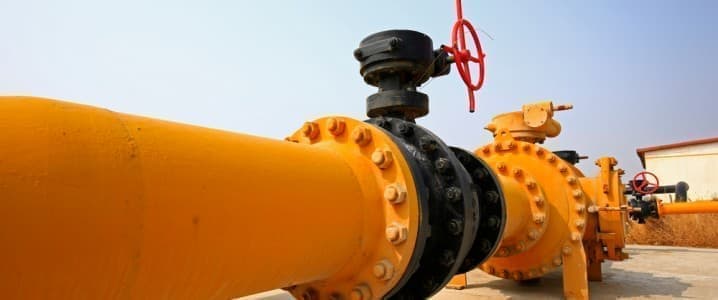
NIGER AIMS TO BECOME MAJOR OIL EXPORTER.
Niger has resumed oil exports after resolving a border dispute with Benin that had halted crude shipments since June.
- 10 months, 1 week
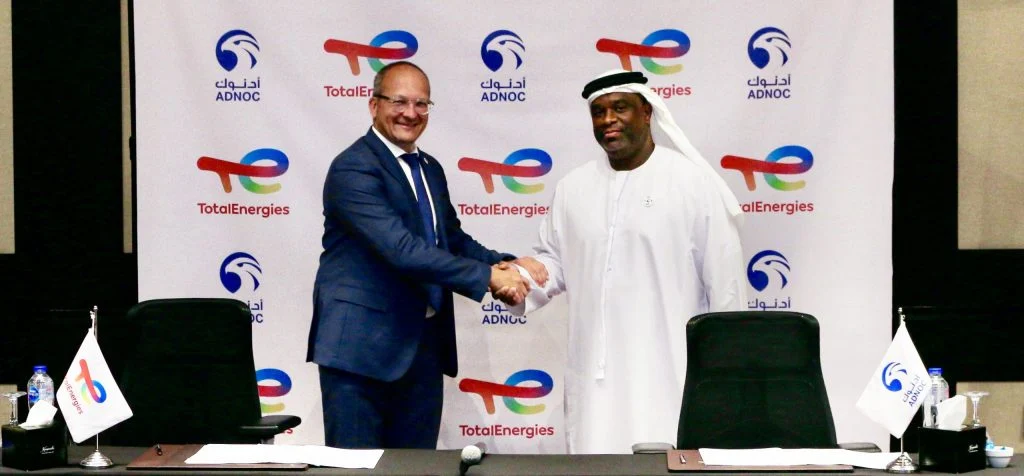
UAE'S ADNOC EXPANDS INVESTMENTS IN AFRICA TO BOOST ENERGY SECURITY.
ADNOC's recent expansion in Africa highlights the company's and the UAE's strategic commitment to advancing the energy sector and ensuring a consistent flow of resources to meet global demand.
- 10 months, 2 weeks
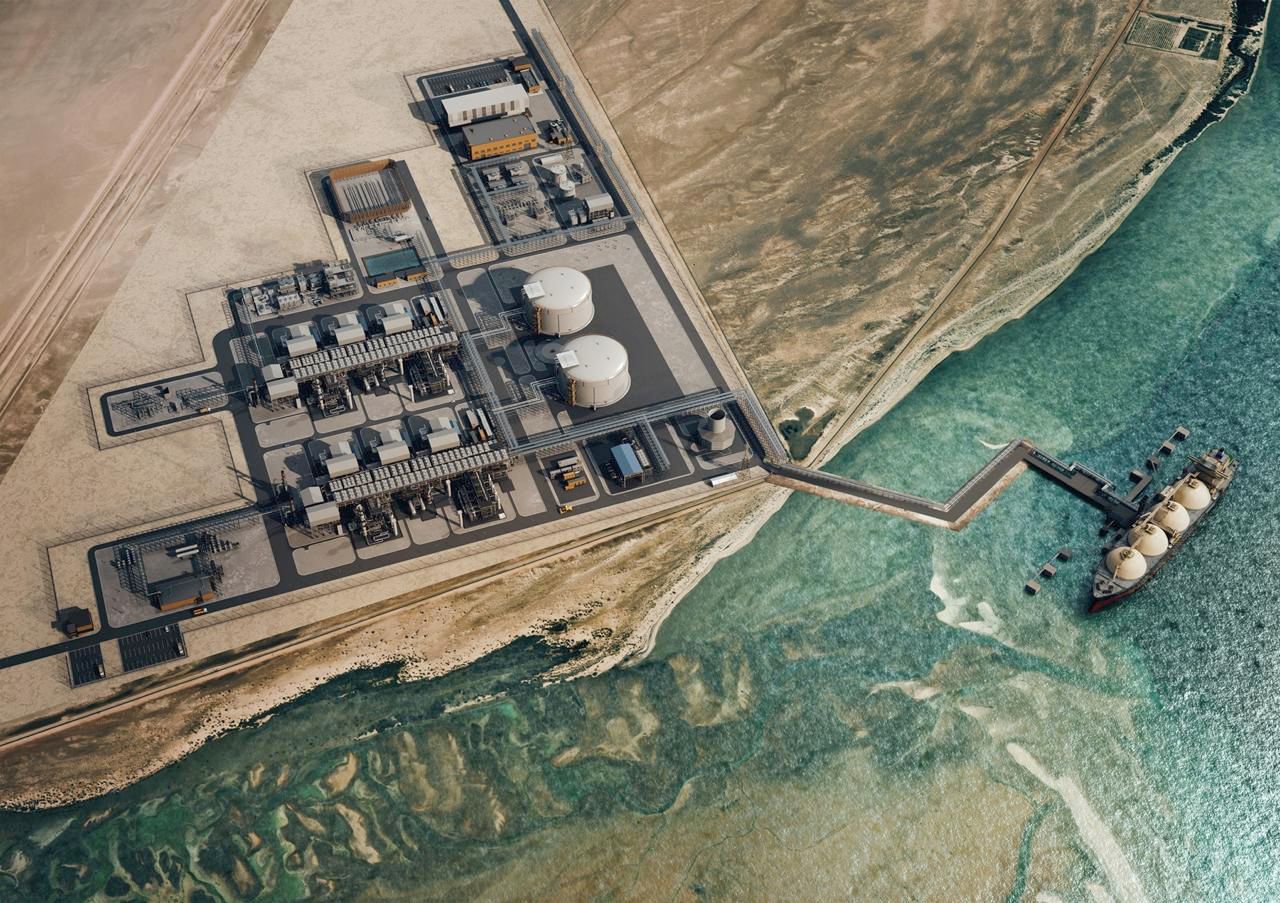
UAE SIGNS NEW LNG EXPORT DEAL FROM RUWAIS PROJECT.
The UAE has secured a new long-term deal to export liquefied natural gas (LNG) from the environmentally friendly Ruwais project, reinforcing Abu Dhabi's role in global energy markets.
- 10 months, 3 weeks
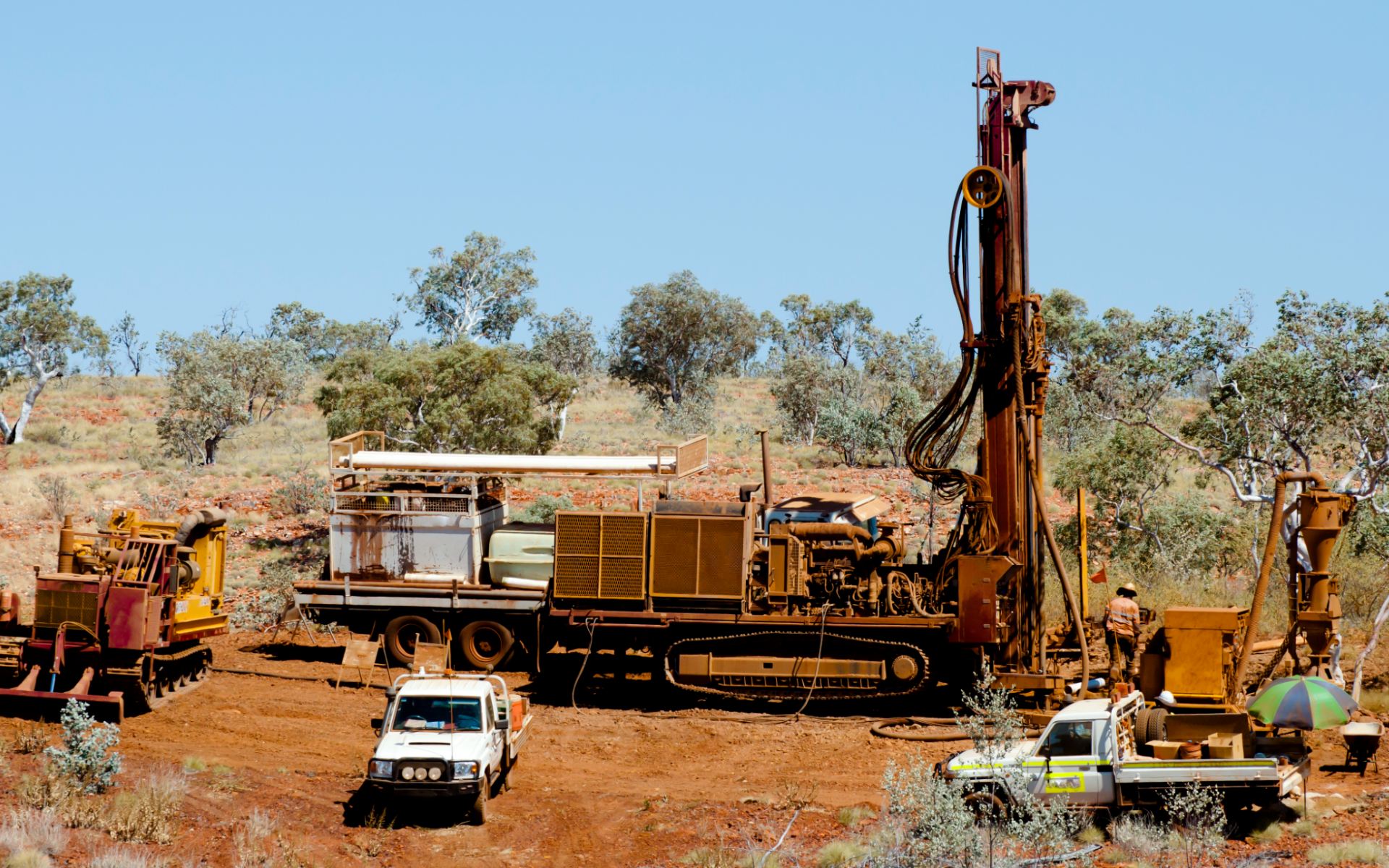
SOUTH AFRICA: DRILLING 5 AFRICAN GAS WELLS WITH RESERVES OF 6 TRILLION CUBIC FEET.
Preparatory work has begun for a plan to drill five gas wells in South Africa, targeting reserves estimated at 6 trillion cubic feet.
- 10 months, 3 weeks
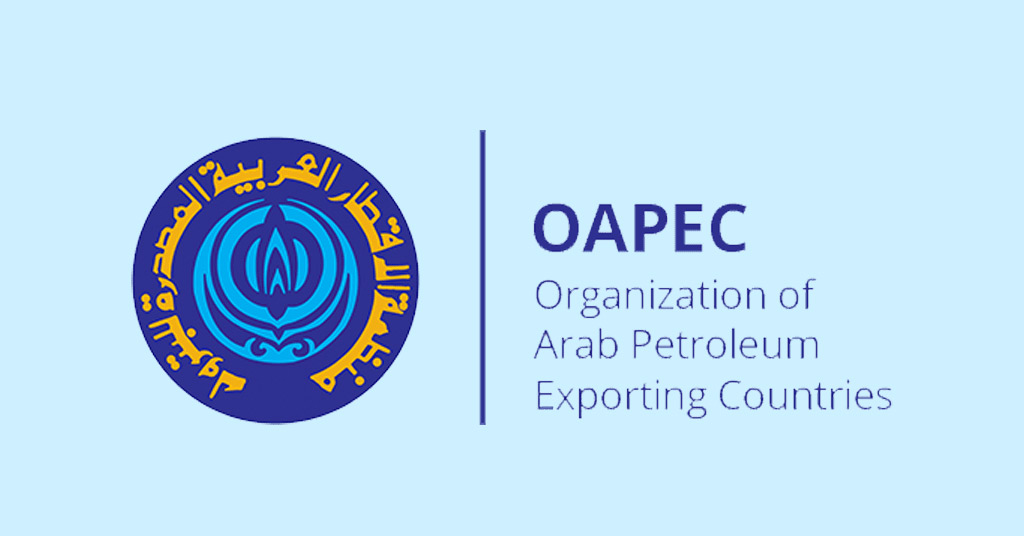
OAPEC MONTHLY BULLETIN REVIEWS DEVELOPMENTS IN ARABIC AND GLOBAL ENERGY MARKETS.
The latest issue of the OAPEC monthly bulletin, released by the Organization of Arab Petroleum Exporting Countries, reviews recent global oil market developments and their impact on Arab nations.
- 10 months, 4 weeks
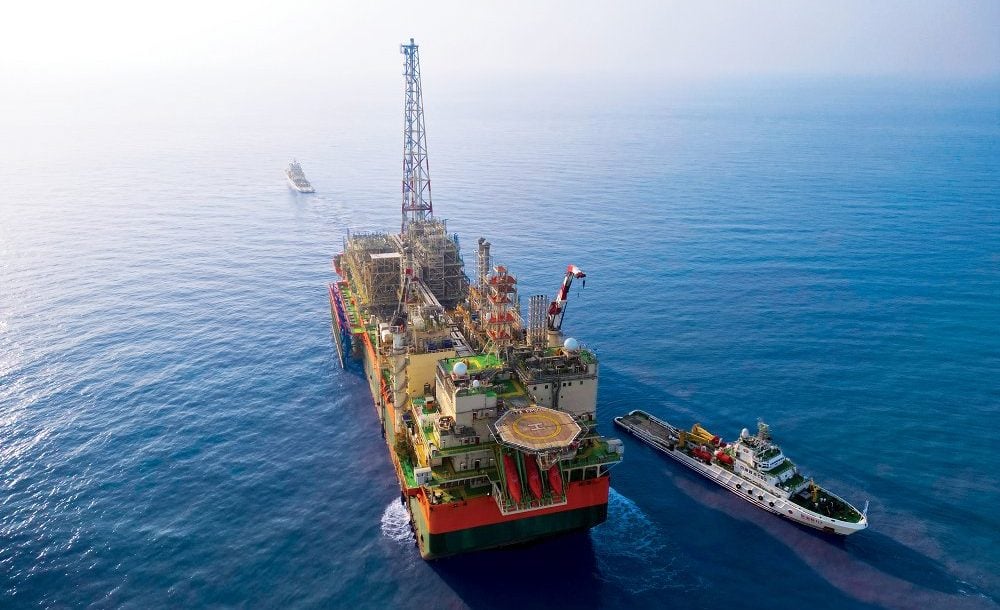
PRODUCTION DATE OF THE FIRST LNG SHIPMENT FROM THE MAURITANIAN-SENEGALESE PROJECT.
BP CEO Murray Ochinclus has announced that the Tortu Ahmeim Grand Project, located off the coasts of Mauritania and Senegal, is set to commence production.
- 11 months

MAERSK ABANDONS METHANOL IN FAVOR OF LIQUEFIED GAS IN SHIP SUPPLY.
Denmark's Maersk is set to expand its fleet of LNG vessels, a notable shift from its long-standing use of methanol as a fuel.
- 11 months

PAKISTAN: NATURAL GAS DISCOVERY PROMISES 20 MILLION CUBIC FEET PER DAY PRODUCTION.
The Oil & Gas Development Company Limited (OGDCL) announced a significant gas discovery in Pakistan on Monday, July 29, 2024.
- 11 months
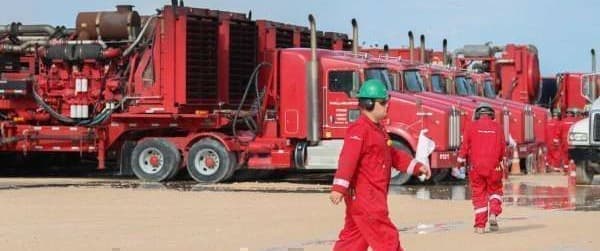
USA: OILFIELD SERVICE FIRMS STRUGGLE AMID MEGA-MERGERS IN OIL SECTOR.
The recent surge in megadeals within the U.S. oil and gas sector, which began last year and has extended into this year, has significantly impacted oilfield services.
- 11 months

THE MOROCCAN-NIGERIAN GAS PIPELINE UNDERGOES SIGNIFICANT DEVELOPMENT.
The Moroccan-Nigerian gas pipeline is making substantial progress, following fruitful high-level meetings between the host countries.
- 11 months
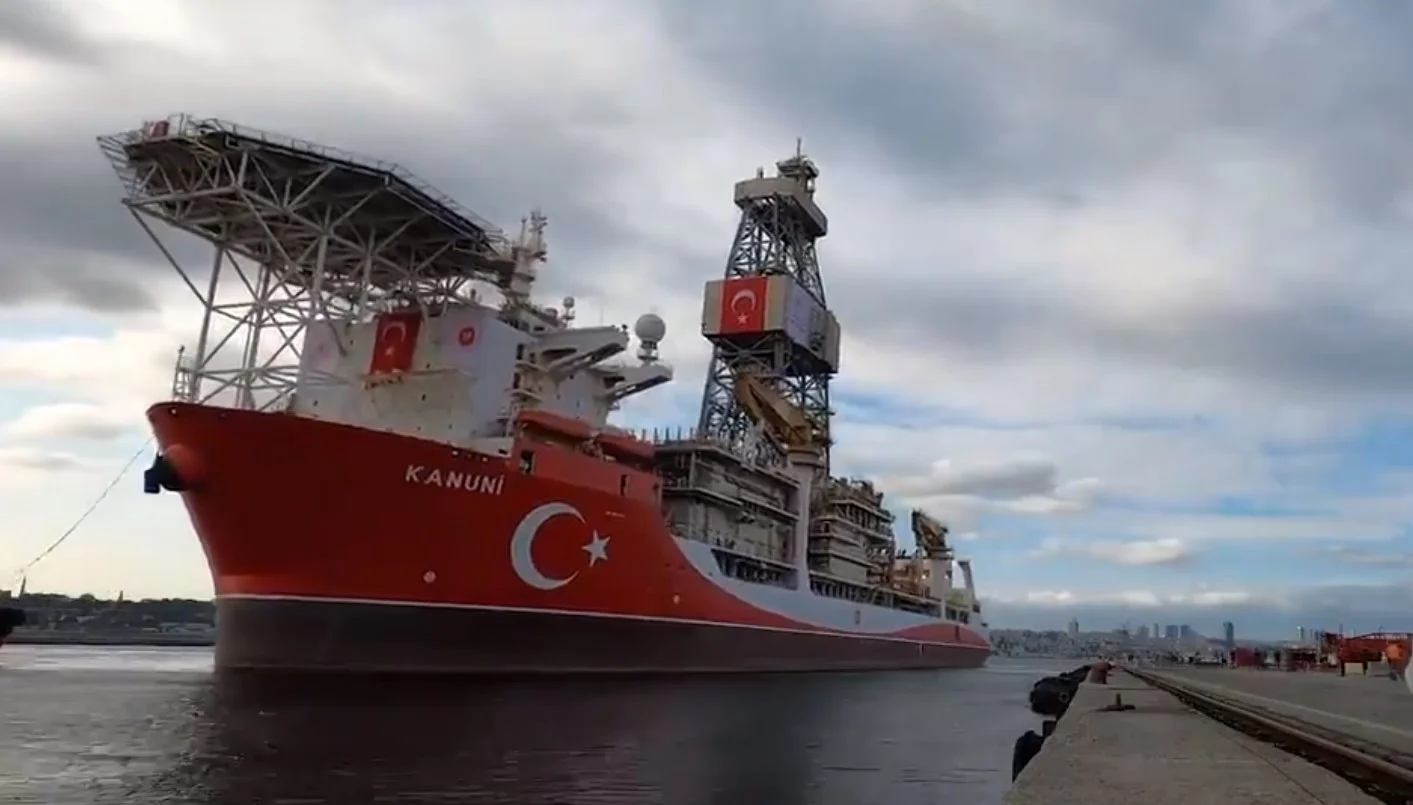
TURKEY TO SECURE LNG SHIPMENTS UNTIL 2037.
Turkey plans to expand long-term liquefied natural gas (Lng) purchase agreements to meet domestic energy demand as existing import contracts with Russia near their expiration.
- 11 months
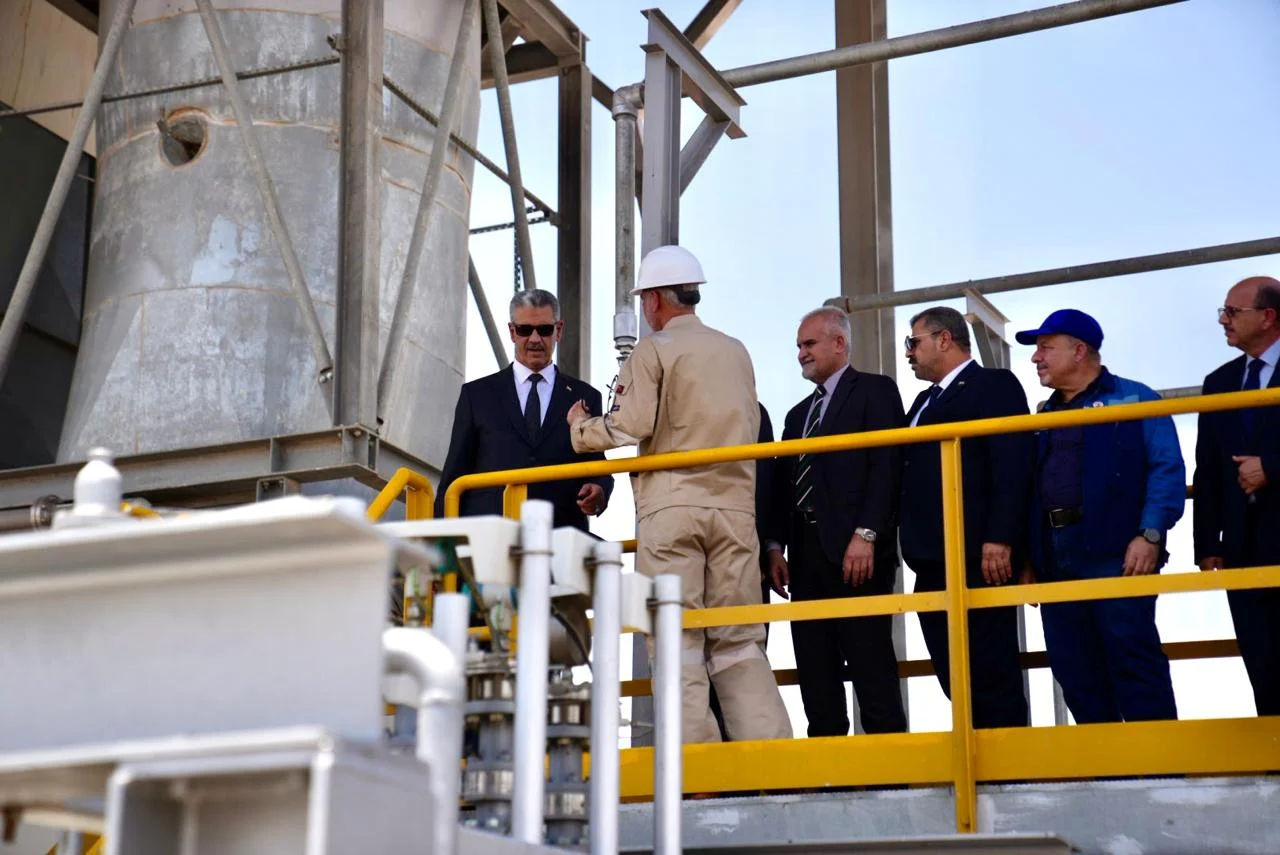
IRAQ OPENS AN OIL STORAGE DEPOT WITH HUGE CAPACITIES.
Iraq has initiated a significant project to expand its oil storage capacity, aimed at bolstering the country’s crude oil exports and improving the efficiency of transporting oil from fields to export terminals.
- 11 months
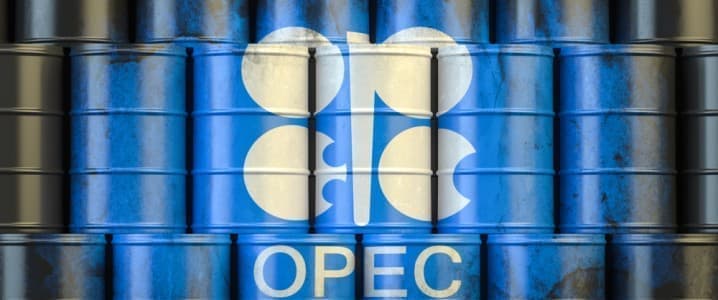
OPEC RECEIVES PLANS OF 3 COUNTRIES TO COMPENSATE FOR SURPLUS OIL PRODUCTION.
The OPEC Secretariat has received compensation plans from Russia, Iraq, and Kazakhstan aimed at addressing surplus oil production.
- 11 months, 1 week
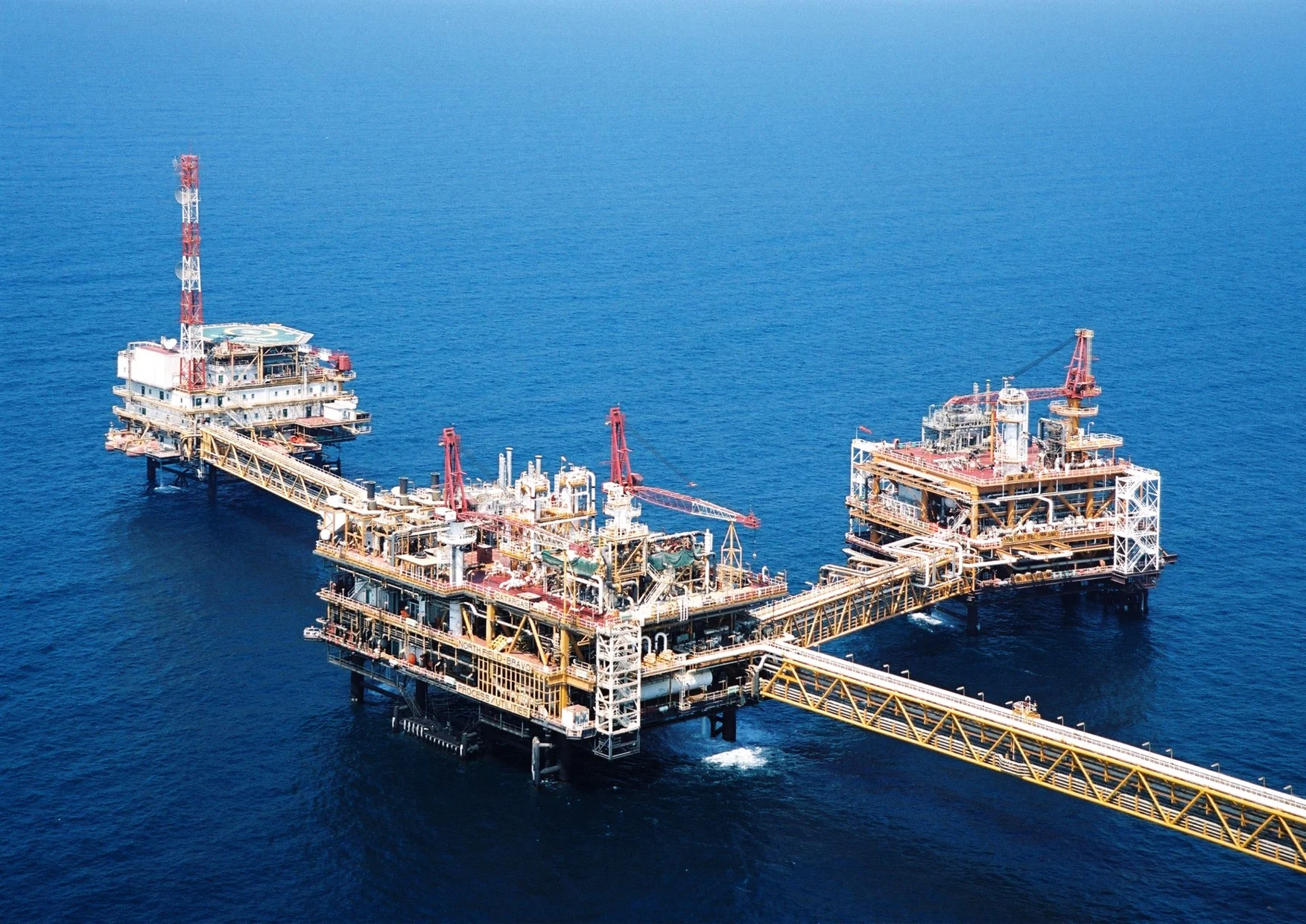
THE 10 COUNTRIES WITH THE MOST GAS RESERVES IN THE WORLD.
The top 10 countries by global gas reserves indicate that three nations, including Saudi Arabia, saw increases in their reserves over the past year, while Venezuela's reserves declined.
- 11 months, 1 week
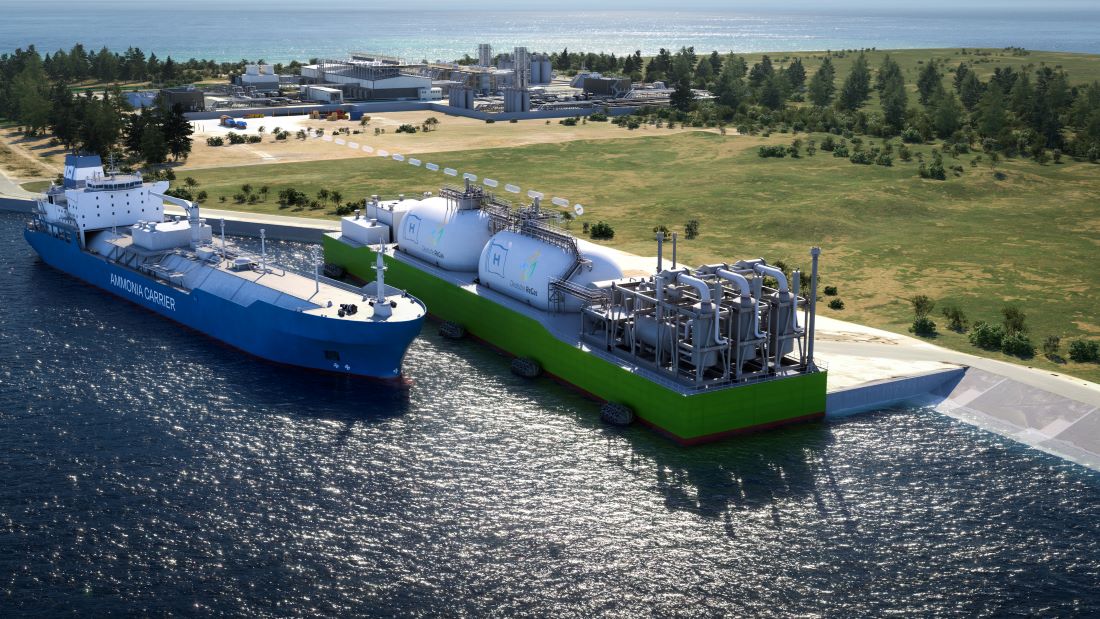
FIRST FLOATING GREEN HYDROGEN EXPORT TERMINAL WINS HUGE FUNDING.
The first floating terminal for exporting green hydrogen has secured a strategic partner to provide seed funding for its development, according to the Washington-based Specialized Energy Platform.
- 11 months, 2 weeks
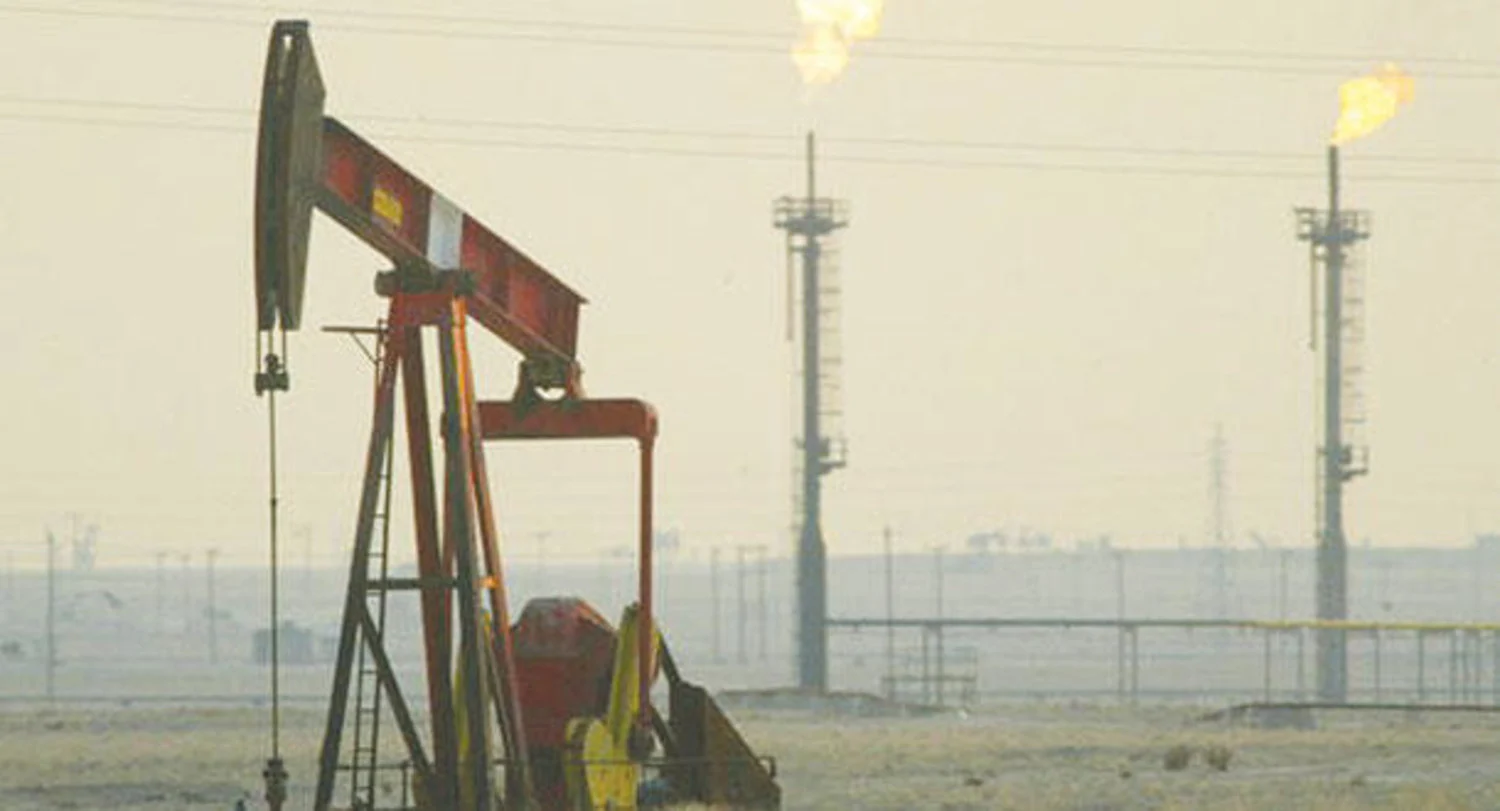
WAFRA JOINT FIELD BETWEEN SAUDI ARABIA AND KUWAIT WITNESSES NEW DEVELOPMENT.
The Wafra field, shared by Saudi Arabia and Kuwait, has recently experienced significant developments. Both countries are working diligently to increase the field's production to 300,000 barrels per day by 2027.
- 11 months, 2 weeks
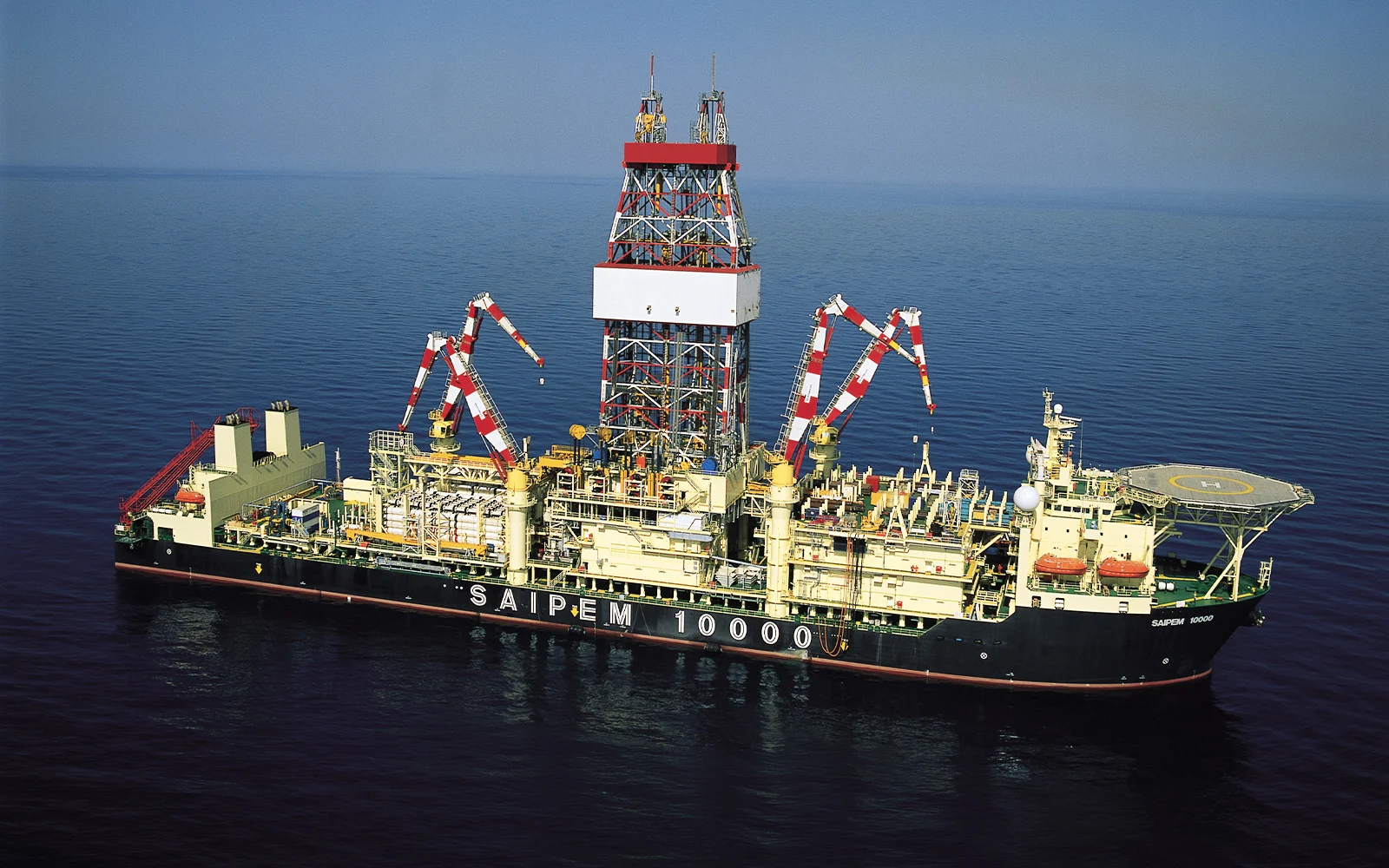
SAUDI ARAMCO AWARDS CONTRACTS FOR TWO OFFSHORE PROJECTS WORTH $500 MILLION.
Saudi Aramco has awarded Italy's Saipem contracts worth USD 500 million to develop two offshore projects in the kingdom, according to a statement obtained by a Washington-based energy platform.
- 11 months, 2 weeks
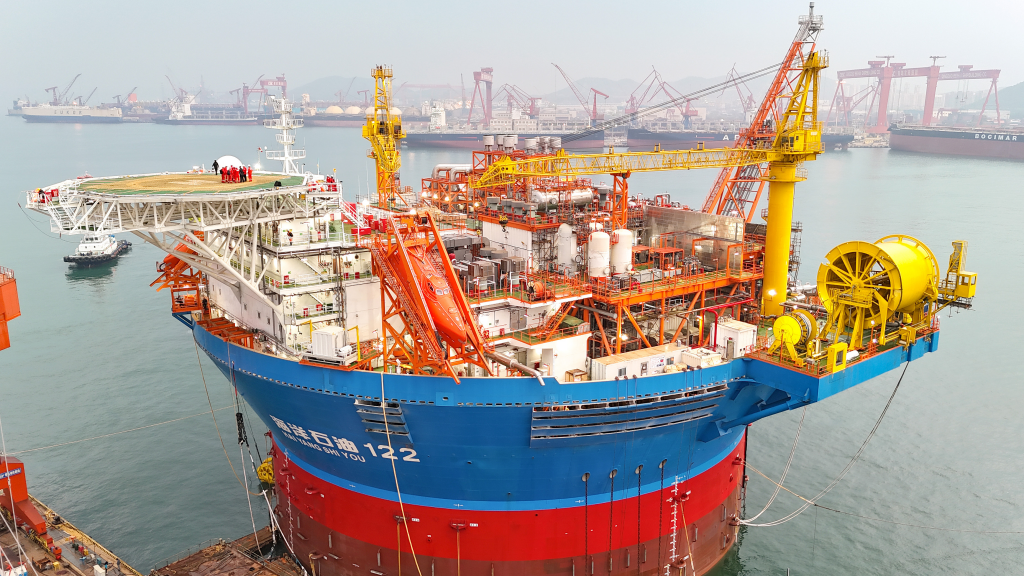
BRAZIL: LAUNCH OF THE WORLD'S LARGEST FLOATING PRODUCTION, STORAGE AND OFFLOADING VESSEL.
The world's largest FPSO vessel is vital for Petrobras' deep-water oil plans. These vessels process, store, and transport energy resources.
- 11 months, 2 weeks
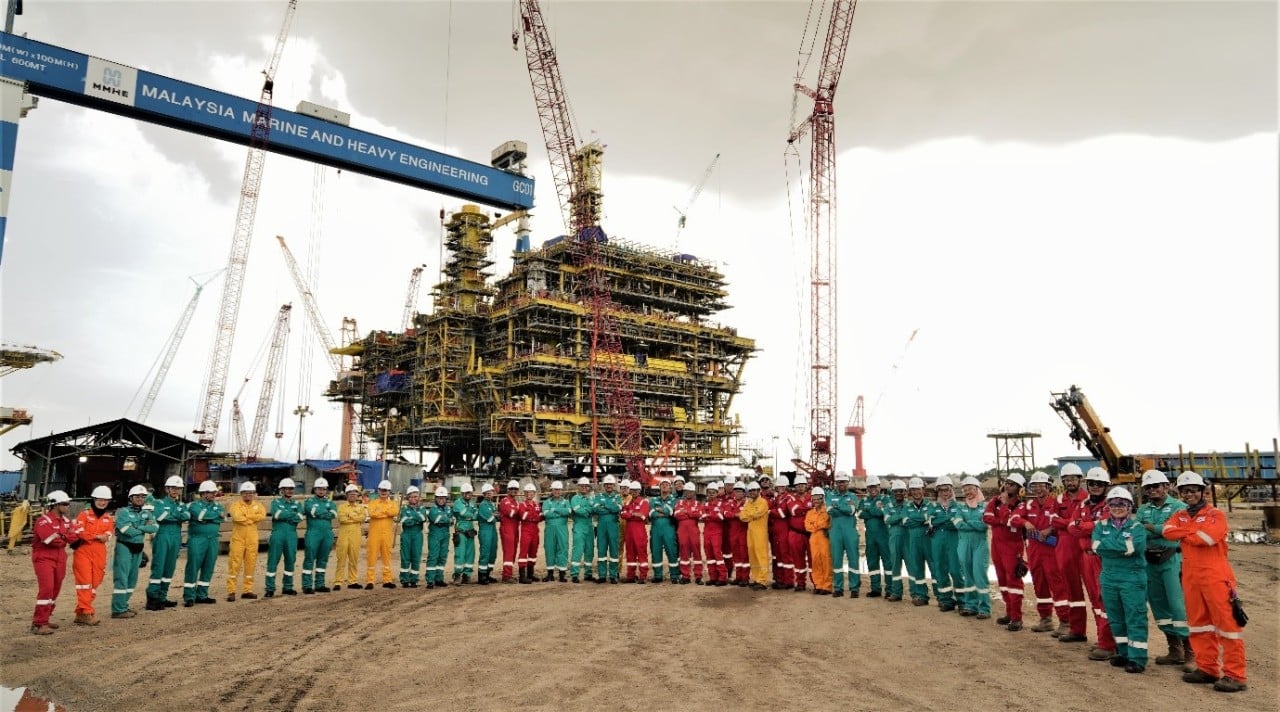
MALAYSIA: THE DISCOVERY OF A HUGE GAS BEGINS PRODUCTION.
Production work began with the discovery of a significant gas reserve, 9 years after its announcement and 3 years after the final investment decision to develop it, according to information from the Washington-based Specialized Energy Platform.
- 11 months, 2 weeks

NATURAL HYDROGEN EXPLORATION IN AMERICA EXPANDS WITH NEW STATEMENT.
An Australian company has been granted permission to explore for natural hydrogen in the United States, capitalizing on the recent rush to develop this carbon-free resource, which would contribute to global energy transition goals.
- 11 months, 2 weeks
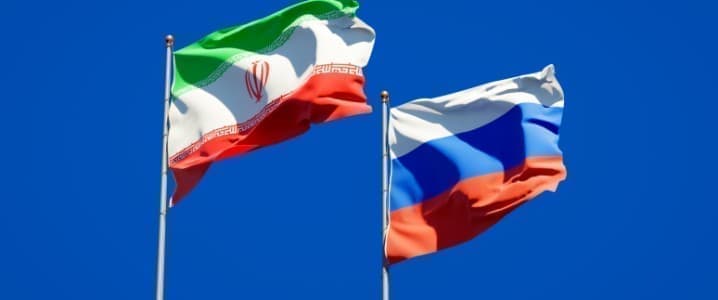
RUSSIA AND IRAN SIGN DEAL TO DOMINATE GLOBAL GAS MARKET.
Last week, Gazprom signed a gas deal with the Iranian National Gas Company (NIGC). This memorandum of understanding (MoU) is a significant step towards increased control over gas supplied through both pipelines and liquefied natural gas (LNG) to global markets.
- 11 months, 3 weeks
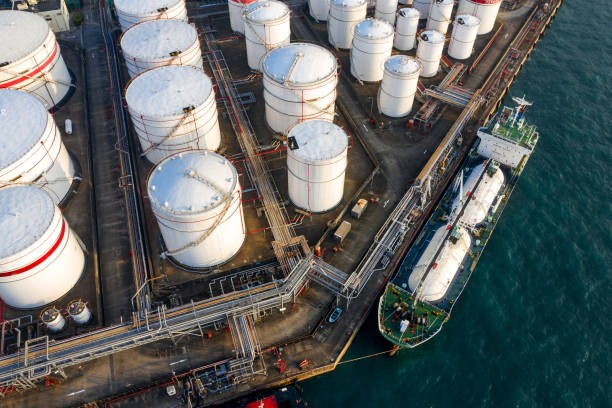
UAE MURBAN CRUDE TRADES RECORD 1.5 BILLION BARRELS OF OIL IN 3 MONTHS.
UAE's Murban crude continued to show strong trading activity in futures on the Intercontinental Exchange during the second quarter of 2024, according to recent data obtained by the Washington-based specialized energy platform.
- 11 months, 3 weeks
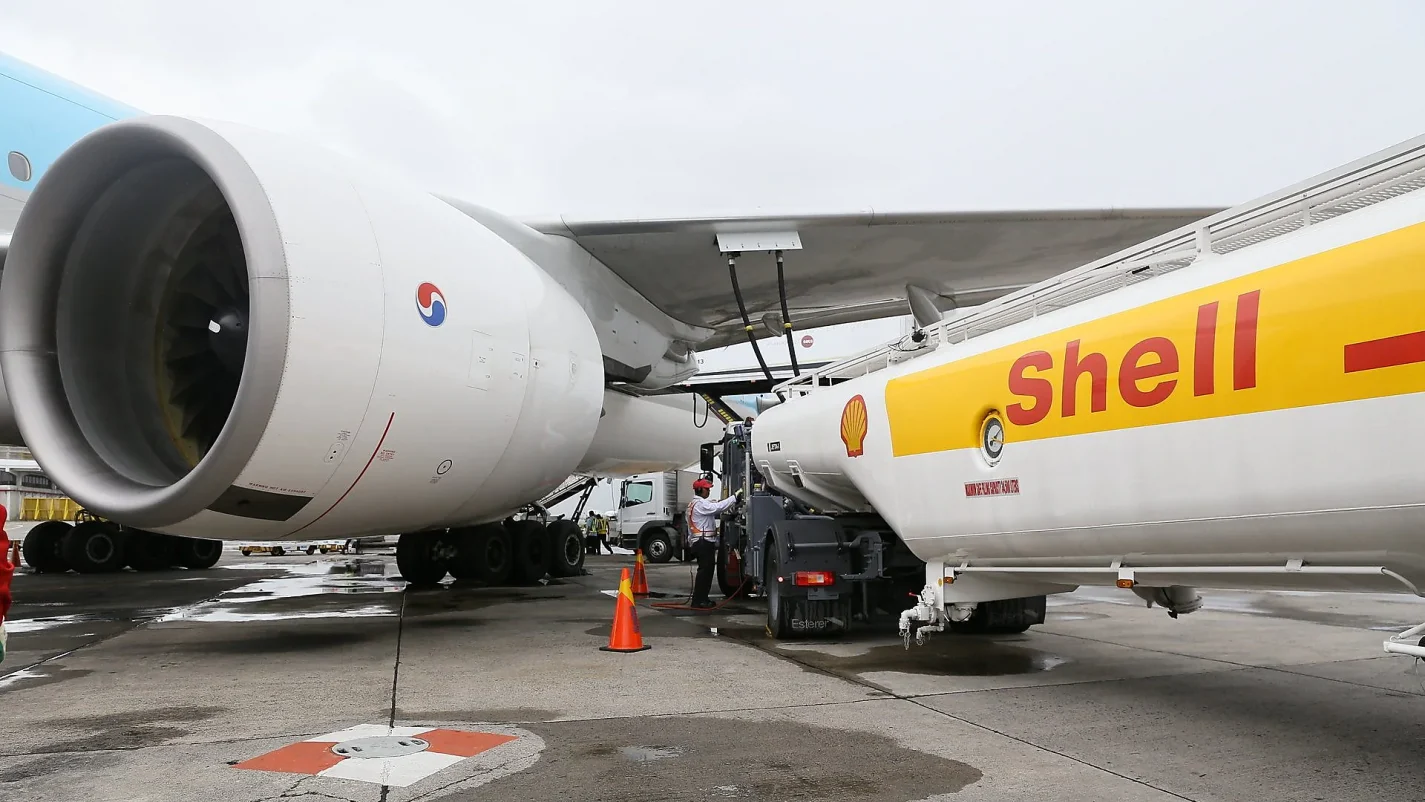
EUROPE'S BIOFUEL INDUSTRY TAKES TWO HITS FROM SHELL.
Europe's biofuel industry has been hit hard by Shell's decide to temporarily to halt its sustainable aviation fuel project in Sweden, which was launched in 2021 in partnership with Vattenfall.
- 11 months, 3 weeks

TOP 5 LIQUEFIED NATURAL GAS (LNG) DEALS IN JUNE 2024.
June 2024 witnessed significant activity in the liquefied natural gas (LNG) sector, with Saudi Aramco leading the charge by securing major long-term export agreements. LNG, known for being a reliable energy source that aligns with global climate goals for carbon neutrality, is becoming an essential transition fuel.
- 11 months, 3 weeks

ISRAEL TO DOUBLE NATURAL GAS EXPORTS, BOOST LEVIATHAN FIELD PRODUCTION.
Israel's government has approved plans to significantly increase the country's natural gas exports and boost production at the Leviathan Gas Field.
- 11 months, 3 weeks
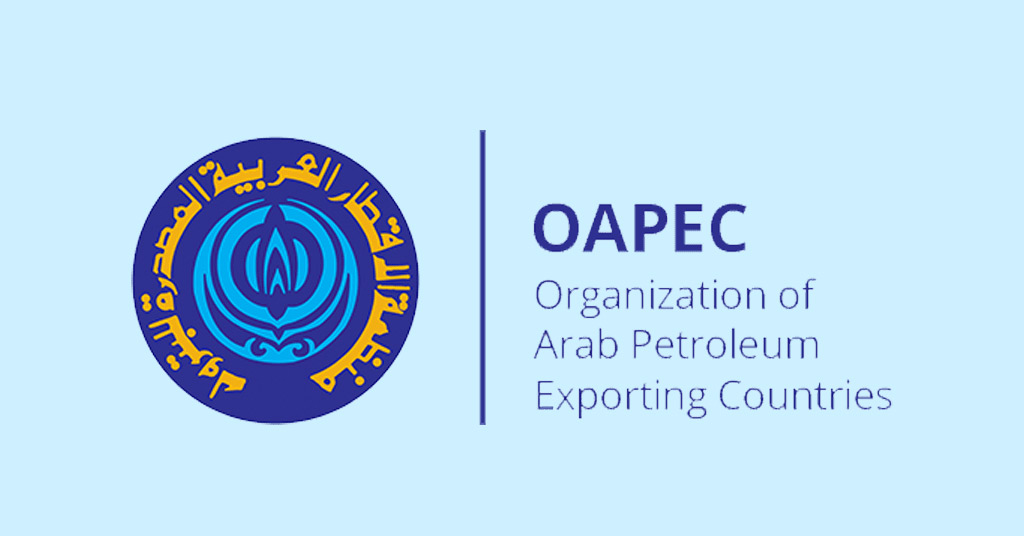
OAPEC REVIEWS THE EFFECTS OF DECARBONIZATION OF THE OIL AND GAS INDUSTRY IN ARABIC COUNTRIES.
The latest issue of the "Oil and Arab Cooperation" magazine, published by the Organization of Arab Petroleum Exporting Countries (OAPEC), examines the impacts of decarbonization and the circular carbon economy in the oil and gas sectors of Arab countries.
- 11 months, 3 weeks
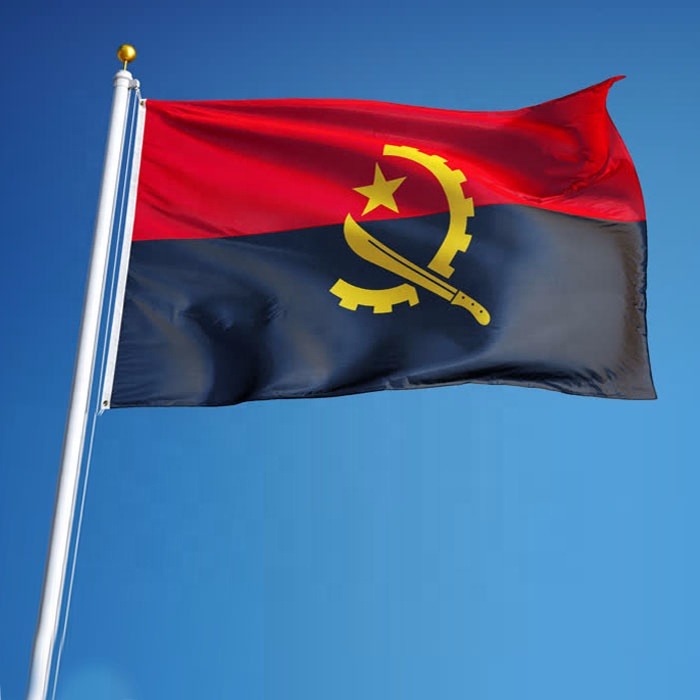
ANGOLA: ONESUBSEA SECURES MAJOR CONTRACT OFFSHORE PROJECT WITH TOTALENERGIES.
OneSubsea has secured a new contract with TotalEnergies for the Kaminho project, an offshore venture in Angola.
- 11 months, 3 weeks

OIL DISCOVERY IN AFRICA WITH 10 BILLION BARRELS RESERVES ATTRACTS 12 COMPANIES.
An oil discovery in Africa, boasting reserves exceeding 10 billion barrels, has captured the attention of about 12 international companies.
- 11 months, 4 weeks
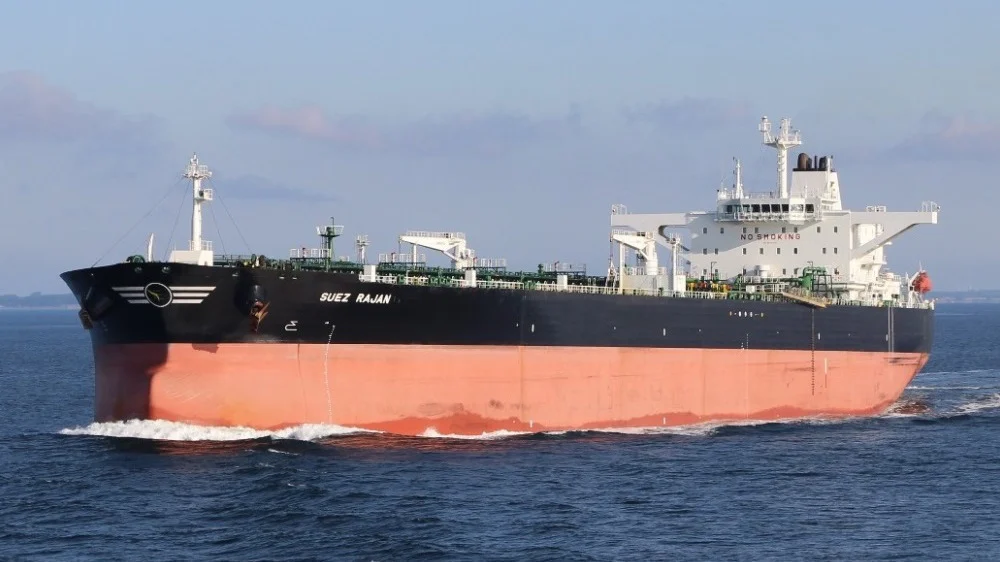
MIDDLE EAST: DEAL TO BUILD 8 OIL AND GAS TANKERS WORTH $1.5 BILLION.
The Middle East's cargo fleet is set to expand with eight new oil and gas tankers being built by a Korean company, aiming to meet customers' fuel demand.
- 12 months
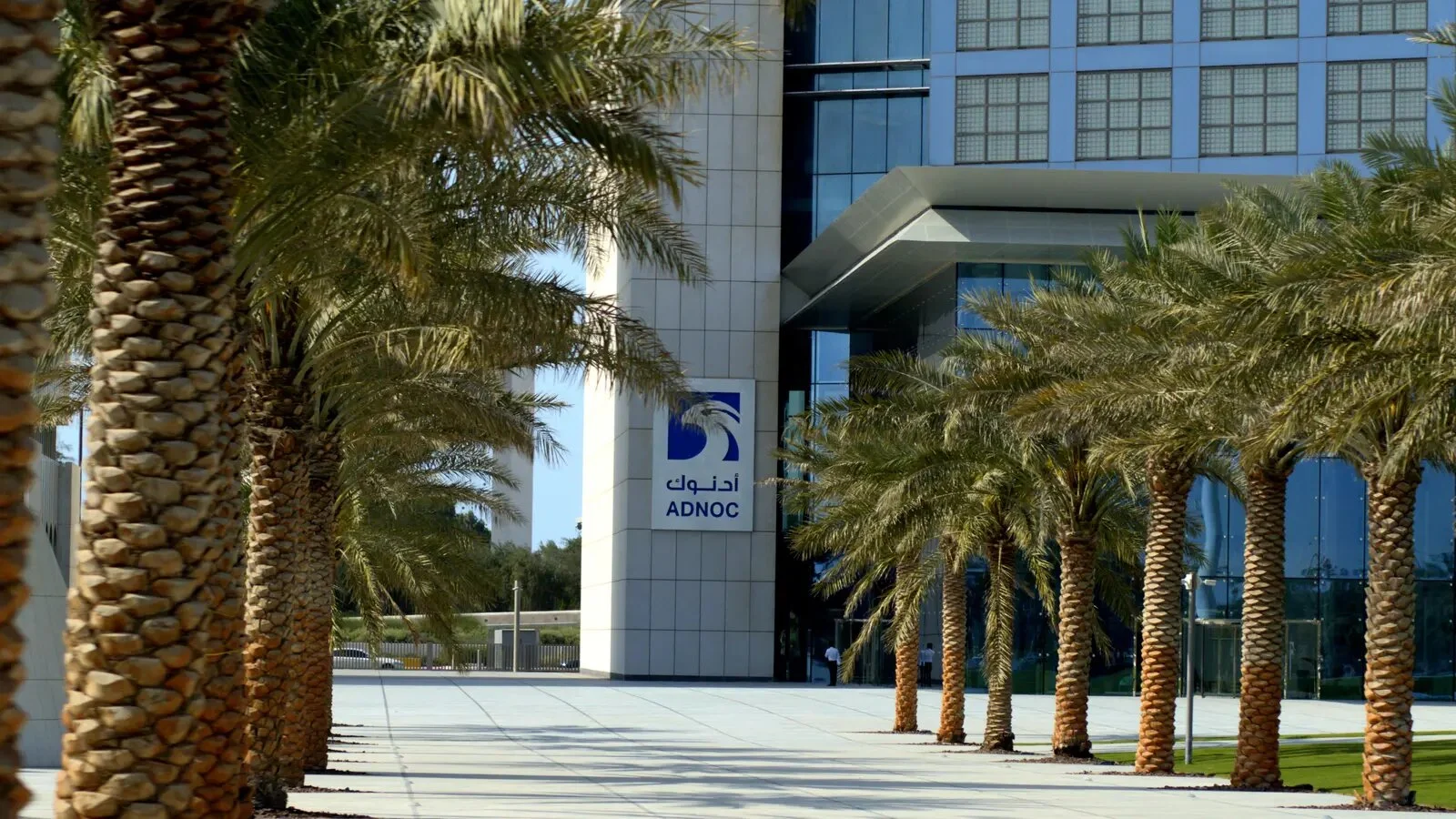
GULF OIL COMPANIES EXPAND LNG INVESTMENTS LED BY ADNOC AND ARAMCO.
ADNOC and Aramco want to hedge against global energy volatility
- 12 months
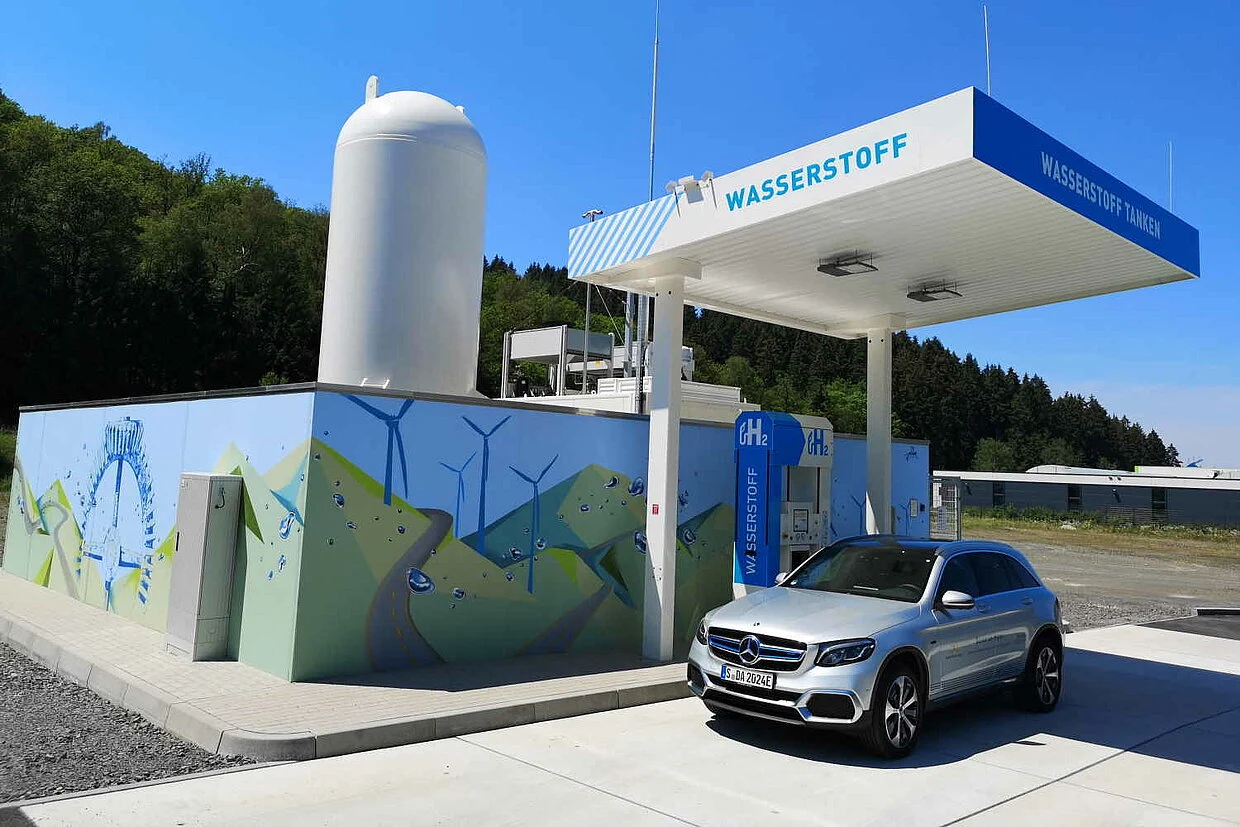
GERMANY: EXPLOSION CLOSES HYDROGEN REFUELING STATION A WEEK AFTER IT OPENED.
Authorities in Germany have decided to close a hydrogen refueling station after a fire broke out following an explosion.
- 12 months
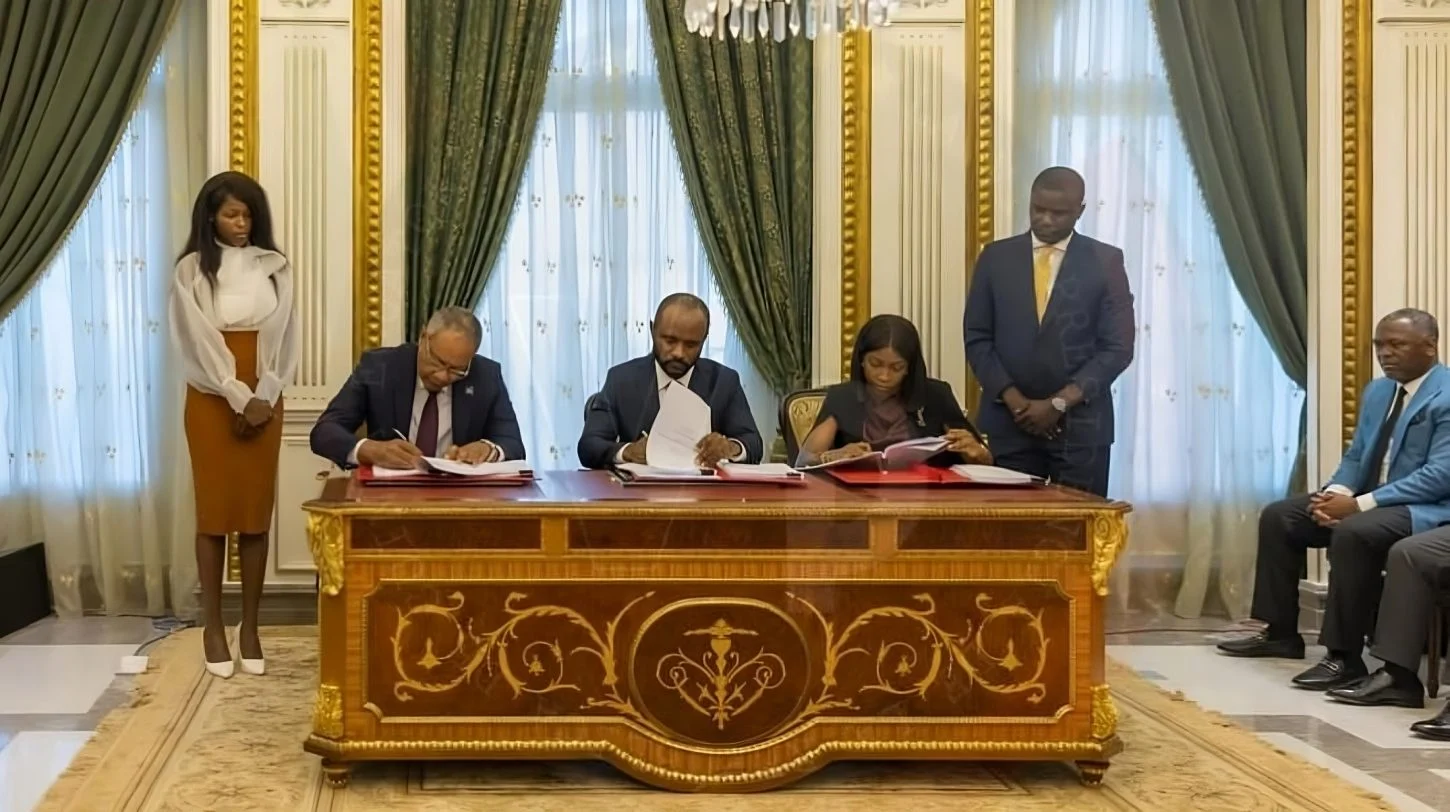
WEST AFRICA: CHEVRON SIGNS KEY AGREEMENT ON EQUATORIAL GUINEA AFTER EXXONMOBIL EXIT.
Chevron, a US-based company, is expanding its oil and gas operations in Equatorial Guinea.
- 1 year
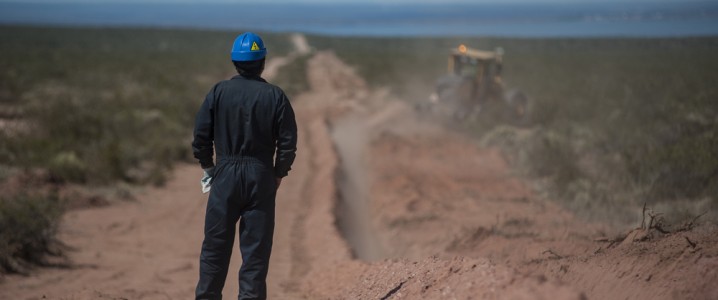
STANDARD BANK'S $5 BILLION INVESTMENT REVIVES EACOP DESPITE PERSISTENT OPPOSITION.
EACOP aims to connect Ugandan oilfields to Tanzania's port for export. The project has faced delays due to environmental concerns and funding issues. However, Standard Bank's $5 billion investment has revived the project, though opposition remains strong.
- 1 year
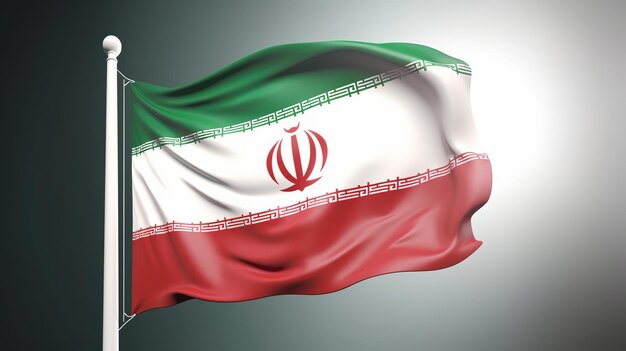
IRANIAN OIL IS HEADING TO 15 COUNTRIES DESPITE SANCTIONS.
Despite ongoing Western sanctions, Iran's oil exports continue to reach around 15 countries worldwide, and the country is attracting significant investment in its oil sector.
- 1 year
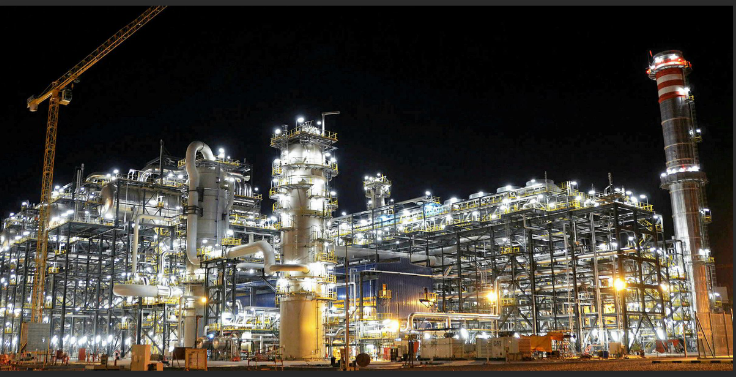
THE 10 LARGEST SOUR GAS FIELDS IN THE WORLD.
Sour gas, characterized by its high content of hydrogen sulfide (H2S), is anticipated to see a substantial production increase exceeding 50% over the next decade. This surge is pivotal as sour gas is expected to support a robust $10 billion global sulfur market annually.
- 1 year
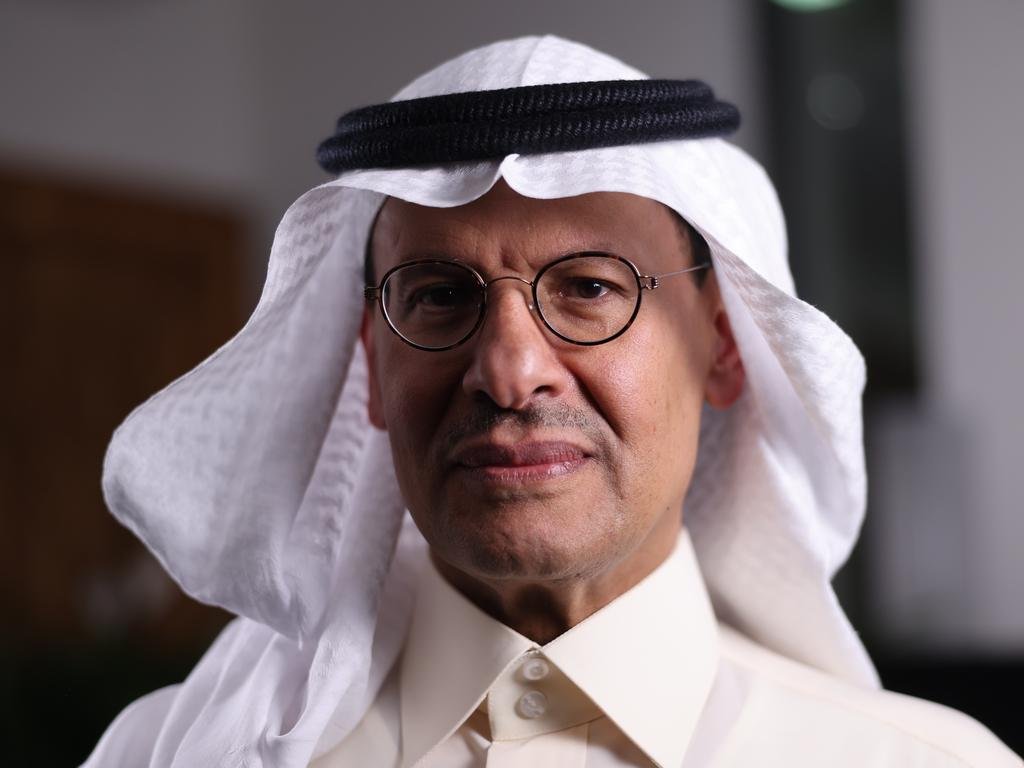
SAUDI ARABIA: SAUDI ENERGY MINISTER MANAGES HISTORIC HAJJ POWER DEMAND.
When the name of the Saudi Energy Minister, Prince Abdulaziz bin Salman, is mentioned, people associate the name with oil and OPEC/OPEC+. Here is part of his job that most people do not know about
- 1 year
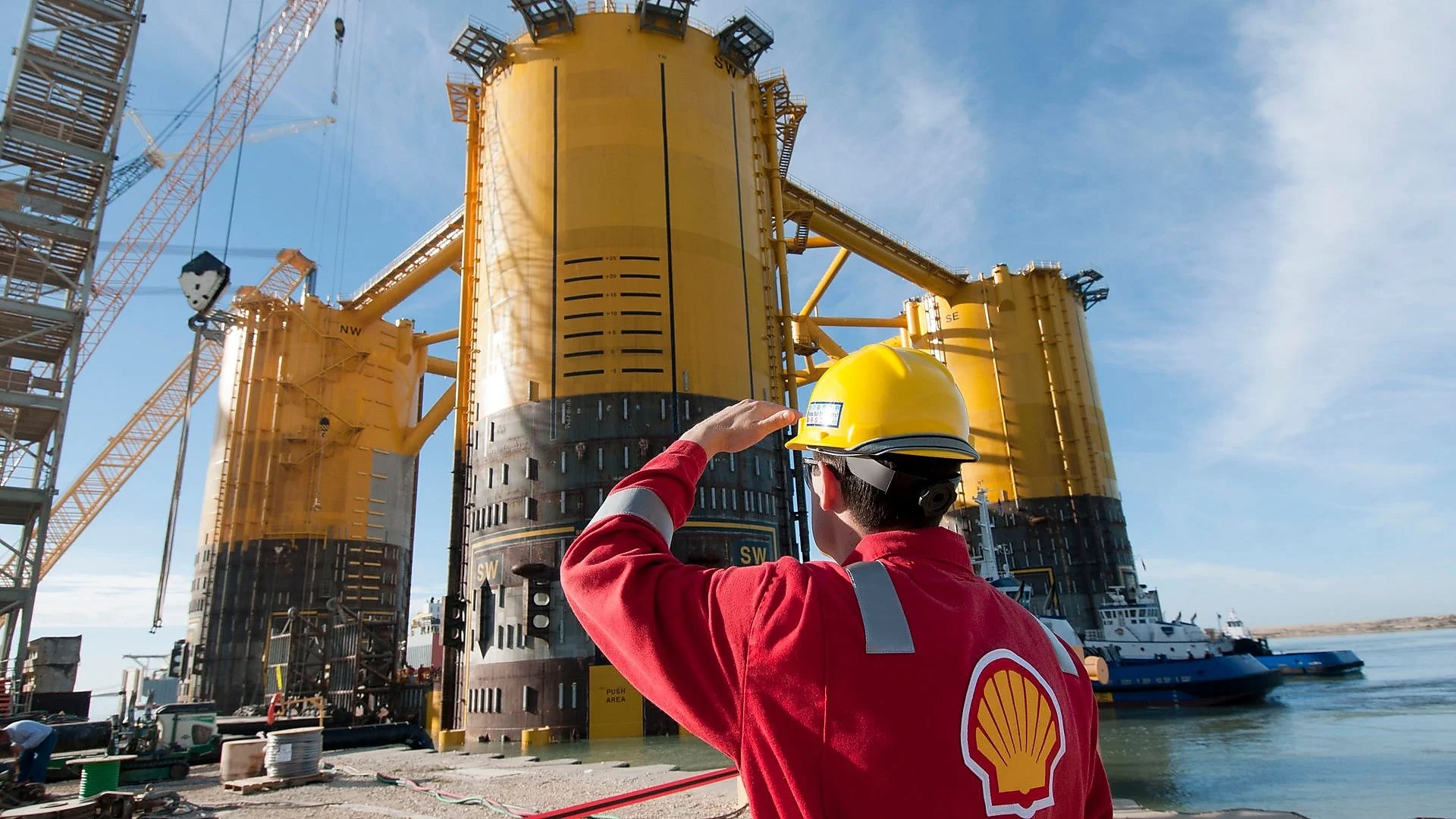
SHELL CONCLUDES MASSIVE ACQUISITION IN LNG MARKET.
Global multinational company Shell has made a significant move to bolster its position in the liquefied natural gas (LNG) market, aligning with its strategy to expand LNG production and sales.
- 1 year
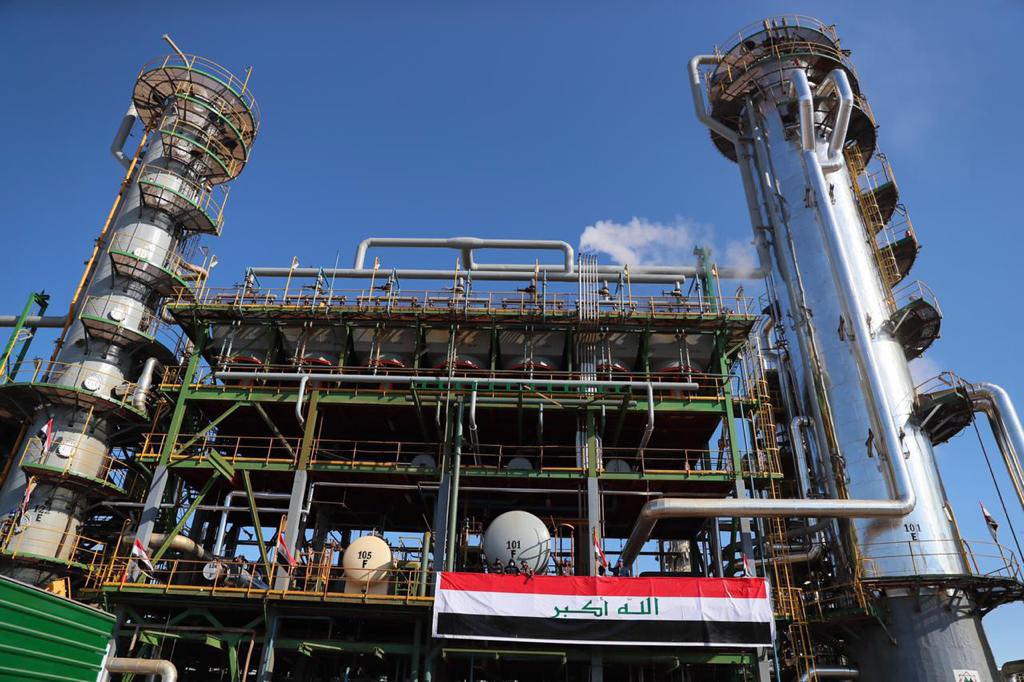
IRAQ AIMS TO DEVELOP 7 NEW REFINERIES WITH A CAPACITY OF 500,000 BARRELS PER DAY.
Iraq is embarking on a strategic initiative cooperation with the American company Honeywell, aiming to construct 7 new oil refineries with capacities reaching 500,000 barrels per day.
- 1 year

ALGERIA PARTNERS WITH CHEVRON, RESOLVES DISPUTE FOR ENERGY SECTOR GROWTH.
Algeria is venturing into new territory in energy industry growth by forging alliances with prominent international developers to tap into its vast potential in the oil and gas sectors. in a recent development, Algerian energy giant Sonatrach and its us counterpart chevron have signed a memorandum of understanding to explore opportunities for developing hydrocarbon resources in areas of mutual interest within the Ahnat and Berkine basins.
- 1 year
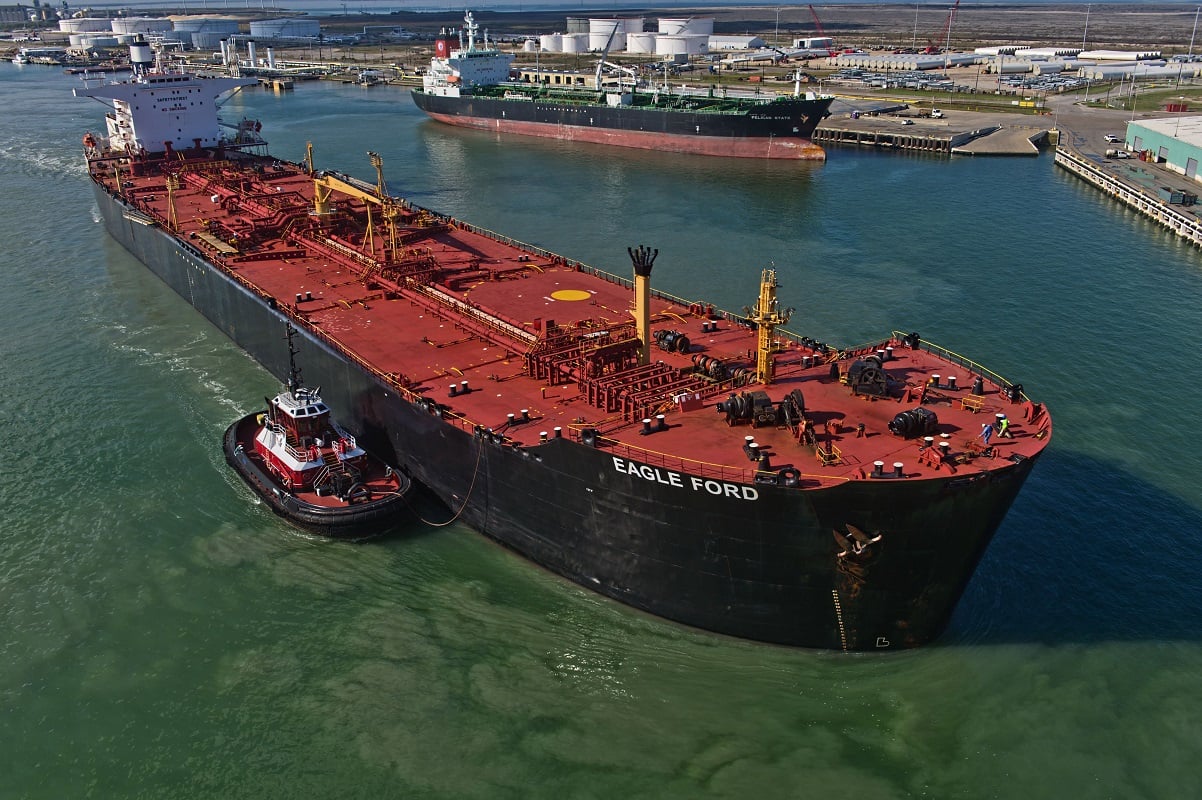
GLOBAL OIL FLOWS THROUGH CAPE OF GOOD HOPE RISE 50%.
Oil flows through the Cape of Good Hope route, situated at the southernmost point of Africa, have surged by approximately 50% in the initial five months of 2024 compared to the average of 2023, attributing this increase to shifts in global shipping patterns.
- 1 year
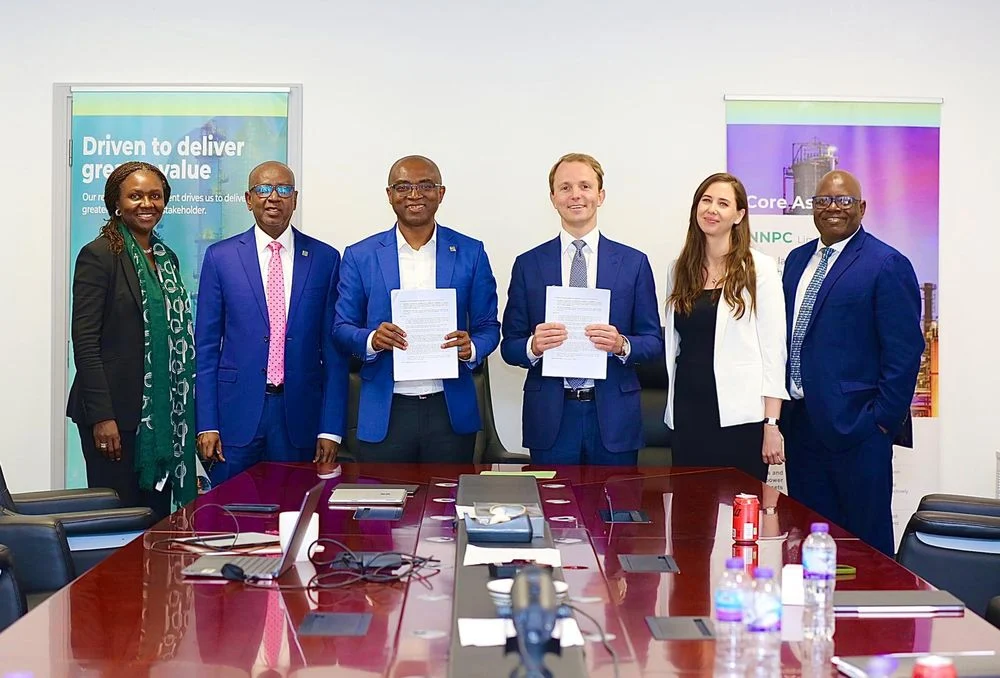
AFRICA'S LARGEST GAS RESERVES TAKE NEW STEP TOWARDS EXPORT.
Africa's largest gas reserves are banking on a new liquefied natural gas (LNG) project to tap into vast resources and achieve economic prosperity.
- 1 year

NEW ZEALAND TO ALLOW OIL AND GAS EXPLORATION BY SEA.
almost six years after imposing a ban on offshore oil and gas exploration, New Zealand plans to revisit these crucial energy sources and revenue streams, despite pressure from environmentalists.
- 1 year
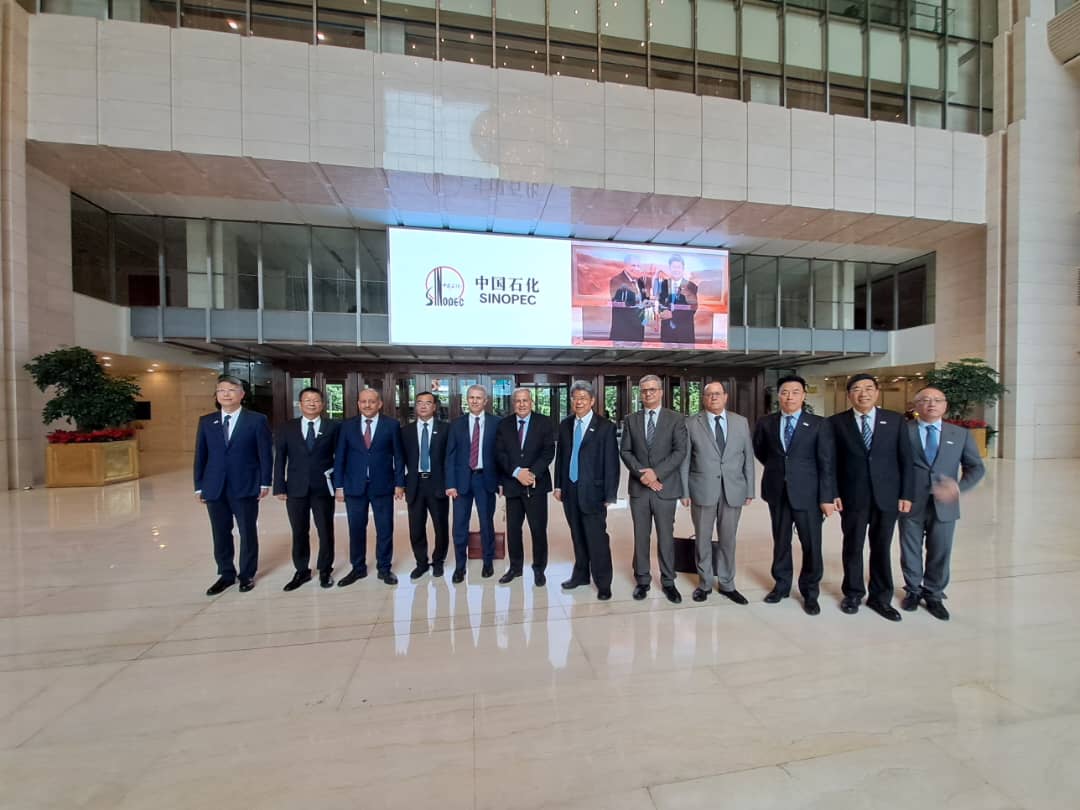
CHINA'S LARGEST GAS FIELD ATTRACTS ALGERIA'S ATTENTION.
Algeria is strategically positioning itself to capitalize on the operational insights gleaned from China's primary gas field, managed by the prominent Chinese oil and gas corporation, Sinopec, situated in the Chongqing region.
- 1 year
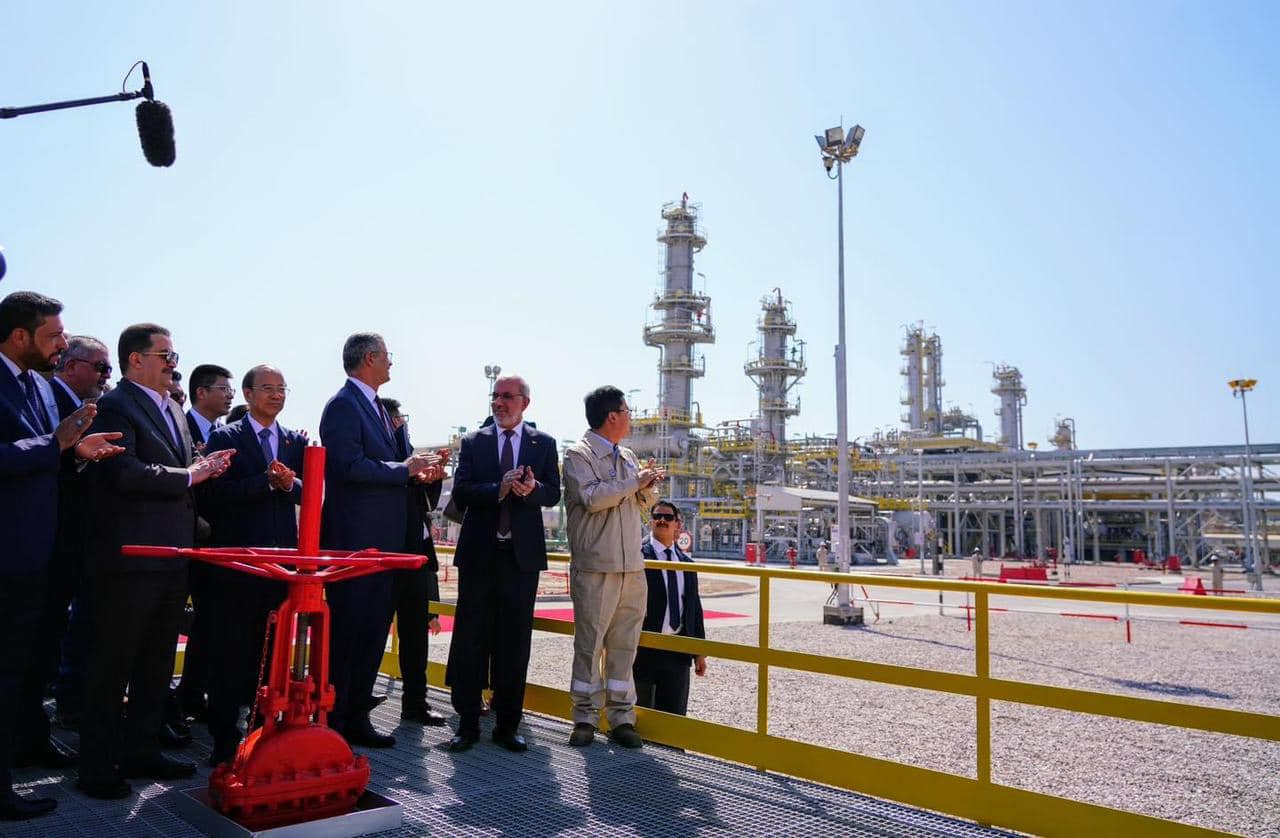
IRAQ OFFICIALLY INAUGURATES ASSOCIATED GAS TREATMENT PROJECT IN HALFAYA FIELD.
Iraq has officially commenced operations at the associated gas treatment project within the Halfaya field, located in Maysan province, after years of development efforts.
- 1 year

HUGE GAS DISCOVERY PRODUCING MORE THAN 10 MILLION CUBIC METERS PER DAY.
China National Offshore Oil Corporation (CNOOC) has reported a significant gas discovery in the South China Sea, as revealed in a press release obtained by the Washington-based Specialized Energy Platform.
- 1 year

THIRD LARGEST OIL FIELD IN THE NORTH SEA FACES UNCERTAIN FUTURE.
The future of the third-largest oil field in the North Sea has been cast into uncertainty following an announcement by operators of a year-long production delay attributed to local elections in the United Kingdom.
- 1 year

RUSSIA AFFIRMS CONTINUED OIL PRODUCTION CUTS UNDER OPEC+ AGREEMENT.
Russian Deputy Prime Minister Alexander Novak affirmed that Russia maintained its reduction in oil production throughout May in line with the OPEC+ agreements, underscoring the ongoing dedication of OPEC+ producers to stabilize the oil market.
- 1 year
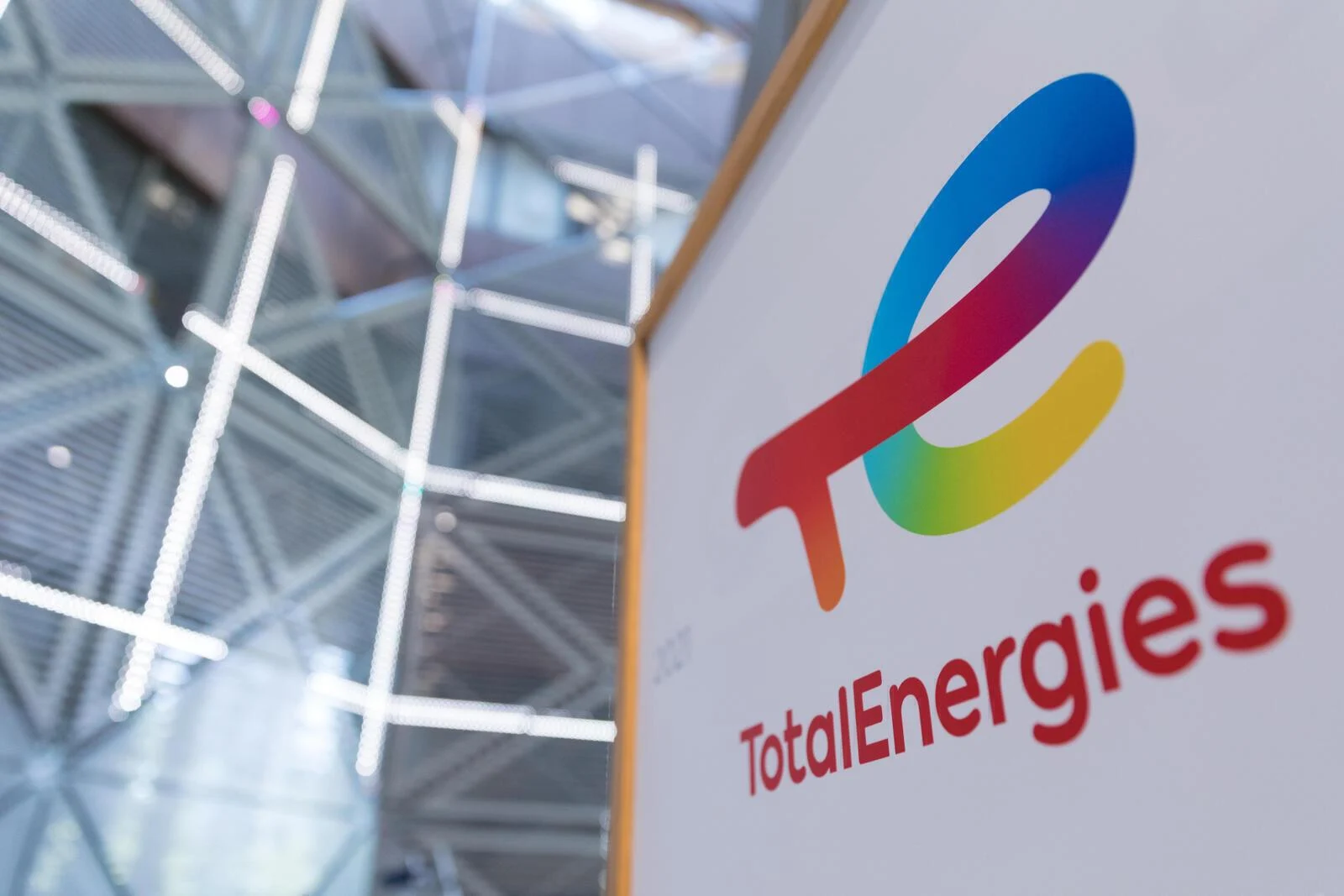
TOTAL ENERGY SIGNS TWO LNG EXPORT DEALS.
France's Total Energy has unveiled new global liquefied natural gas (LNG) deals with two companies, one in India and one in South Korea, enhancing its portfolio and supporting energy transition efforts.
- 1 year
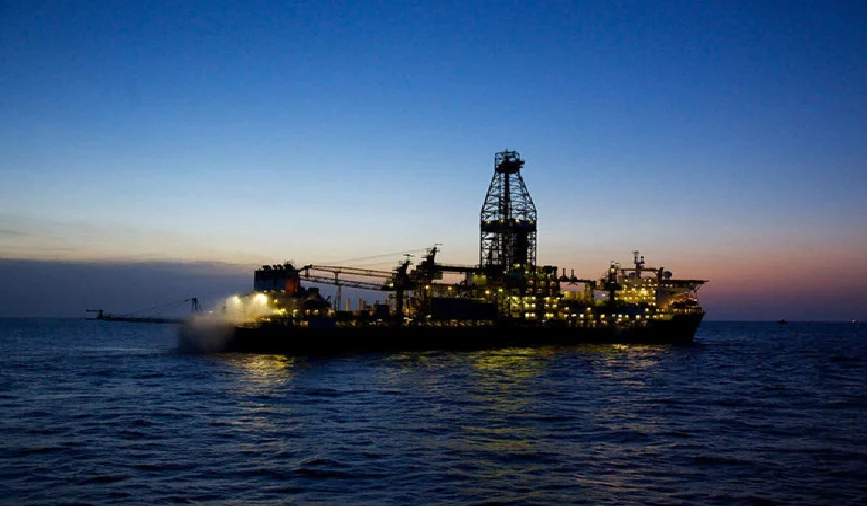
MOZAMBIQUE'S GAS RESERVES ATTRACT INVESTMENT FROM MAJOR GLOBAL ENERGY COMPANIES.
Mozambique's significant gas reserves have garnered attention from leading global oil and energy companies, setting the stage for the country to emerge as a major player in energy markets as many nations seek new energy sources.
- 1 year

SAUDI ARAMCO COMPLETES 40% ACQUISITION OF PAKISTAN'S LARGEST FUEL VENDOR.
Saudi Aramco has completed the acquisition of a 40 percent stake in Pakistan's largest fuel retailer, bolstering its presence in the Asian markets.
- 1 year

AFRICA'S LARGEST OIL REFINERY EXPORTS FIRST JET FUEL SHIPMENT TO EUROPE.
Africa's largest oil refinery has marked a significant milestone by exporting its first shipment of jet fuel to Europe, solidifying its position in a market eager for diversification following the Russian-Ukrainian conflict.
- 1 year

ALGERIA: 8 OIL DISCOVERIES AND A DEAL WITH CHEVRON SOON.
Since the beginning of the year, Sonatrach has made eight oil discoveries in Algeria, a move that will boost the country's hydrocarbon reserves, secure its domestic needs, and increase its exports.
- 1 year

LATEST LNG DEAL STRUCK BY AUSTRALIAN COMPANY.
Australia's Santos has announced a long-term liquefied natural gas (LNG) agreement with Japanese utility company Hokkaido Gas. According to the Washington-based Specialized Energy Platform, the deal involves supplying up to 400,000 metric tons of LNG annually for a decade, beginning in 2027.
- 1 year
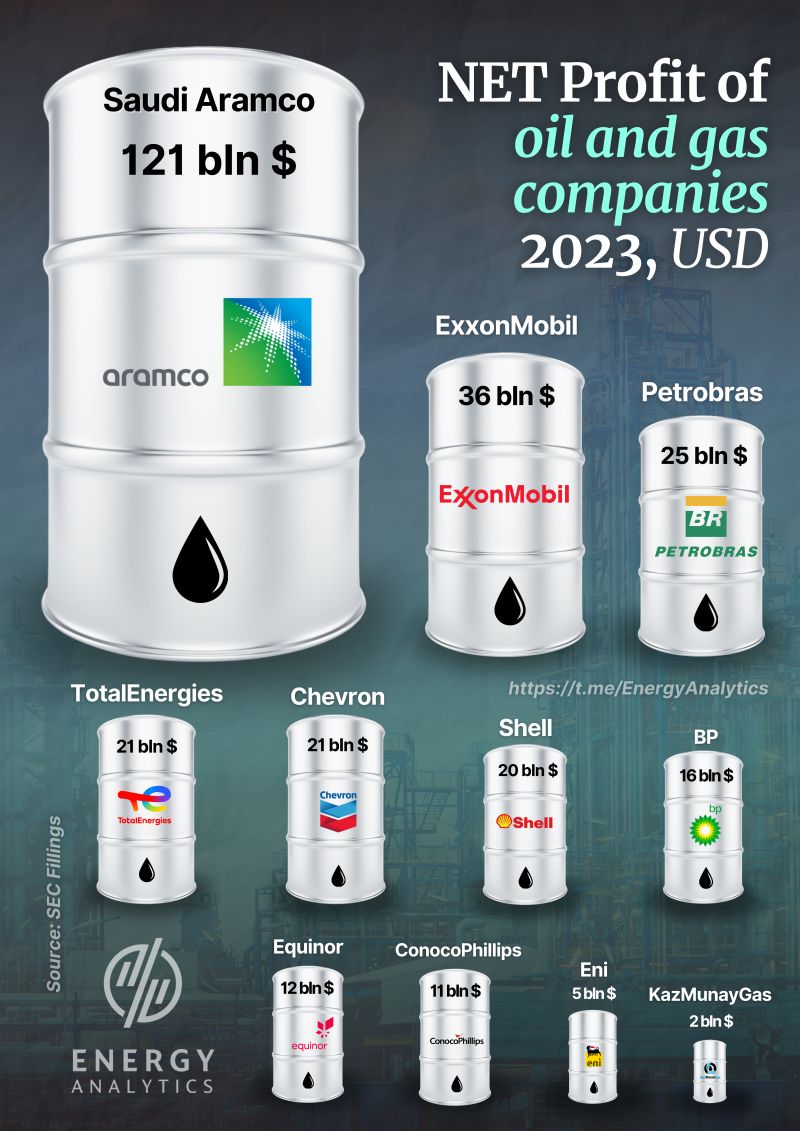
NET PROFIT OF OIL AND GAS COMPANIES 2023, USD.
The leading company is Saudi Arabia's Aramco, which earned $121 billion in net profit. This is down from $161 billion in 2022.
- 1 year, 1 month
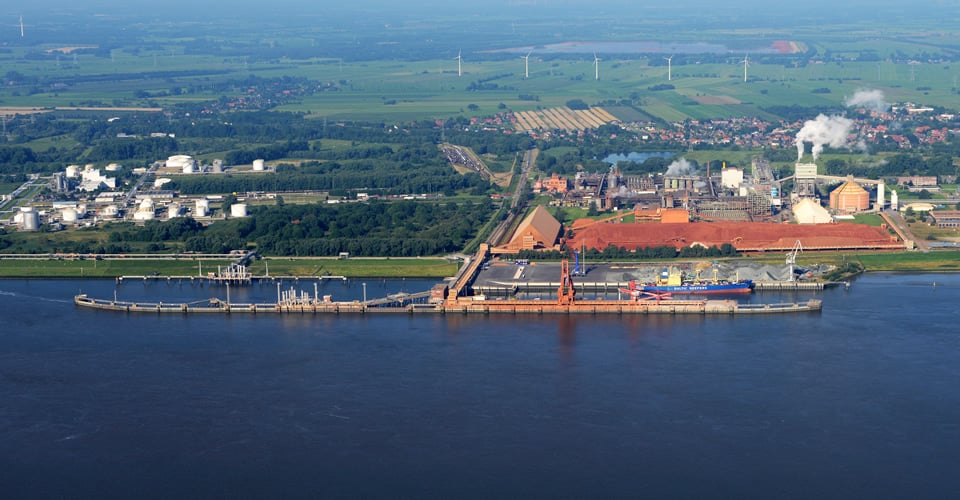
GERMANY: WORLD'S FIRST ONSHORE LNG PLANT TO BE OPERATIONAL BY 2027.
Germany is betting on the world's first onshore LNG plant to accelerate its carbon neutrality efforts and enhance energy security. This pioneering plant will handle low-carbon energy sources, marking a significant step towards Germany's green transition.
- 1 year, 1 month
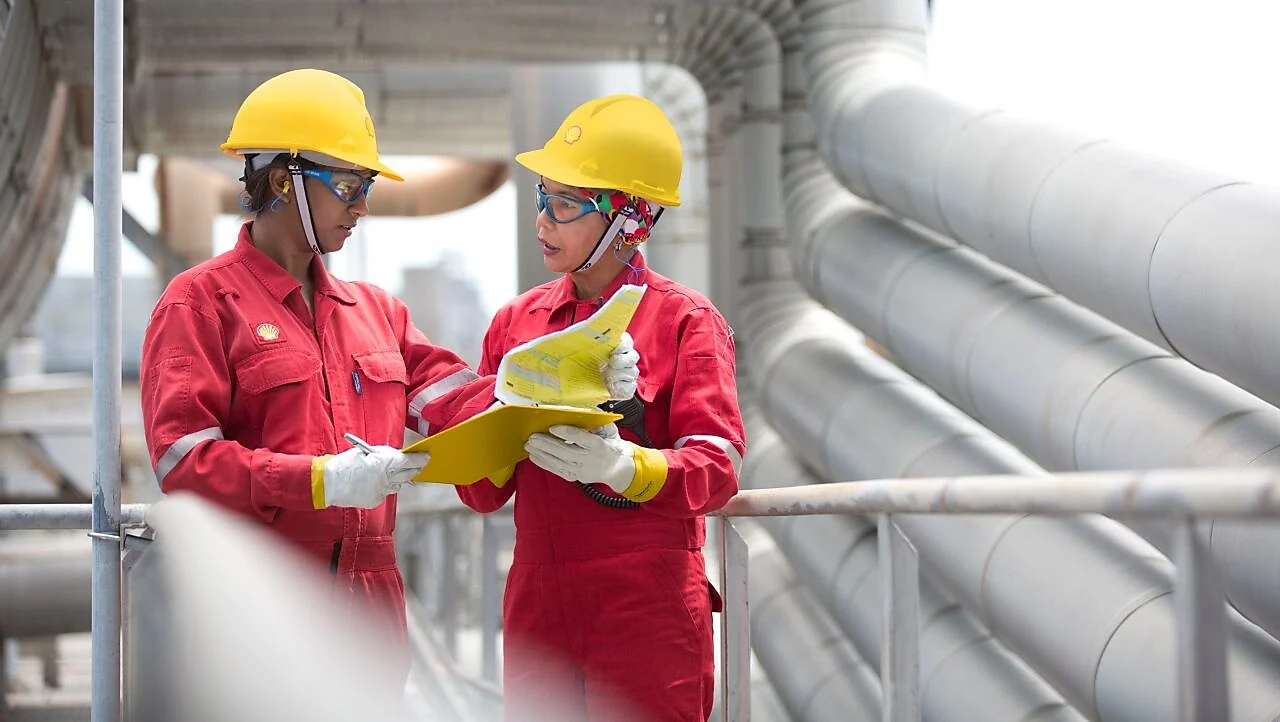
OMAN GAS EXPLORATION AWAITS A NEW START LED BY SHELL.
Shell Oman is accelerating its gas exploration efforts in Oman to enhance productivity and increase its market share in the Gulf country. The company aims to capitalize on the recent boom in Oman's gas sector, which has become a focus for investment following the disappointing stabilization of crude production from new oil fields.
- 1 year, 1 month

ANGOLAN OIL MARKET: 5 TEMPTATIONS THAT PUT IT IN THE PRIORITIES OF INVESTORS.
The Angolan oil market features developed infrastructure and a stable political environment. Angola aims to boost its oil production to over 1.18 million barrels per day, with current production at approximately 1.1 million barrels per day.
- 1 year, 1 month
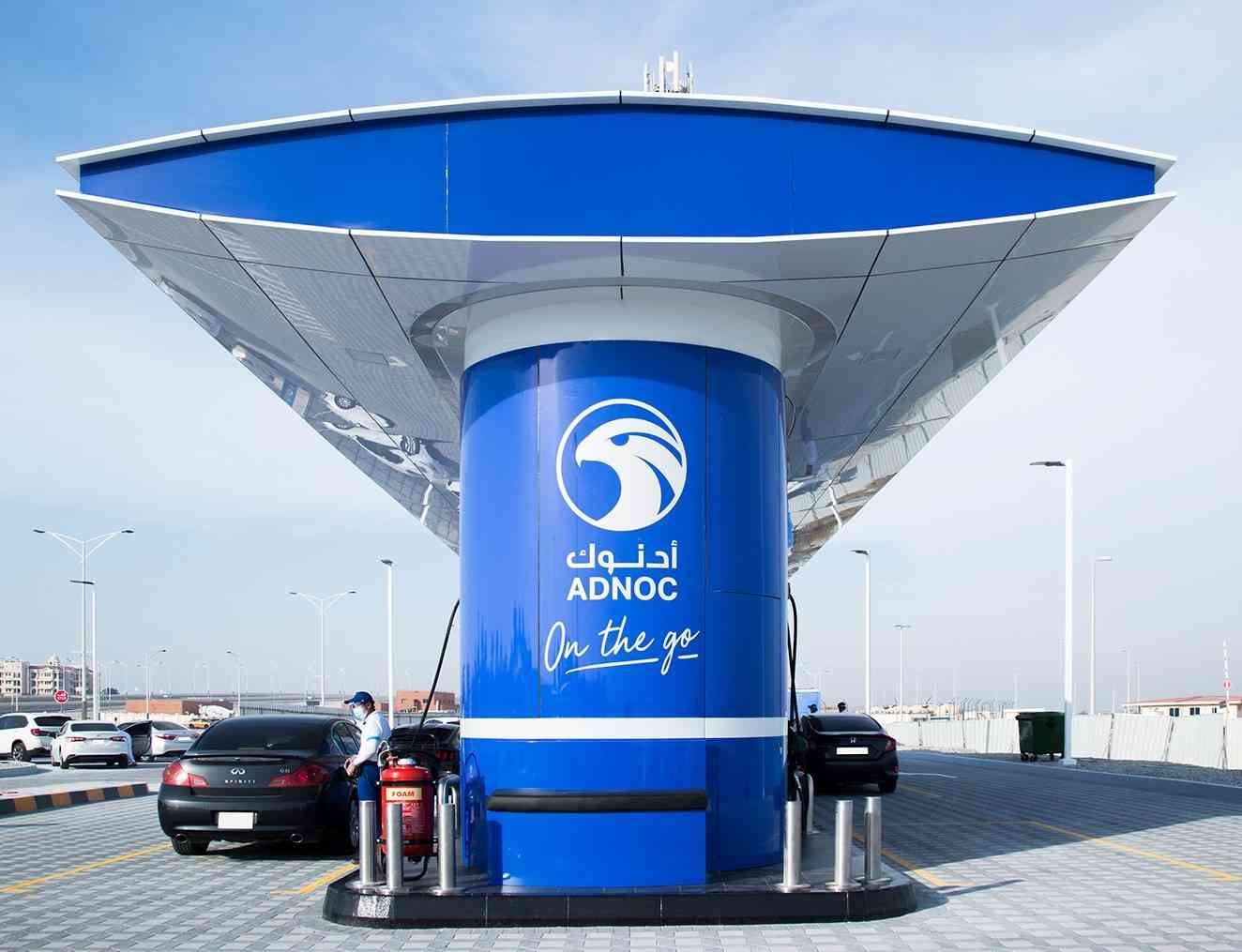
ADNOC STATIONS: REFUELING SERVICES IN 3 ARAB COUNTRIES.
ADNOC UAE stations are a preferred choice for motorists in three Arab countries, renowned for offering outstanding and innovative customer solutions. As part of its ambitious new five-year strategy, ADNOC Distribution aims to increase the number of its stations in the UAE, Saudi Arabia, and Egypt by 20% over the next five years, according to the Specialized Energy Platform.
- 1 year, 1 month
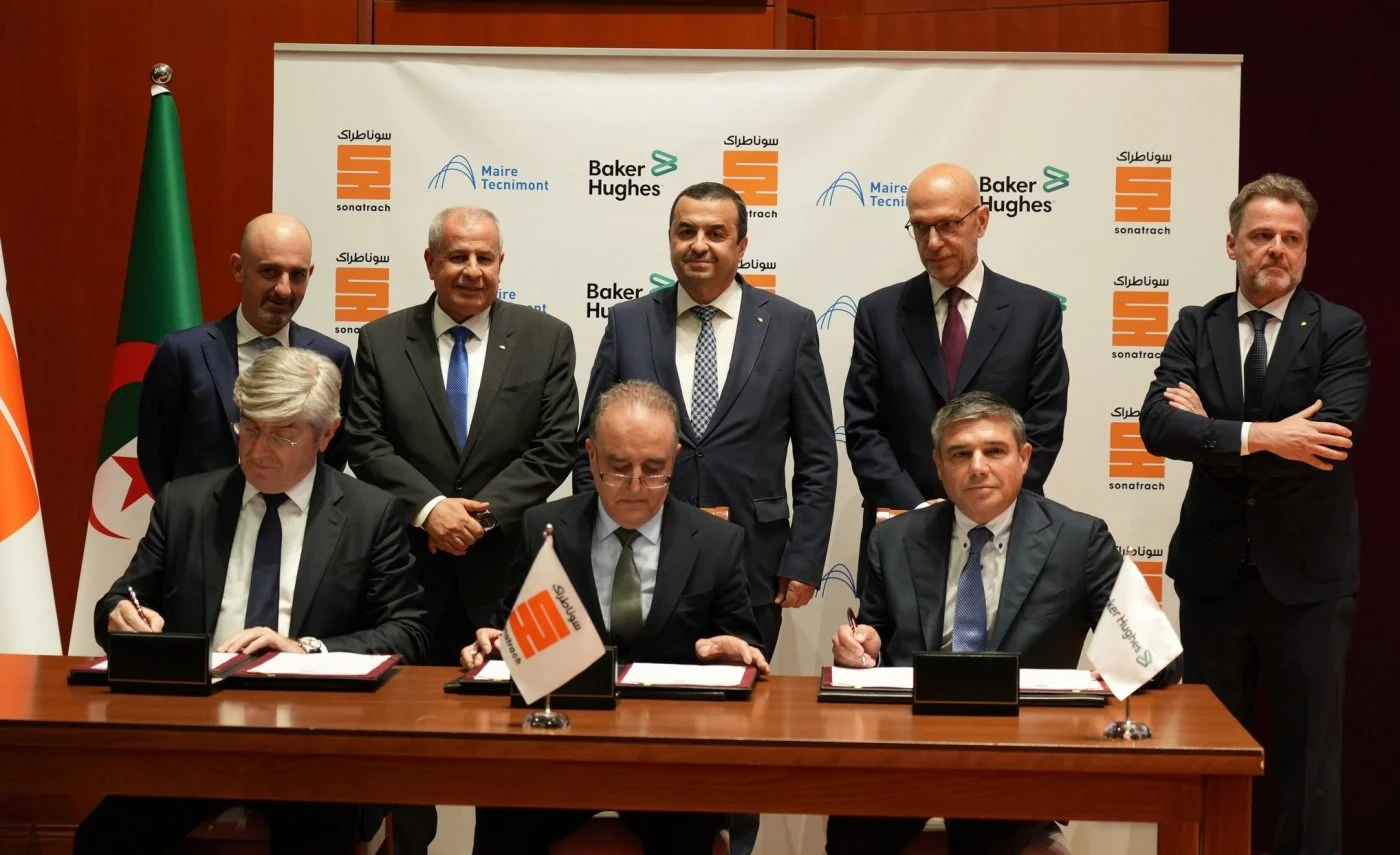
ALGERIA'S LARGEST GAS FIELD REBOUNDS WITH NEW DEAL.
Algeria's largest gas field, Hassi Ramel, is experiencing significant efforts to maintain its production rates and avoid future declines, as it is one of the world's largest fields, according to the Washington-based Specialized Energy Platform.
- 1 year, 1 month
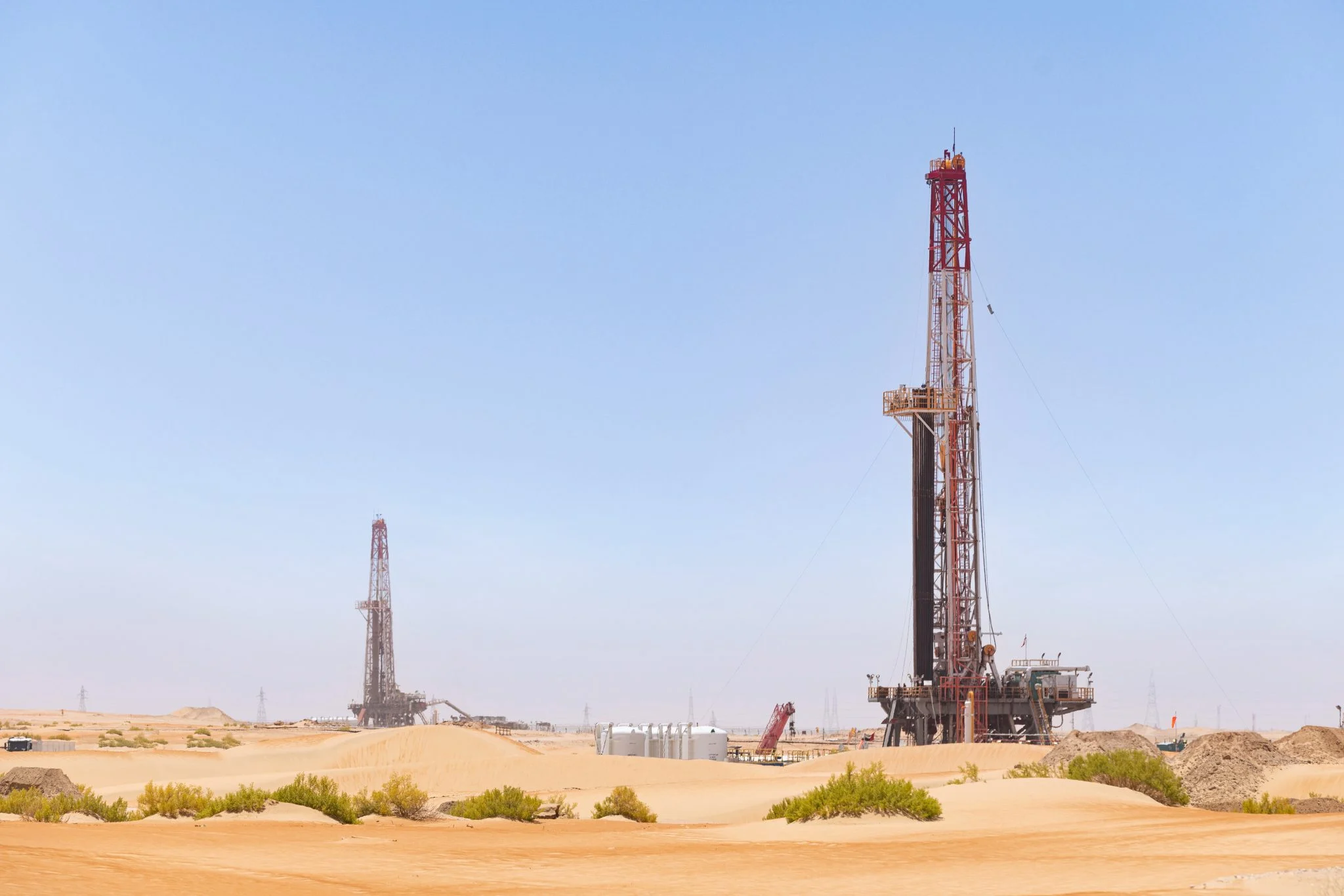
UAE RAISES $935 MILLION FROM NEW ADNOC DRILLING OFFERING.
Abu Dhabi National Oil Company (ADNOC) successfully raised AED 3.423 billion ($935 million) through the sale of 880 million shares in ADNOC Drilling. The announcement, made on Thursday, May 23, 2024, confirmed the completion of the offering, which represents 5.5% of ADNOC Drilling's total capital shares targeted at institutional investors.
- 1 year, 1 month
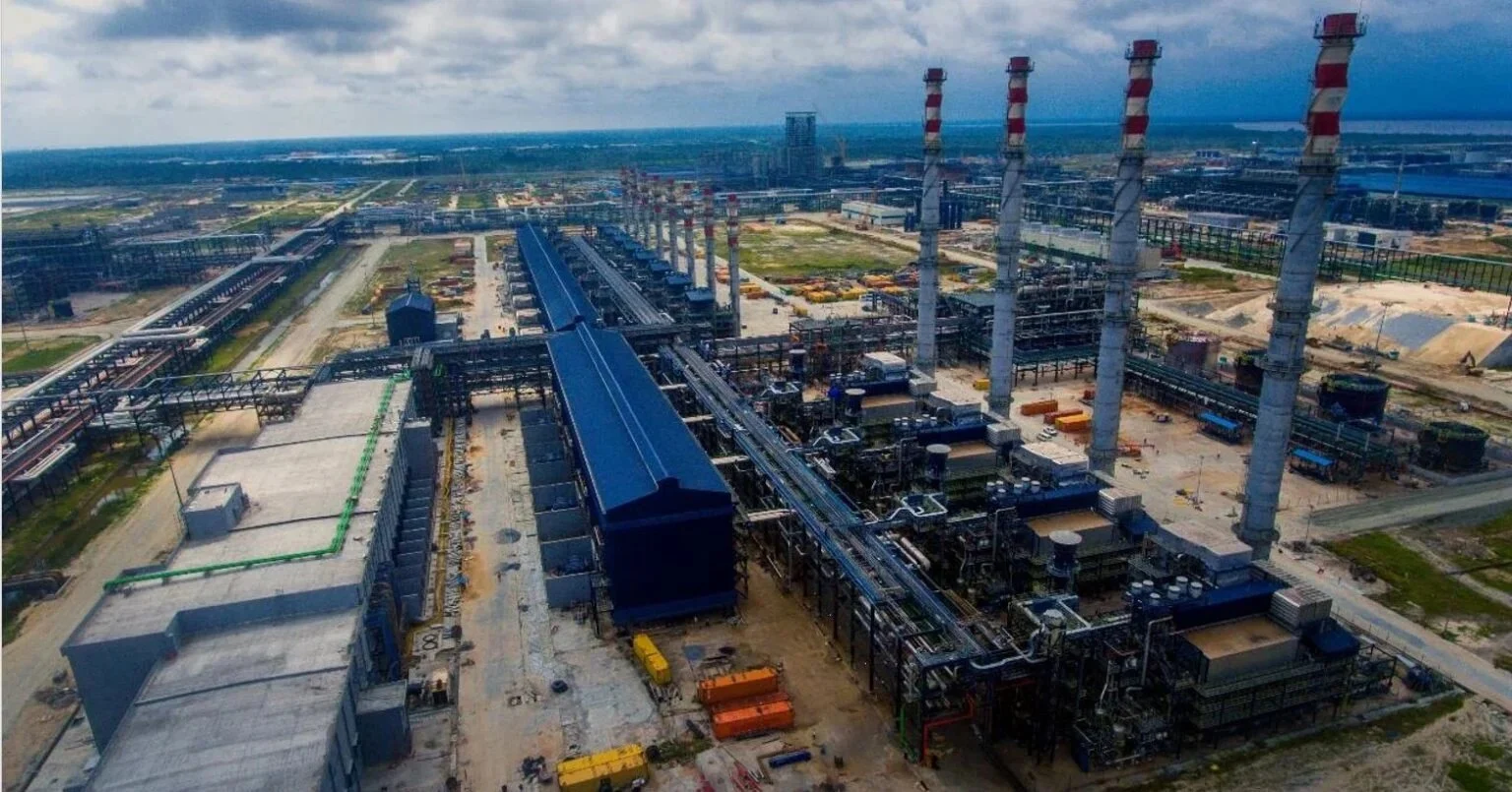
AFRICA'S LARGEST OIL REFINERY LOOKING FOR MASSIVE U.S. DEAL.
Africa's largest oil refinery, Dangote, is seeking a new year-long contract to supply it with U.S. West Texas Intermediate (WTI) Midland crude. Despite Nigeria's abundant domestic supplies and declining Bonny Light crude prices, the move is driven by the competitiveness of U.S. crude prices and the refinery's need to diversify its sources.
- 1 year, 1 month
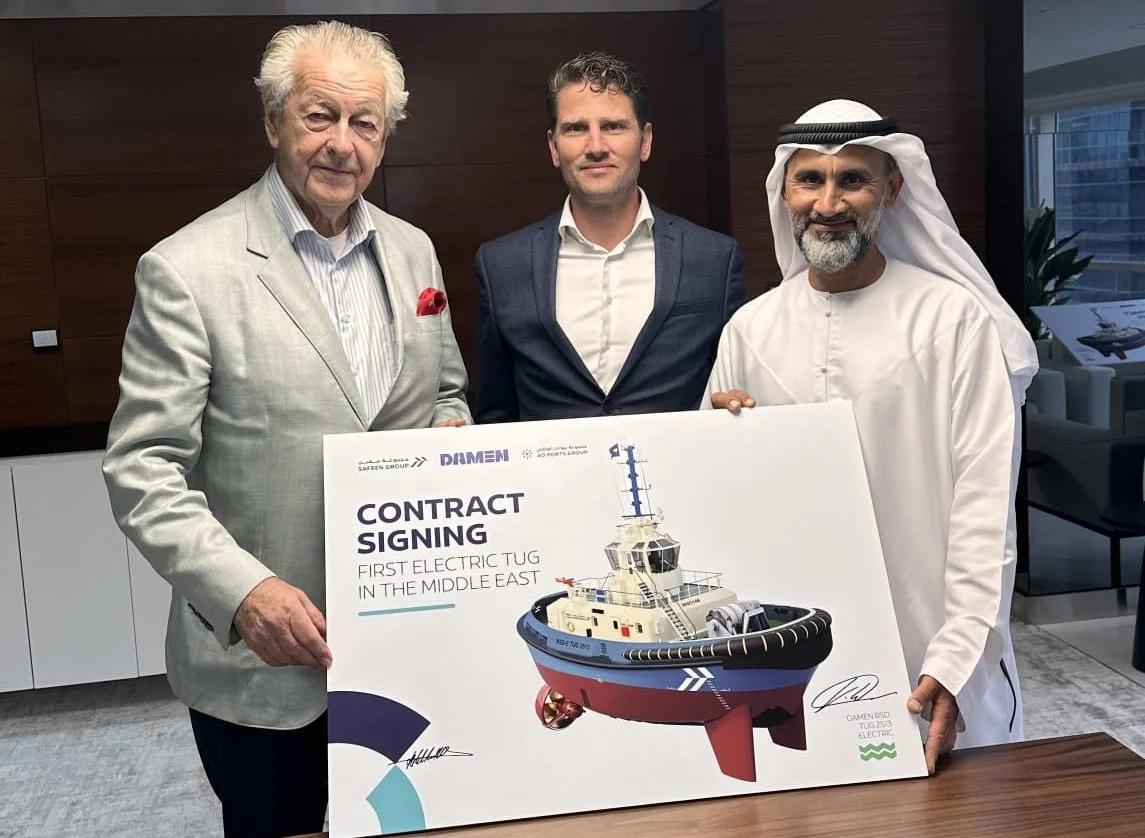
THE FIRST ELECTRIC LOCOMOTIVE IN THE MIDDLE EAST TO BE TESTED BY THE UAE.
The UAE is advancing its adoption of clean technologies across various sectors, including maritime transport, by testing the Middle East's first all-electric locomotive. On May 21, 2024, SAFEEN Group, a subsidiary of Abu Dhabi Ports Group, announced that it had tested this pioneering locomotive, as reported by the Washington-based Specialized Energy Platform.
- 1 year, 1 month

LNG MARKET FACES DISRUPTION AS RED SEA CLOSURE FORCES RISKY DETOURS.
The global LNG market has grown increasingly fragile, with price spikes becoming more likely due to imbalances between supply and demand.
- 1 year, 1 month
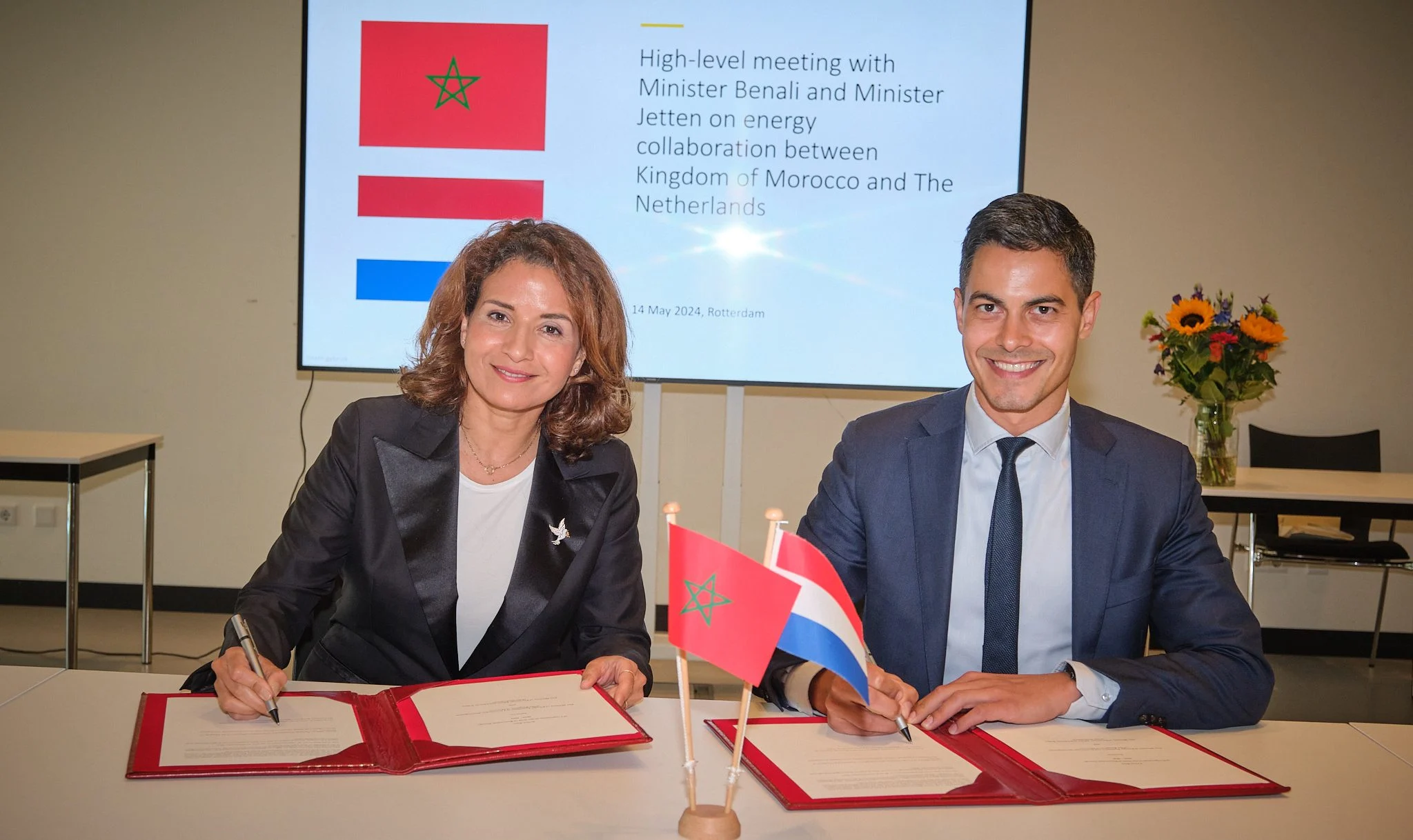
NETHERLANDS PLACES MOROCCO AMONG TOP DESTINATIONS FOR HYDROGEN IMPORTS.
European countries are actively seeking agreements and memoranda of understanding to import hydrogen from Morocco as part of their green energy plans. According to data from the Washington-based Specialized Energy Platform, Morocco's Minister of Energy Transition and Sustainable Development, Leila Benali, signed an action plan with Dutch Minister Rob Jetten.
- 1 year, 1 month
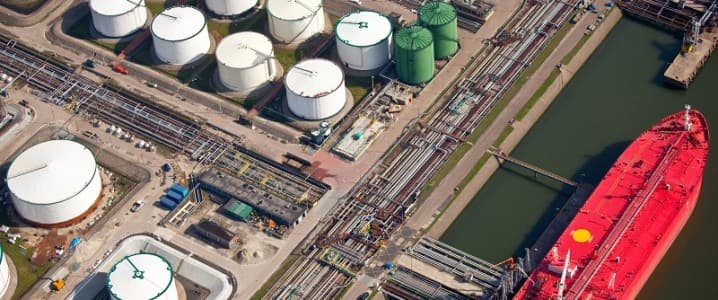
ASIAN REFINERS DIVERSIFY AWAY FROM MIDDLE EASTERN OIL.
Asian refiners are decreasing their intake of crude oil from the Middle East, opting instead for supplies from the United States and Brazil. This shift is driven by shrinking refining margins and rising Saudi oil prices, even as global benchmarks remain relatively stable.
- 1 year, 1 month
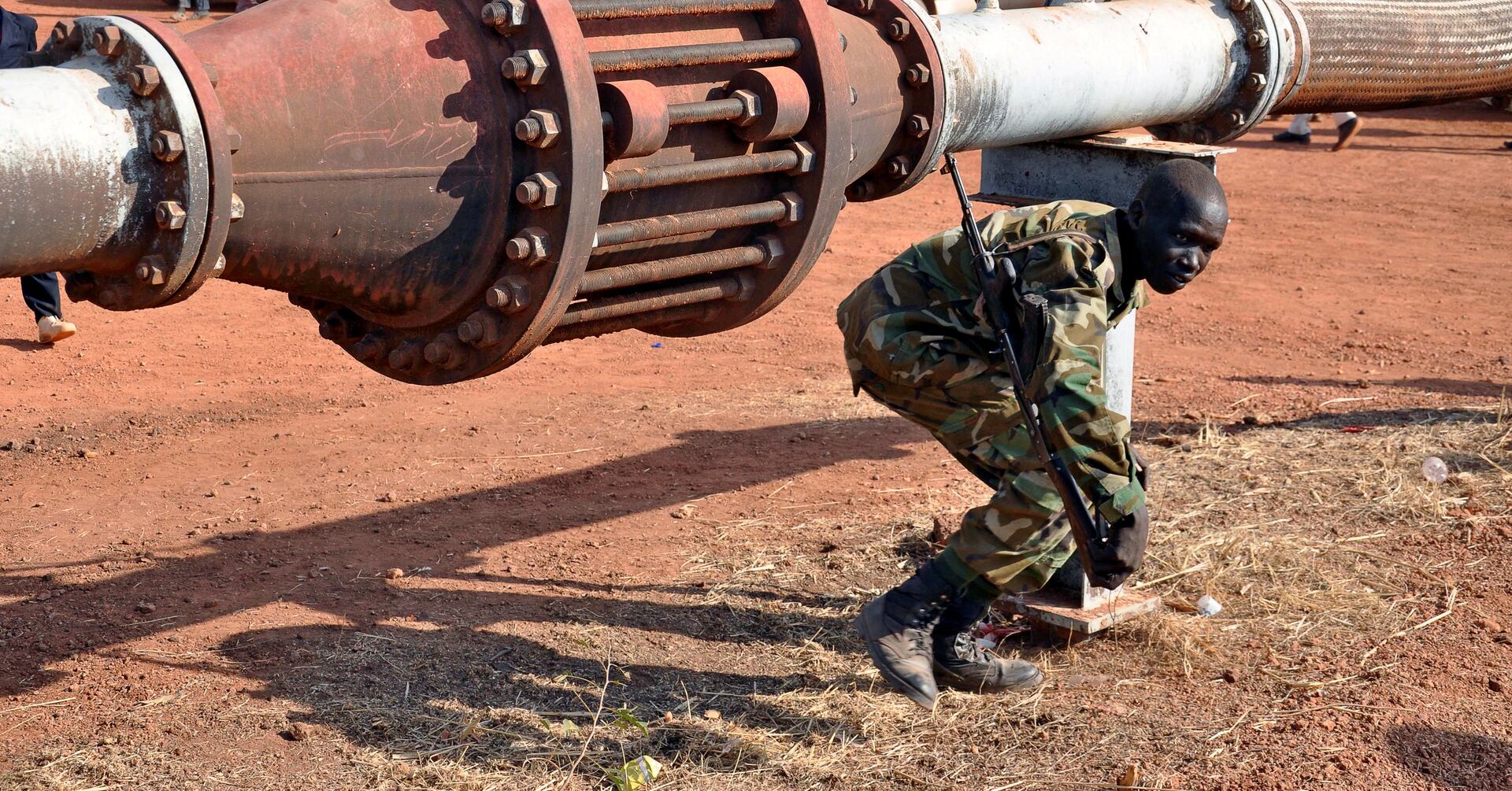
SOUTH SUDAN'S OIL IS IN TROUBLE AND CONTROVERSY OVER AN EMIRATI DEAL FOR $13 BILLION.
Oil production in South Sudan dropped to 60,000 barrels per day in April, a decline from 70,000 barrels per day in March and significantly lower than the 150,000 barrels per day recorded in February.
- 1 year, 1 month
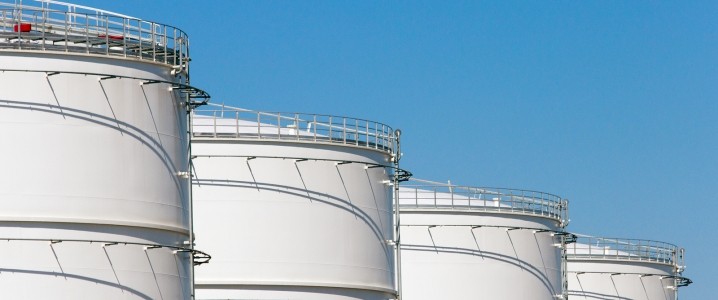
USA: OIL TICKS HIGHER ON INVENTORY DRAW.
Crude oil prices rebounded slightly following the Energy Information Administration's report of a 2.5-million-barrel inventory decrease for the week ending May 10. This shift contrasts with a minor 1.4 million barrel draw the previous week and an unexpected 3.1-million-barrel decrease reported by the American Petroleum Institute earlier.
- 1 year, 1 month
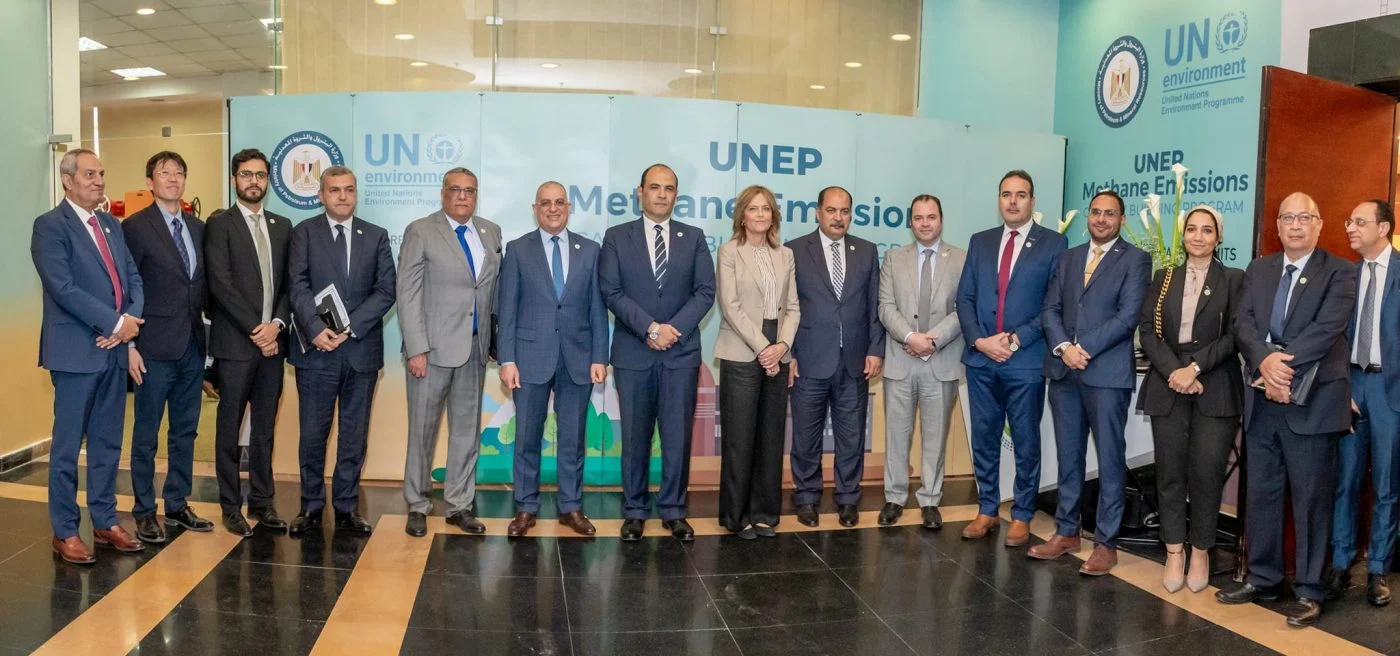
EGYPT SIGNS AGREEMENT WITH NORWEGIAN INSTITUTION TO REDUCE OIL SECTOR EMISSIONS.
The Center of Excellence for Energy Transition, part of Egypt's oil sector, has signed a new Memorandum of Understanding (MoU) with Norway's Carbon Limits to develop strategies for reducing methane emissions in the sector.
- 1 year, 1 month
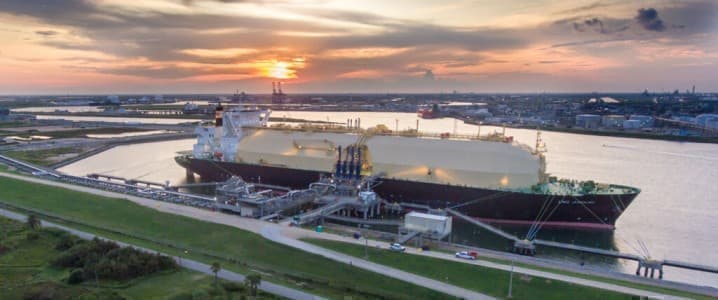
The Panama Canal is Key to American LNG.
Severe Drought Affects LNG Shipments through Panama Canal, U.S. Producers Seek Alternatives Low water levels caused by severe drought led to extended wait times for LNG carriers in March.
- 1 year, 1 month
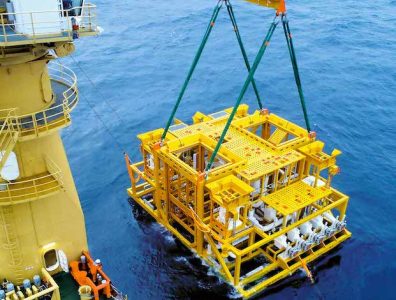
SLB ONESUBSEA, SUBSEA7 SIGN LONG-TERM DEAL WITH EQUINOR.
SLB One Subsea and Subsea7 have announced a long-term strategic collaboration agreement with Equinor and have initiated work on two of its deepwater projects. Under this agreement, the two subsea companies, operating as the Subsea Integration Alliance, will become involved in Equinor projects at an early stage as contractors.
- 1 year, 1 month

WEST AFRICA'S OIL AND GAS RESERVES ATTRACT 3 COMPANIES.
West Africa is drawing the attention of three companies aiming to develop untapped oil and gas fields while incorporating carbon capture technologies. Norway's Carbon Circle has joined forces with Amplus VGE, a joint venture between the UK's Amplus Energy and Nigeria-based Versatile Group.
- 1 year, 1 month

EUROPEAN OIL GIANTS EYE U.S. STOCK EXCHANGES AMIDST SHIFTING ENERGY LANDSCAPE.
Europe's major oil companies are considering delisting from European stock exchanges and listing on American exchanges. Total Energies' CEO, Patrick Pouyanné, has announced serious consideration of a primary listing in New York. However, Total Energies' unique business composition poses challenges for a move to the U.S.
- 1 year, 1 month
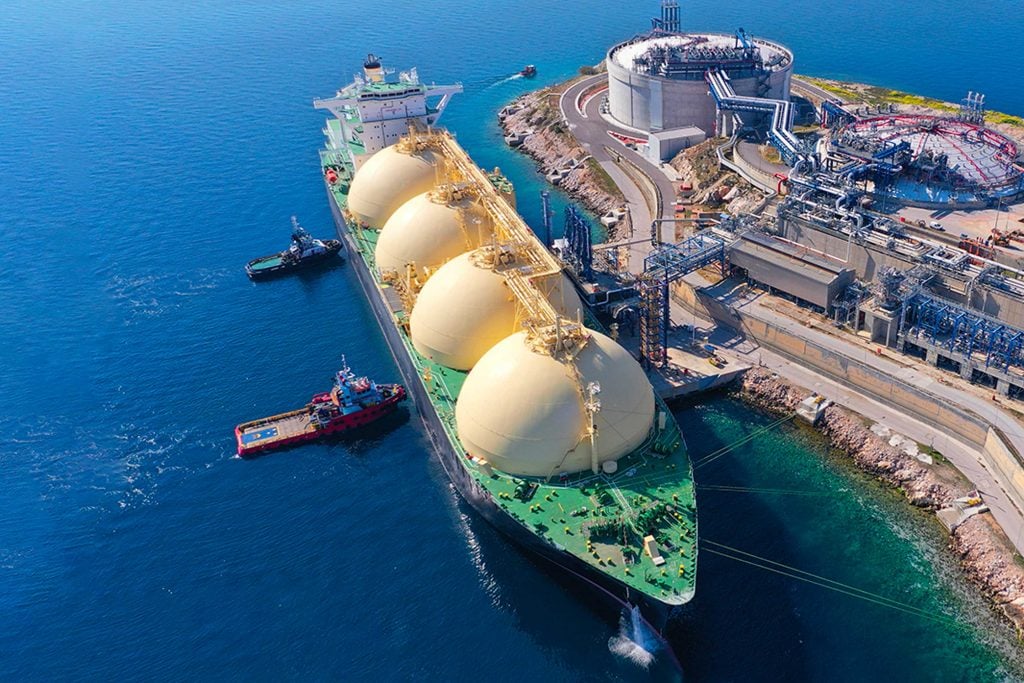
LNG Market Faces Supply Shortages Despite Hopes for Improvement by 2025.
Currently, all attention is on the liquefied natural gas (LNG) market, especially following the disruptions in Russian gas supplies and the volatility in the global gas market triggered by the Ukraine war and subsequent sanctions.
- 1 year, 1 month
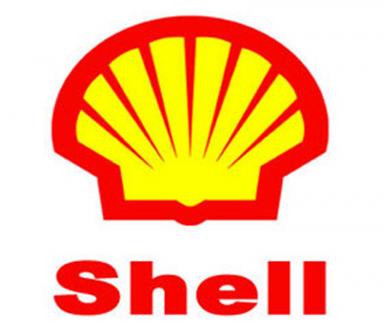
SHELL TO SELL INTEREST IN SINGAPORE ENERGY AND CHEMICALS PARK TO CAPGC.
Today, on the 8th of May 2024, Shell Singapore Pte Ltd, a subsidiary of Shell plc, has agreed to sell its Energy and Chemicals Park in Singapore to CAPGC Pte. Ltd., a joint venture between Chandra Asri Capital Pte. Ltd. and Glencore Asian Holdings Pte. Ltd.
- 1 year, 1 month
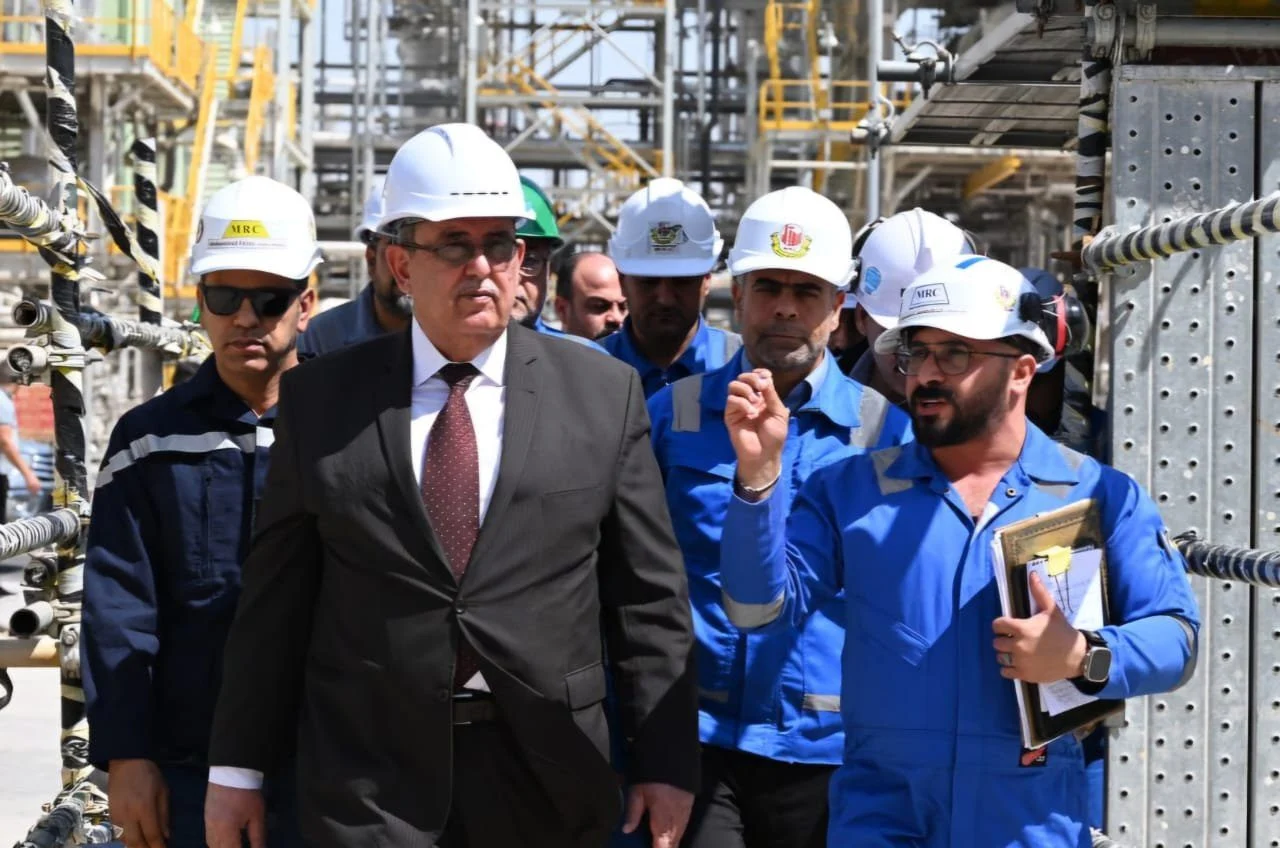
IRAQ MOVES TO EXPORT DIESEL AFTER ACHIEVING SELF-SUFFICIENCY.
Iraq is currently finalizing its preparations for exporting diesel (gas oil) after achieving self-sufficiency by completing necessary logistical procedures. The Ministry of Oil announced its plans in a statement seen by the Washington-based Specialized Energy Platform on Monday, May 6, 2024.
- 1 year, 1 month

USA: BIDEN ADMINISTRATION BANS FOSSIL FUELS IN FEDERAL BUILDINGS.
The Energy Independence and Security Act of 2007 mandates federal buildings to phase out fossil fuel usage by 2030, focusing on transitioning to cleaner electricity sources such as wind and solar power to cut greenhouse gas emissions.
- 1 year, 1 month

SHELL IS HEADING OUT OF SOUTH AFRICA AFTER 122 YEARS.
Shell International is preparing to exit its longstanding presence in South Africa, where it has operated since 1902, by divesting its shares in its retail, transportation, and refining unit. The majority stake of 72% in this unit is held by the energy company, while the remaining 28% is owned by local investment firm Thebe.
- 1 year, 1 month

RUSSIA’S OIL REVENUES DOUBLED IN APRIL COMPARED TO A YEAR EARLIER.
In April 2024, Russia's oil revenues doubled compared to the same month a year earlier, reaching $11.5 billion. This increase was driven by higher oil prices and a weaker ruble.
- 1 year, 1 month
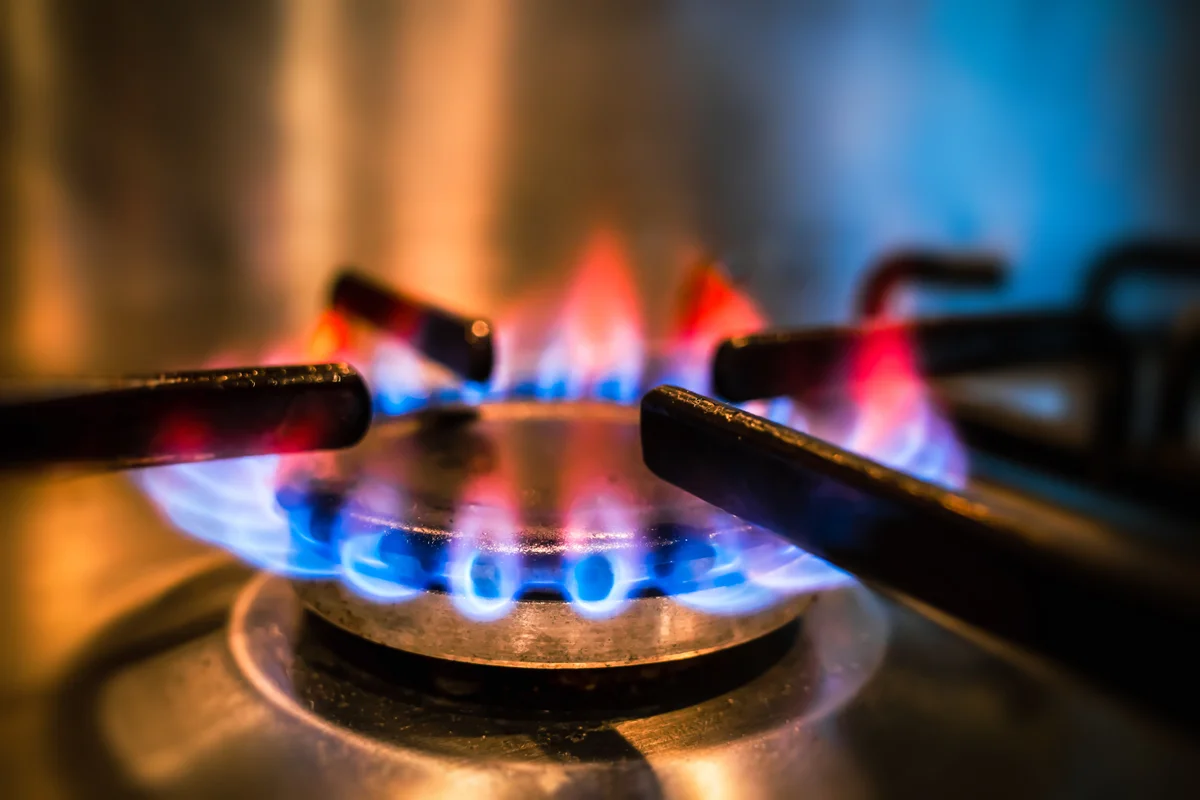
U.S. GAS STOVES CONTRIBUTE TO 19,000 DEATHS A YEAR.
Scientists are exploring methods to reduce pollution from gas stoves at home, a new frontier after decades of cleanup in automotive, factory, and power plant sectors. Cooking with gas releases nitrogen dioxide, linked to asthma and respiratory diseases.
- 1 year, 1 month

UAE QUIETLY BOOSTS OIL PRODUCTION CAPACITY AHEAD OF OPEC MEETING.
ADNOC has quietly increased its oil production capacity to 4.85 million barrels per day (bpd), up from the previously reported 4.65 million bpd. The United Arab Emirates state-owned oil company aims to further raise this capacity to 5 million bpd by 2027, a target set years ago.
- 1 year, 1 month

DEVELOPING NATIONS LOOK TO BALANCE OIL AND GAS OPPORTUNITY WITH CLIMATE CONCERNS.
The International Energy Agency (IEA) recommends keeping new oil discoveries in the ground to achieve global climate goals. African and Caribbean nations are under pressure to choose between economic growth and climate action.
- 1 year, 1 month
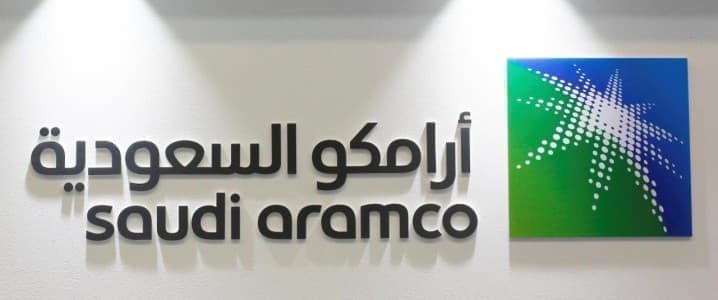
ARAMCO LEADS OIL INDUSTRY INVESTMENT IN AI.
Global Data has reported that Aramco, a leading oil company, is the largest investor in artificial intelligence (AI) in the oil industry, having spent $3.5 billion on research and development last year.
- 1 year, 1 month
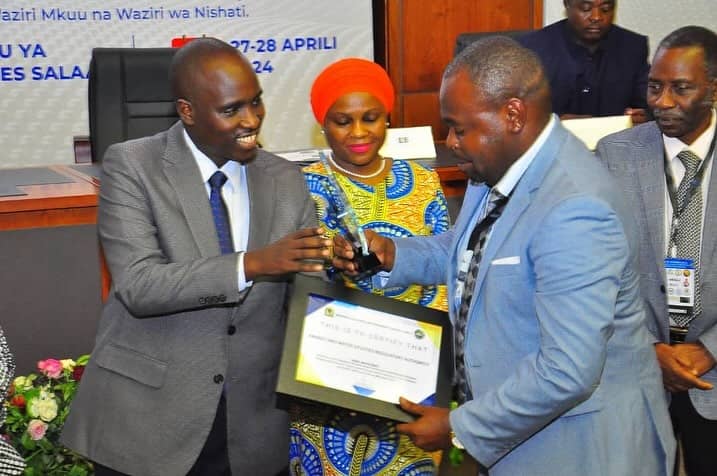
TANZANIA: EWURA GETS AN AWARD FOR BEST MANAGEMENT IN CENTRAL PROJECTS.
The Authority for Energy and Water Services Regulatory (EWURA), has received the second winner award in the Best Management of Indigenous Participation in Strategic Projects in the Country.
- 1 year, 1 month

SAUDI ARAMCO SEEKS INVESTMENT OPPORTUNITIES IN NEW ENERGIES ABROAD.
Aramco is expanding its investment focus to include new energy sources and technologies beyond Saudi Arabia. The company has doubled its venture capital fund to $7 billion, aiming to support innovative startups and disruptive technologies.
- 1 year, 1 month
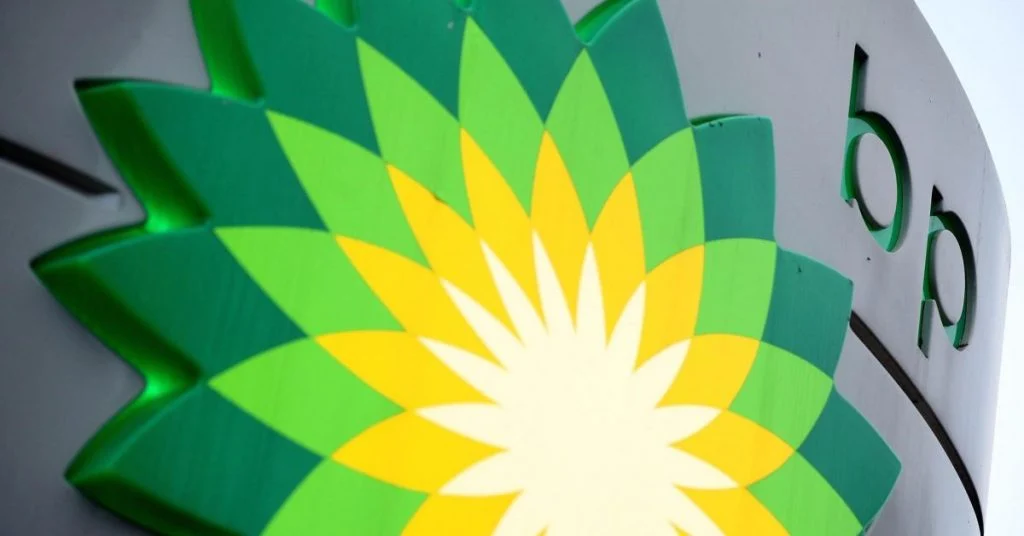
BP SUSPENDS PRODUCTION FROM GIANT OIL FIELD PLATFORM IN AZERBAIJAN.
The British oil company BP has halted oil production from a platform at a significant oil field in Azerbaijan, shortly after commencing production at a new offshore rig. The suspension is part of a scheduled maintenance plan, with operations expected to resume on May 10, 2024.
- 1 year, 1 month

DRONE ATTACKS TAKE KHOR MOR GAS FIELD OFFLINE, CLAIMS LIVES.
Four expatriate workers lost their lives, and two others were injured in a recent drone attack on the Khor Mor gas field in Iraq's Kurdistan region. This attack, reported by an advisor to the Iraqi Kurdish Prime Minister and a senior Kurdish political source, has also led to the suspension of production at the site.
- 1 year, 1 month
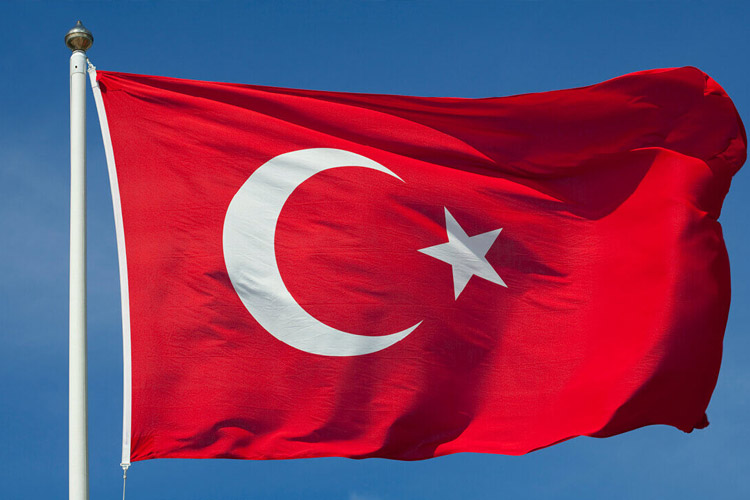
TURKEY SEEKS LNG DEAL WITH EXXON TO REDUCE RELIANCE ON RUSSIA.
Turkey is in discussions with U.S. supermajor ExxonMobil regarding a long-term LNG supply agreement, aiming to lessen its dependence on Russia or any single supplier, Turkish Energy Minister Alparslan Bayraktar revealed in an interview with the Financial Times.
- 1 year, 1 month

TOTAL ENERGY ANNOUNCES DEVELOPMENTS IN THE $27 BILLION DEAL IN IRAQ.
Patrick Pouyanné, CEO of Total Energies, briefed Iraqi Prime Minister Mohammed Shia al-Sudani on the specifics of his company's $27 billion energy project deal with Baghdad.
- 1 year, 1 month

ALGERIA'S SONATRACH SIGNS NEW AGREEMENT WITH OMAN TOWERS.
Algeria's Sonatrach is actively working to expand bilateral cooperation with Oman in the energy, mining, and hydrocarbon exploration sectors. Recently, a memorandum of understanding was signed between Sonatrach and Oman Energy Services Abraaj.
- 1 year, 1 month

EXXON EXPECTS REGULATOR TO GREENLIGHT $60-BILLION PIONEER DEAL IN JUNE.
ExxonMobil anticipates approval from the U.S. antitrust authority for the acquisition of Pioneer Natural Resources by the end of June. The deal, valued at $60 billion in all-stock, would significantly expand ExxonMobil's presence in the Permian Basin, doubling its footprint.
- 1 year, 2 months

IRAQ SETS THE CEILING ON OIL EXPORTS WITHOUT ADHERING TO OPEC+ DECISIONS.
Iraq plans to set a fixed ceiling on its oil exports until the end of 2024, irrespective of future decisions made by the OPEC+ alliance regarding production cuts.
- 1 year, 2 months
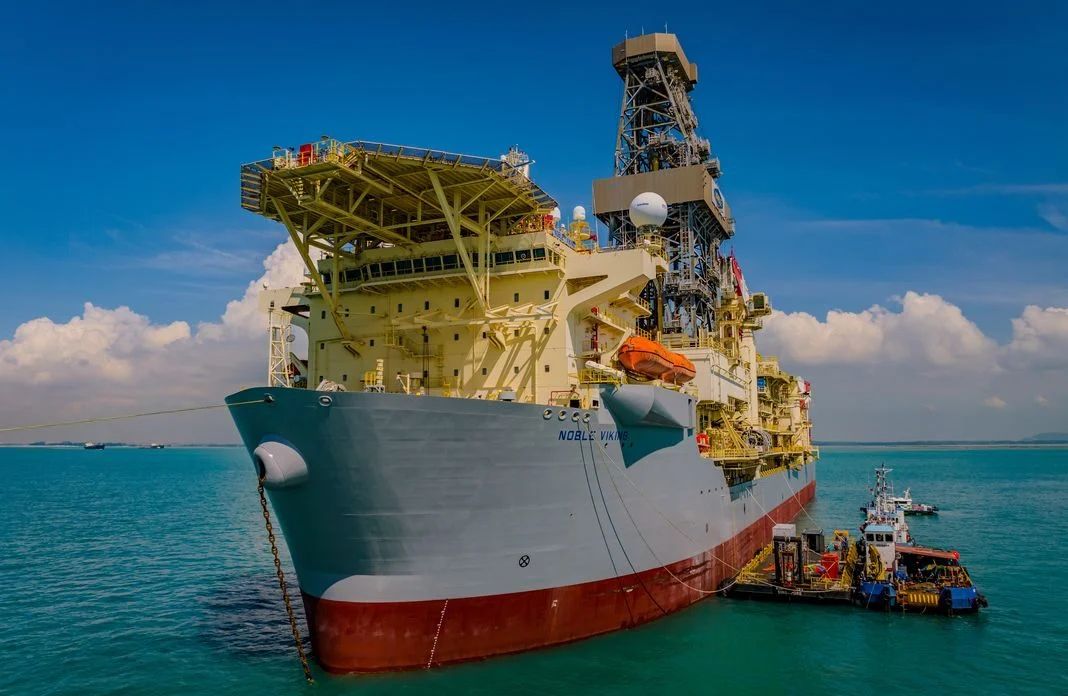
GIANT EXPLORATION VESSEL HEADING TO TWO COUNTRIES IN AFRICA.
Drilling and exploration activities in Africa are progressing rapidly, with a significant increase in activity. The Noble Venture, a large exploration vessel owned by Britain's Noble Corporation, is set to embark on two new missions in Africa.
- 1 year, 2 months
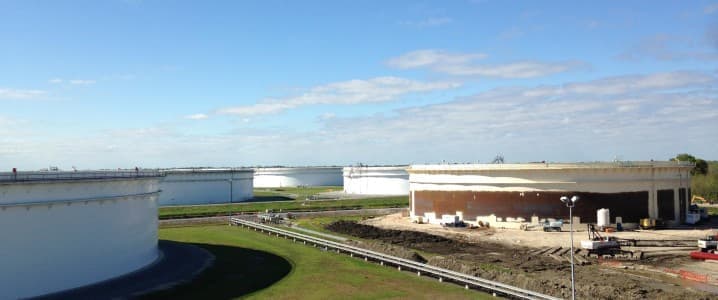
TEXAS DEEPWATER OIL EXPORT PROJECTS STALL.
Before the 2020s, four offshore projects were in the works near Texas. These plans, however, were derailed by a series of crises that rocked the oil industry, reshaping the flow of oil trade.
- 1 year, 2 months

NAMIBIA RACKS UP ANOTHER MAJOR OFFSHORE OIL DISCOVERY.
Galp's share price surged by more than 20% in early trading on Monday following the announcement of a significant oil discovery in offshore Namibia.
- 1 year, 2 months
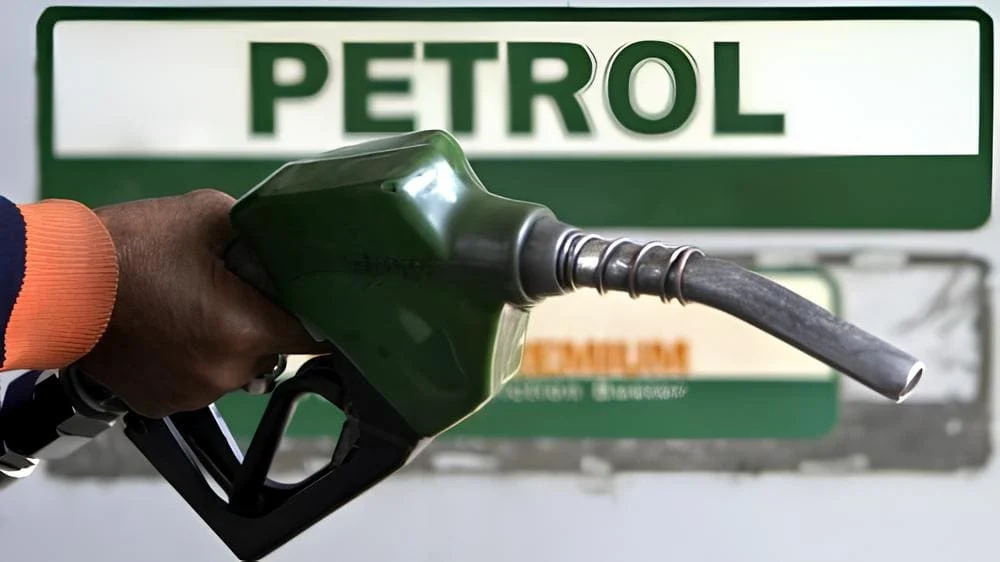
THE CHEAPEST COUNTRIES IN GASOLINE, THE TOP 5 GLOBALLY.
Despite the global rise in fuel prices, some countries are striving for a leading position among the cheapest gasoline providers. This trend is driven by the increasing energy demand and rising tensions in the Middle East, which threaten to push the price of oil above $100 per barrel.
- 1 year, 2 months

OMAN SIGNS LIQUEFIED GAS DEAL TO SUPPLY TURKEY WITH ONE MILLION TONS PER YEAR.
Today, Friday, April 19, 2024, the Sultanate of Oman has finalized a new liquefied gas agreement, marking the third such deal this week and the fourth since the beginning of the year.
- 1 year, 2 months

KAZAKHSTAN TO CONSIDER BUILDING OIL PIPELINE IN THE CASPIAN SEA.
Kazakhstan, a non-OPEC oil producer participating in the OPEC+ agreement, is contemplating the construction of an oil pipeline in the Caspian Sea, according to a report by the Russian news agency Interfax citing Kazakhstan’s Energy Ministry.
- 1 year, 2 months

NIGERIA IS OPEC'S LARGEST OIL PRODUCER IN AFRICA.
The ranking of the largest African oil producers in OPEC during the first quarter of this year reveals disparities in average production across the continent. Some countries implemented voluntary cuts while adhering to the production reduction policy of the OPEC+ alliance.
- 1 year, 2 months

U.S. TO CONVERT OIL RIGS INTO MISSILE BASES IN PACIFIC DEFENSE STRATEGY AGAINST CHINA.
The United States is planning to repurpose oil rigs into a missile base, a strategic move aimed at strengthening its defense capabilities against potential Chinese threats in the Pacific. Naval engineering firm Gibbs & Cox has introduced the Modip project, which seeks to convert inactive oil rigs in the western Pacific into mobile missile defense bases to counter Chinese weapons.
- 1 year, 2 months
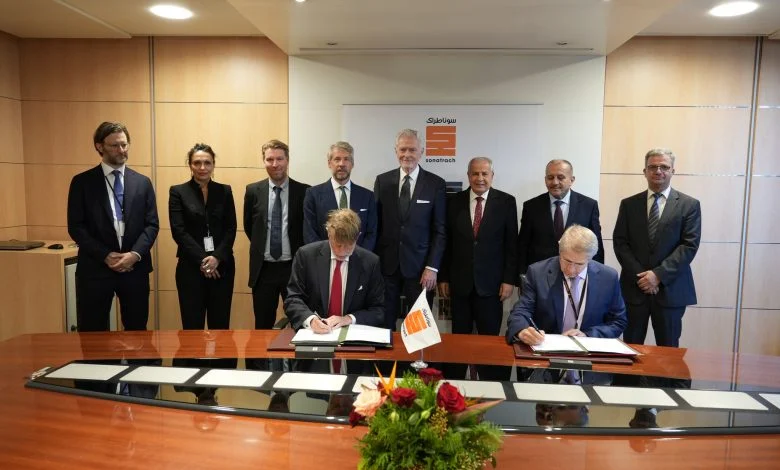
ALGERIAN GAS TURBINE PLANT ANNOUNCES FIRST STEP IN AFRICA.
The Algerian gas turbine plant has taken a significant step forward, marking a first in Africa and adding to its achievements by securing a substantial share of the exports for a crucial component of power plants.
- 1 year, 2 months

ASIAN LNG PRICES SOAR ON FEARS OF WIDER MIDDLE EAST CONFLICT.
Spot LNG prices in Asia surged to their highest level since January amid concerns of escalating conflict in the Middle East.
- 1 year, 2 months
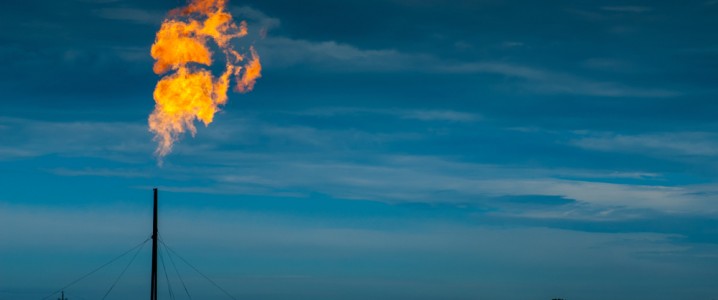
U.S. TO SET UP GLOBAL CARBON LEAKAGE TASK FORCE.
The U.S. federal government plans to establish a specialized task force to address global carbon emissions resulting from trade and manufacturing activities.
- 1 year, 2 months

LARGEST AVIATION HYDROGEN FUEL CELL PROJECT TO START BY 2029.
The unveiling of the largest hydrogen fuel cell project for aircraft, supported by significant government funding, has sparked discussions about the feasibility of hydrogen in aviation.
- 1 year, 2 months

U.S. CPI UP 3.5% IN MARCH; CENTRAL BANKS POSTPONE RATE CUTS AMID OIL PRICE SURGE.
The latest U.S. consumer price index revealed a 3.5% increase in March compared to the previous year.
- 1 year, 2 months

U.S. CHEVRON PERMANENTLY EXITS MYANMAR.
US oil and gas giant Chevron has divested its stake in Myanmar's Yadana gas field, part of its ongoing withdrawal from the country following a military coup more than two years ago.
- 1 year, 2 months

OMAN GAS DEAL WITH GERMANY MARKS SHIFT TO EUROPEAN GAS HUB INDEX PRICING.
The gas deal between Oman and Germany is set to implement a rare practice in Oman, involving fixed-term contracts for the first time.
- 1 year, 2 months

AFRICAN COUNTRY EXPORTS FIRST LNG SHIPMENT TO EUROPE.
Europe recently welcomed its inaugural LNG delivery from a new African exporter, diversifying its energy sources amid efforts to reduce reliance on Russian supplies.
- 1 year, 2 months
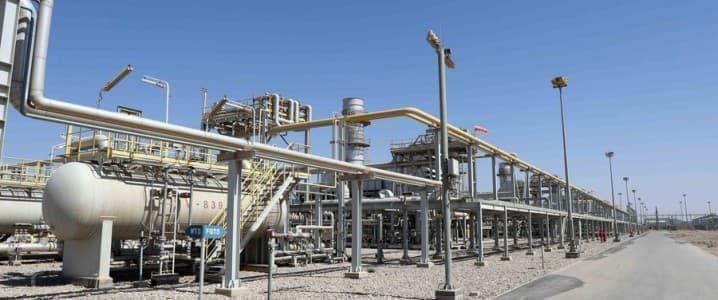
IRAQ: U.S.’S NEW HOPES ARE DASHED, AS IT SIGNS LONGEST EVER GAS DEAL WITH IRAN.
Iraq has long been a strategic focal point for Washington, especially since welcoming the U.S. after the fall of President Saddam Hussein in 2003.
- 1 year, 2 months
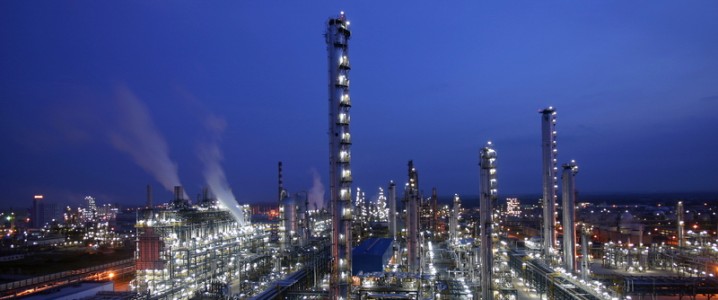
CHINA EXPORTS GASOLINE USING BLOCKCHAIN IN UNPRECEDENTED MOVE.
Sinochem Energy Technology Co. Ltd., a subsidiary of the state-owned multinational Sinochem Corp., has achieved a significant milestone by shipping gasoline from Quanzhou City, China, to Singapore using blockchain technology.
- 1 year, 2 months

ENAUTA AND 3R PETROLEUM IN TALKS FOR MAJOR MERGER, CREATING LATIN AMERICA ENERGY POWERHOUSE.
Enauta, a Brazilian oil and gas company, is currently in discussions to merge with 3R Petroleum Óleo e Gás, a move that could establish a significant independent player in Latin America's energy sector.
- 1 year, 2 months

UAE: ADNOC OPTIMIZES CRUDE PROCESSING, BOOSTS MURBAN EXPORTS.
Abu Dhabi National Oil Company (ADNOC) has redirected its medium sour grade Upper Zakum for processing at a local refinery since late 2023.
- 1 year, 2 months
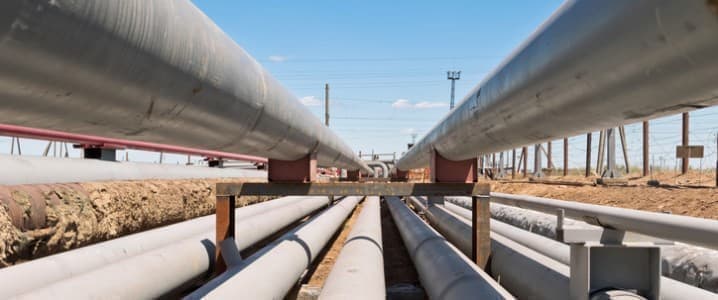
NATURAL GAS PRICES PLUMMET AS ETFS STRUGGLE, BRENT CRUDE TOPS $90 AMID MIDDLE EAST TENSIONS.
Exchange-traded funds (ETFs) are investment funds that are traded on stock exchanges, much like stocks.
- 1 year, 2 months
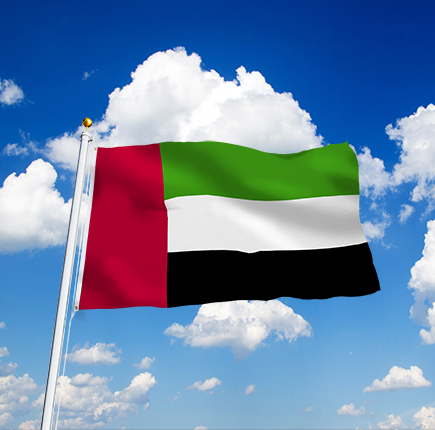
THE LARGEST EXPORTER OF LIQUEFIED GAS TO EUROPE IN THE FIRST QUARTER, ALGERIA CONTINUES TO EXCEL.
During the first quarter of this year, three Arab countries were among the largest exporters of liquefied gas to Europe, with the United States alone accounting for more than 50% of the total supplies received by the European market.
- 1 year, 2 months
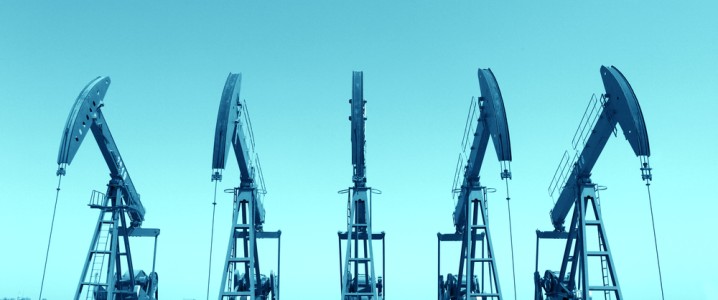
OIL PRICES SURGE AS GEOPOLITICAL RISK RISES.
Oil prices are on the rise due to increasing geopolitical tensions and a bullish trend in West Texas Intermediate (WTI) crude oil, closely following Brent crude's movements. Escalating unrest in the Middle East, particularly involving Israel and Iran, has led to uncertainties in oil supply, boosting global oil prices and contributing to the upward movement of WTI prices.
- 1 year, 2 months
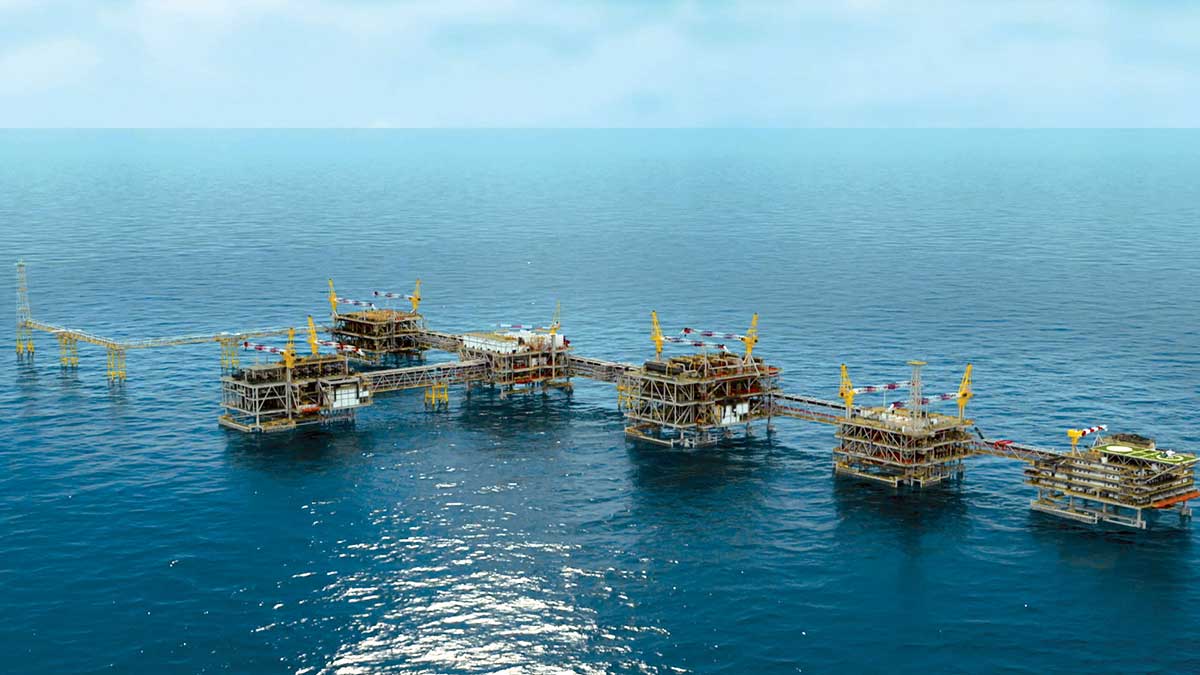
THE WORLD'S LARGEST OFFSHORE OIL FIELD IS LOCATED IN SAUDI ARABIA.
The Safaniya field in Saudi Arabia is the largest offshore oil field globally, discovered in a submerged area. The Kingdom aims to develop it further through new deals to increase production as part of efforts to support its economy.
- 1 year, 2 months

SLB ANNOUNCES $8-BILLION DEAL AS MERGERS EXTEND TO OILFIELD SECTOR.
SCHLUMBERGER (SLB), the leading oilfield services provider globally, announced a definitive agreement on Tuesday to acquire smaller competitor ChampionX Corporation in an all-stock transaction valued at $7.75 billion, as consolidation in the energy sector extends to oilfield services.
- 1 year, 2 months

ACTIVISTS PUSH INSURERS TO DROP OIL AND GAS PROJECTS, INDUSTRY HESITANT.
Extinction Rebellion, an activist group, conducted a week-long campaign against insurers to stop insuring oil and gas projects. However, it's unlikely that the insurance industry would be willing to drop clients that bring in between $1.6 billion and over $2 billion in premium income annually.
- 1 year, 2 months
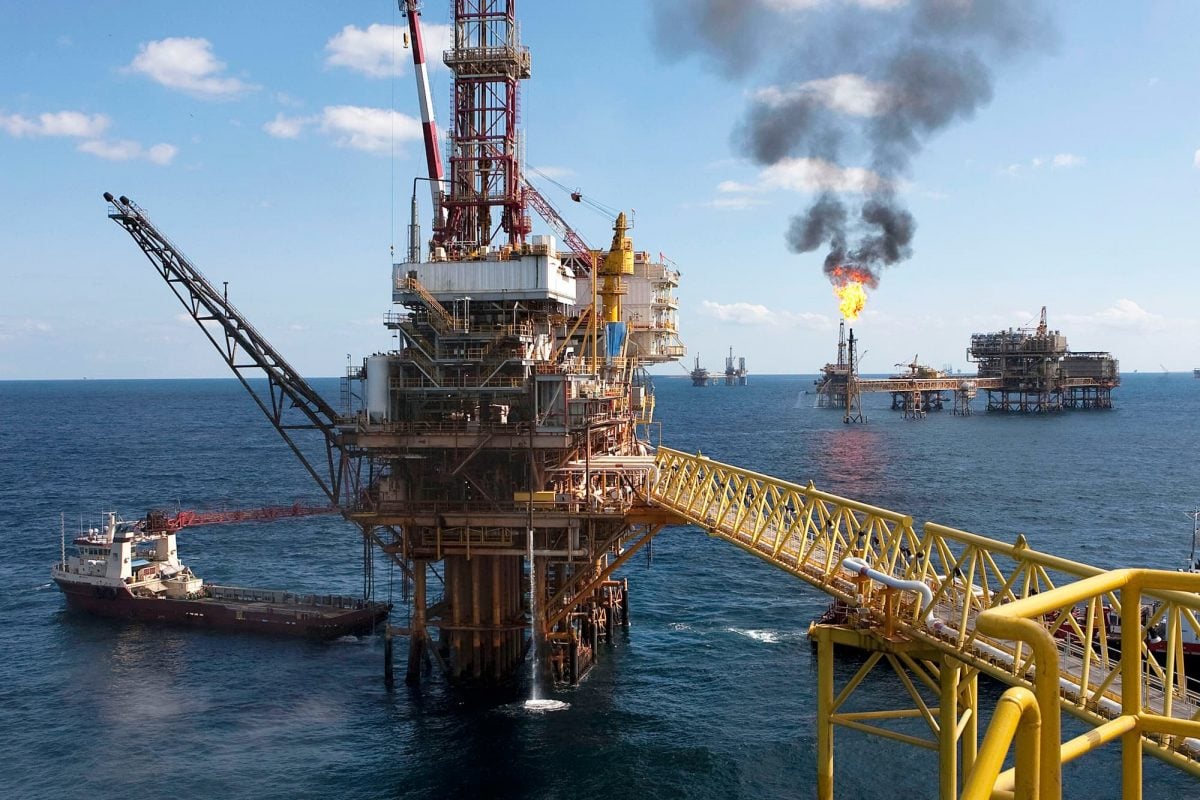
GLOBAL GAS INVESTMENT SET TO SOAR TO $9 TRILLION BY 2050 DESPITE ENVIRONMENTAL CONCERNS.
Global gas investment is projected to grow significantly in the coming decades, despite criticism and campaigning by environmentalists and climate workers against the industry, as per a recent analytical report obtained by the Energy Research Unit.
- 1 year, 2 months

PETROCHEMICALS ARE DRIVING 90% OF CHINA'S OIL DEMAND GROWTH.
China's oil market is closely monitored by energy experts, not only because of its size but also due to the ongoing electric vehicle (EV) revolution.
- 1 year, 2 months
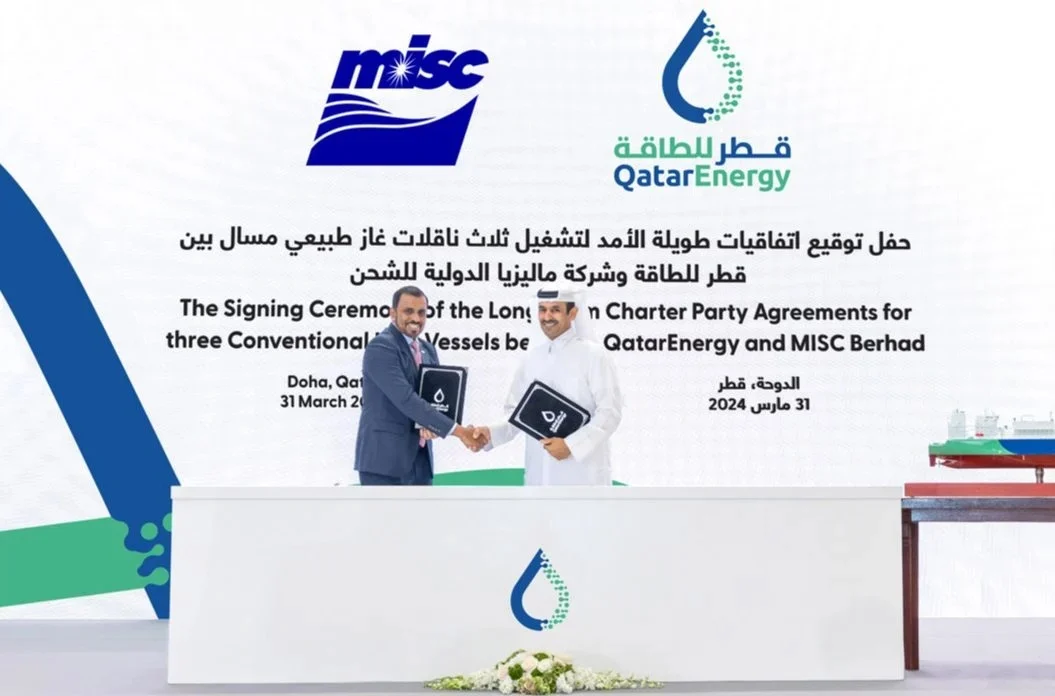
THE UNITED ARAB EMIRATES SECURED THE TOP SPOT WITH A MAJOR LNG DEAL IN MARCH 2024.
The United Arab Emirates took the lead in the top 5 liquefied natural gas (LNG) deals in March 2024, with strong competition from Arab countries such as Iraq and Qatar.
- 1 year, 2 months

SAUDI ARAMCO SIGNS CONTRACTS FOR MEGA GAS PROJECT.
Saudi Aramco has signed contracts worth $7.7 billion for the engineering, procurement, and construction of a significant expansion of a large gas project.
- 1 year, 2 months
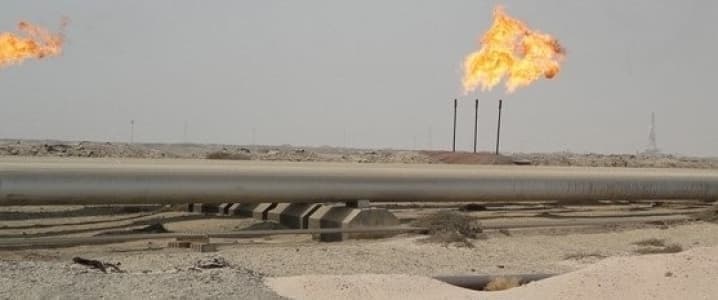
GLOBAL OIL MARKET ADJUSTS AS OPEC CUTS PROVE EFFECTIVE, PRICES CLIMB HIGHER.
McKinsey reported a 32 million-barrel decrease in global oil inventories in February, signaling a shift in market dynamics. As new demand data emerges, prices are climbing higher.
- 1 year, 2 months

EXXON AND CNOOC TEAM UP TO CHALLENGE CHEVRON’S GUYANA OIL DEAL.
Exxon and CNOOC have joined forces in their arbitration claims against Chevron's acquisition of Hess's share in the Stabroek oil block.
- 1 year, 2 months

TRANSPORT RECOVERY REKINDLES THREAT OF DIESEL SHORTAGE.
Moody's has predicted a significant increase in diesel prices in the United States, with a rise of over $1 per gallon from pre-pandemic levels, reaching $4.50 per gallon.
- 1 year, 2 months

OIL MOVES DOWN ON INVENTORY RISE.
Crude oil prices declined today following the Energy Information Administration's report of a 3.2 million barrel inventory build for the week ending March 22. This contrasts with the previous week's 2 million barrel draw, which was accompanied by a significant draw in gasoline inventories, providing price support.
- 1 year, 3 months

TOTAL ENERGIES FACES LEGAL CHALLENGE OVER SOUTH AFRICA DRILLING PLANS.
Environmental groups are contesting French oil major Total Energies' plans to drill five wells off the coast of South Africa in court. The groups aim to halt the drilling, alleging that the environmental impact assessment was not conducted in accordance with requirements.
- 1 year, 3 months
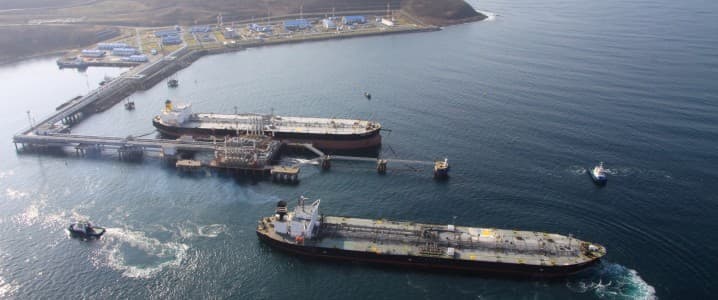
SANCTIONS BEGIN TO BITE INTO RUSSIAN OIL EXPORTS.
The tightening sanctions on Russia's oil exports are leading to increased freight costs for transporting Russian crude.
- 1 year, 3 months

OPEC SEES NO NEED FOR POLICY CHANGE PROPOSAL AT NEXT WEEK’S MEETING.
The OPEC+ group has decided that there is no need for a change in the next Joint Ministerial Monitoring Committee (JMMC) meeting.
- 1 year, 3 months

U.S. GAS PRODUCER OPTIMISTIC DESPITE VERY LOW NATURAL GAS PRICES.
U.S. domestic gas producers remain optimistic about gas as a fuel, despite current market challenges. They believe in its continued demand both domestically and internationally.
- 1 year, 3 months

CHINA'S ELITE OFFSHORE CONTRACTOR SHATTERS RECORDS, RAKES IN $4.3 BILLION IN REVENUE.
China's leading offshore contractor Offshore Oil Engineering Company (COOEC) soared to unprecedented financial heights last year, boasting sales revenue of 30.752 billion yuan ($4.3 billion).
- 1 year, 3 months

A TOP EXECUTIVE FROM AFRICA OIL JOINS BOARD OF KEY PARTNER IN HUGE NAMIBIA DISCOVERY.
A top executive from Africa Oil has been appointed to the board of Impact Oil & Gas, the privately owned explorer which is a partner in Total Energies’ huge Venus's discovery offshore Namibia.
- 1 year, 3 months

TOTAL ENERGIES AND SINOPEC TEAM UP TO DEVELOP SUSTAINABLE AVIATION FUEL.
Partnership strengthens companies’ commitment to pioneering sustainable aviation fuels.
- 1 year, 3 months

AZERBAIJAN CHARTS NEW ENERGY COURSE AMID CASPIAN UNCERTAINTY.
Azerbaijan is strategically capitalizing on Kazakhstan's shift away from Russian oil transit by expanding its own oil exports through the Baku-Tbilisi-Ceyhan pipeline and potentially reviving the Baku-Supsa pipeline route.
- 1 year, 3 months

OIL INDUSTRY EXECUTIVES SAY OIL DEMAND IS BEATING FORECASTS.
Oil industry executives are witnessing stronger-than-expected growth in oil demand compared to the International Energy Agency's (IEA) projections. This uptick is driven by sluggish electric vehicle adoption and a thriving US economy, prompting a revision of forecasts.
- 1 year, 3 months

U.S.A: EPA’S NEW CAR EMISSION STANDARDS DOOM THE GASOLINE CAR.
This week, the Environmental Protection Agency (EPA) finalized new tailpipe emission standards, described as the strictest ever, aiming to save money, create jobs, and cut billions of tons of CO2 emissions.
- 1 year, 3 months

OIL SUPPORTED BY CRUDE, GASOLINE DRAWS.
Today, crude oil prices dipped as the Energy Information Administration revealed a 2-million-barrel reduction in U.S. crude oil inventories for the week ending March 15, accompanied by a decline in gasoline stocks.
- 1 year, 3 months

SAUDI ARAMCO TO EXPAND NATURAL GAS OUTPUT CAPACITY BY 60%.
Saudi Arabia's state oil giant Aramco, having abandoned plans to expand oil capacity earlier this year, is now set to increase its natural gas output by 60% by 2030, according to Reuters. This information comes from an Aramco executive speaking at the Houston CERAWeek energy conference.
- 1 year, 3 months
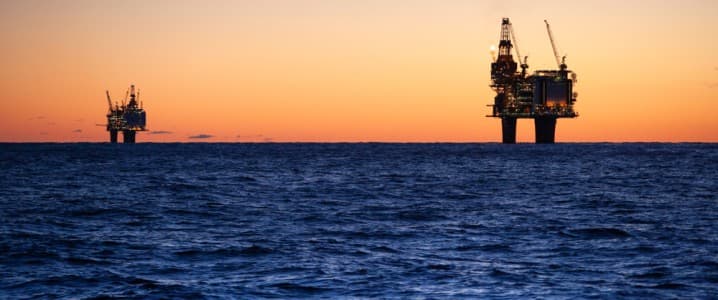
CNOOC MAKES ANOTHER MAJOR OIL DISCOVERY OFFSHORE CHINA.
CNOOC Limited has announced a significant oilfield discovery in the Bohai Sea off the coast of China, confirming more than 100 million tons of oil equivalent in-place volume.
- 1 year, 3 months
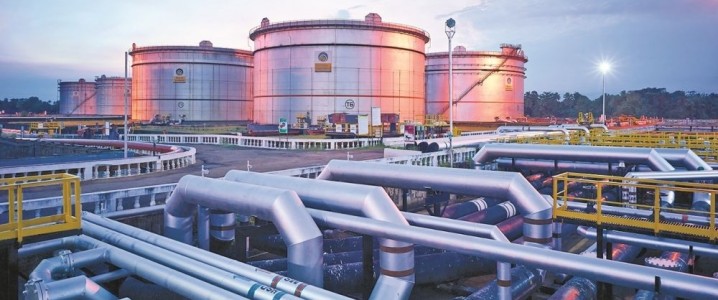
INDIA BUYS MORE U.S. OIL.
Stricter enforcement of sanctions on Russian crude oil has led to reduced exports to India. The volume of U.S. crude oil flowing to India in April is expected to be the highest since May 2023.
- 1 year, 3 months
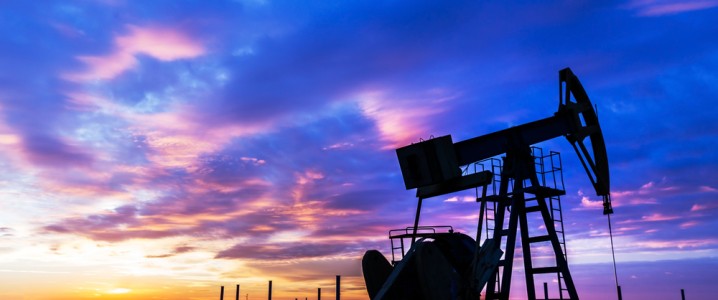
NEW TECHNOLOGY IS FUELING AMERICA’S OIL BOOM
On March 11, 2024, the Energy Information Administration (EIA) confirmed that the United States has become the largest crude oil producer in history.
- 1 year, 3 months
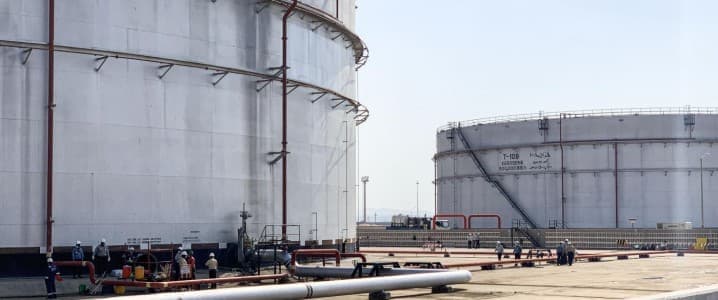
SAUDI ARABIA: ARAMCO'S DIVIDEND INCREASE RAISES FINANCIAL CONCERNS.
Saudi Aramco raised dividends by 30% in 2023, despite a drop in profits due to an 18% decrease in the average price per barrel of Brent crude oil.
- 1 year, 3 months

BANGLADESH LAUNCHES LARGEST OFFSHORE EXPLORATION DRIVE IN A DECADE.
The government's recent actions signify a proactive approach to addressing Bangladesh's energy challenges.
- 1 year, 3 months

TECHNOLOGICAL BREAKTHROUGHS FUEL A BRIGHT FUTURE FOR TIDAL POWER.
Tidal energy production is recognized for its potential to provide vast amounts of clean energy, utilizing predictable tidal currents through methods like tidal streams, barrages, and tidal lagoons.
- 1 year, 3 months
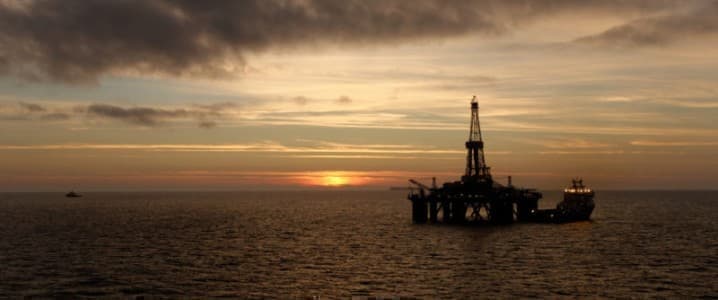
OIL MAJORS SET TO SANCTION $125 BILLION UPSTREAM PROJECTS IN 2024.
International oil and gas majors, including Total Energies and ExxonMobil, along with the national oil companies (NOCs) of the Middle East, are gearing up to approve approximately 30 projects in 2024.
- 1 year, 3 months

U.S.A OIL, GAS ACTIVITY PICKS UP BUT SLOW START TO THE YEAR.
The total number of active drilling rigs for oil and gas in the United States rose by 6 this week, according to new data that Baker Hughes published on Friday, bringing the total rigs gained this year to 7.
- 1 year, 3 months

JAPAN LOOKS TO RESTART THE WORLD’S LARGEST NUCLEAR POWER PLANT.
Japan is intensifying its efforts to gain approval from local authorities for the restart of the Kashiwazaki-Kariwa nuclear power plant, the world's largest, located north of Tokyo.
- 1 year, 3 months

SHELL FOCUSES ON INVESTOR RETURNS AS CLIMATE GOALS TAKE A BACKSEAT.
The CEO of Shell received £7.94 million despite the company lowering its net zero targets. The new targets focus on reducing the carbon intensity of products sold, rather than overall emissions reduction.
- 1 year, 3 months

U.S.A: RISING GASOLINE PRICES ARE BAD NEWS FOR BIDEN.
The recent increase in gasoline prices in the U.S. is causing inflation to rise higher than expected, which poses challenges for both the Federal Reserve's monetary policy and President Joe Biden's efforts to convince voters that the economy is performing well.
- 1 year, 3 months

JAPAN LOOKS TO BUDDY UP TO ALLIES FOR LNG SUPPLY POST-2030.
Japan is seeking help from Western allies to secure LNG contracts beyond 2030, as the risks of relying on Russia for supplies have become apparent since the Ukraine invasion.
- 1 year, 3 months

BIG OIL PURSUES AFRICAN EXPANSION DESPITE CHALLENGES.
Investments in new oil production have been slowing down since around 2014, leading many to predict that higher prices are likely to persist, supported by energy policies in key jurisdictions that are against the oil industry.
- 1 year, 3 months

NAMIBIA: OFFSHORE OIL & GAS E&P STAGING A COMEBACK.
This week, Total Energies and Qatar Energy announced plans to expand their exploration efforts in the Orange Basin offshore Namibia.
- 1 year, 3 months

CHINA HOLDS THE KEY TO 2024 GLOBAL OIL DEMAND GROWTH.
While China's crude oil imports increased in the first two months of 2024, it's premature to gauge their impact on global oil demand and prices for the year.
- 1 year, 3 months

U.S.A: NATURAL GAS FUTURES MARKET'S VOLATILITY EXPECTED TO PERSIST.
Despite the currently low natural gas prices in the United States and the abundance of shale gas resources, the futures market has experienced significant fluctuations in recent months.
- 1 year, 3 months
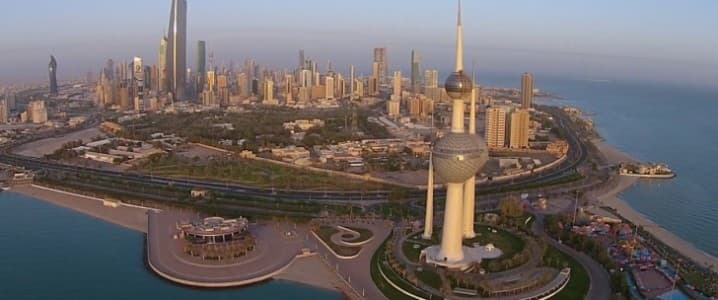
KUWAIT SEES SOLID OIL DEMAND IN A FAIRLY BALANCED MARKET.
Shaikh Nawaf Al-Sabah, the chief executive of Kuwait Petroleum Corporation (KPC), stated in an interview with Bloomberg that global oil demand appears strong in a balanced market this year.
- 1 year, 3 months

INDIA MAKES BOLD MOVE TO REDUCE DOLLAR DEPENDENCY IN OIL TRADE.
The Reserve Bank of India is encouraging state refiners to negotiate 10% of oil payments in rupees with Gulf suppliers to protect the rupee's value and reduce reliance on the dollar.
- 1 year, 3 months

OIL INCHES HIGHER ON FUEL INVENTORY DRAWS.
Today, crude oil prices rose after the Energy Information Administration (EIA) reported estimated inventory draws across fuels.
- 1 year, 3 months

SAUDI ARABIA'S JAFURAH GAS MEGAPROJECT, A POTENTIAL REALITY CHECK.
According to Saudi Arabia’s Energy Minister Prince Abdulaziz bin Salman, an additional 15 trillion cubic feet (tcf) of gas has been confirmed at Saudi Aramco’s Jafurah gas field.
- 1 year, 3 months
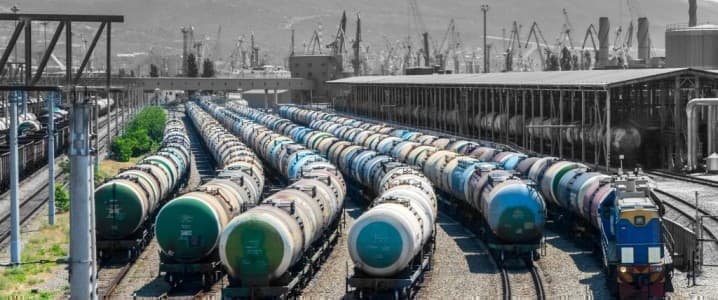
U.S ENERGY INFORMATION ADMINISTRATION (EIA) CONFIRMS MODERATE CRUDE BUILD, PRODUCTS DRAW.
Crude oil prices went lower today, after the U.S. Energy Information Administration reported an estimated inventory increase of 4.2 million barrels for the week to February 23.
- 1 year, 3 months
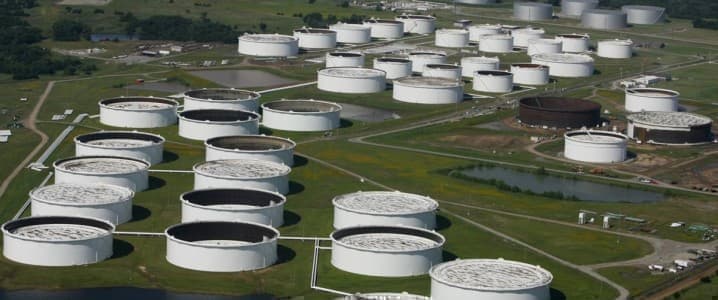
WTI SOARS PAST $80 PER BARREL AS OIL MARKET TIGHTENS.
The price of a WTI barrel soared to heights not seen since November as the market braces for an OPEC+ decision on oil production levels in April and beyond.
- 1 year, 3 months
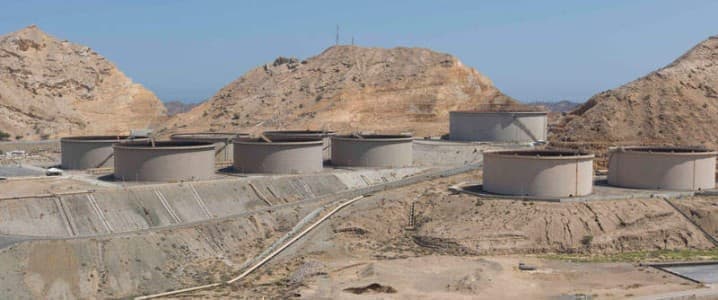
OMAN INCREASES ITS APPEAL TO CHINA AND IRAN WITH GAME CHANGING DUQM PROJECT.
The long-awaited Duqm Refinery Project (DRP), valued at US$8.5 billion and capable of processing 230,000 barrels per day (bpd), was officially inaugurated on 7 February, this project, along with ancillary projects costing approximately US$10 billion, enhances Oman's appeal to China and nearby Iran.
- 1 year, 3 months

MEET THE MAN USING AI TO REVIVE AN OIL & GAS PLAY SUPERMAJORS LEFT FOR DEAD.
A North American company is preparing to drill two wells that could be crucial for a new phase of European energy.
- 1 year, 4 months
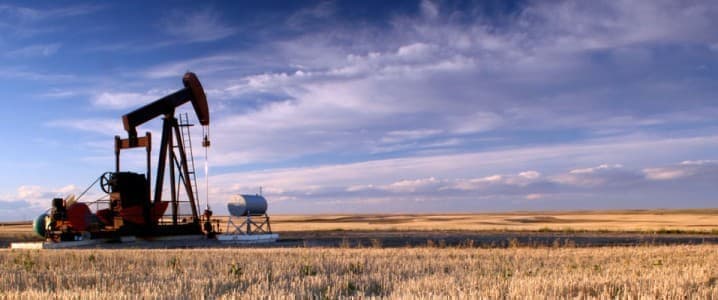
CANADA OIL FACES FRESH PIPELINE SHORTAGE.
The expanded Trans Mountain will add 590,000 barrels daily to the country's oil pipeline network. With production already on a growth trajectory, it will only provide producers with offtake capacity relief for a very short while. Canadian oil production could hit 5.3 million barrels daily this year, this would be a record high and an excess on the country's pipeline network.
- 1 year, 4 months

RUSSIAN ENERGY IS TOO CHEAP FOR SOME COUNTRIES TO RESIST.
While some countries decrease reliance on Russian energy due to sanctions, others, like China and India, deepen ties with Moscow to secure low-cost energy supplies. China and India's increased imports of Russian energy contribute to a decline in oil prices and undermine the effectiveness of U.S. and EU sanctions. India's defense of buying Russian energy highlights its strategic energy and economic considerations amid global geopolitical tensions.
- 1 year, 4 months

SAUDI ARABIA CAN NO LONGER RAISE OIL OUTPUT FOR CASH.
. Saudi Arabia has been spending heavily both abroad and at home. . As a result, last year, the Public Investment Fund’s cash and treasury assets slimmed from over $105 billion in 2022 to some $37 billion as of September. . Perhaps the decline in sovereign wealth fund money was part of the reason why Saudi Arabia announced earlier this month it would cancel a planned oil production capacity expansion.
- 1 year, 4 months

AMERICA: TRUMP 2.0 SET TO GUT BIDEN'S ENERGY AND CLIMATE POLICIES.
Donald Trump, the most likely Republican presidential nominee, is set to overturn or at least try to dismantle many of President Joe Biden's energy and climate policies if the former president wins the November election.
- 1 year, 4 months

DODOMA: THE CONSTRUCTION OF THE NEW TAZAMA PIPELINE IS UNDERWAY.
The construction of a new oil pipeline expected from Dar es Salaam, Tanzania to Ndola Zambia, using the TAZAMA pipeline developer will have a length of 1710 kilometers and the capacity to transport a million tons of cubic meters 4 is about to start.
- 1 year, 4 months
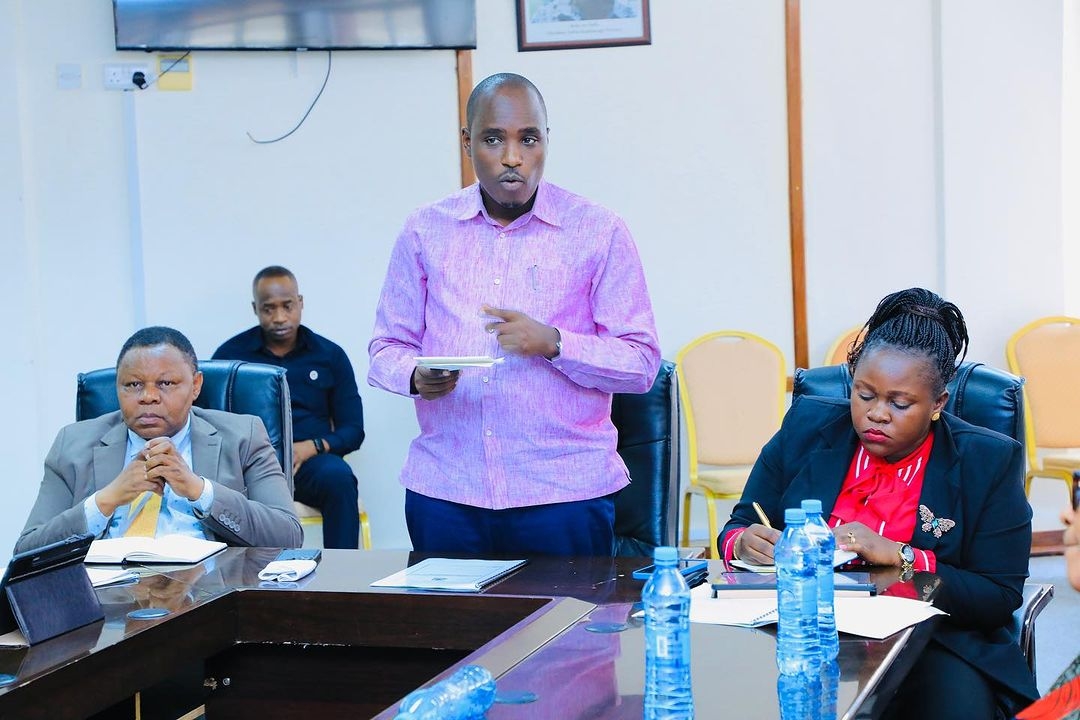
DR. BITEKO CONGRATULATES EWURA FOR GOOD MANAGEMENT OF THE OIL SECTOR IN THE COUNTRY.
Deputy Prime Minister and Minister of Energy, Hon. Dr. Doto Biteko (Mb), has congratulated EWURA for the good management of the small petroleum sector in the country, especially in ensuring the quality and availability of the service on time and at the right price.
- 1 year, 4 months

DODOMA: PRIME MINISTER KASSIM MAJALIWA LEADS THE MEETING OF THE MINISTERS' COMMITTEE ON CLEAN COOKING ENERGY.
Prime Minister Kassim Majaliwa has chaired the meeting of the Ministerial Committee on Clean Cooking Energy, in the Speaker's hall parliament in Dodoma. The meeting was also attended by the Deputy Minister Head and Minister of Energy, Hon. Dr. Doto Biteko.
- 1 year, 4 months

TANZANIA: DEPUTY MINISTER OF ENERGY, HON JUDITH KAPINGA HAD DISCUSSION WITH THE MINISTER OF PETROLEUM IN INDIA.
Deputy Minister of Energy, Hon. Judith Kapinga talking about something during the discussion held between her and the Minister of Petroleum of India, Hon. Shri Hardeep Singh Puri on collaborations and investment opportunities between the two countries in the oil and natural gas sector during the celebration of the Energy Week in India on 06.02.2024.
- 1 year, 4 months

The Moroccan-Nigerian gas pipeline project includes 4 new African countries
The Moroccan-Nigerian gas pipeline project includes 4 new African countries
- 2 years

NEW DELHI: India will soon overtake China as the largest driver of global oil demand
India will soon overtake China as the largest driver of global oil demand
- 2 years
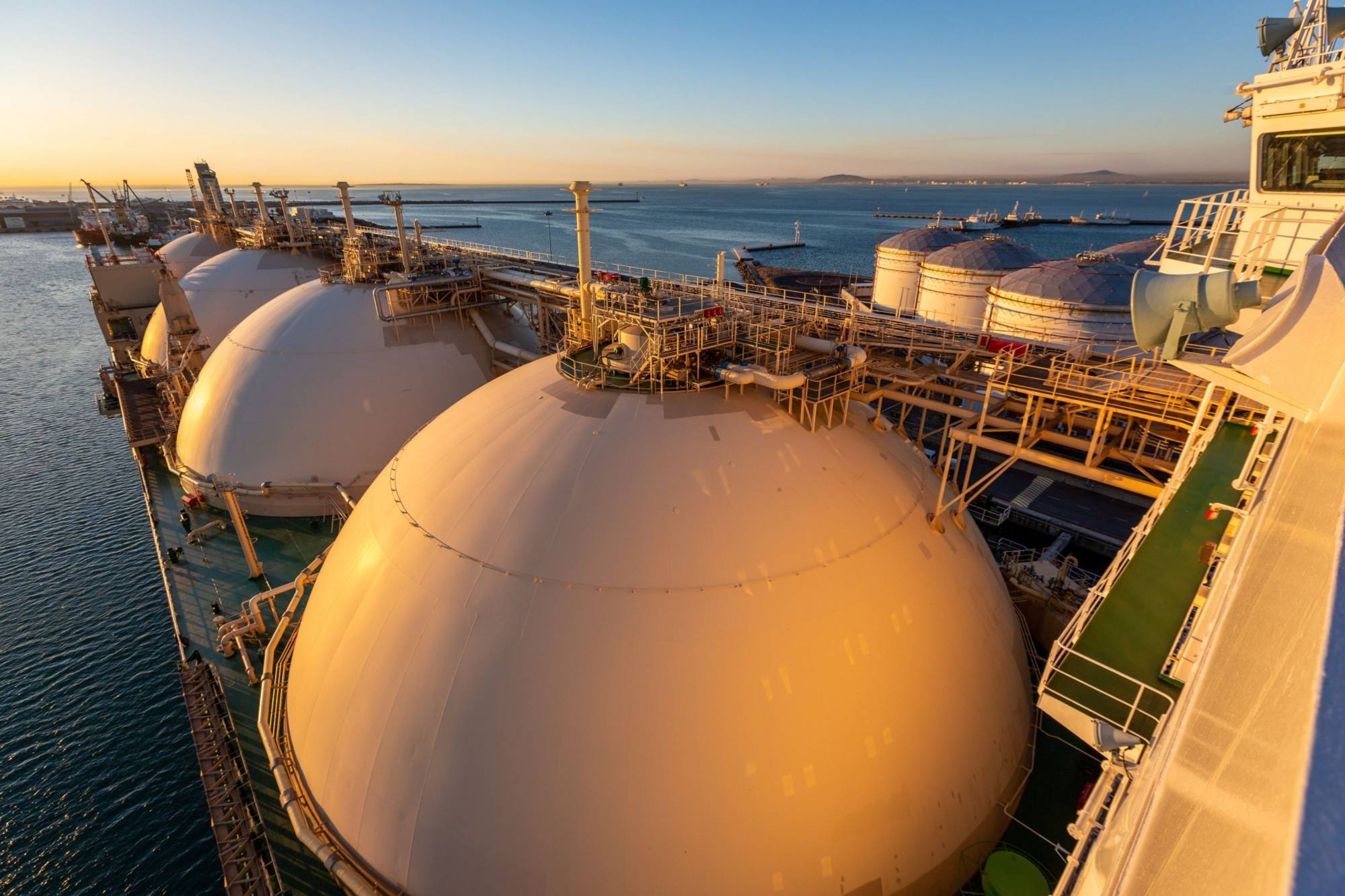
Qatar Energy to sign long-term LNG supply deal with Bangladesh
The agreement will be one of many to come this year as state-owned Qatar Energy secures sales for its mega expansion of North Field, a source with direct knowledge of the new contract agreement, who did not wish to be identified, said
- 2 years

China's fuel oil imports soar as inspections curb bitumen blend intake
SINGAPORE: China's independent oil refiners are rumping up fuel oil imports to process into gasoline and diesel amid robust refining margins as ongoing cargo inspections at refining hub Shandong have cut off supplies of lower-priced feedstock bitumen blend.
- 2 years

Crude oil prices rise 2% and Brent is above $78 a barrel - (Update)
Crude oil prices rose by about 2%, at the end of trading today, Wednesday, May 24 (2023), to continue to reap gains for the third consecutive session, amid fears of a supply shortage.
- 2 years, 1 month
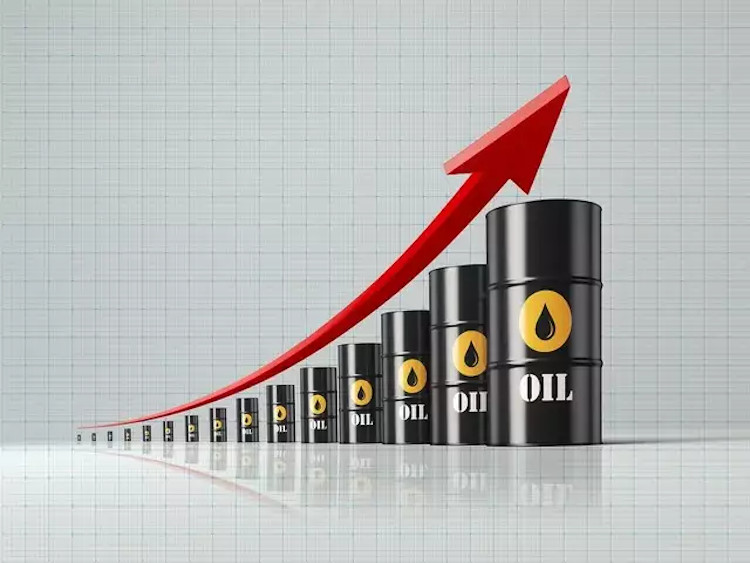
Global demand for oil is rising to a record level
Global oil demand rose to a new record high in March 2023, supported by growth in China and the United States. The world's oil consumption jumped by about 3 million barrels per day, on a monthly basis, during last March, according to the report issued few days ago on this May 2023.
- 2 years, 1 month

ANGOLA: Angola's Downstream Development to Drive Domestic Capacity
Despite serving as the largest oil producer on the African continent, Angola has a minor downstream industry and currently imports approximately 80% of its refined petroleum. Consequently, one of the sub-Saharan African country’s Government’s main strategic targets is to increase domestic crude processing capacity.
- 2 years, 1 month

The Oil Market Crisis Sparked By Russia’s Invasion Is Nearing Its End
The Oil Market Crisis Sparked By Russia’s Invasion Is Nearing Its End
- 2 years, 5 months

Oil Prices Will Return To $100 Per Barrel in 2023.
Manager at Ninepoint Partners LP, has told the Financial Post that oil prices will return to $100 per barrel in 2023.
- 2 years, 5 months
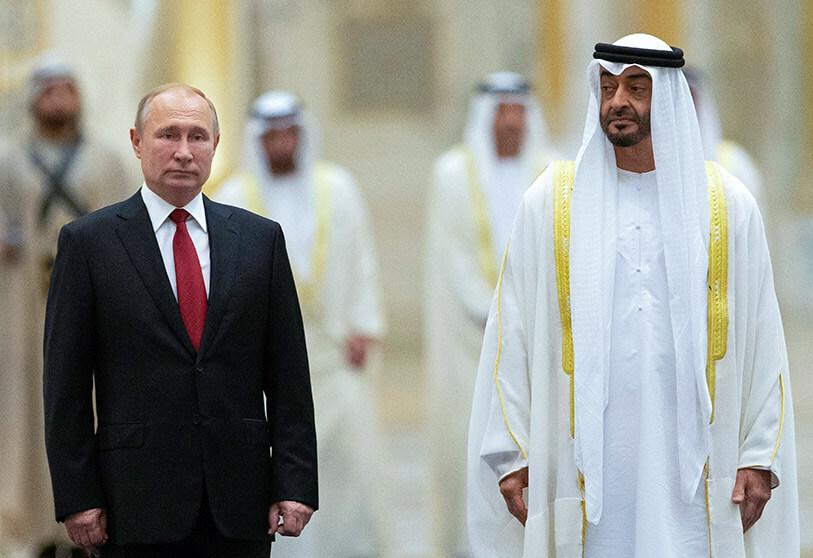
RUSSIA : Russian Retaliation on Oil Price Cap
On Tuesday, Russian President Vladimir Putin banned the sale of Russian oil to countries that have joined the so-called Price Cap Coalition and comply with the cap imposed by the Western countries.
- 2 years, 6 months
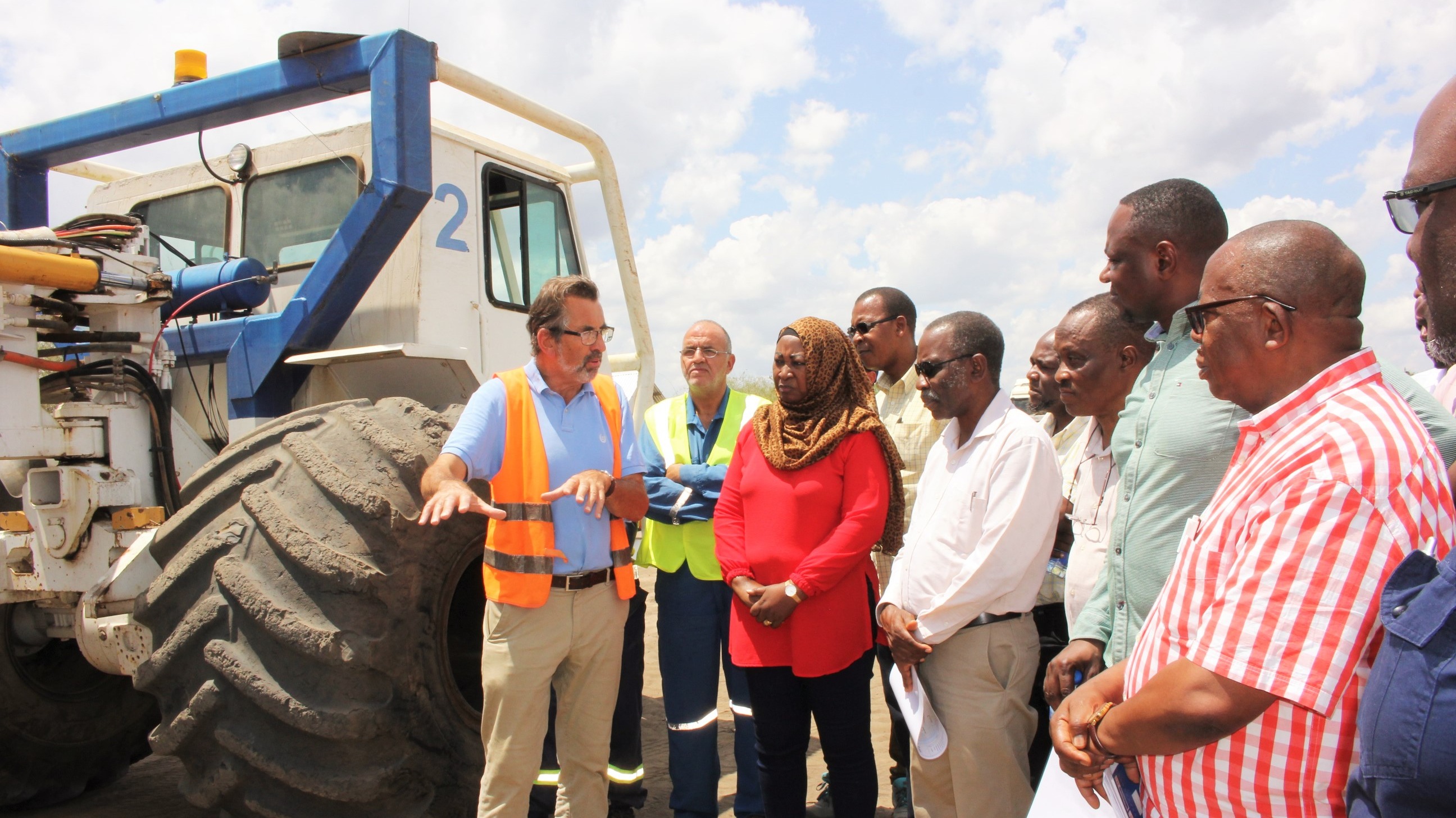
TANZANIA : 3D Seismic Data Acquisition in Ruvuma Block Completed
ARA Petroleum Tanzania Ltd has noted that the acquisition of 3D seismic data in the Ruvuma block in Mtwara in 100% complete.
- 2 years, 6 months
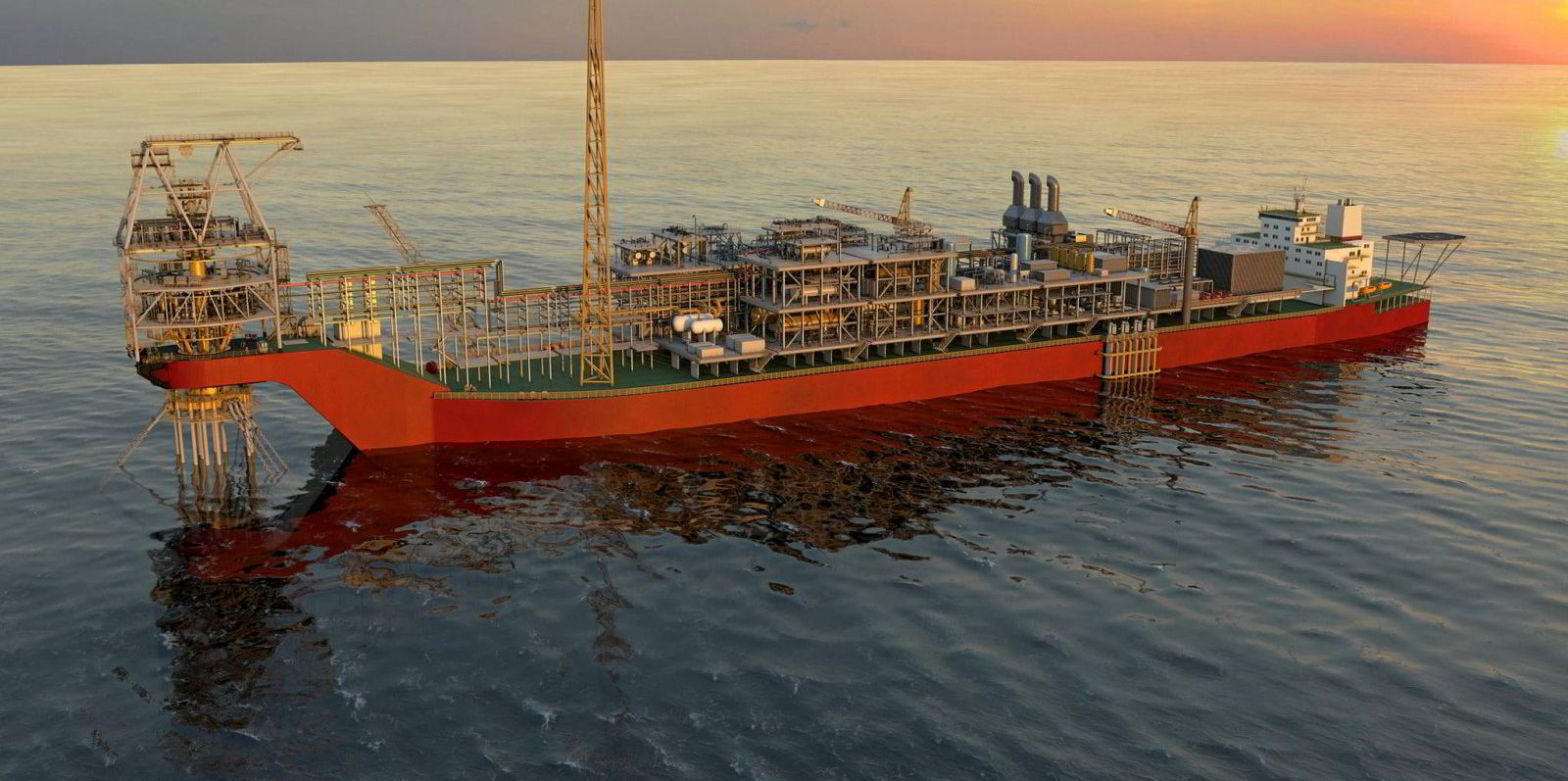
SENEGAL: Sangomar FPSO Construction Phase Completed
The Chinese yards achieved excellent safety performance throughout this phase of construction, logging more than 16 million hours of complex construction work without a lost-time injury event.
- 2 years, 7 months

MOROCCO: Predator Oil & Gas Receives £900,000 loan for Expansion of Drilling Project
MOROCCO: Predator Oil & Gas Receives £900,000 loan for Expansion of the MOU-1 testing programme & MOU-3 long-lead drilling items
- 2 years, 7 months

Tanzania Has Signed a Production Sharing Agreement (PSA) for Ruvuma Block
The Government of Tanzania has signed a Production Sharing Agreement (PSA) for the Ruvuma block after 12 years of production
- 2 years, 7 months
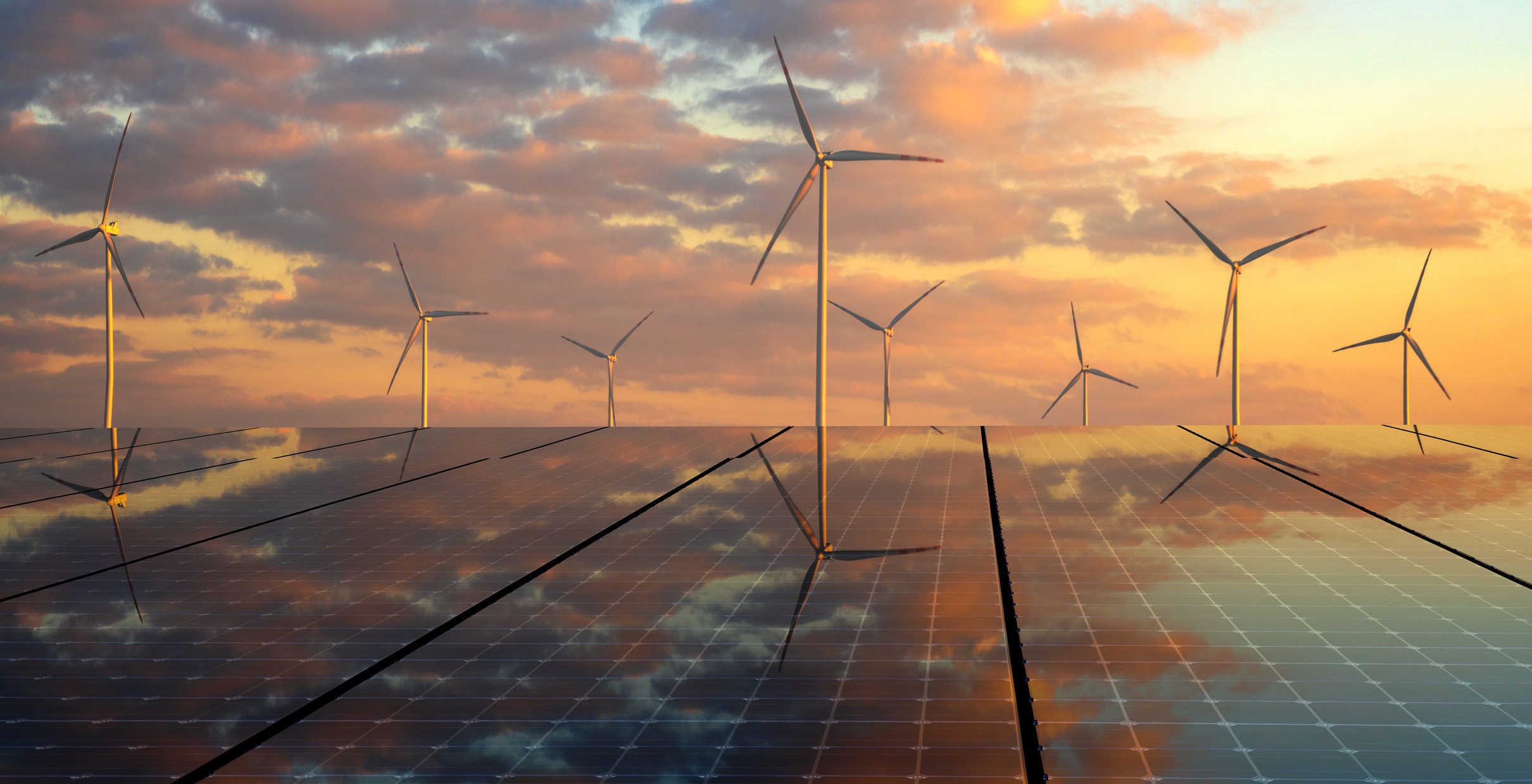
TOGO: Blitta Solar PV Plant Capacity To Be Increased To 70 MWp
The government of Togo has obtained a promise of financing from the Abu Dhabi Export Office (ADEX)
- 2 years, 7 months

MOZAMBIQUE: Announces First LNG Export Shipment
Mozambique has officially started exporting liquefied natural gas (LNG) produced in the country's restive north
- 2 years, 7 months

Senegal, Mauritania Sign Agreements on $25bn Gas Pipeline
The NNPC, Petrosen of Senegal and the Mauritanian company of hydrocarbons signed four MoUs, in furtherance of the implementation of the NMGP project.
- 2 years, 8 months

Biden's Offer To Buy Crude Rejected By Shale Oil Companies
The majority of shale oil companies announced their rejection of US President Joe Biden's offer
- 2 years, 8 months
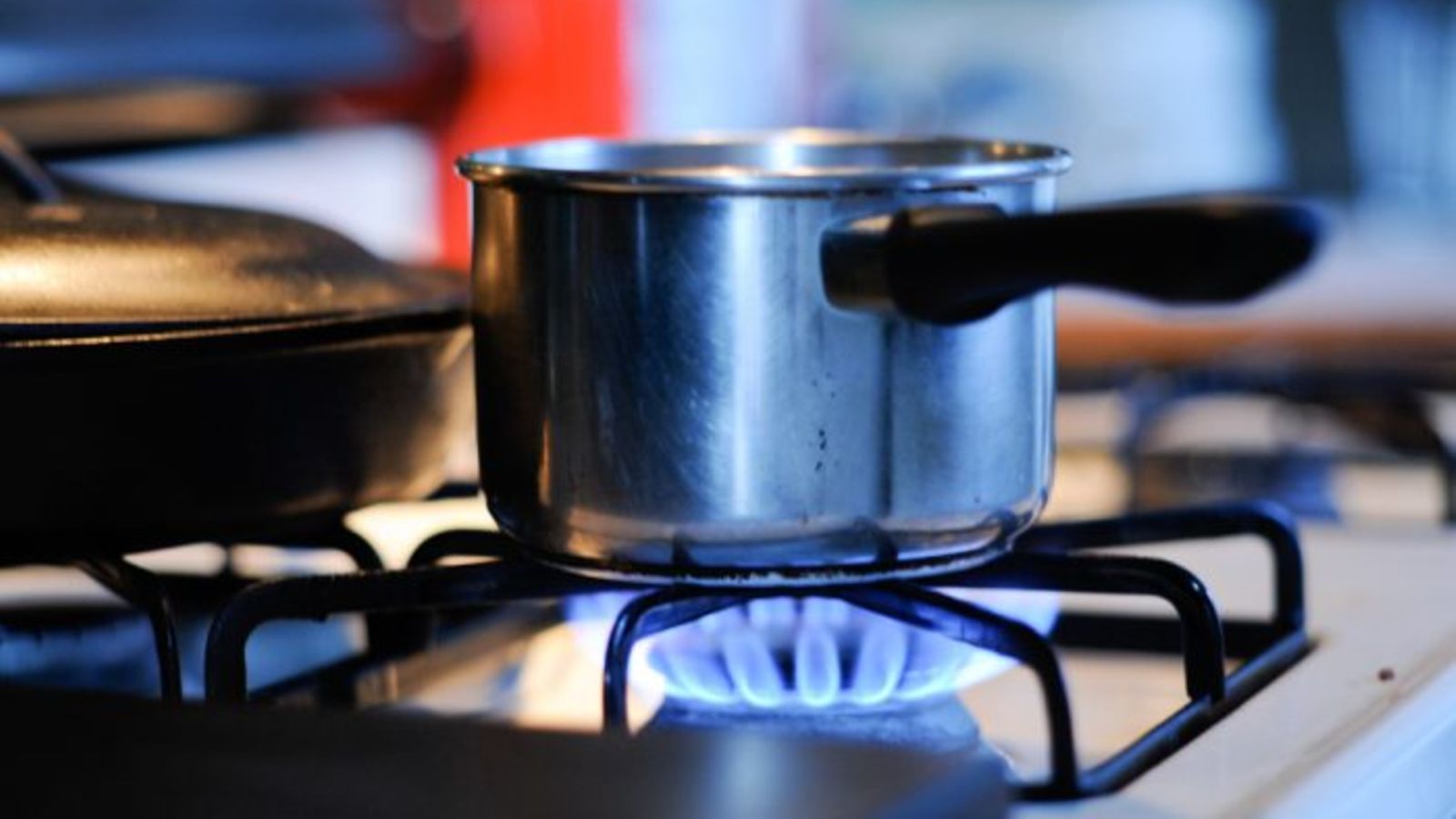
TANZANIA : PUMA To Support the Objective of Clean Cooking
Puma to support the objective of clean cooking in Tanzania
- 2 years, 8 months

SOMALIA: Coastline Exploration Received Final Authorization For Its Production Sharing Agreements
Coastline Exploration Received Final Authorization For Its Production Sharing Agreements
- 2 years, 8 months

Republic Of Congo To Commercialise Gas Resource
The President of the Republic of Congo, Denis Sassou Nguesso Emphasis Commitment Toward Energy Transition.
- 2 years, 8 months

Russia Asking The Buyers of LNG To Pay Via the Moscow Bank
Russia Asking The Buyers of LNG to pay for it via the Moscow branch of an international bank,
- 2 years, 11 months
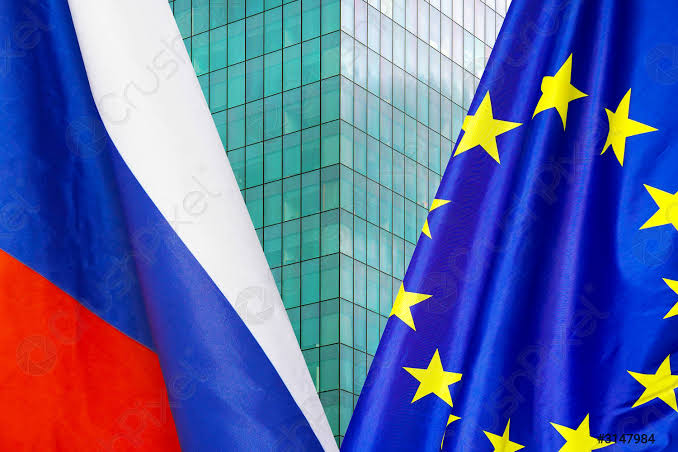
EUROPEAN ENERGY CHALLENGE
France plans to renationalize EDF, its giant utility.
- 2 years, 11 months

Ghana restarts Tema refinery to avoid oil supply crisis
Ghanaian government decided to restart the Tema refinery, to meet domestic demand
- 3 years

40% of The Total Russian Oil Going Into Private Refinerie
40 percent of the total Russian oil imports are going into private refinerie
- 3 years

USA : The Number of Drilling Rigs Rose by 7
The number of total active drilling rigs in the United States rose by 7 this week,
- 3 years
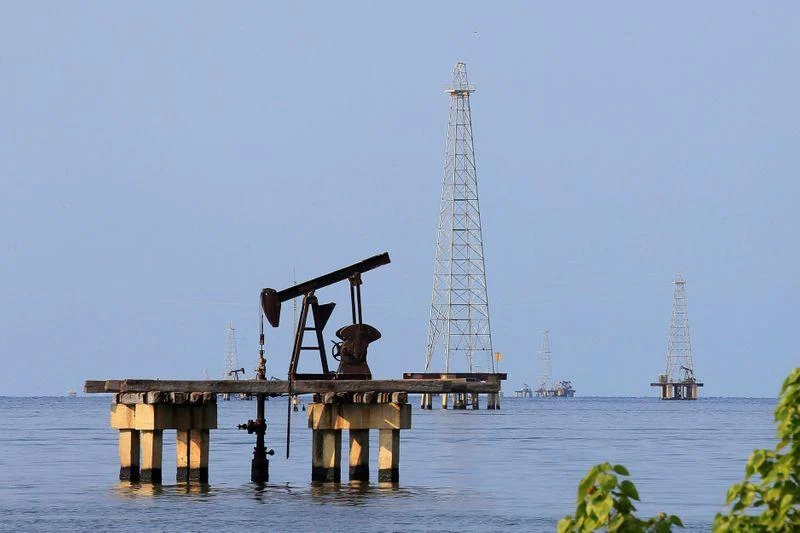
OPEC+ TO DECIDE OIL PRODUCTION
Delegates from OPEC+ are trying to decide what to do when the oil production pact ends in August.
- 3 years

EU Ready To Pay for Russian Gas With Ruble
EU members can pay for Russian gas without violating sanctions
- 3 years, 1 month

Oil Soared to $110 mid-Wednesday as EU Plans to Ban Russia Oil
Oil soared to $110 mid-Wednesday as details on the European Union’s plans to ban Russia oil
- 3 years, 1 month

5 Pipeline Valve Reportedly Shut Down by German Activits
German activists have allegedly succeeded in halting the flow of crude oil
- 3 years, 2 months

Oil Prices Rise 3%.. Brent Crude is Near $112
Oil prices shifted nearly 3% higher at the end of trading on Thursday
- 3 years, 2 months

KENYA : Faces Oil Crisis
EPRA said the shortage was also exacerbated by " changing supply dynamics " on international markets worsened by the invasion of Ukraine.
- 3 years, 2 months
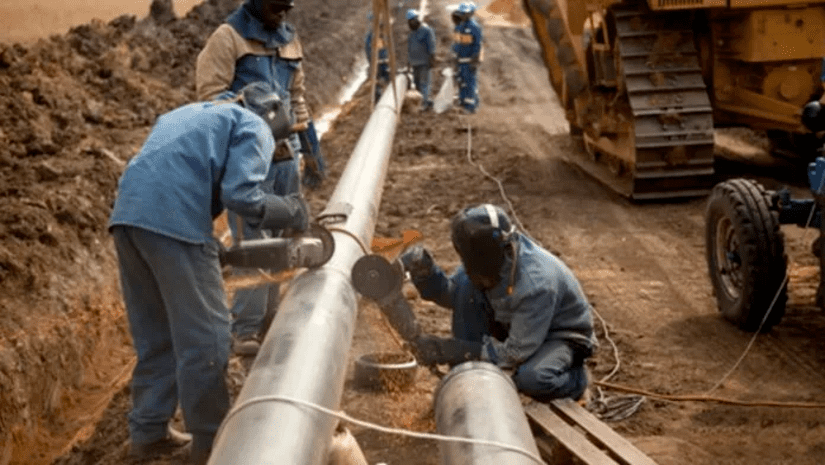
Is the East African Oil Pipeline Project Close To Becoming A Reality?
The East African Oil Pipeline is one step closer to implementation, after the signing on February 1 of the $10 billion Final Investment Decision.
- 3 years, 2 months

Germany To Import LNG From Qatar
Germany will be importing liquefied natural gas from Qatar
- 3 years, 3 months
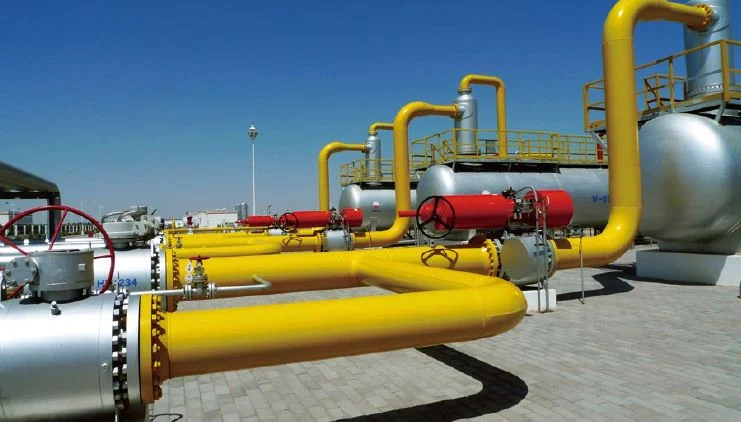
Oil Prices Rallied Amid High Probability of EU Banning Imports of Russian oil.
Oil prices rallied early on Monday amid EU consultations about potentially joining the U.S. in banning imports of Russian oil.
- 3 years, 3 months

Sanctioning Russian Oil & Gas Could Hit UK Hard
The shock waves of the move would end up costing the UK economy more than $90 billion, the country’s chancellor said.
- 3 years, 3 months

ANGOLA: BP & Eni To Form Joint Venture
BP and Eni confirmed today that they have signed an agreement to form a new 50/50 independent company.
- 3 years, 3 months

NIGERIA: Duport Modular Refinery Commissioning March 2022
The Duport Modular Refinery financed with equity participation by the Nigerian Content Development and Monitoring Board (NCDMB) will be ready for commissioning by end of March
- 3 years, 3 months
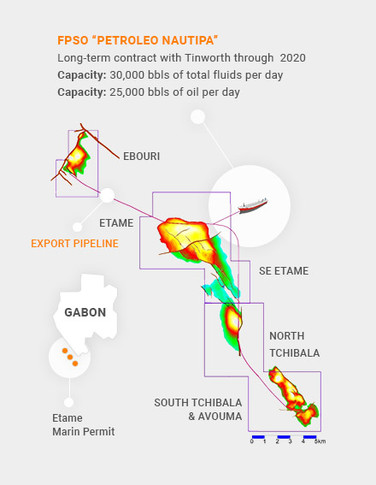
GABON: VAALCO Energy Provides Update on Etame Field Reconfiguration and FSO Deployment
VAALCO Energy has provided an update on the Etame field reconfiguration in conjunction with the replacement of the existing Floating Production, Storage and Offloading unit (FPSO) with a Floating Storage and Offloading vessel (FSO) offshore Gabon
- 3 years, 3 months

NIGERIA: Zenith Energy Elects not Renew the Option Agreement for OML 141
Zenith Energy has announced that it has elected to not renew the Option Agreement with Noble Hill-Network Limited, first announced to the market on November 29, 2021, for the purchase of a 42% (forty-two percent) interest in the share capital of NHNL.
- 3 years, 3 months
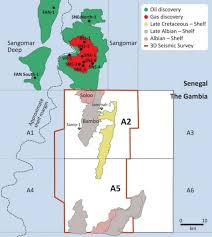
GAMBIA: FAR Has Completed A Review Of The Prospectivity Of Block A2 And A5
Gambia
- 3 years, 4 months
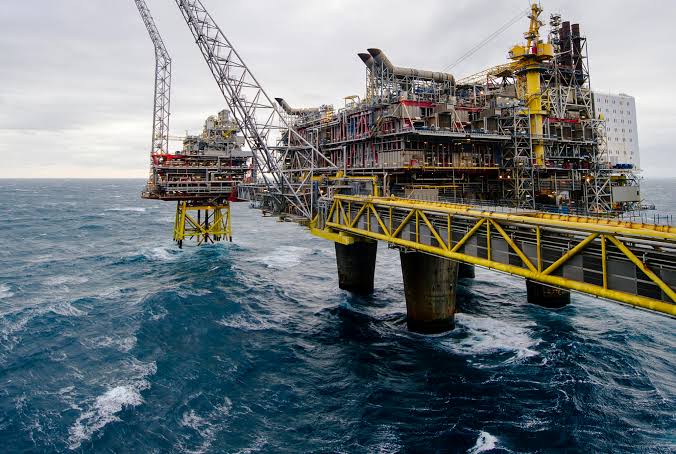
EGYPT: Dragon Oil Made It's First Oil Discovery In Egypt
Dubai government-owned Dragon Oil has made its first oil discovery in Egypt’s Gulf of Suez on Tuesday
- 3 years, 4 months

$100 billion Used To Close Infrastructure Gap in Africa
African Development Bank (AfDB), has approved its first strategic framework for the development of public-private partnerships (PPPs) in an attempt to address and close Africa’s investment gap, which is estimated at over $100 billion a year
- 3 years, 4 months
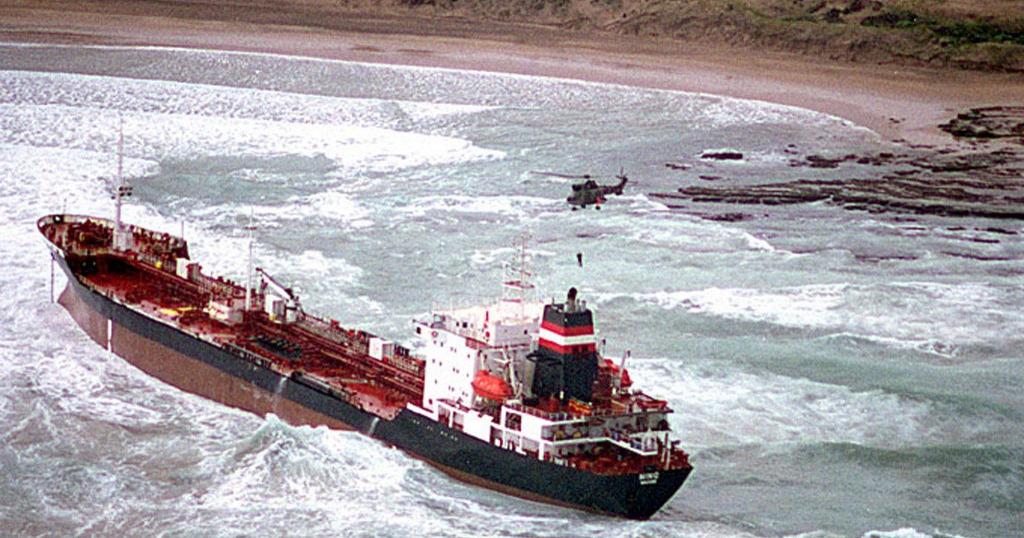
NIGERIA : Oil Production Vessel Explodes
An oil production vessel exploded off the coast of Nigeria early on Wednesday with 10 crew members on board
- 3 years, 4 months
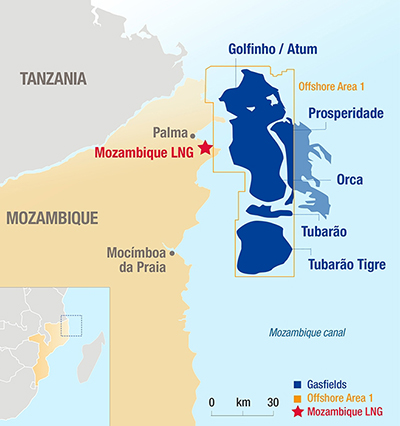
MOZAMBIQUE : TotalEnergies LNG project in Northern Mozambique
Following the discovery of important quantities of natural gas in the Rovuma Basin off the coast of Northern Mozambique in 2010,
- 3 years, 4 months

UGANDA: CNOOC And TotalEnergies Announced FID On Oil Production
Chinese oil giant China National Offshore Oil Corporation (CNOOC) and France's TotalEnergies on Tuesday announced the Final Investment Decision (FID) to start commercial production in Uganda.
- 3 years, 4 months
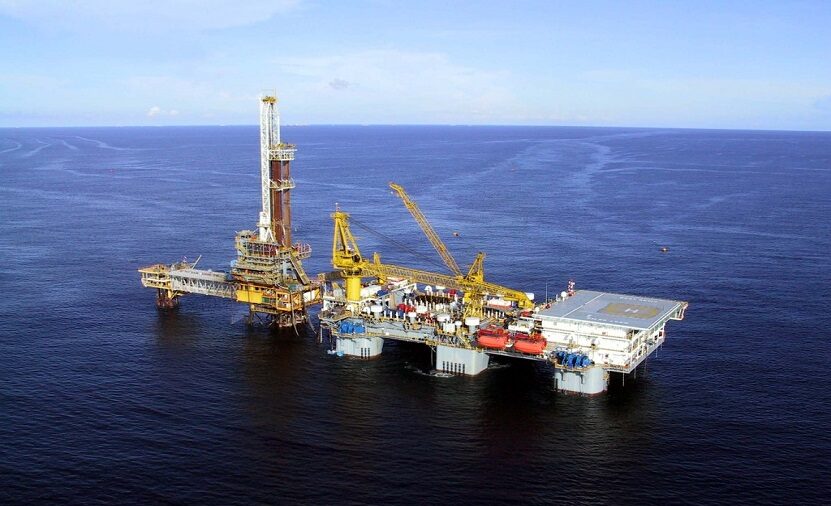
NAMIBIA: 300 million Barrels Oil Discovered
Shell has made a significant oil and gas discovery at an closely-watched offshore well in Namibia
- 3 years, 4 months
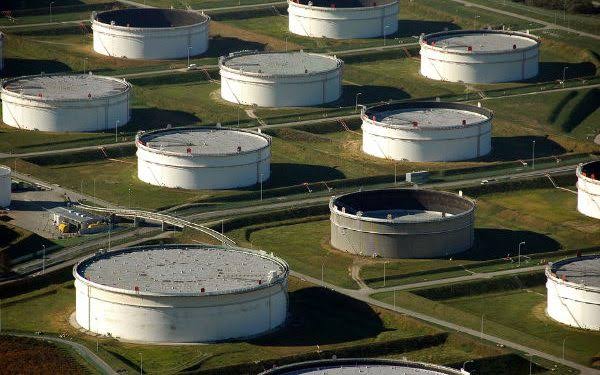
TANZANIA - Tiper Ready to Build Strategic Petroleum Reserve
Tanzania International Petroleum Reserves Ltd (Tiper) - jointly owned by the government and Oryx Energies of Switzerland - has expressed readiness to build the storage centre if entrusted with the task.
- 3 years, 6 months

IVORY COAST - 2.0 billion barrels of oil discovered
Eni announces a major oil discovery in block CI-101 offshore Ivory Coast. The block is operated by Eni with Petroci Holding, who hold 90% and 10% respectively in the exploration phase.
- 3 years, 6 months
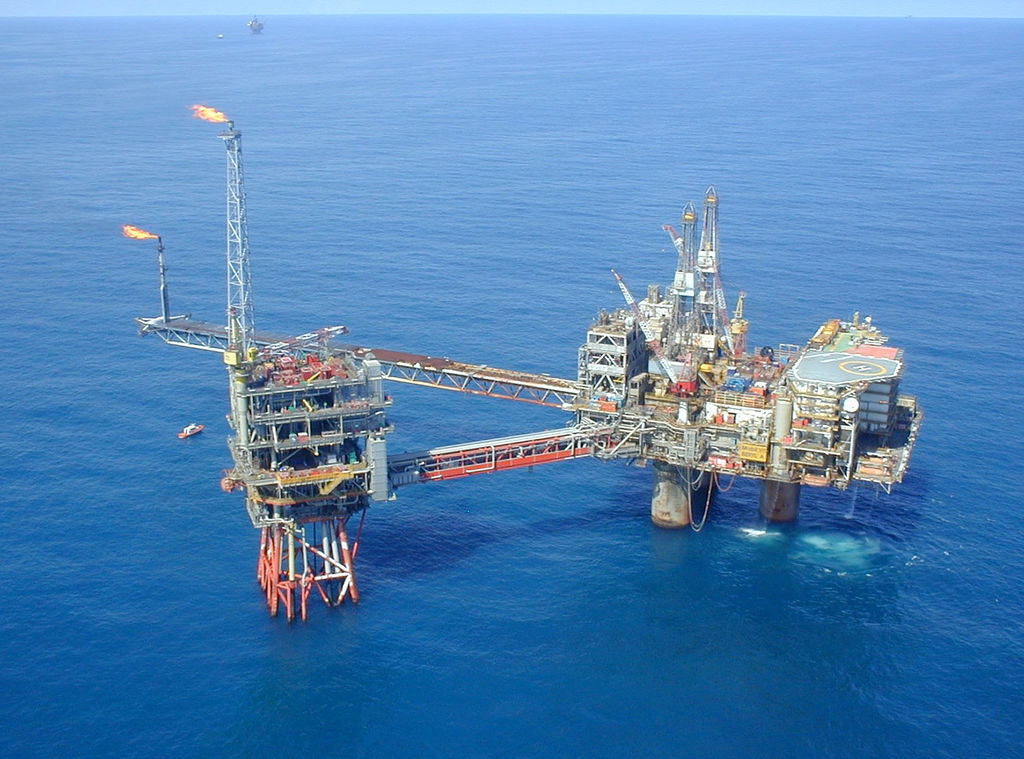
OPEC on course of returning the level of consumption in 2022 to pre-COVID levels
The Organization of the Petroleum Exporting Countries (OPEC) will continue with its supply adjustments for the oil market.
- 3 years, 6 months

UGANDA - EACOP Bill to pave way for FID
The Passing of East Africa Crude Oil Pipeline (EACOP) (Special Provisions) Bill 2021, the enabling legislation to operationalise the agreements is a requirement for the International Oil Companies (IOCs) to announce the Final Investment Decision (FID) for Uganda’s oil projects.
- 3 years, 6 months

UGANDA - Local Communities to reap from supplying of IOCs
Local communities within the oil and gas operational areas will soon reap from supplying the Oil and Gas sector
- 3 years, 6 months

Libya seek to encourage the investment of Oil and Solar Energy
Libya's Minister of Oil and Gas on Monday announced plans to construct a solar plant with French multinational Total Energies.
- 3 years, 6 months
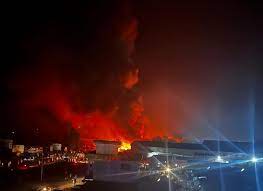
A massive explosion at a petrol station in Capital of Sierra Leone
A massive explosion at a petrol station in Freetown, the capital of Sierra Leone, killed at least 80 people, burning people in cars and streets nearby, a rescue worker and nurse said Saturday.
- 3 years, 7 months

Algeria to cease gas exports to Spain via Morocco
Algerian President Abdelmadjid Tebboune on Sunday ordered state energy firm Sonatrach to halt gas exports to Spain through a pipeline that traverses Morocco due to tensions with Rabat.
- 3 years, 7 months

Armed clashes Lybia's Zawiya oil refinery
Eight oil storage tanks and five other tanks for oil and chemical products were damaged and were leaking while the electrical transformer of the power supply system was also knocked out.
- 3 years, 7 months

Top oil exporter Saudi Arabia targets net zero emissions by 2060
Crown Prince Mohammed bin Salman and his energy minister said Saudi Arabia would tackle climate change, but also stressed the continued importance of hydrocarbons and said it would continue to ensure oil market stability.
- 3 years, 8 months

Nigeria to end gas flaring by 2030
Nigeria is Africa's largest oil producer and although it remains the country's biggest source of revenue, the biproducts of illegal oil exploration and a powerful oil industry continue to heavily impact local inhabitants.
- 3 years, 8 months
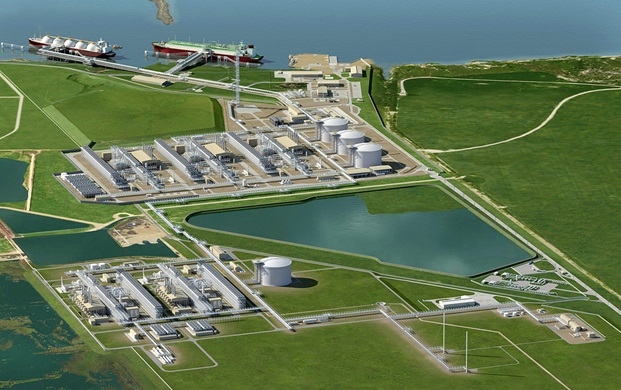
Tanzania races to develop LNG project
Tanzania is accelerating efforts to join the prestigious Liquefied Natural Gas (LNG) exporters club. After negotiations with oil companies stalled in 2019, President Samia Suluhu Hassan has restarted them. She wants talks to conclude this year and development to start in 2023.
- 3 years, 8 months
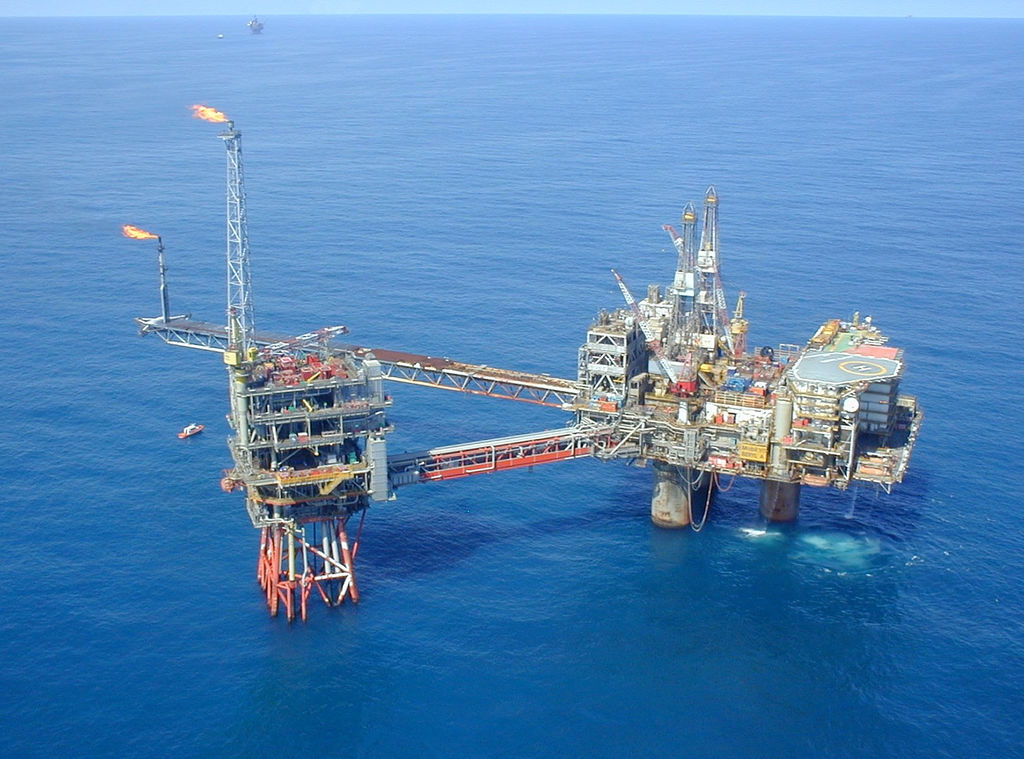
Gabon holds summit to develop and exploit gas potential in the country
Gabon holds proven natural gas reserves. 29 billion cubic meters mainly in the form of associated gas but currently makes only limited use of it. Almost 90% of its production is reinjected into the subsoil or burned for lack of economic outlets.
- 3 years, 8 months
